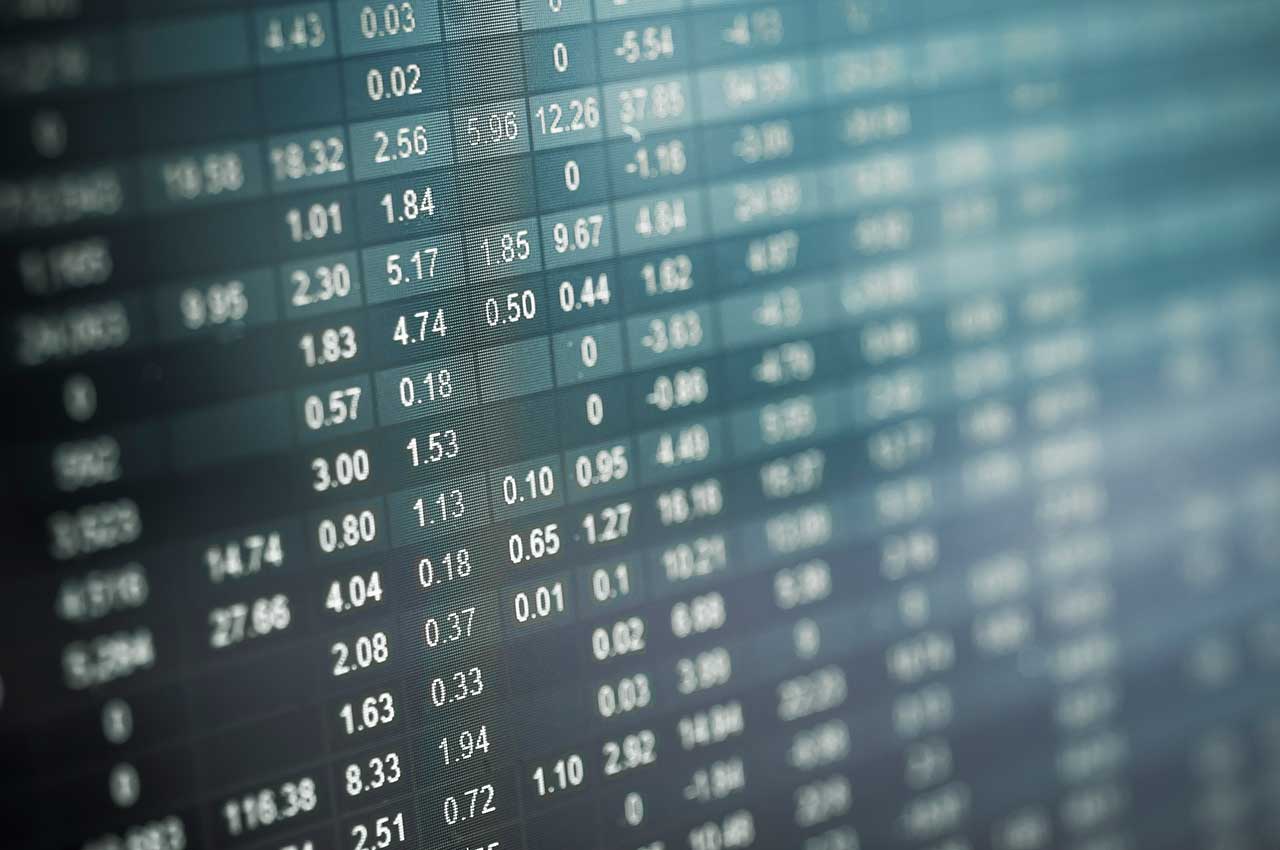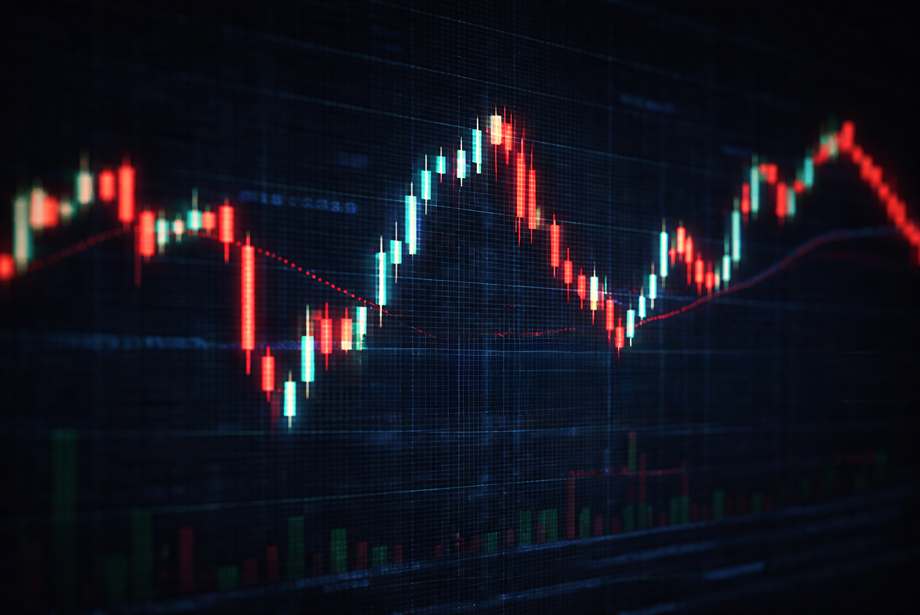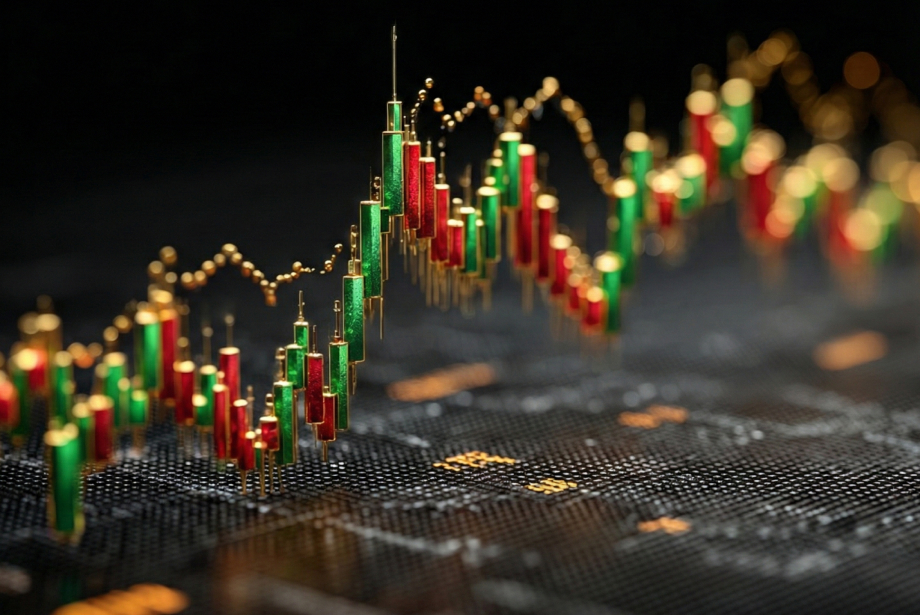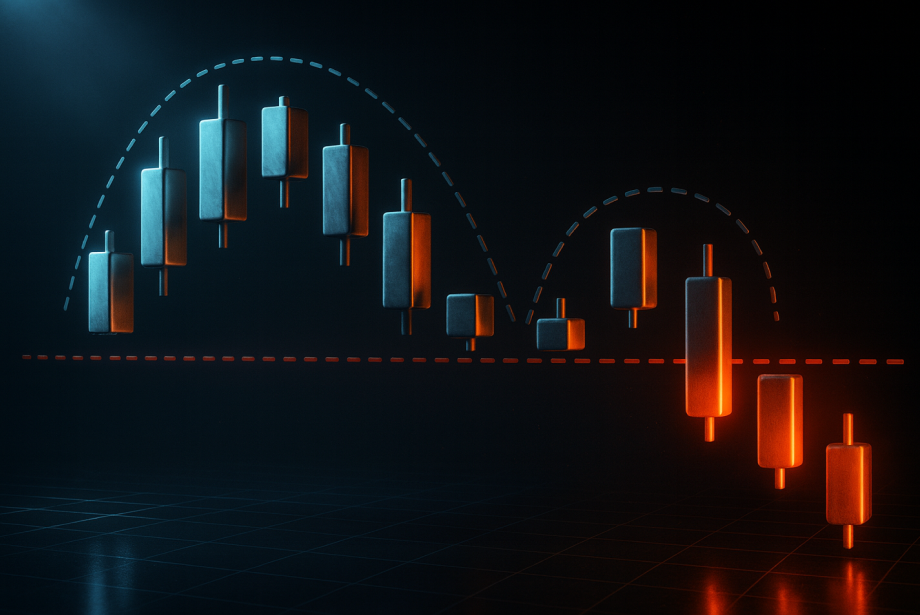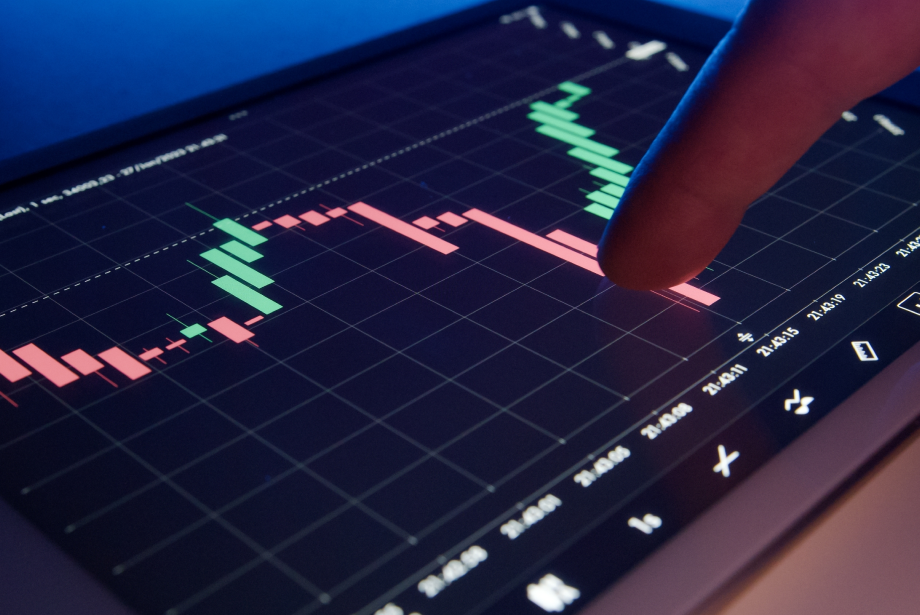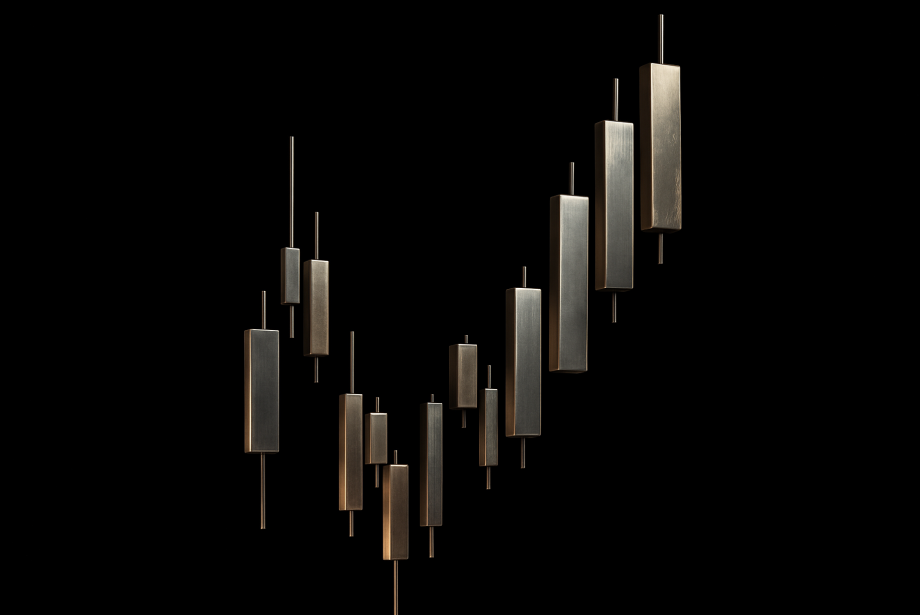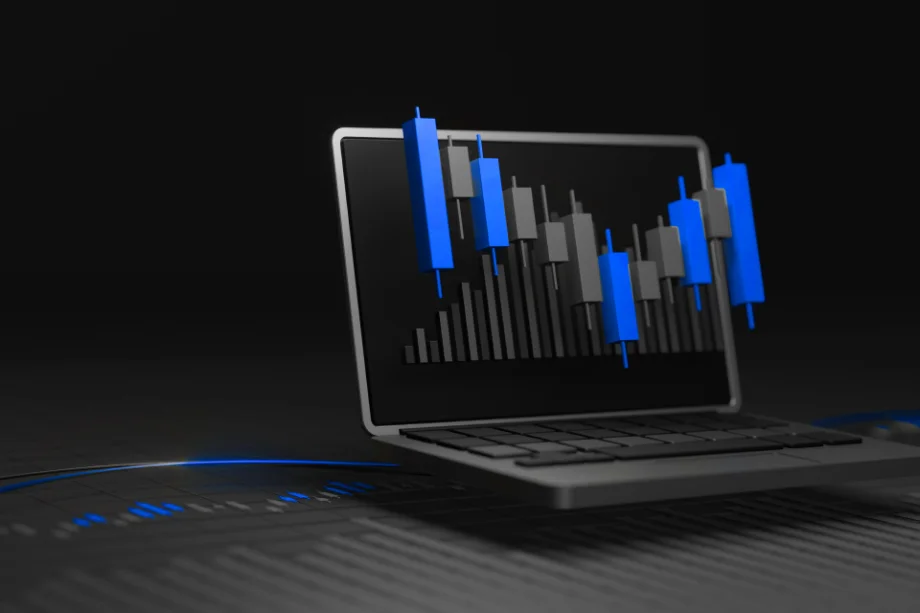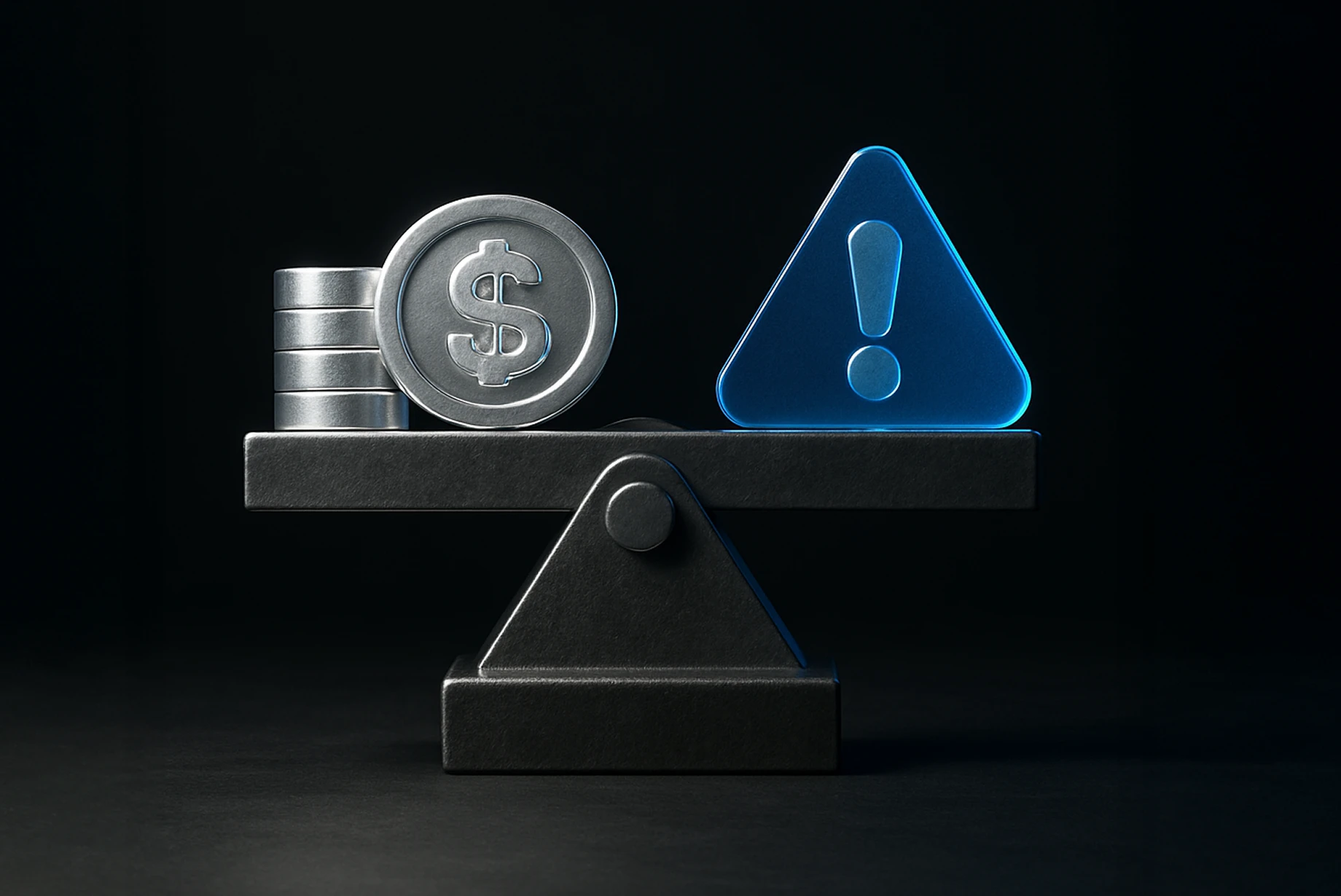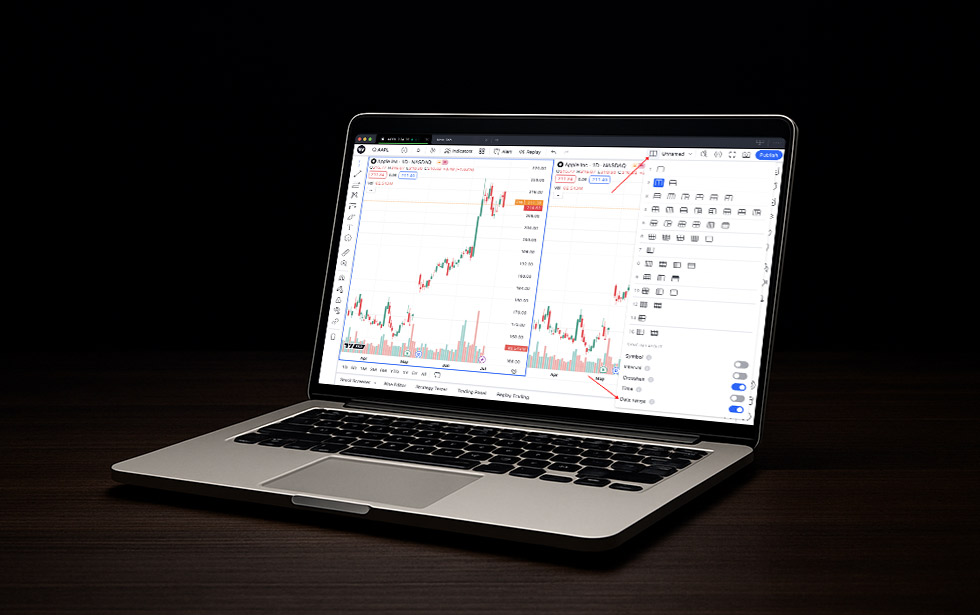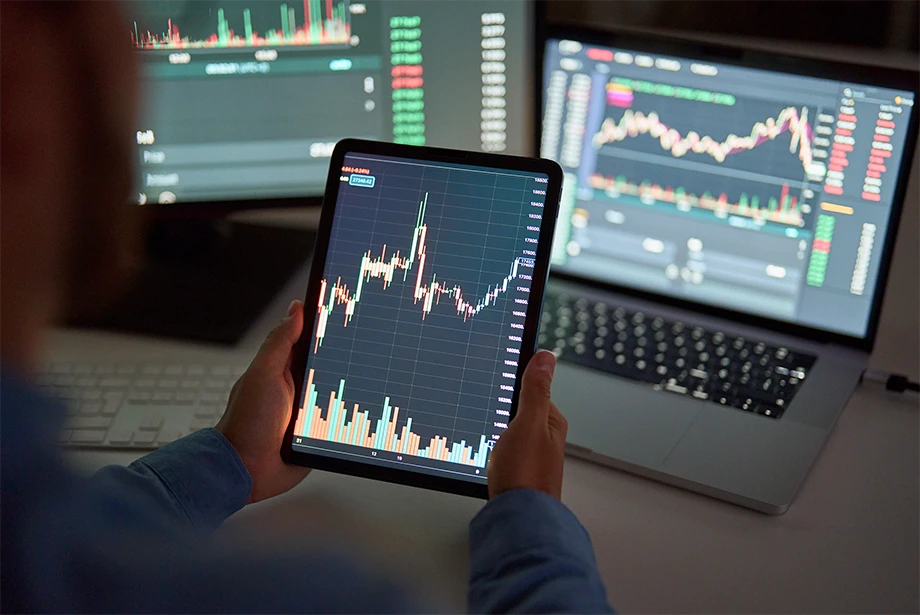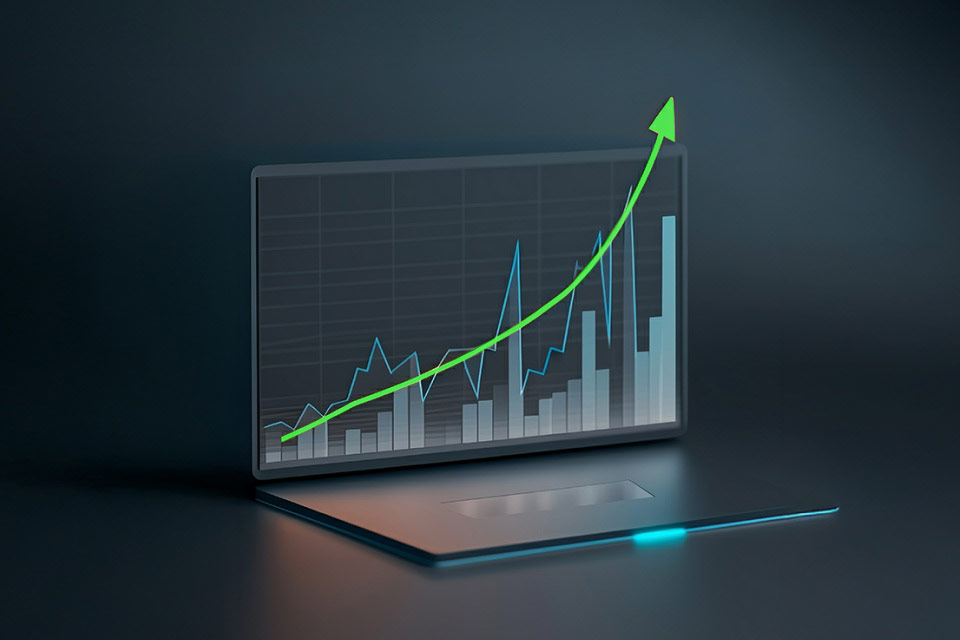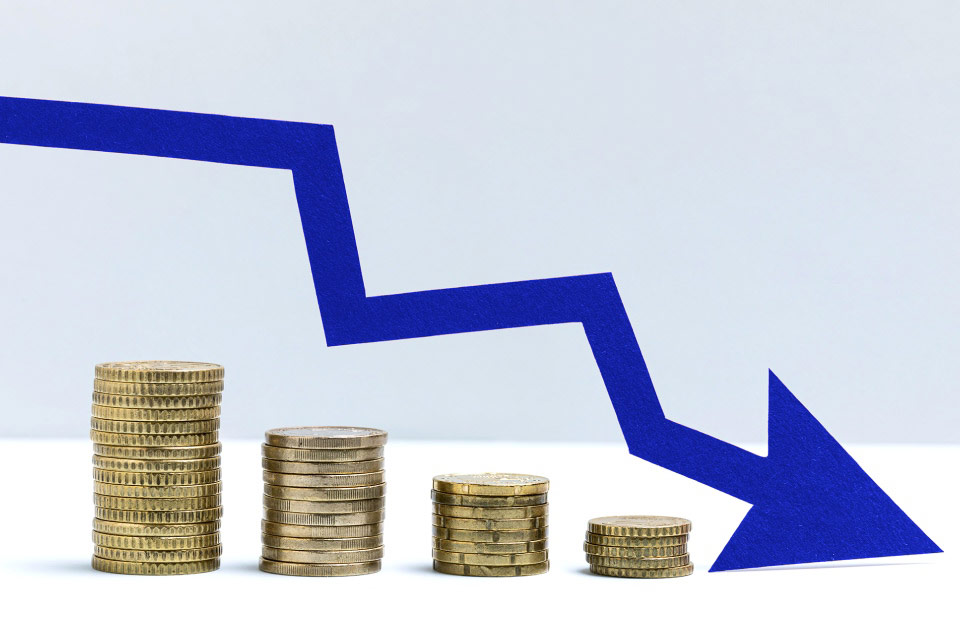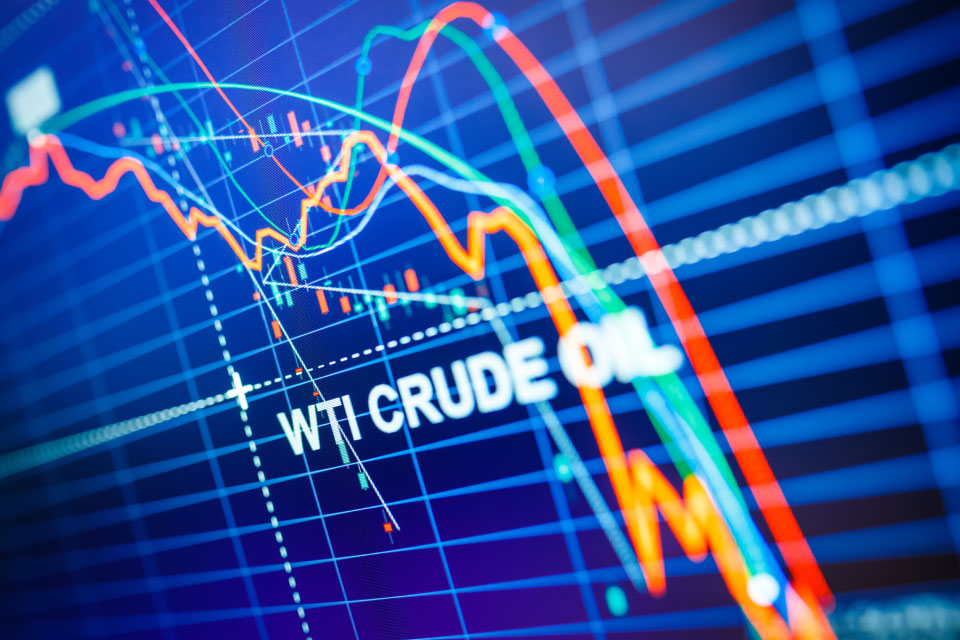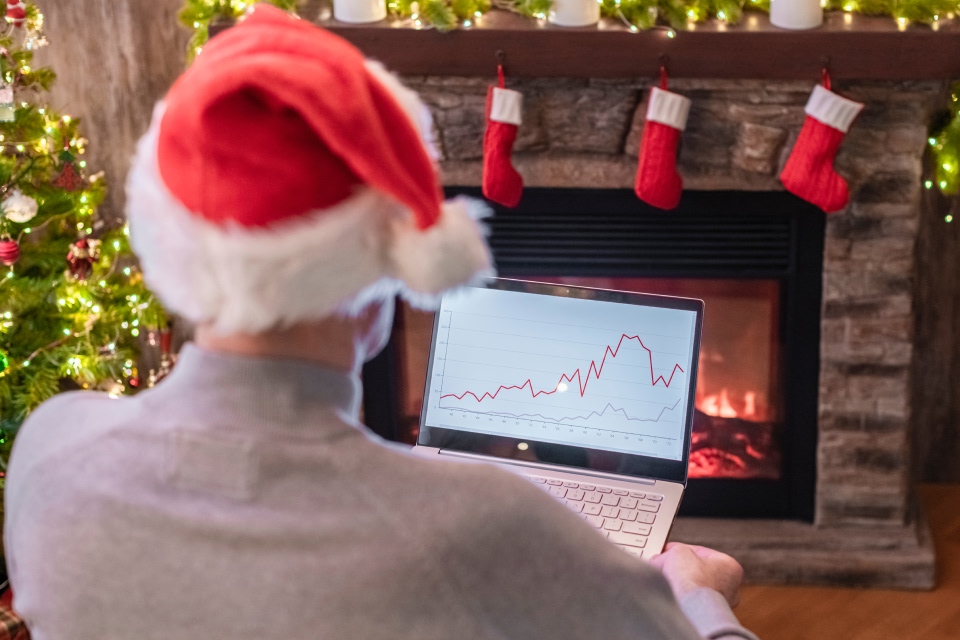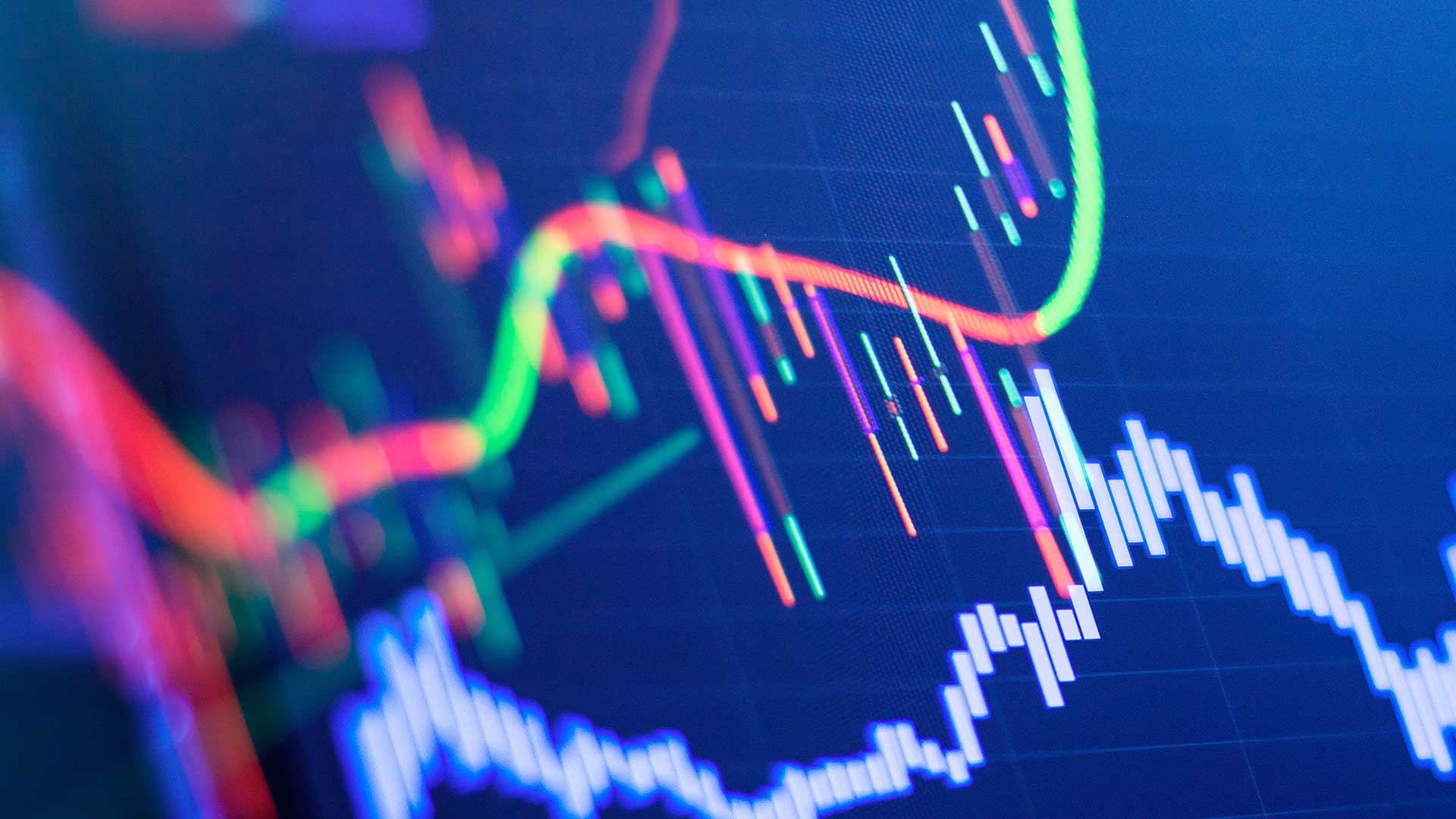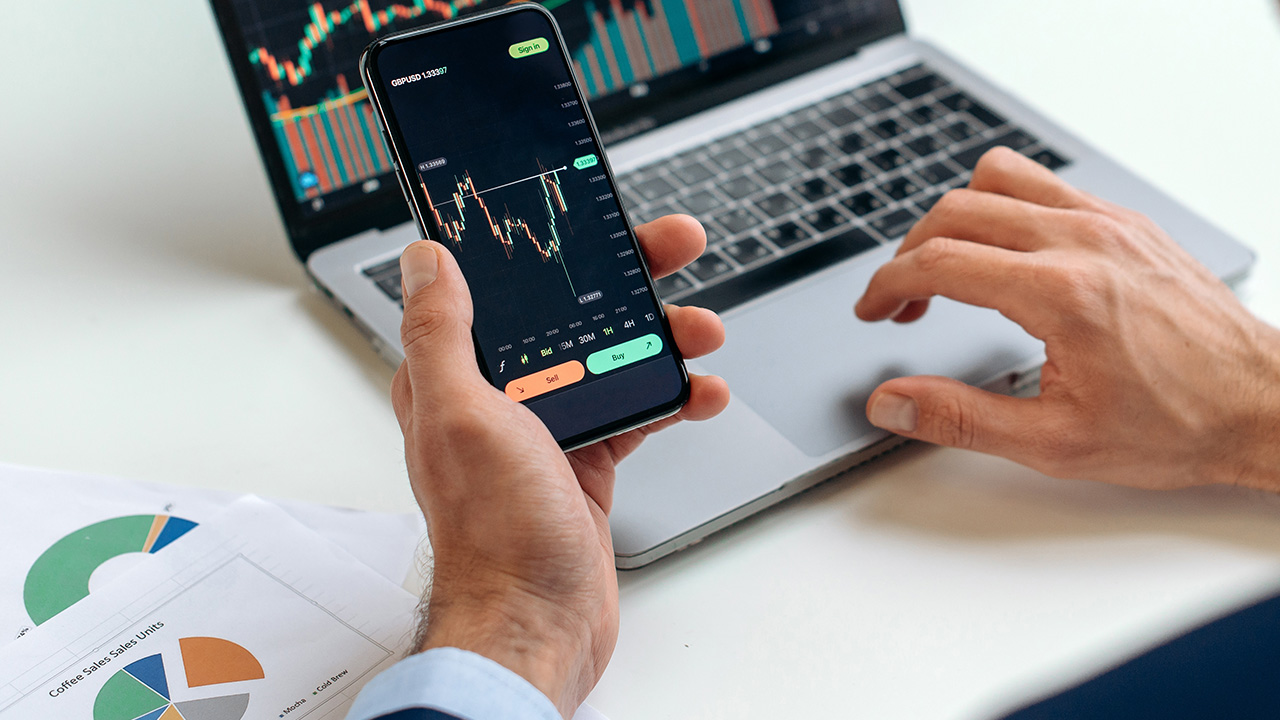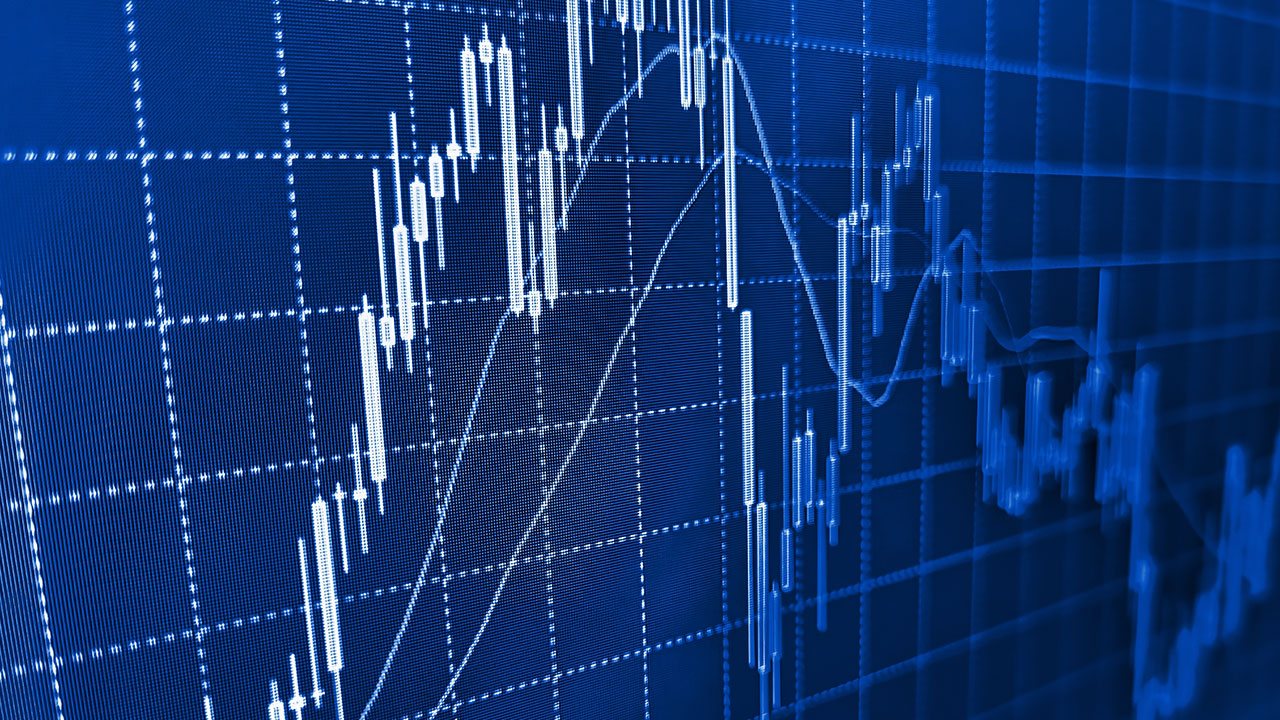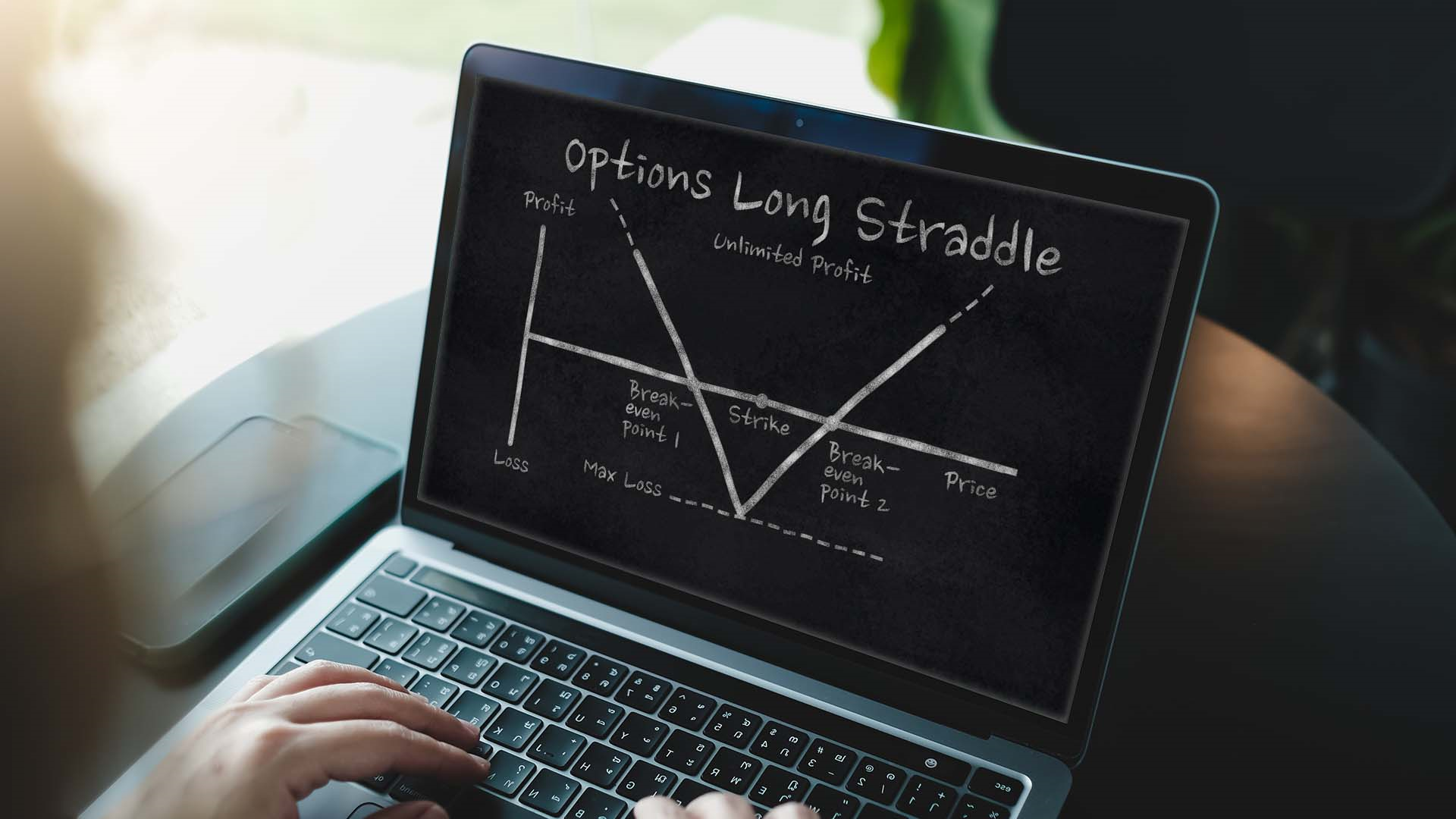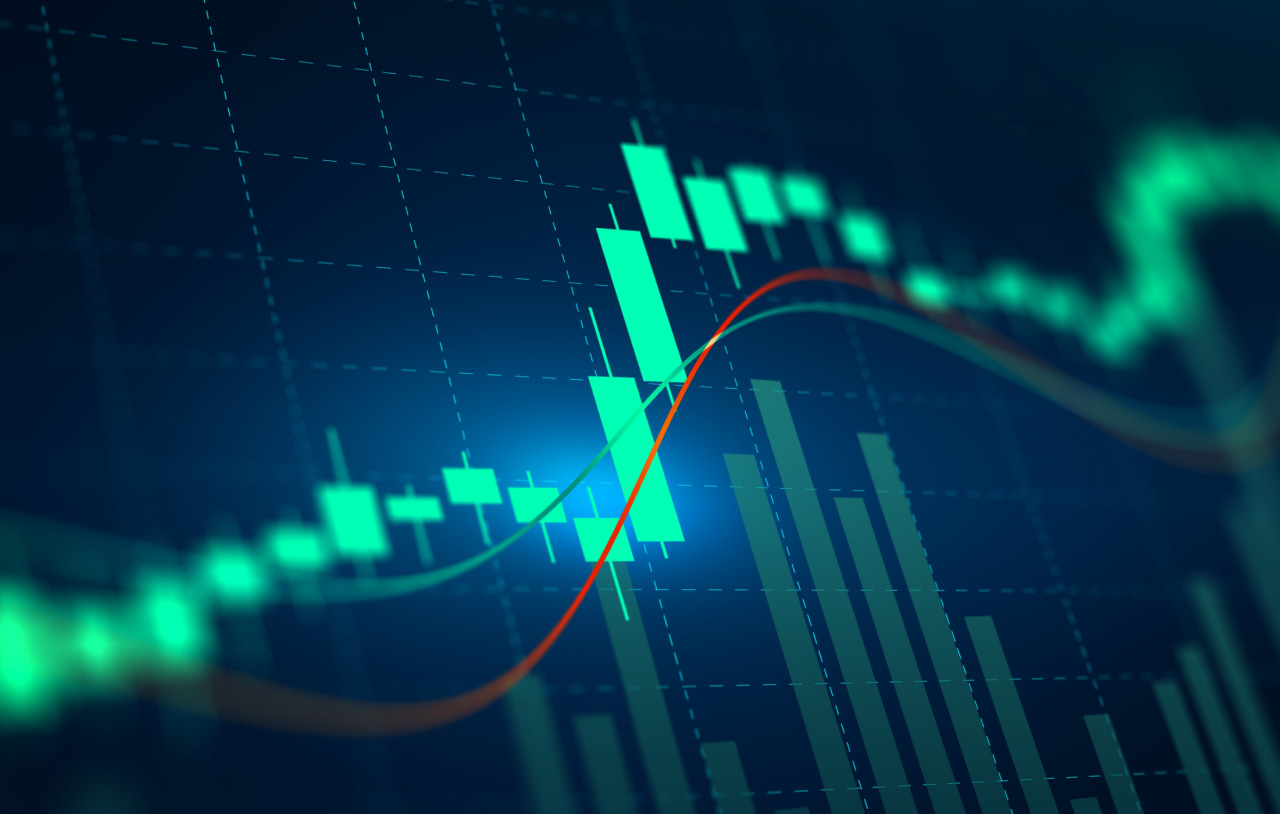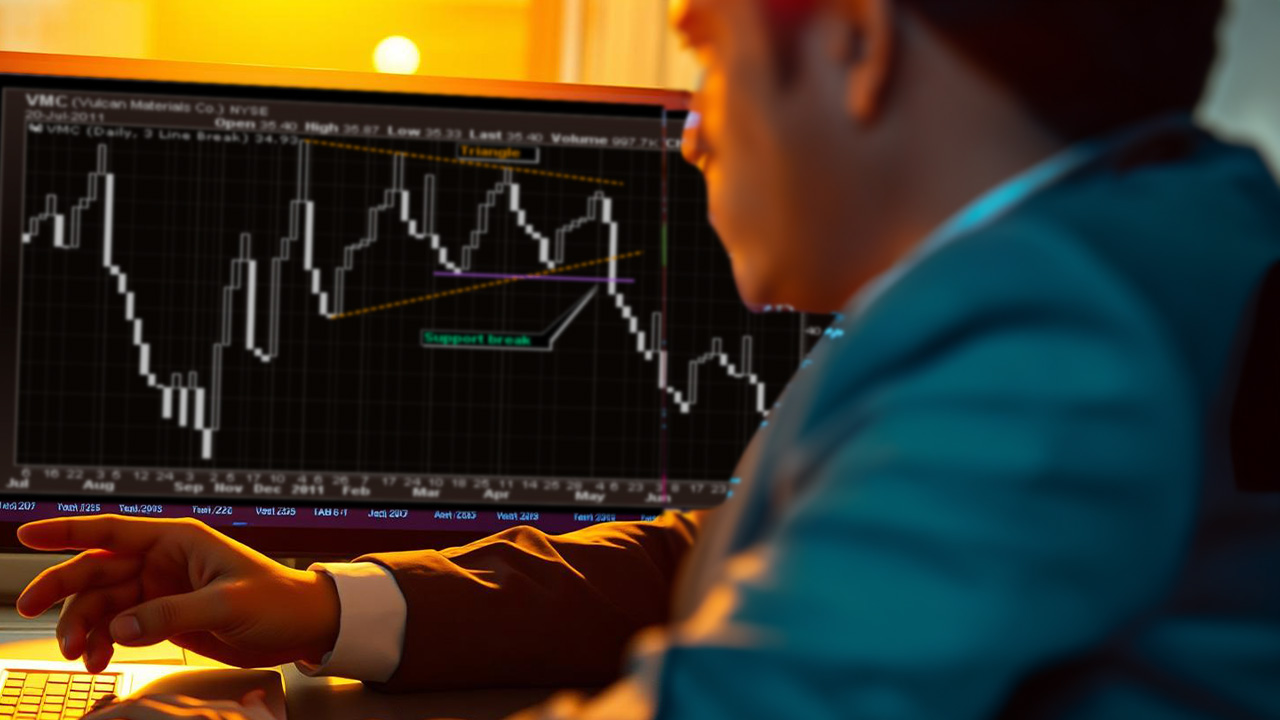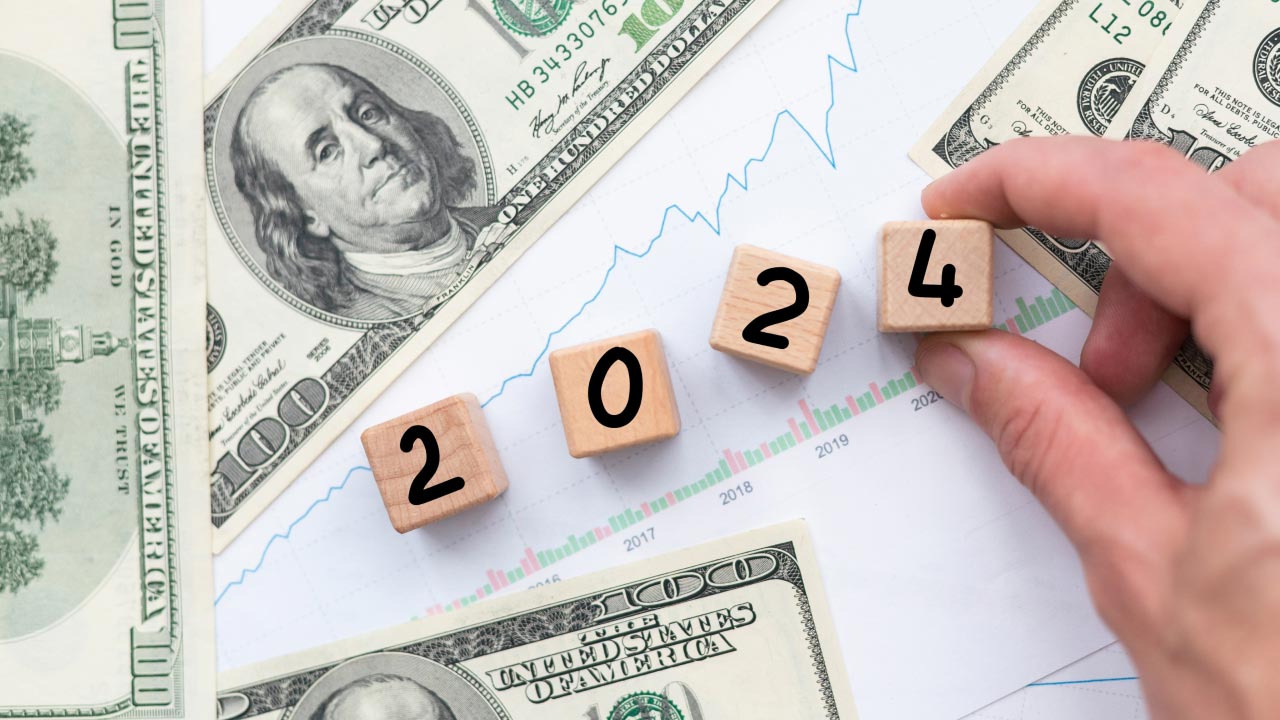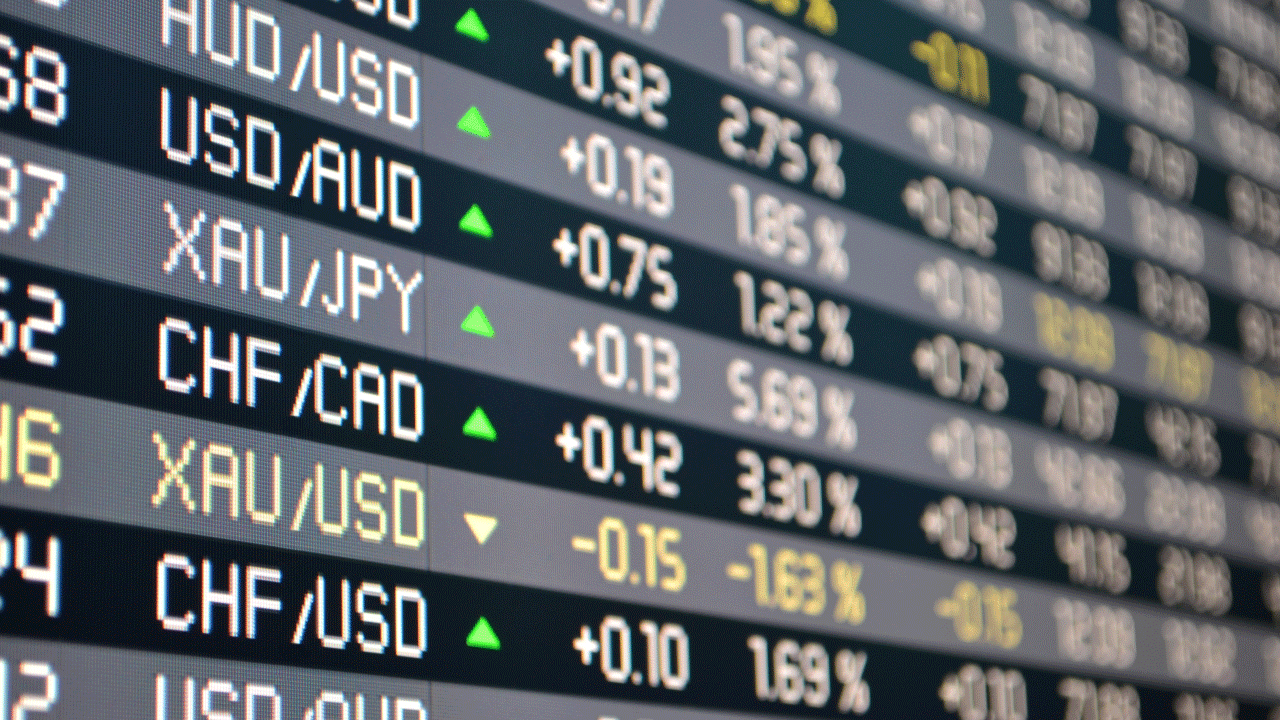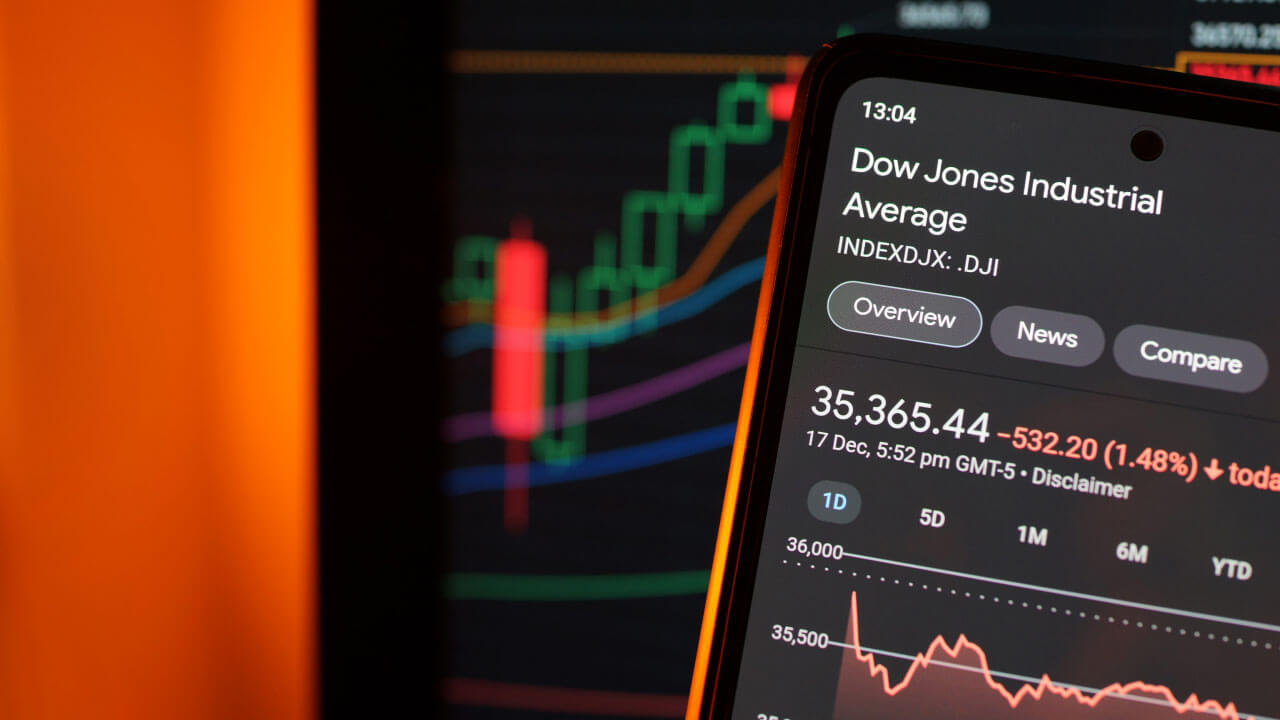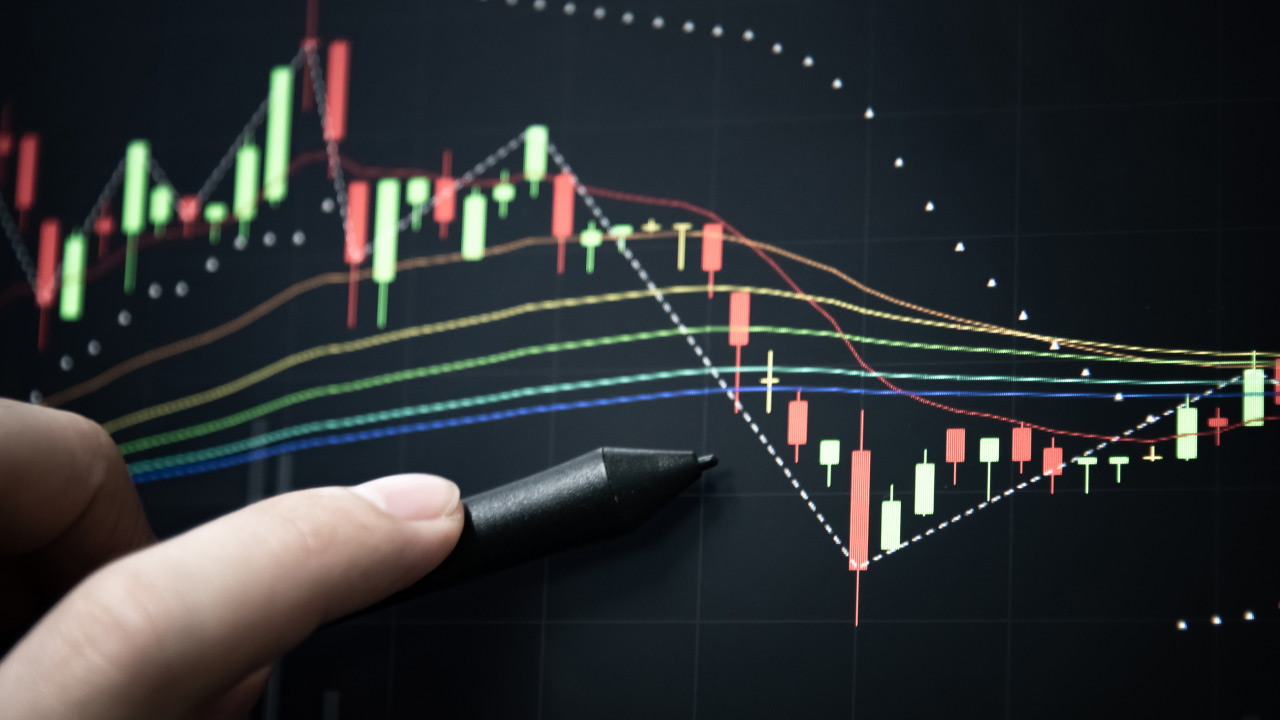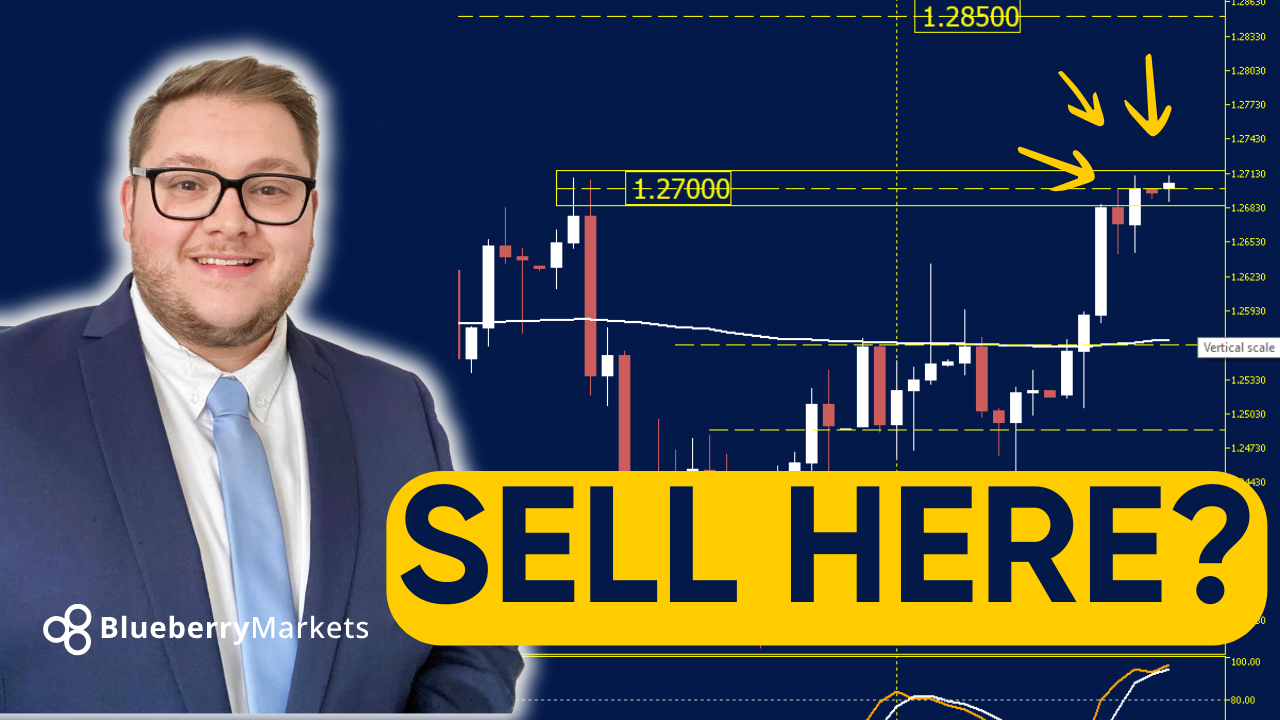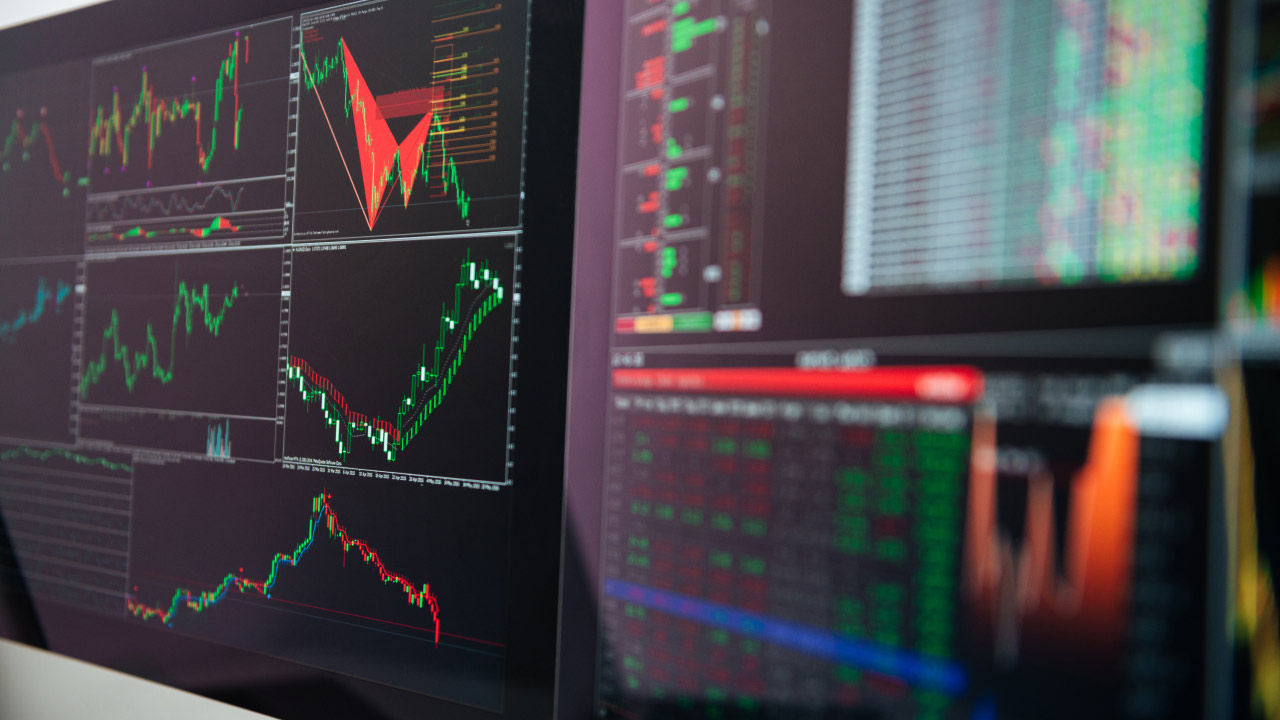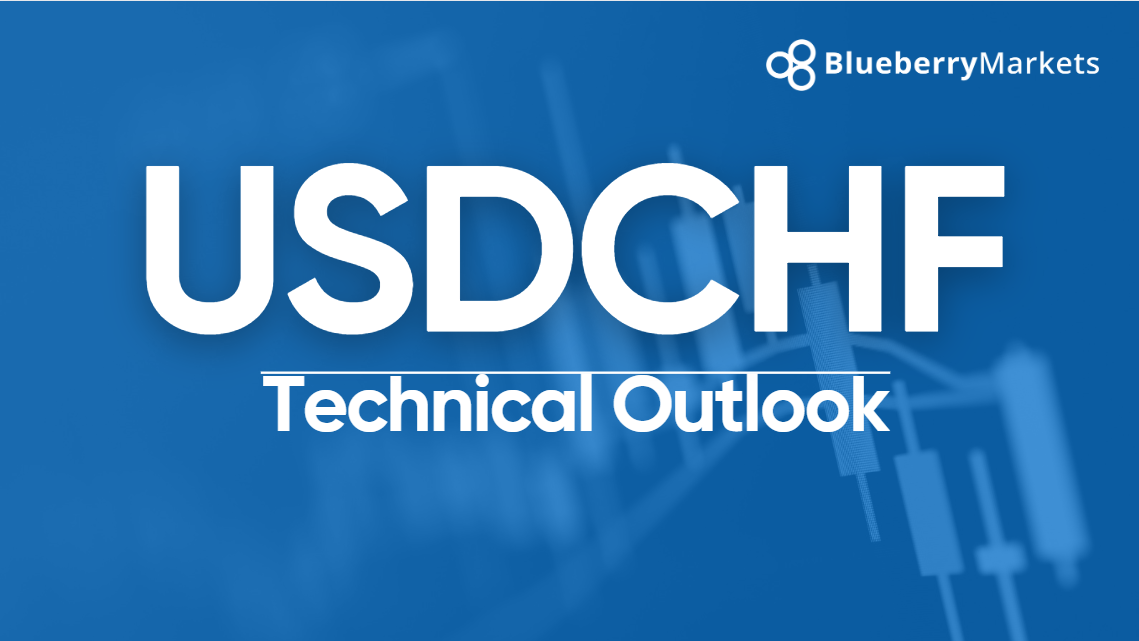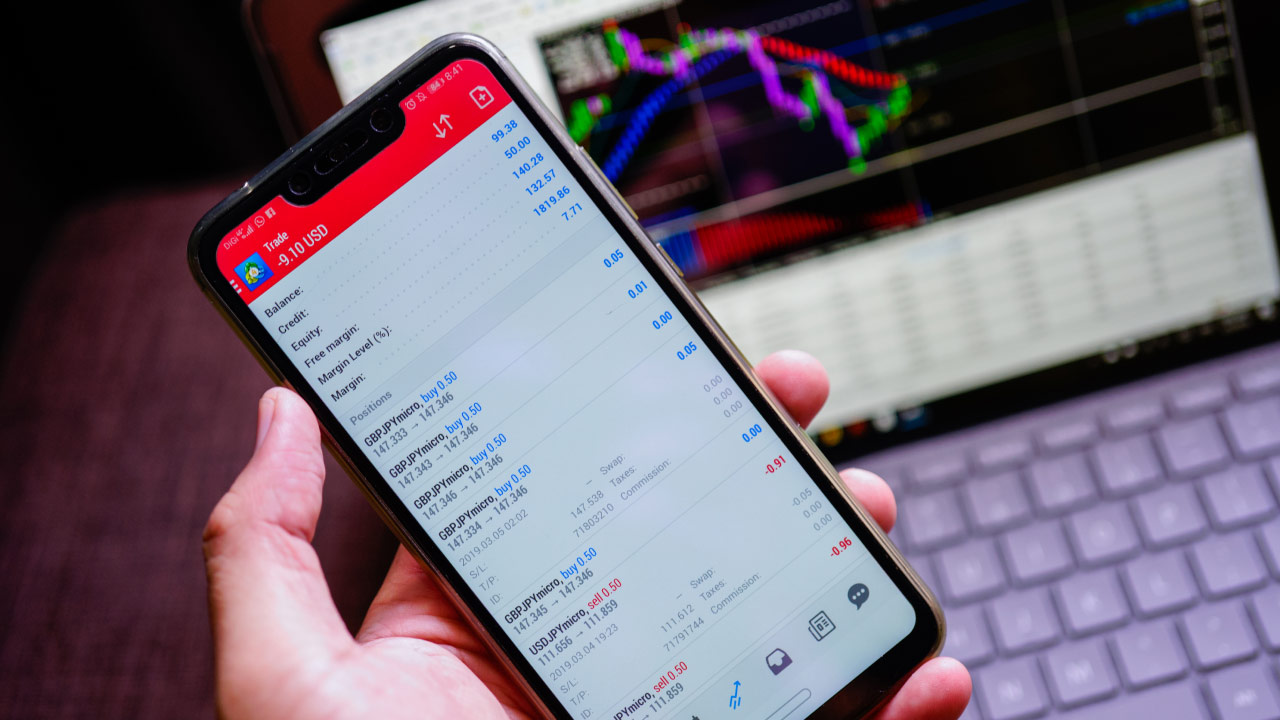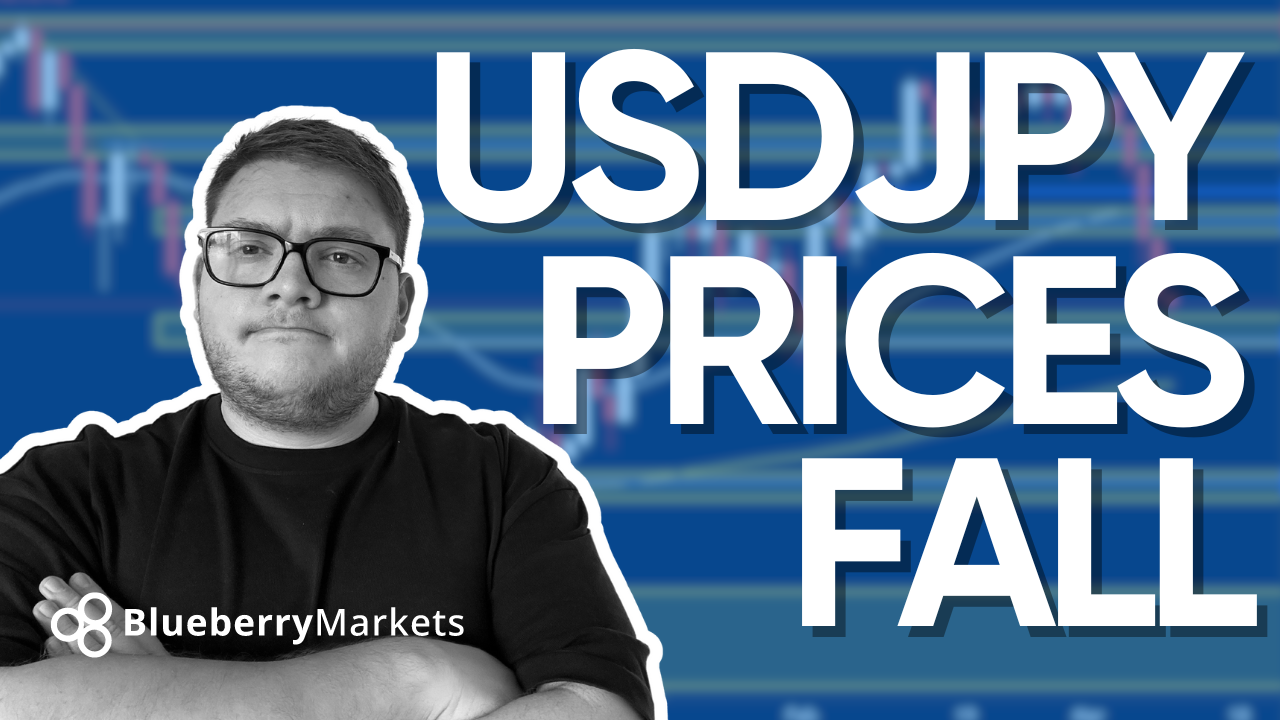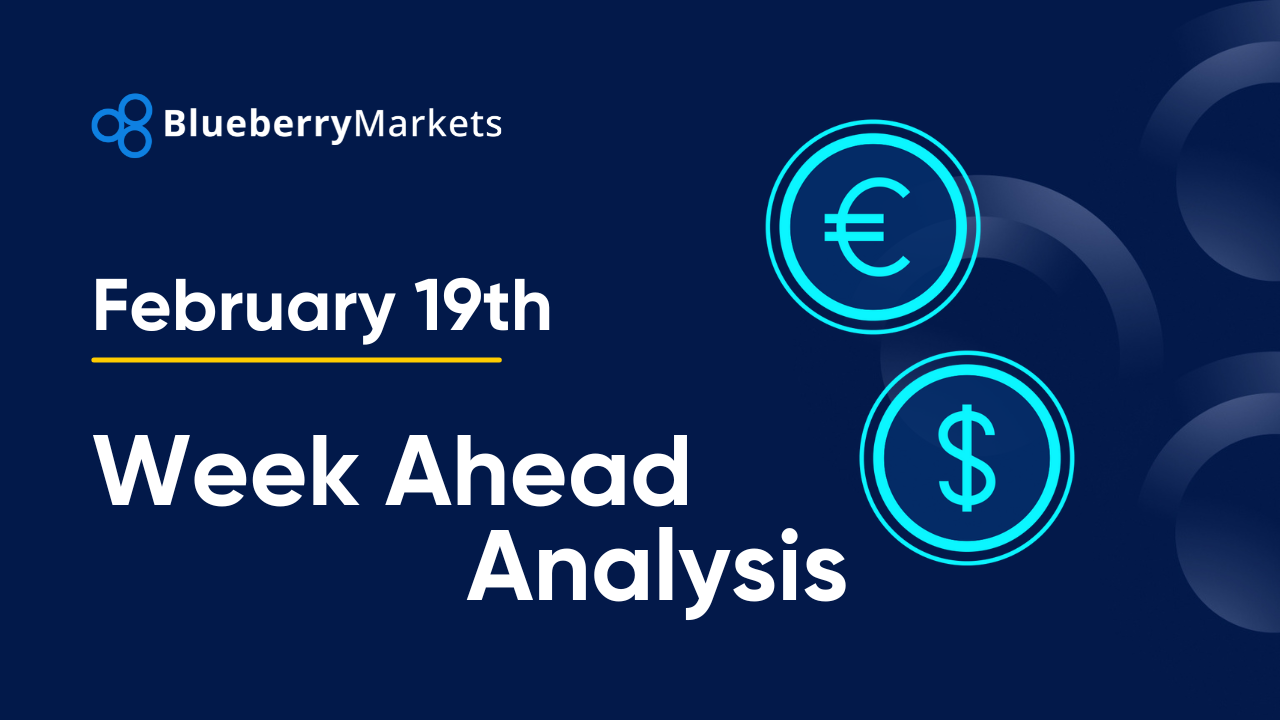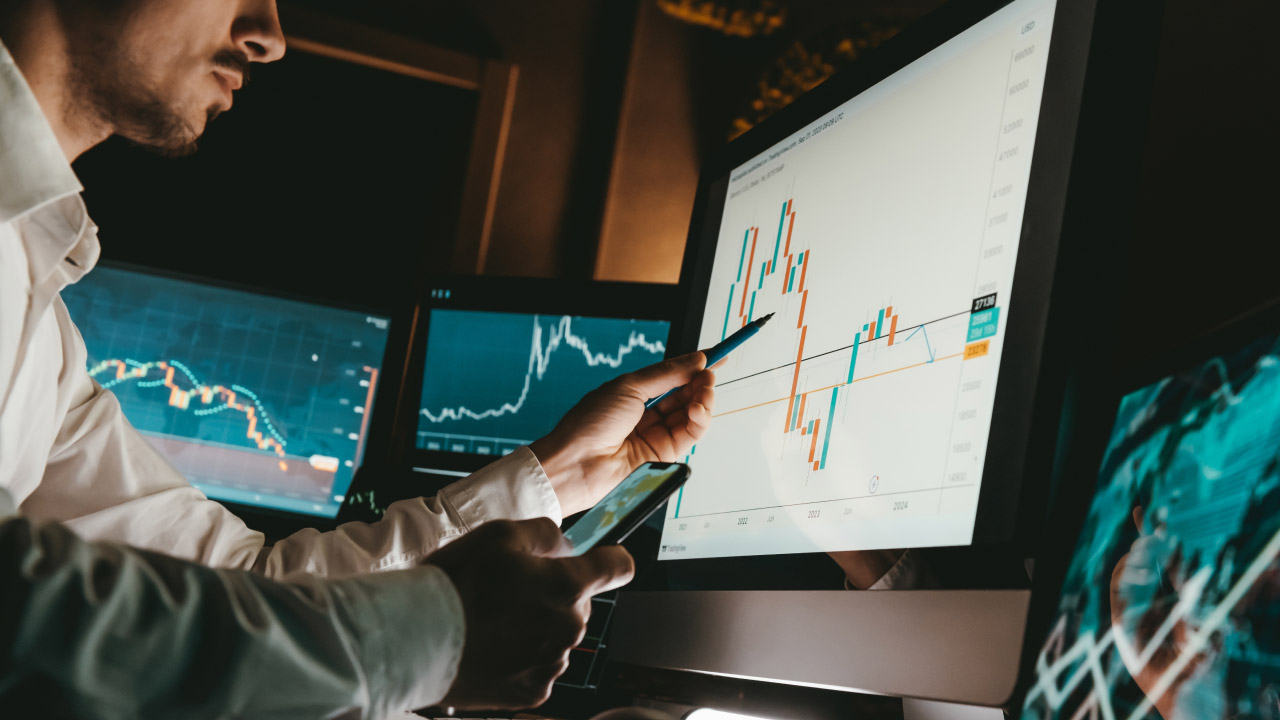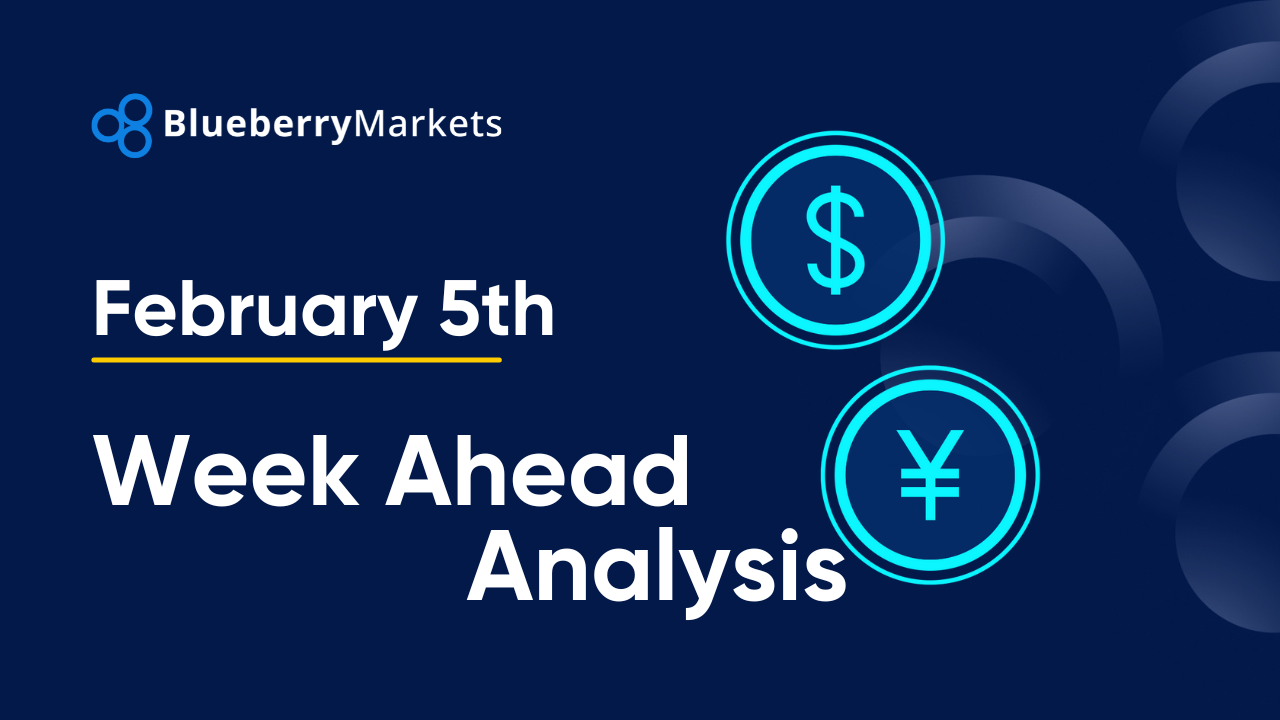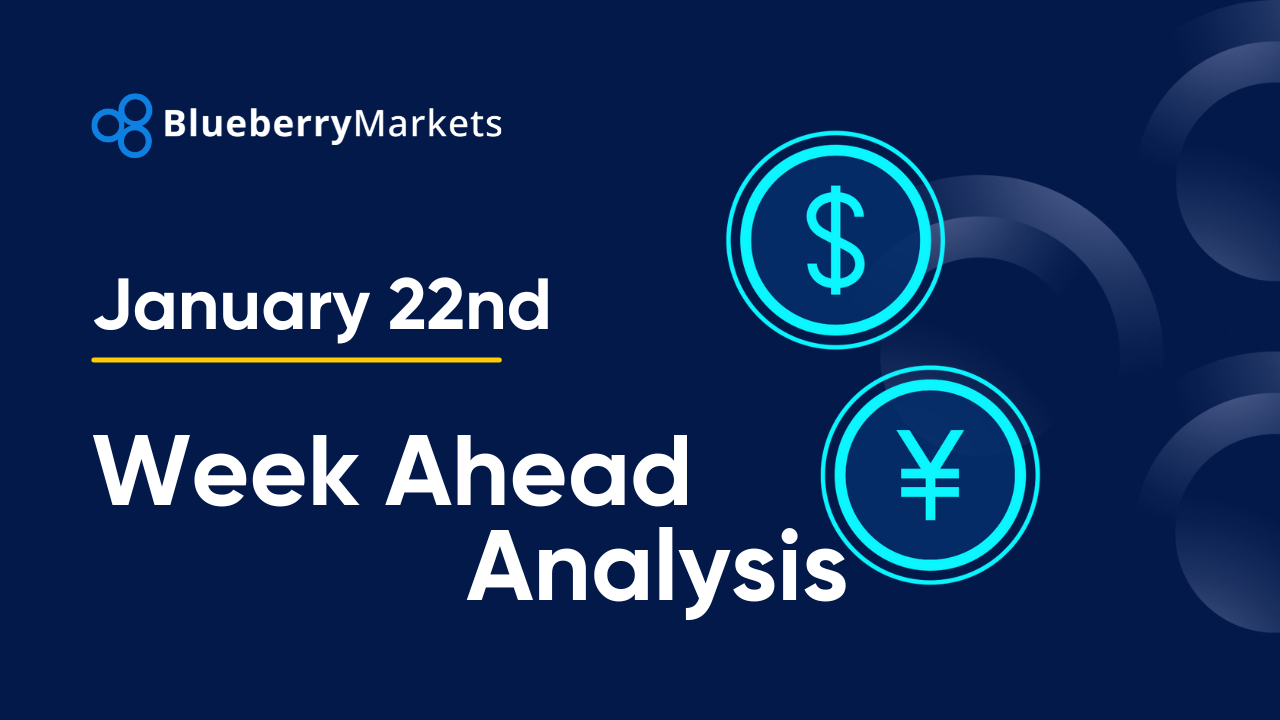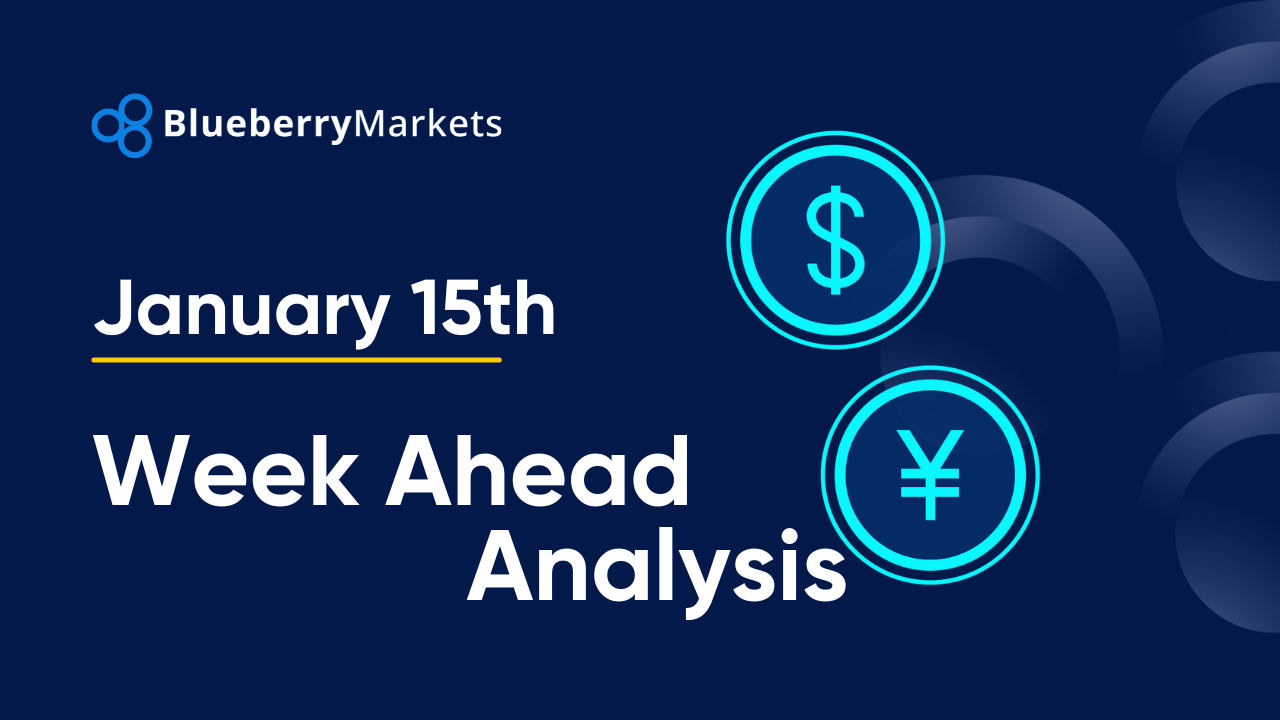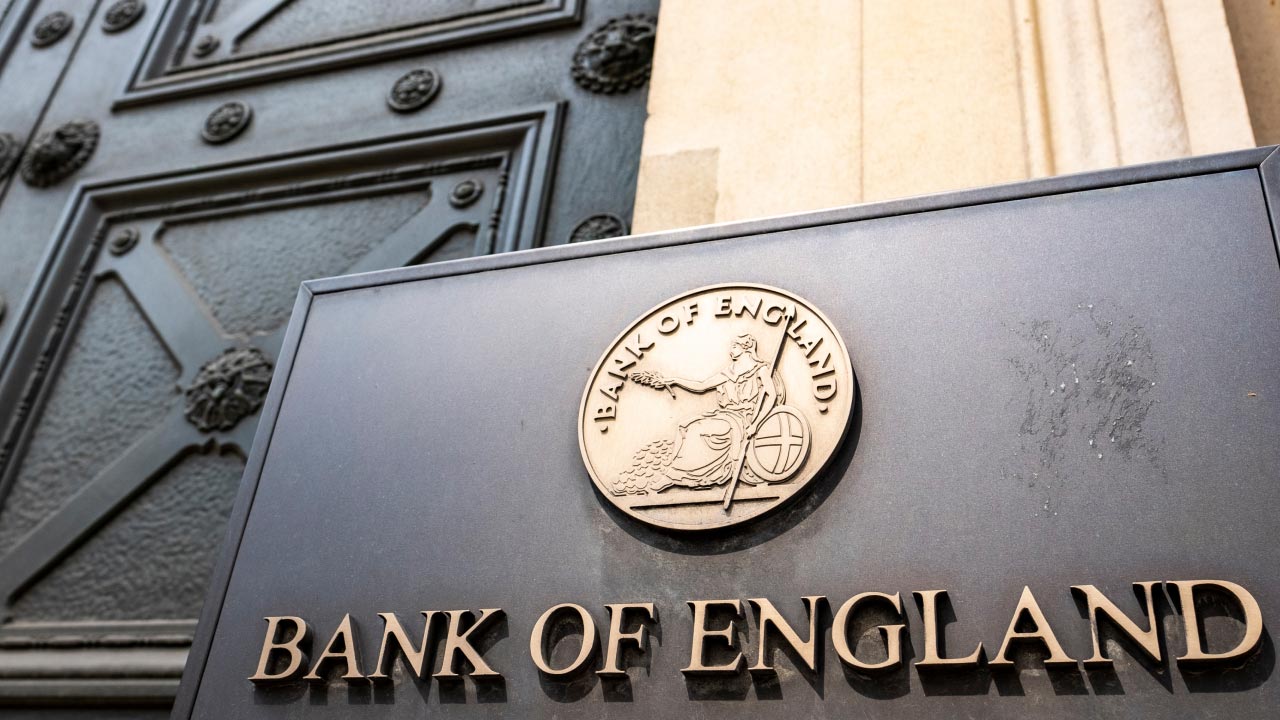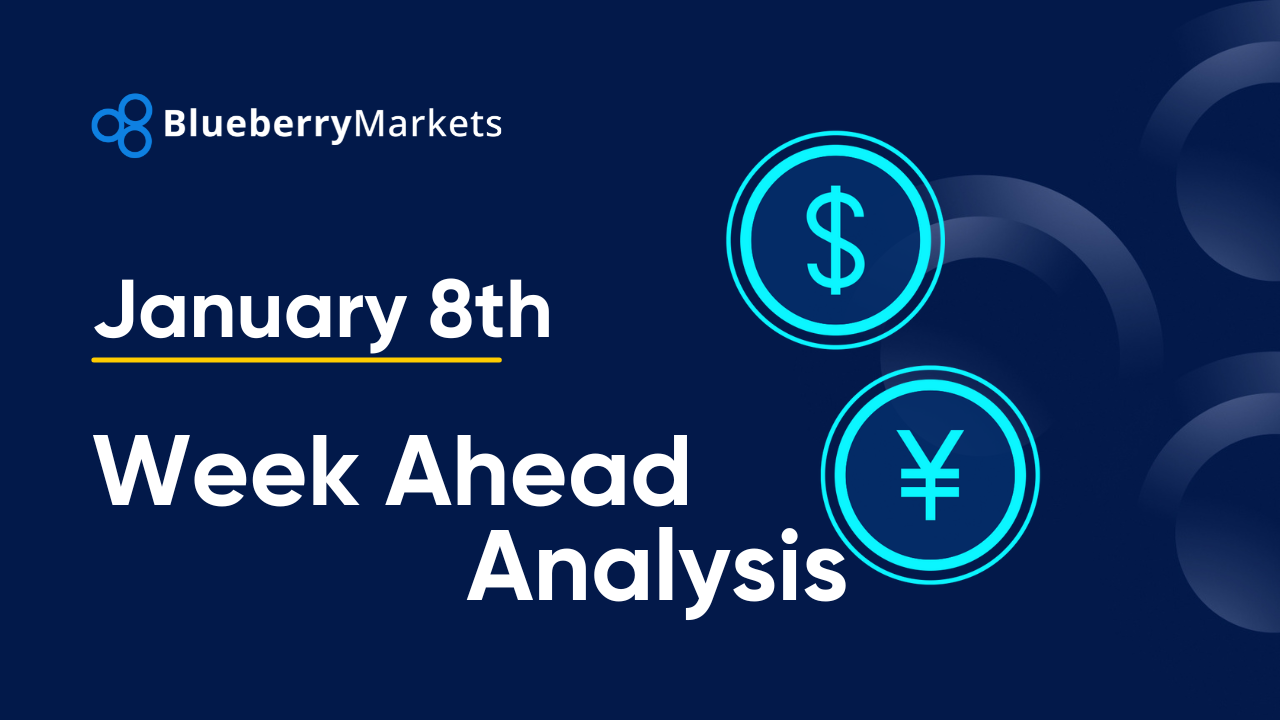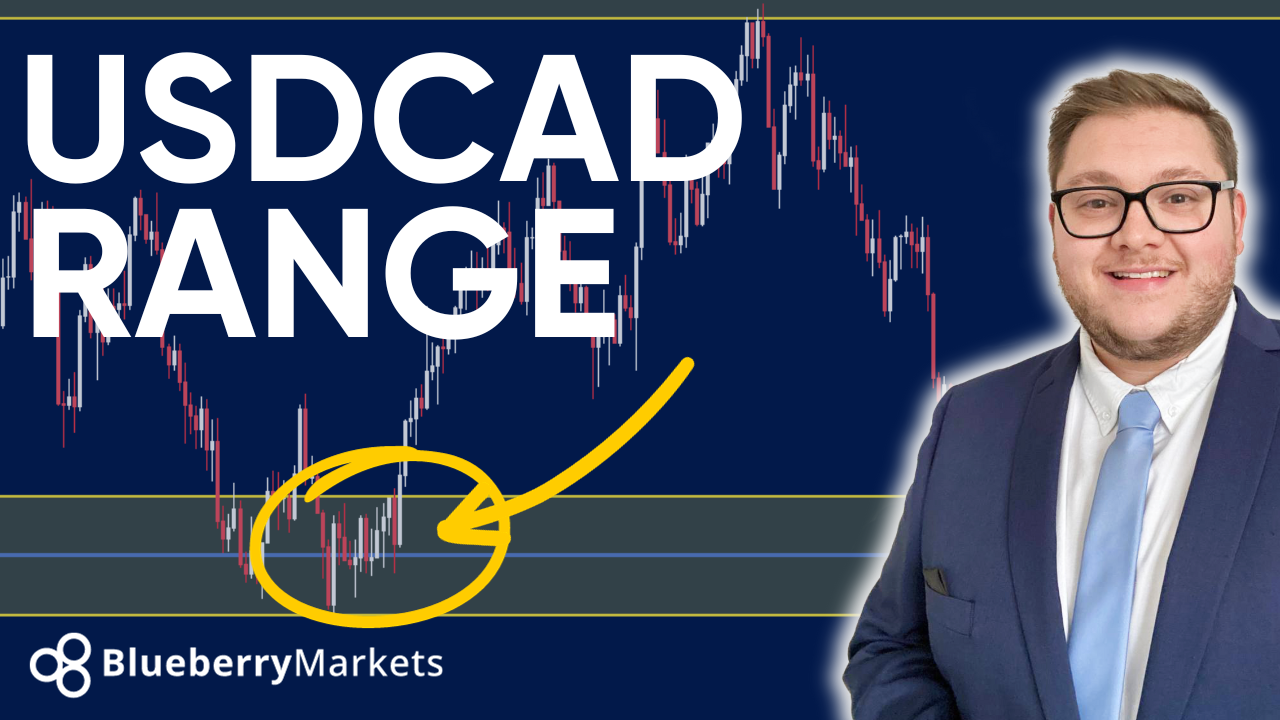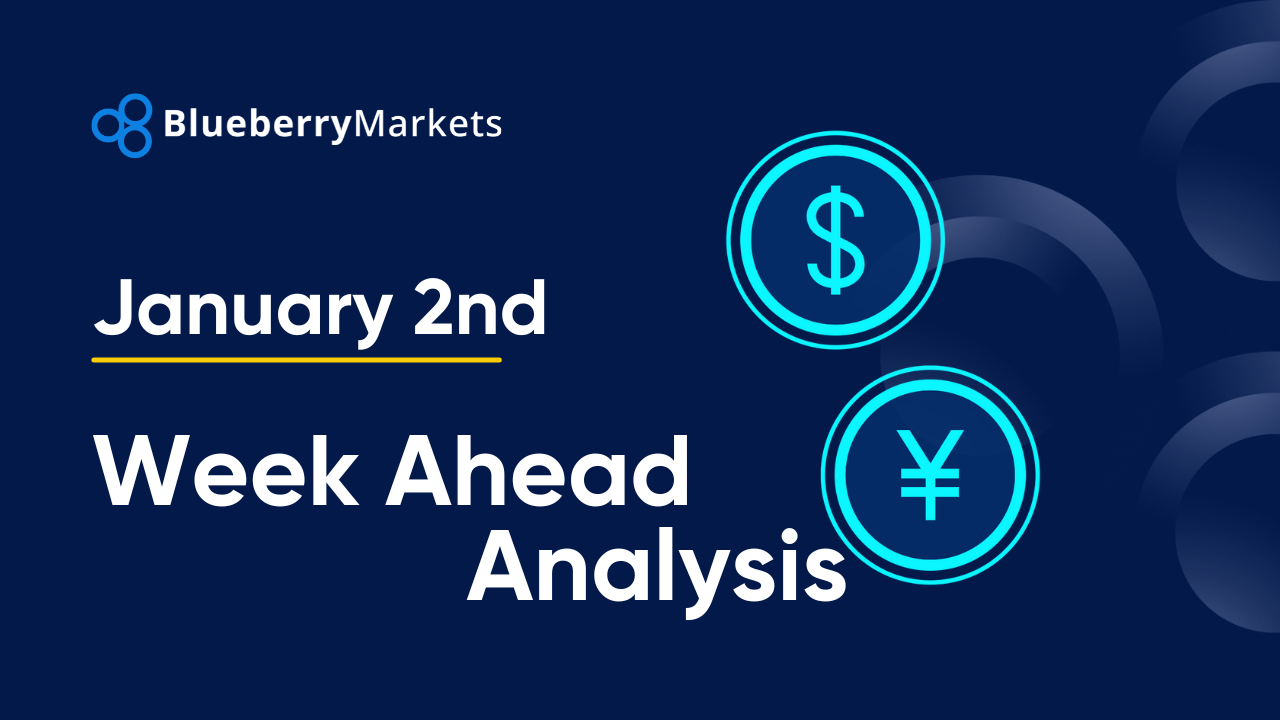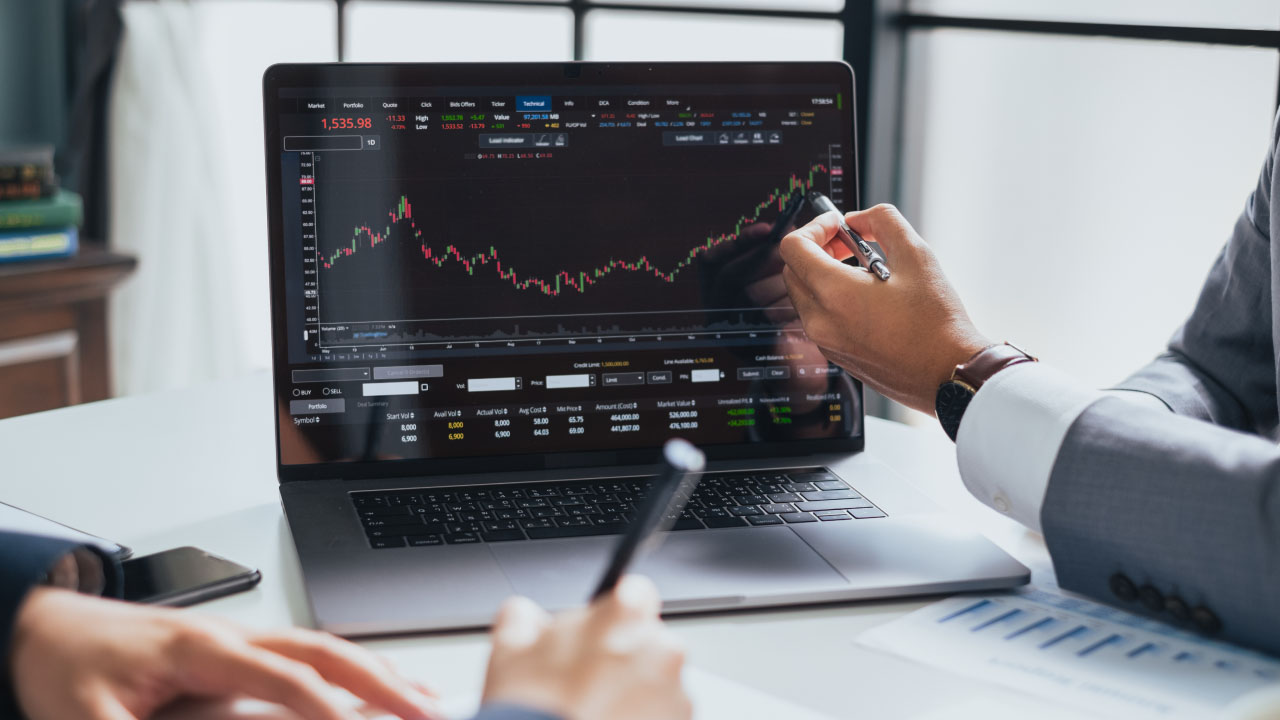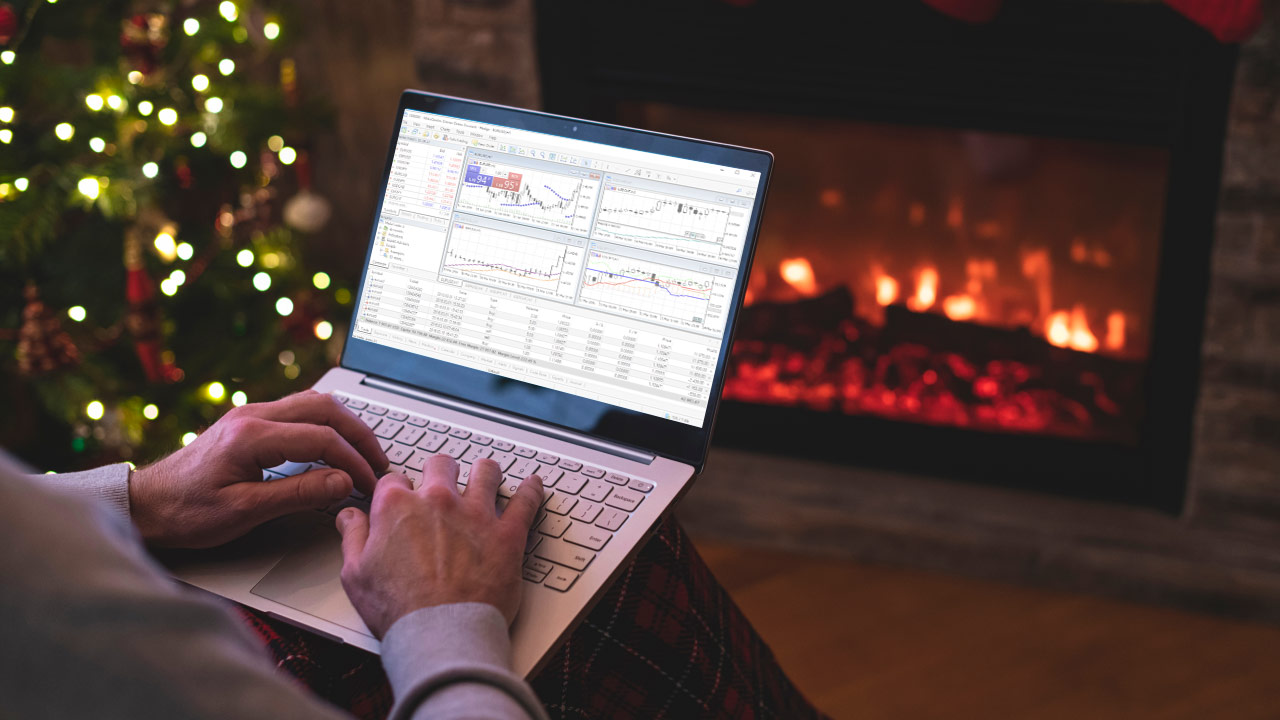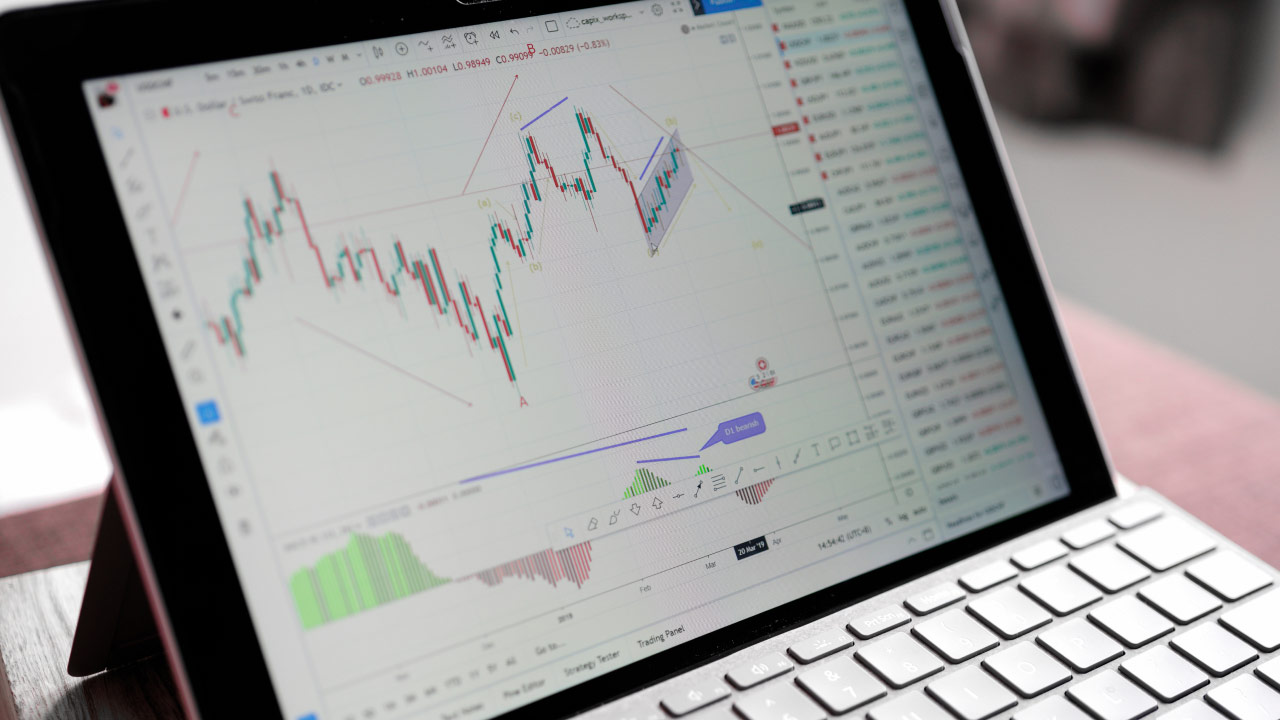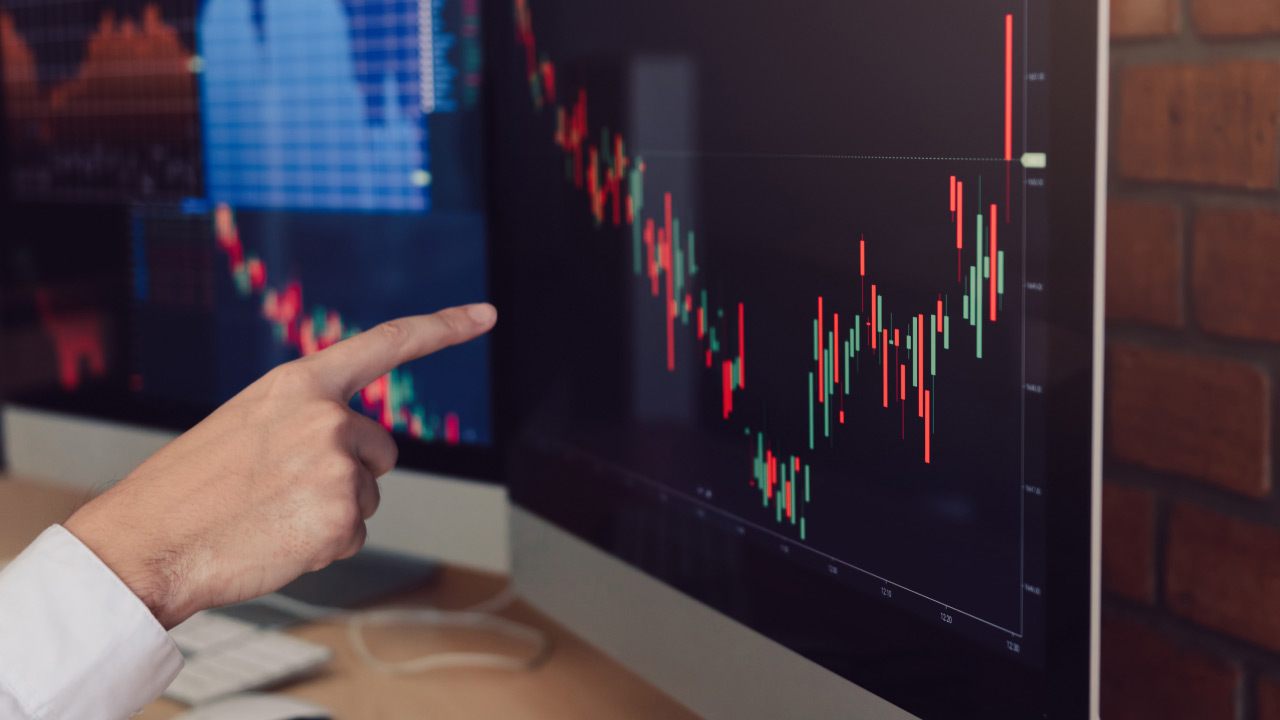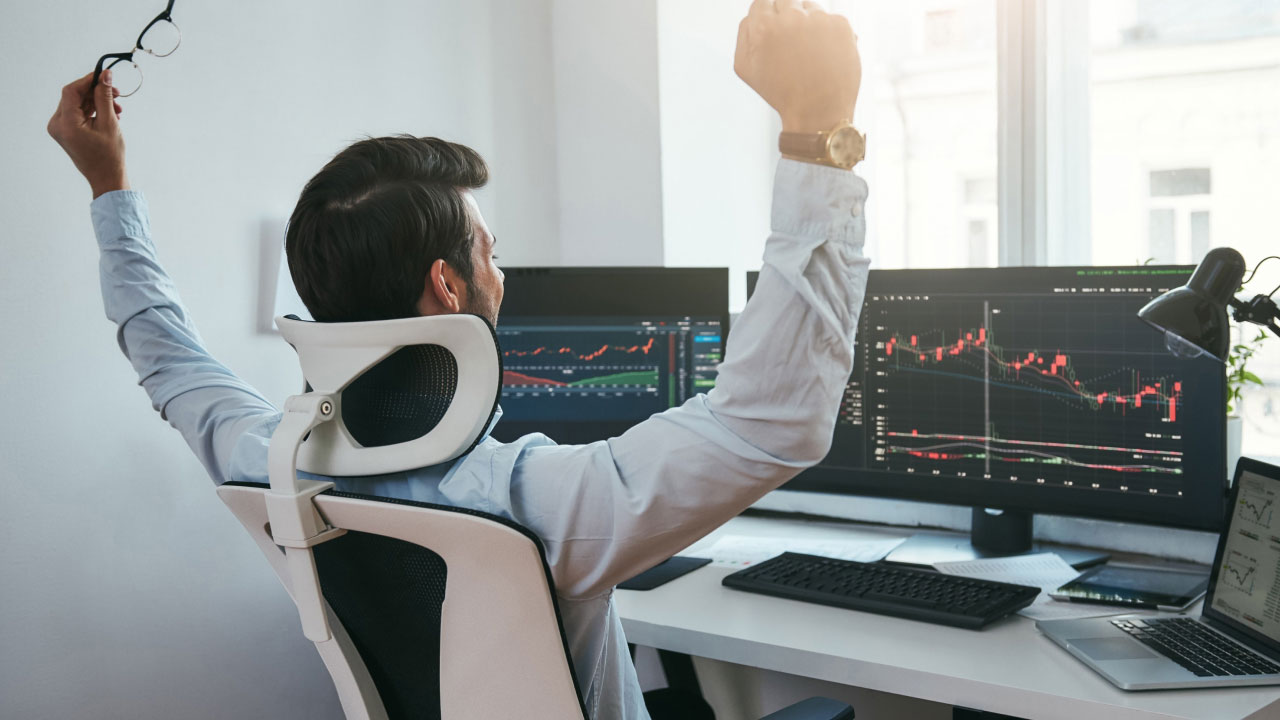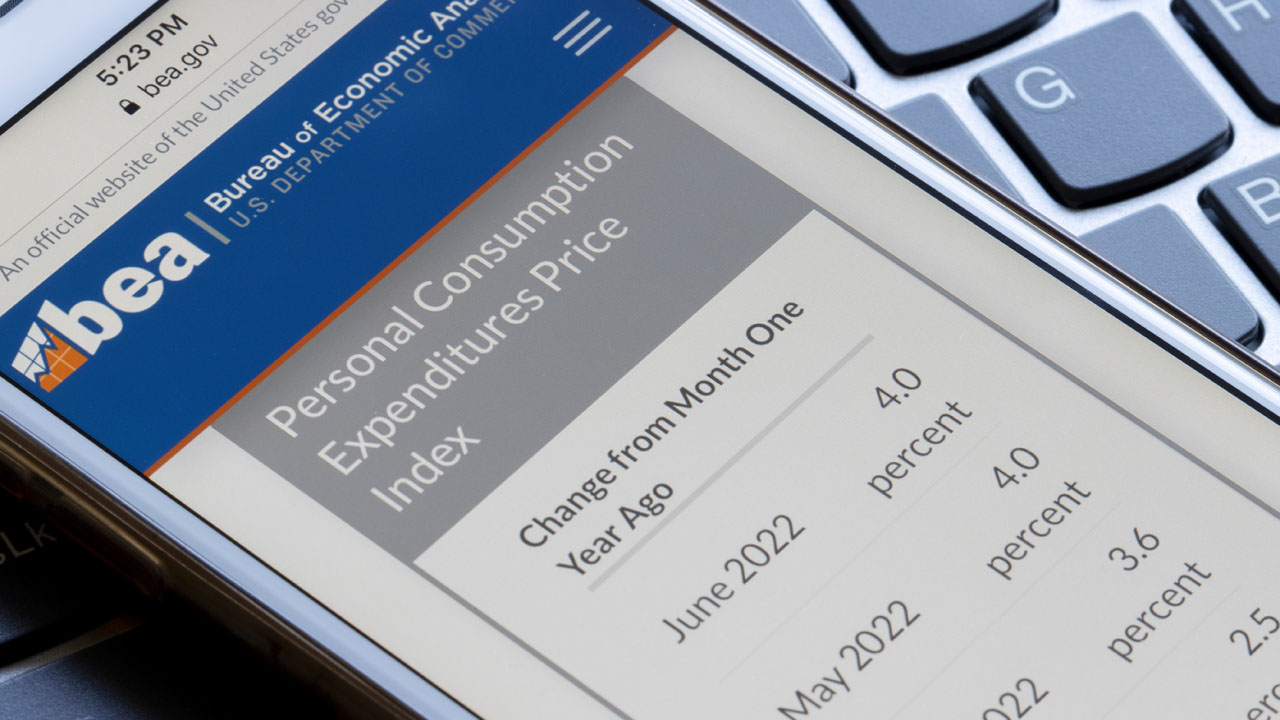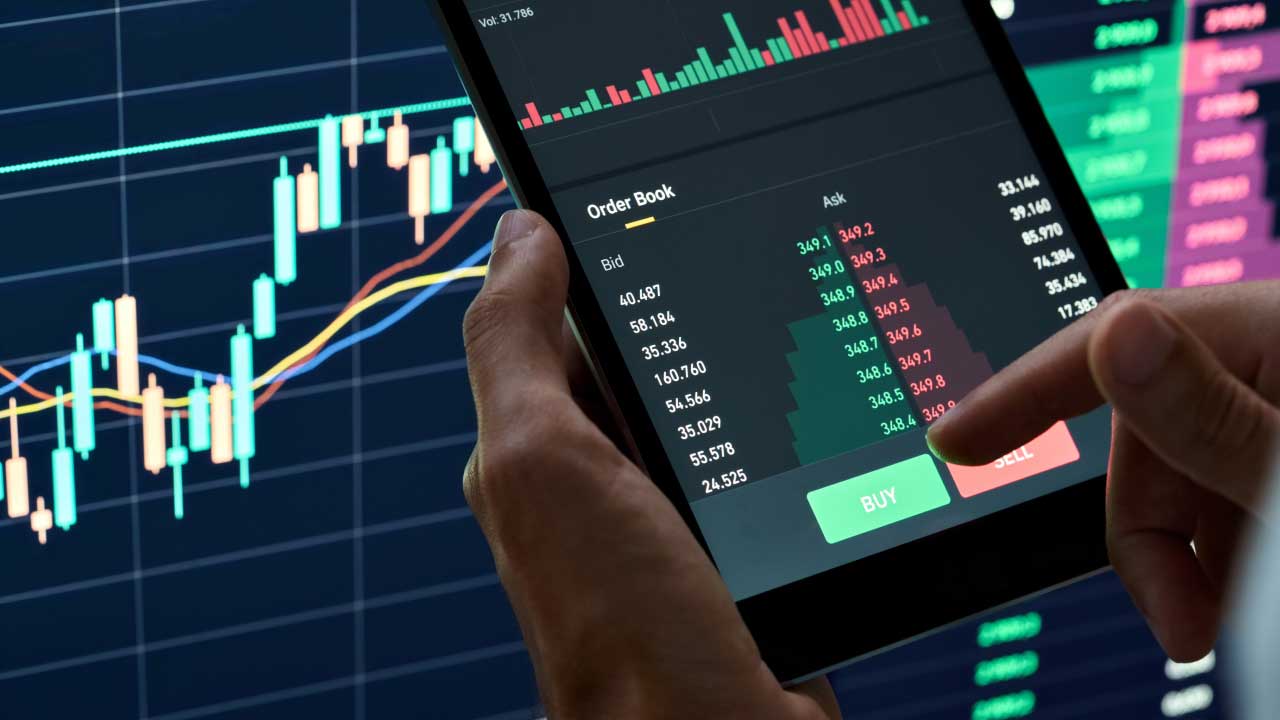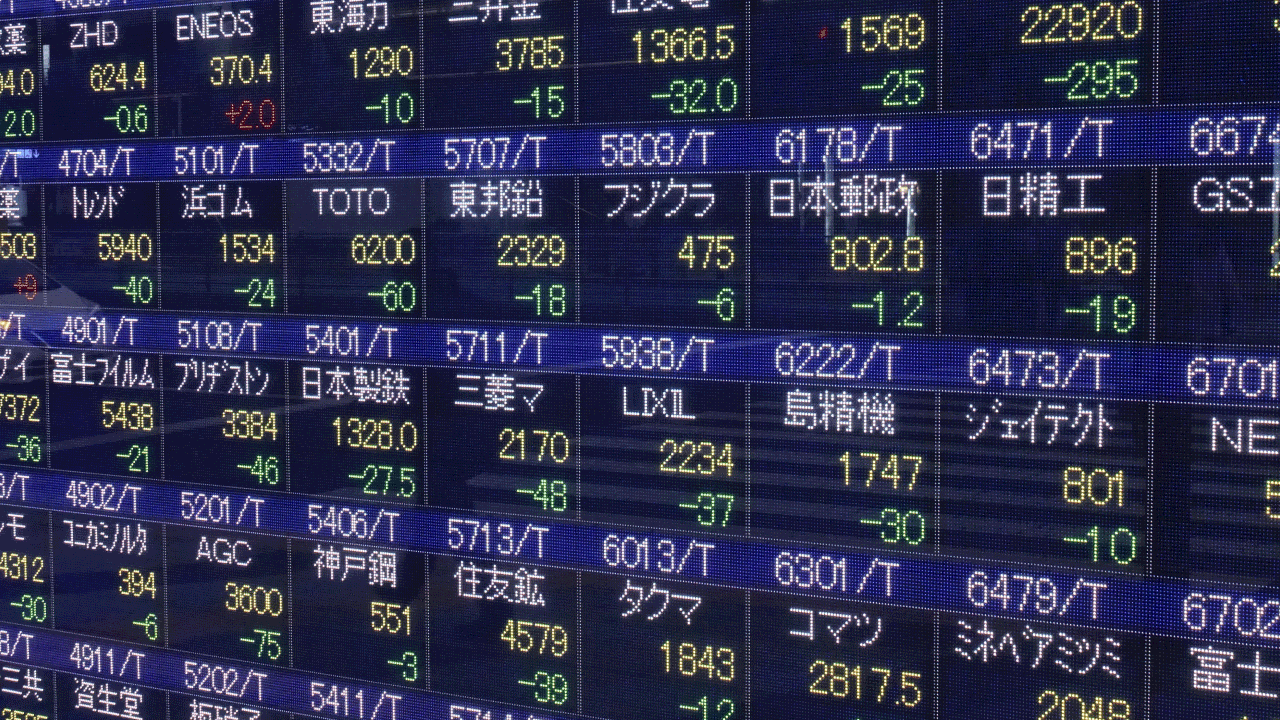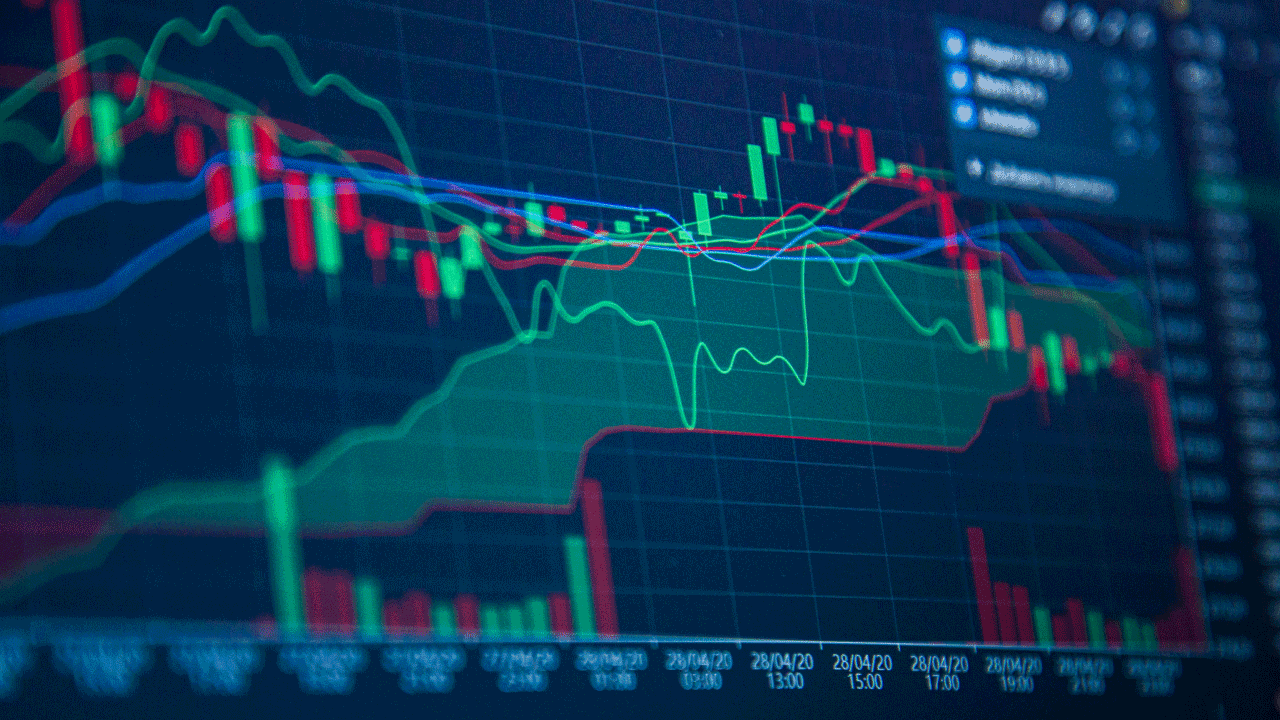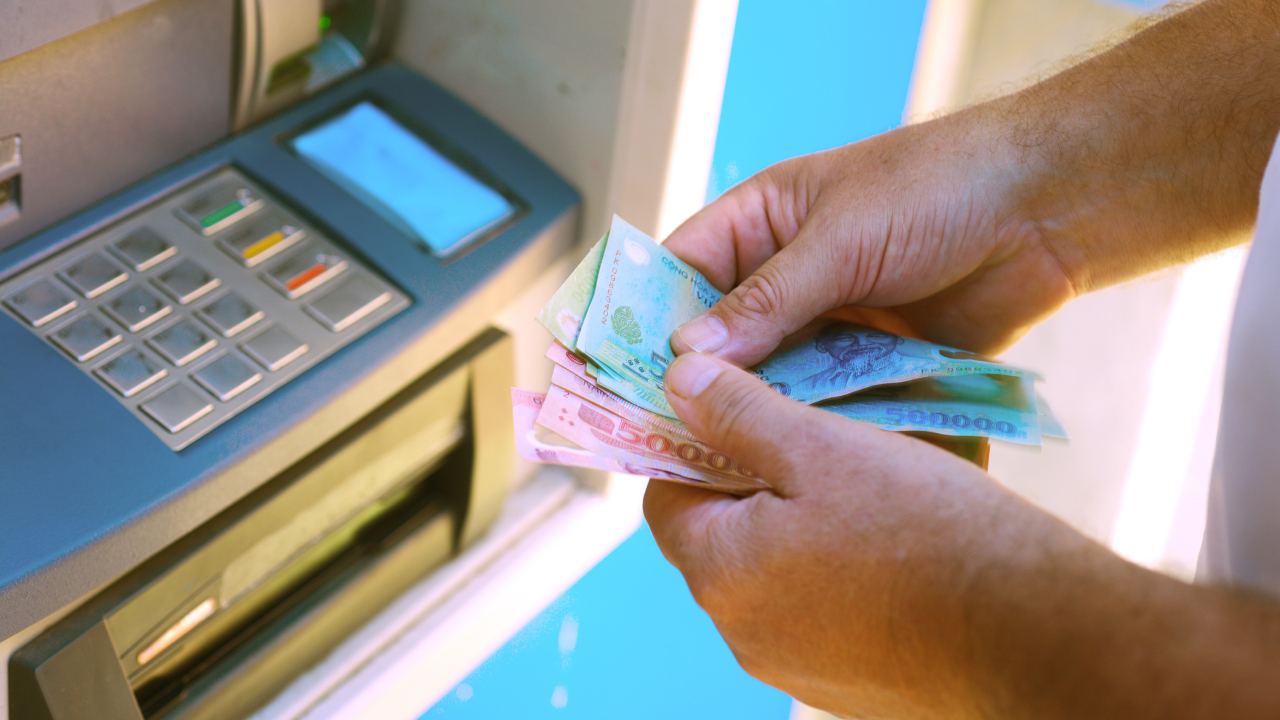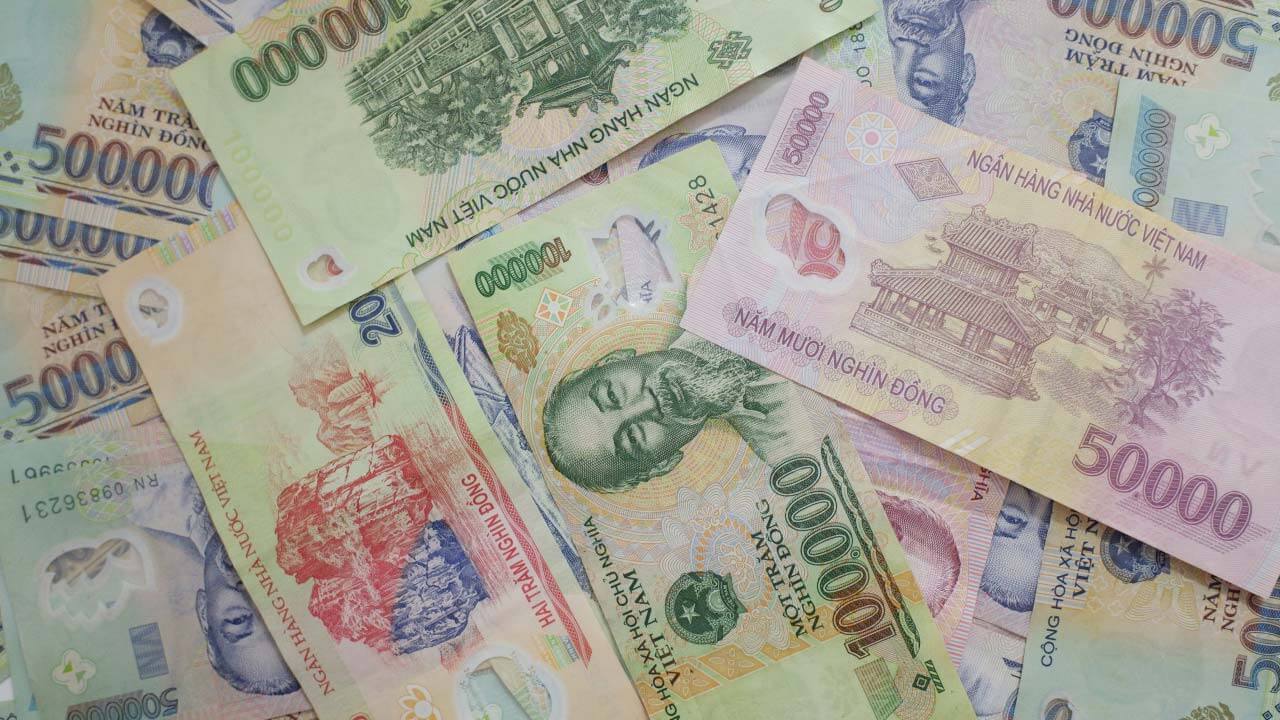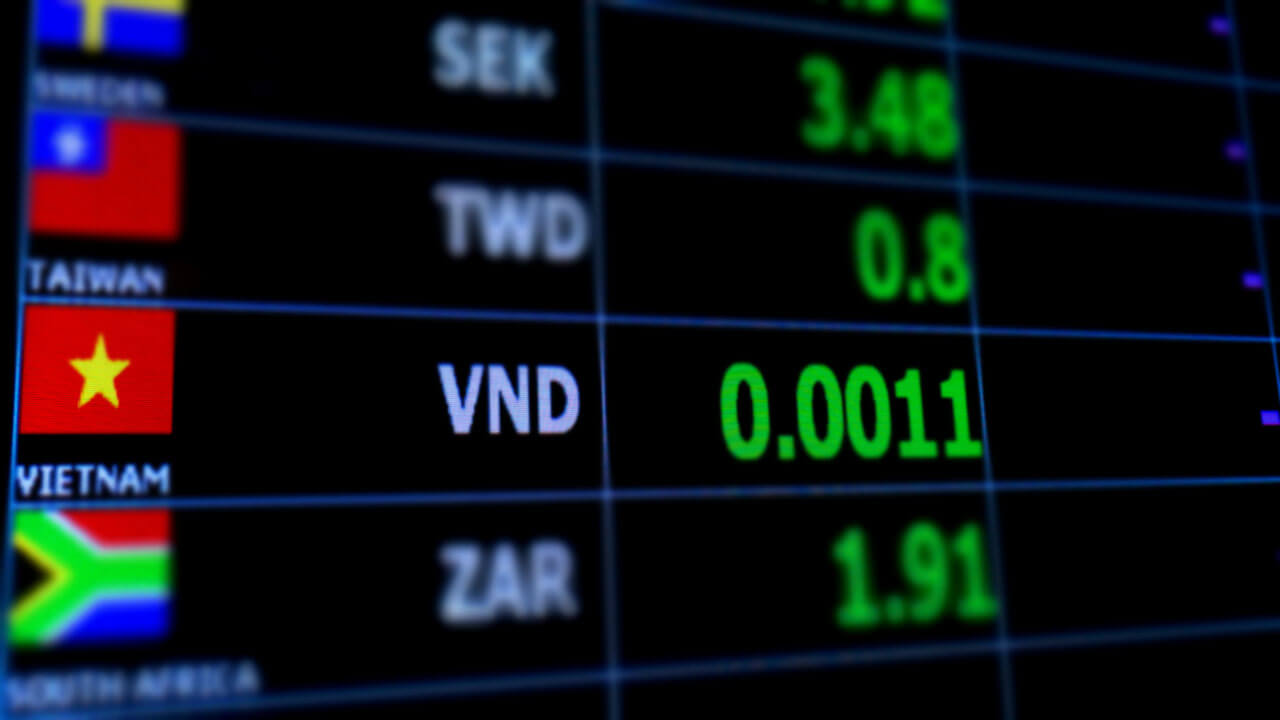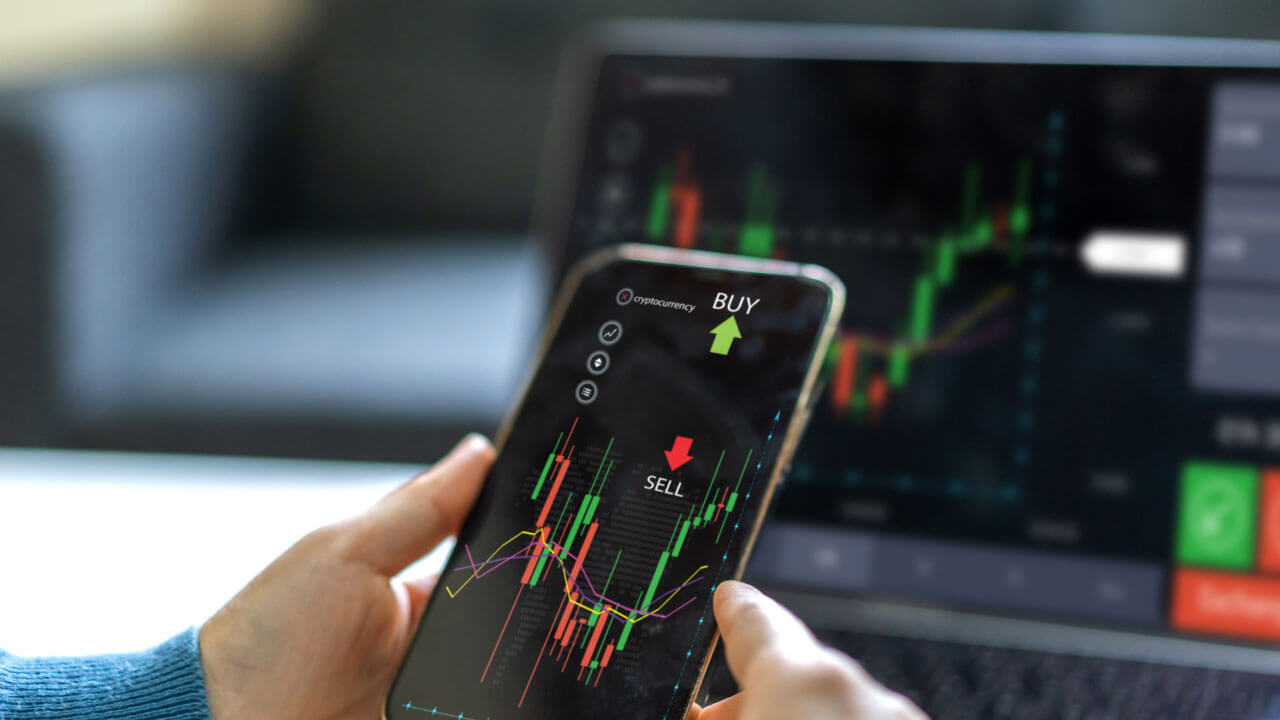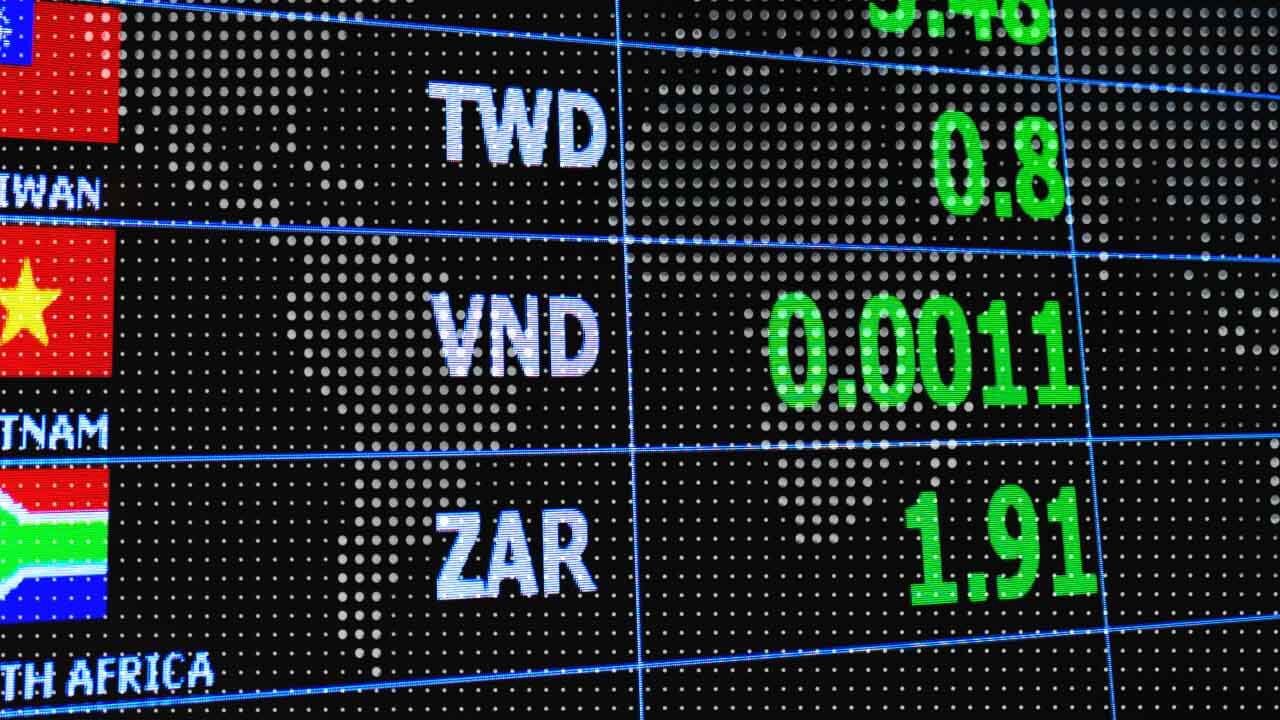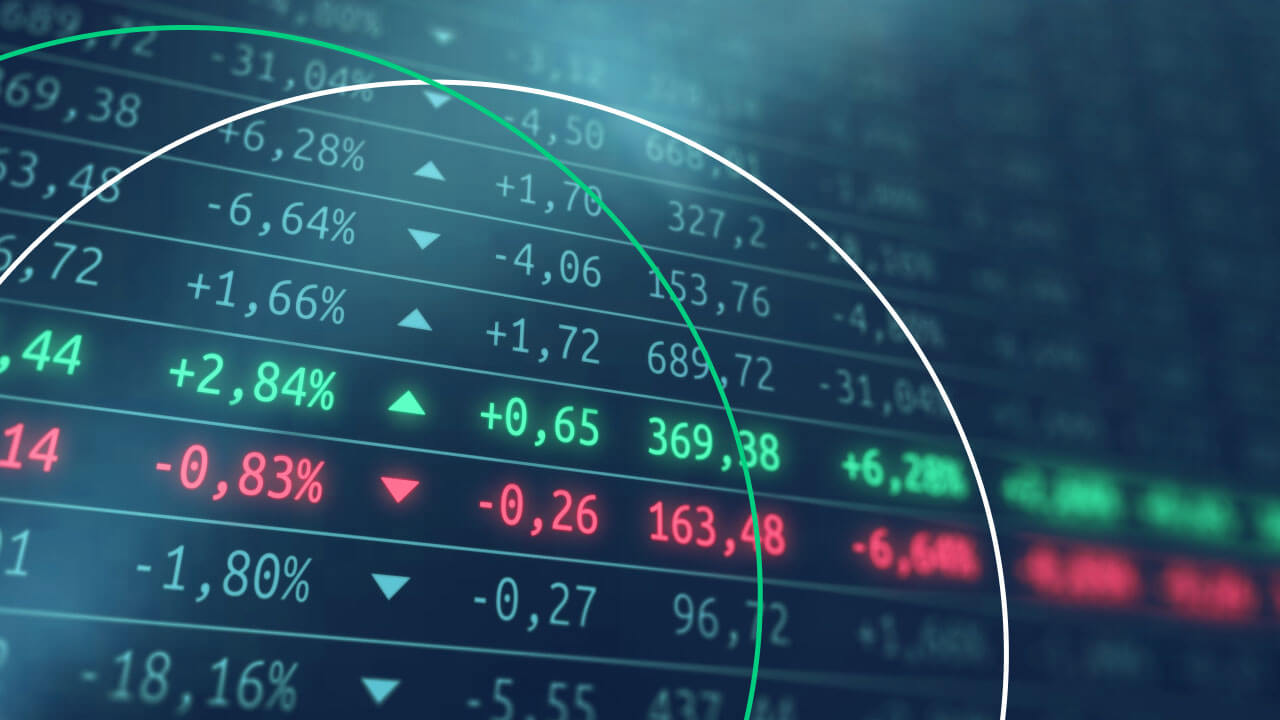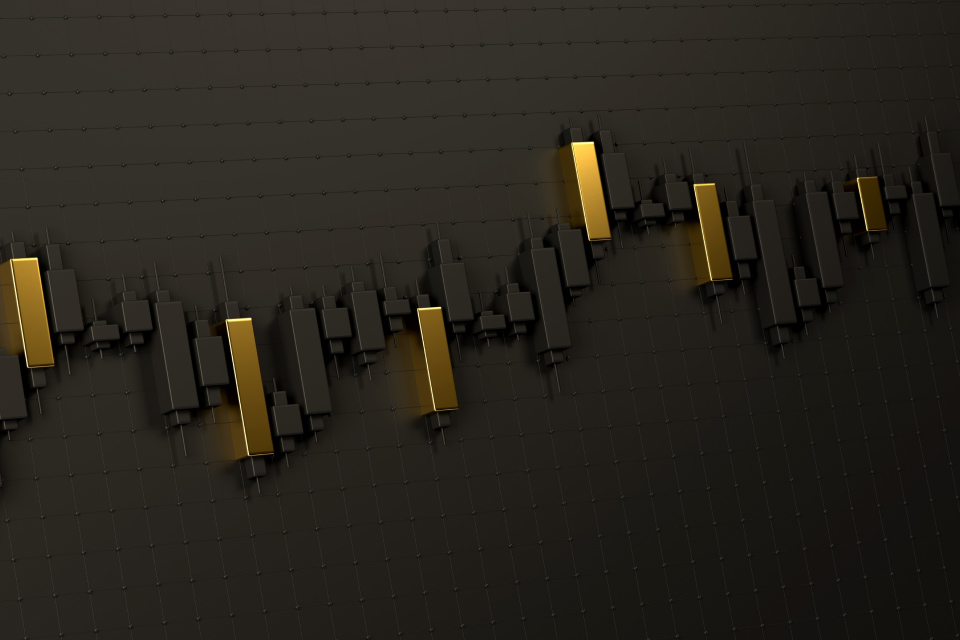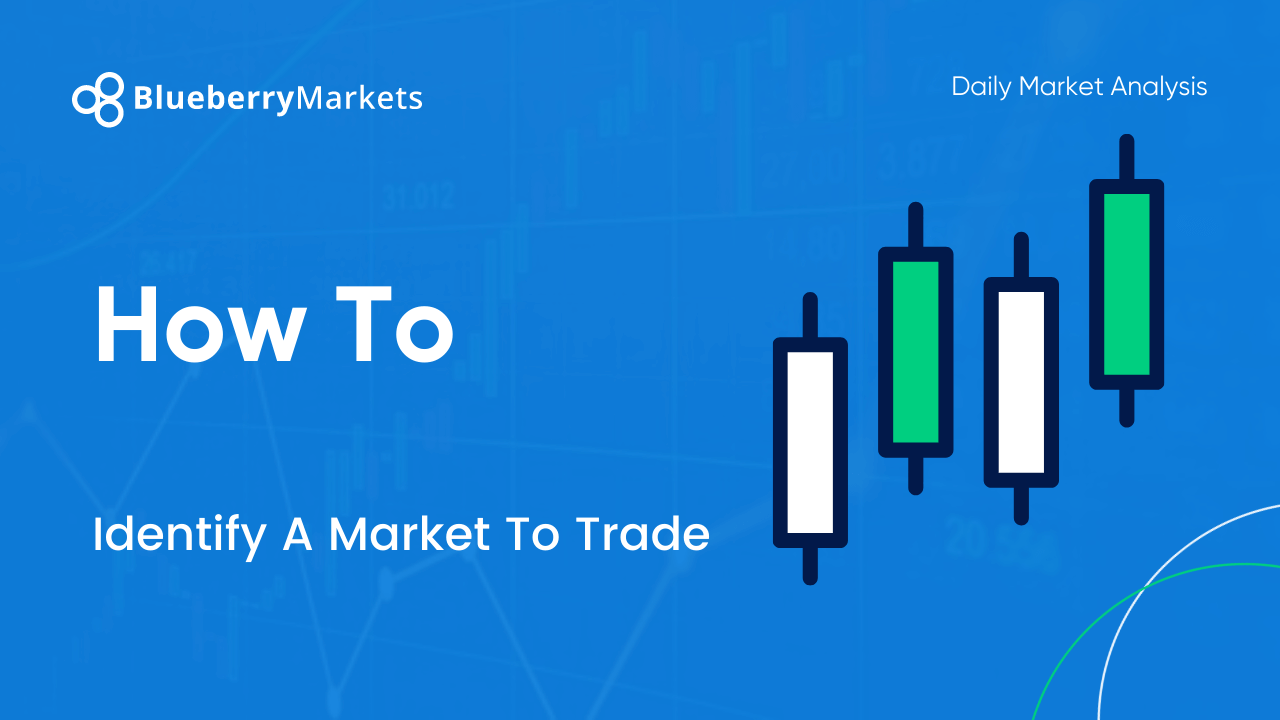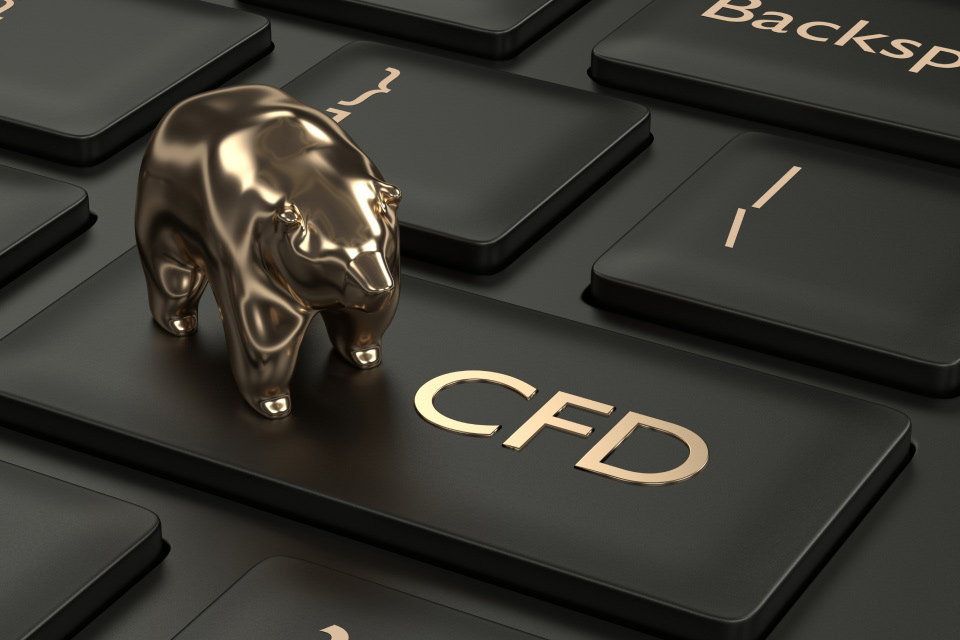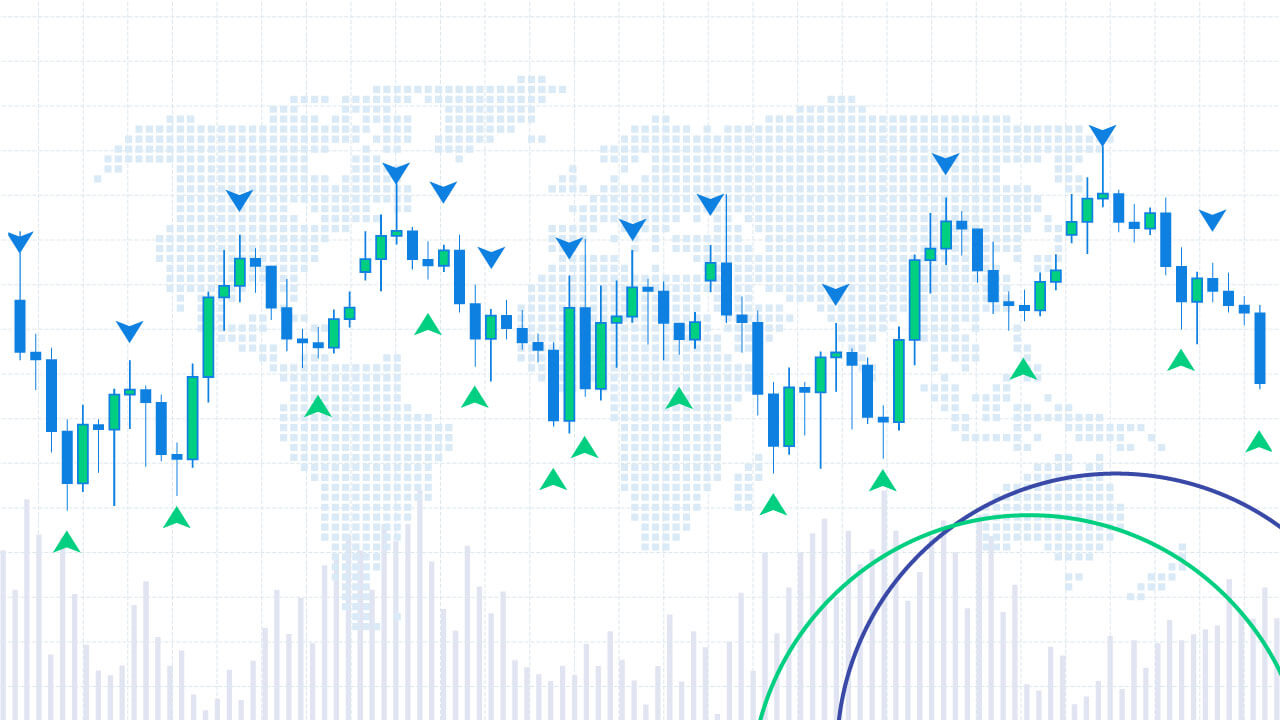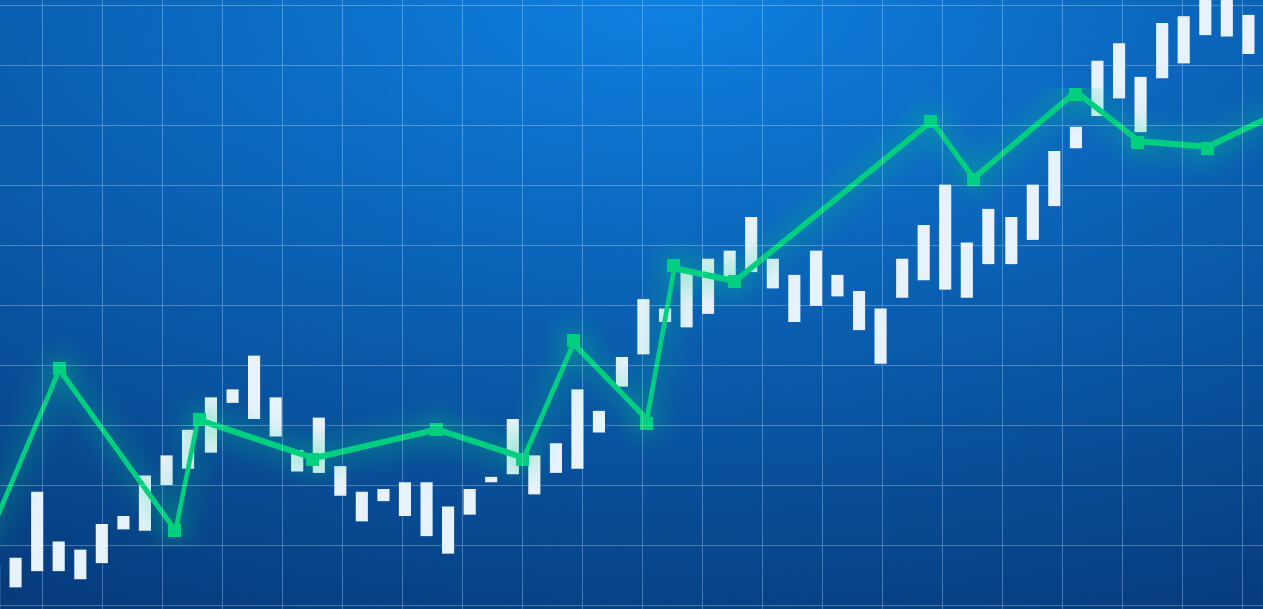Market news & analysis
Catch up on the latest in the market and get the latest market reviews.
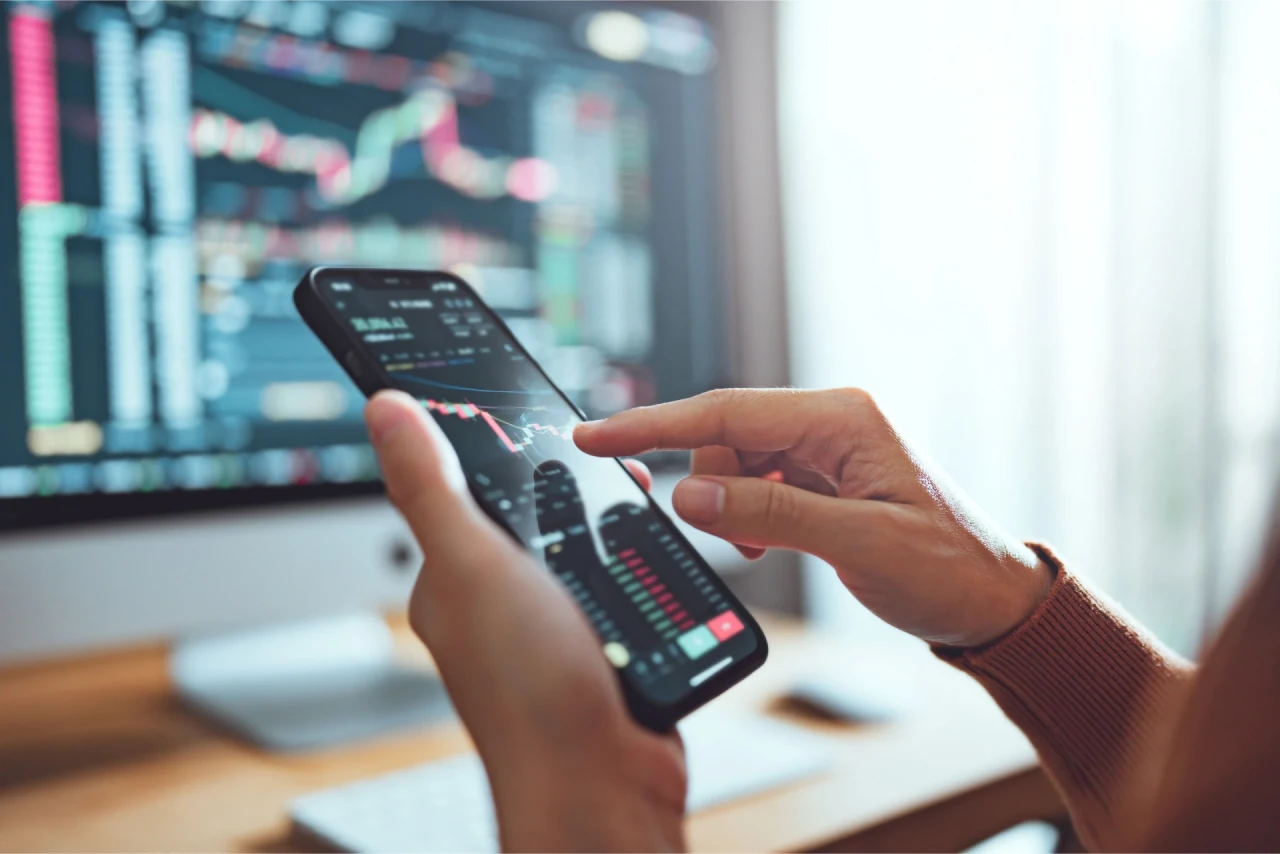
Dark Cloud Cover Pattern: Complete Trading Guide

Triangle Pattern Trading: Master Technical Analysis

Harmonic Trading Patterns
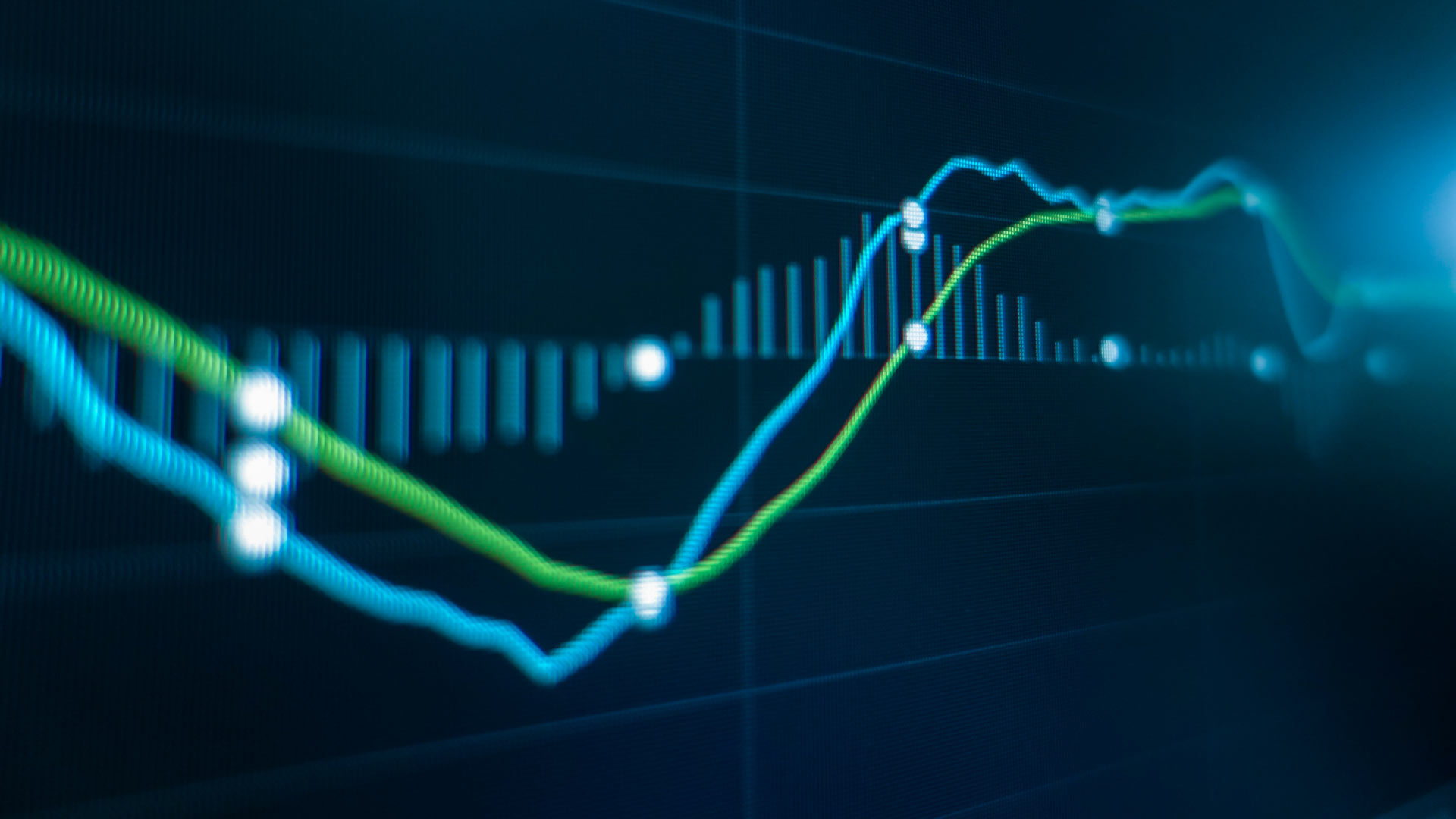
What is a golden cross in trading?

Top forex chart patterns to know in 2026

Spotlight on Deepseek stock: What to expect?

What is Commodity Money?

Your Ultimate Guide to Meme Stocks

What is Paper Trading?

Google Stock Split History: Everything to Know

How to Customize Charts in TradingView

Guide to Using TradingView for Forex Market Analysis

What is a Bear Trap and How Does It Work?

Helicopter Money: What Is It and What Does It Do?

Beginner's Guide to the JEPQ stock

Will EV Stocks Drive The Stock Market in The Future?
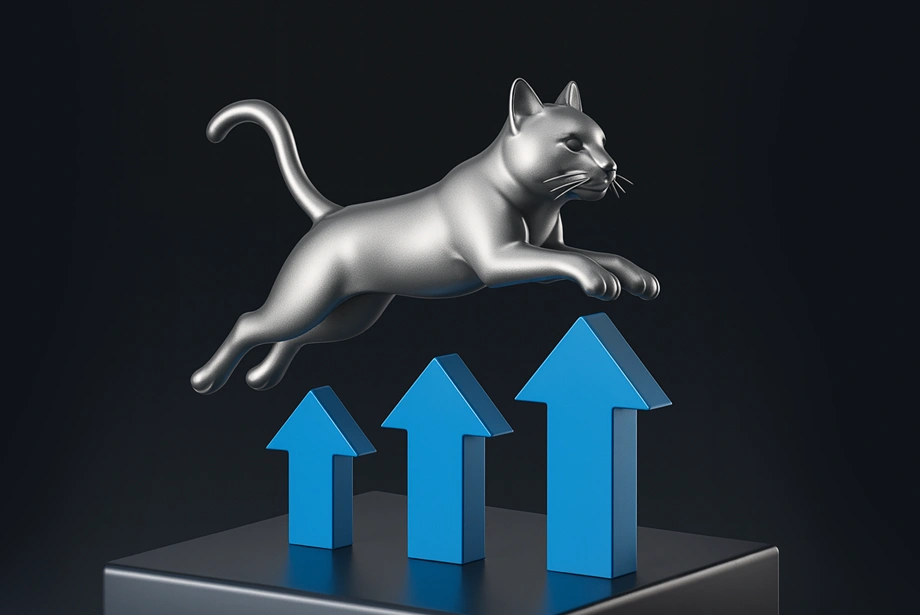
What is a Dead Cat Bounce in Trading?

Trading OpenAI stock: Is it Worth it?

Identifying and Avoiding the Reverse Bear Trap

What Are Low-float Stocks

Small-Cap Stock: Features, Pros, and Cons

Complete Beginner's Guide to Trading Meme Coins

How to Manage the TradingView Watchlist

One-Click Trading on MT5: How Does it Work?

How to Trade Markets During a Recession
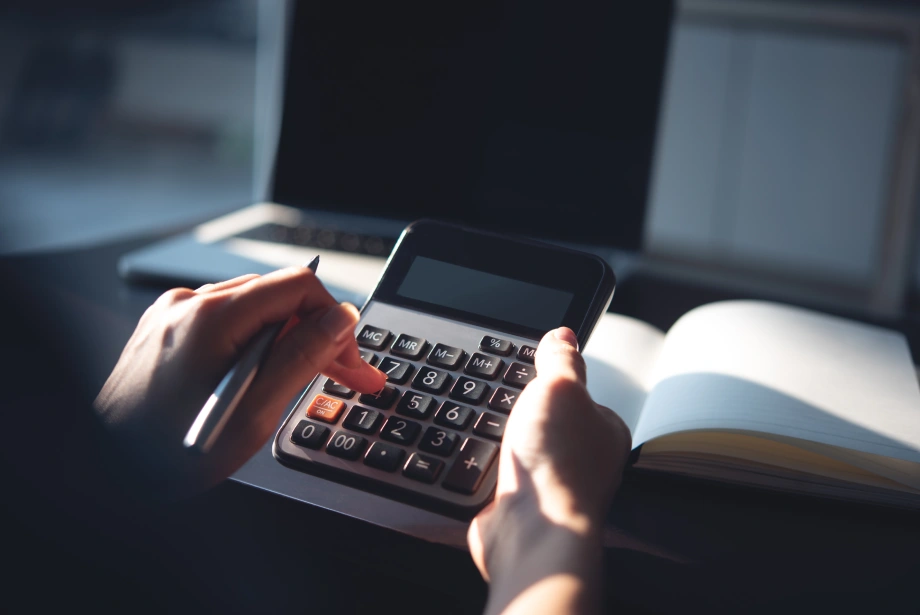
What is EBITDAR and How to Calculate it

What is the RSI Divergence Indicator

The Ultimate Guide to Copy Trading

The Stages of a Forex Trend
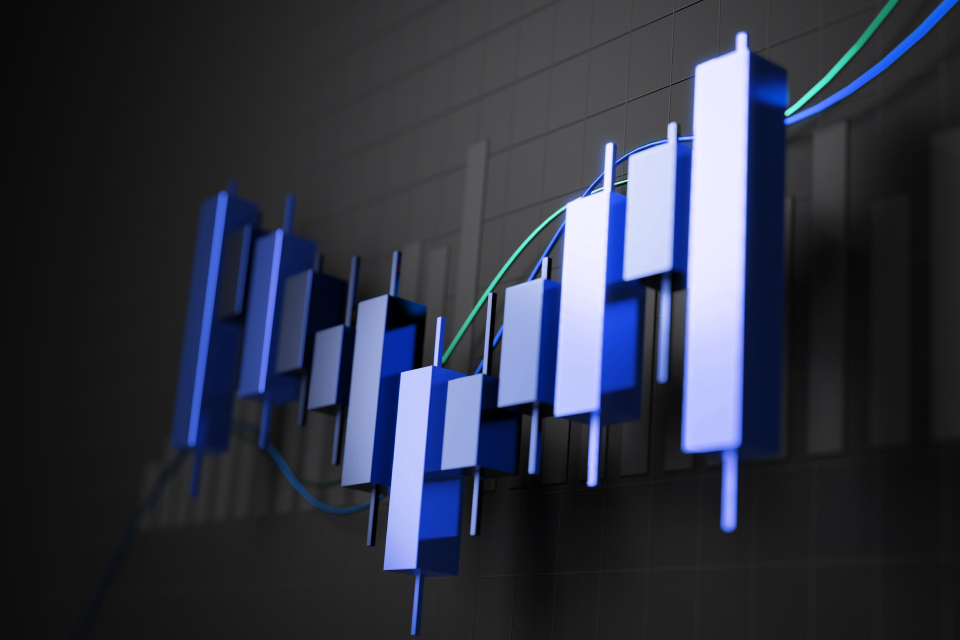
Guide to Rectangle Chart Pattern

How to Use Heatmap in TradingView
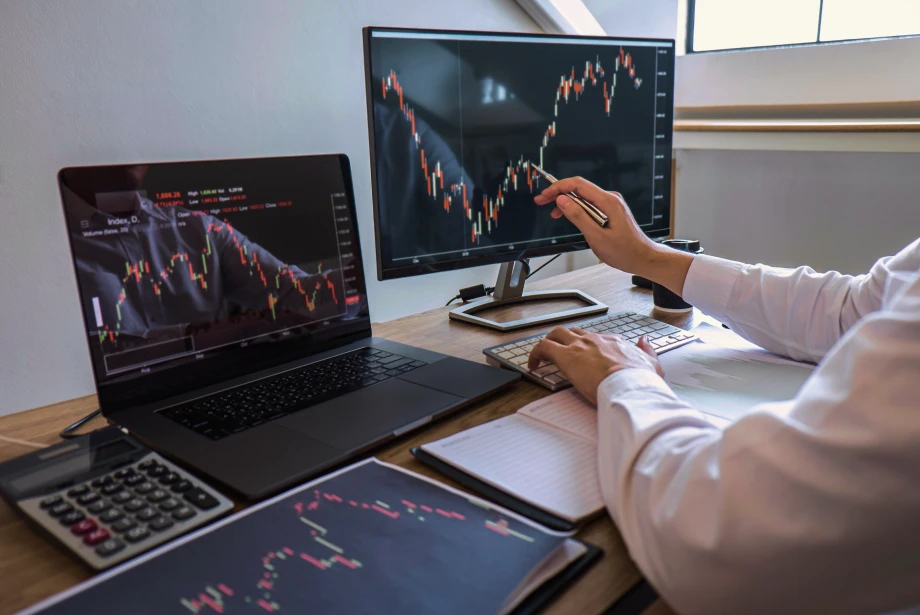
How to Backtest on MT4 and MT5

How to Trade FOMC Meetings?

Top Long-Term Forex Strategies

How to Figure Out Your Trader Personality Profile?

Brent Crude Oil: Key Trading Strategies
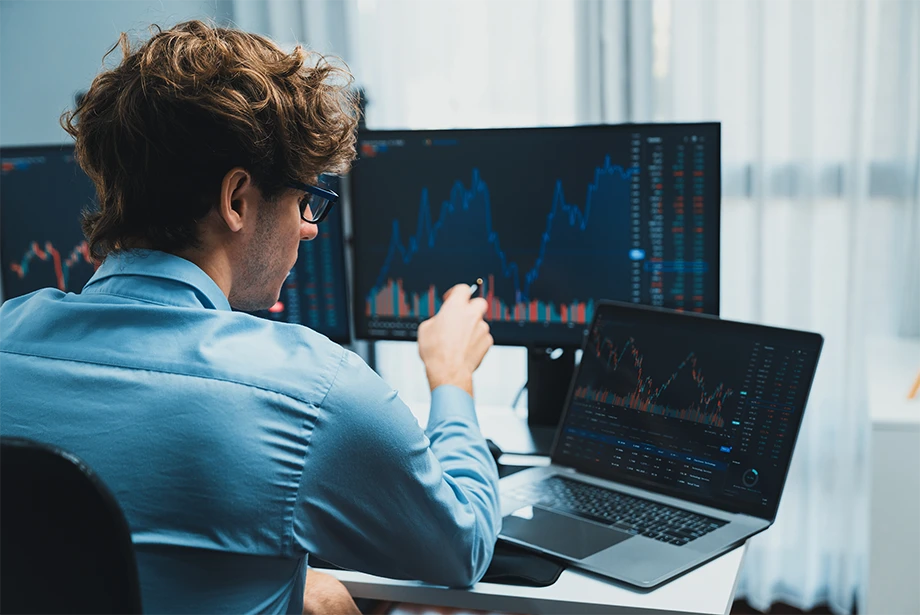
Mastering the Triple Screen Trading Strategy
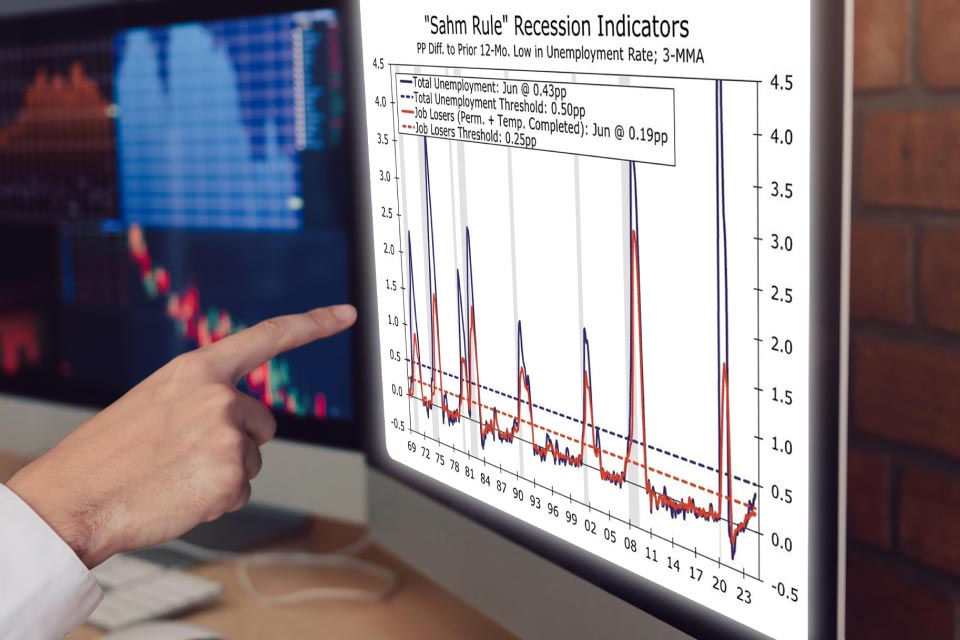
The Sahm Rule Recession Indicator: How Does it Work?

What is TradingView? A Beginner's Guide

How to Set Up Your TradingView Account

How to Set Alerts on TradingView

Forex Trading Week Ahead Analysis: 10th June
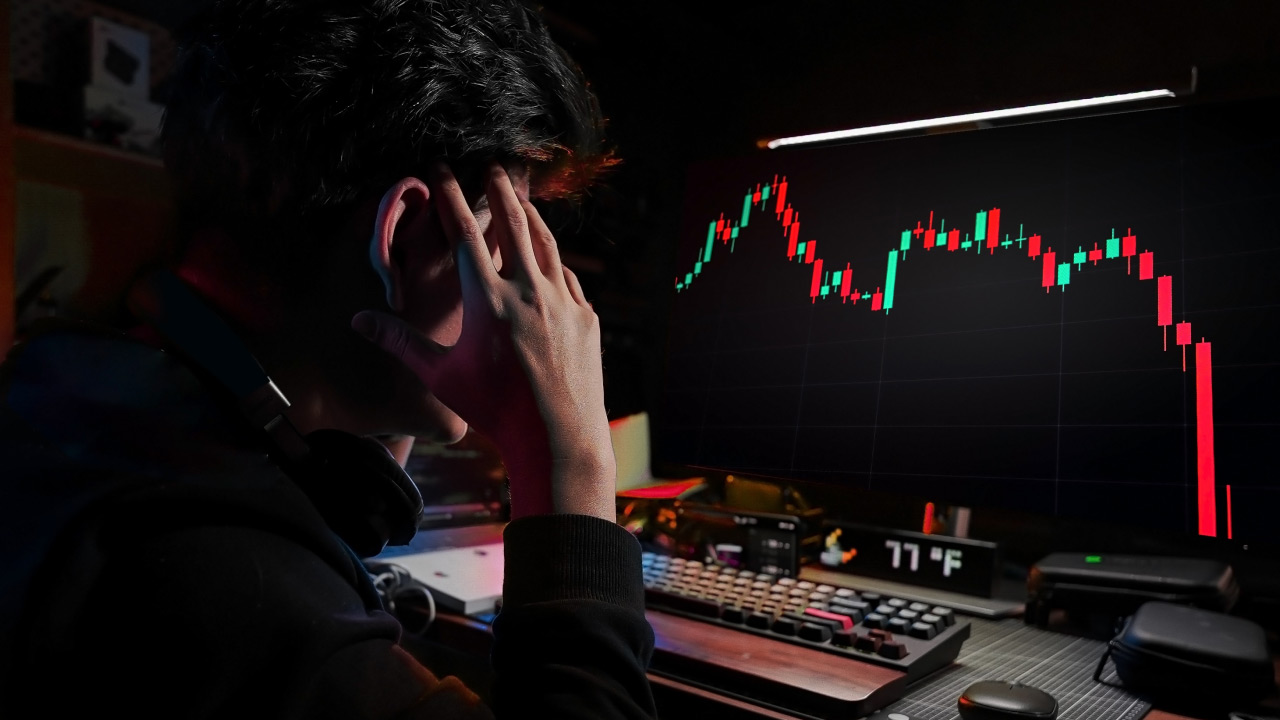
How to Protect Yourself From Market Reversals?

US Inflation Outlook for 2025

Forex Week Ahead Analysis: 3rd March

How to Trade the ECB Rate Decision

Forex Week Ahead Analysis: 24th February
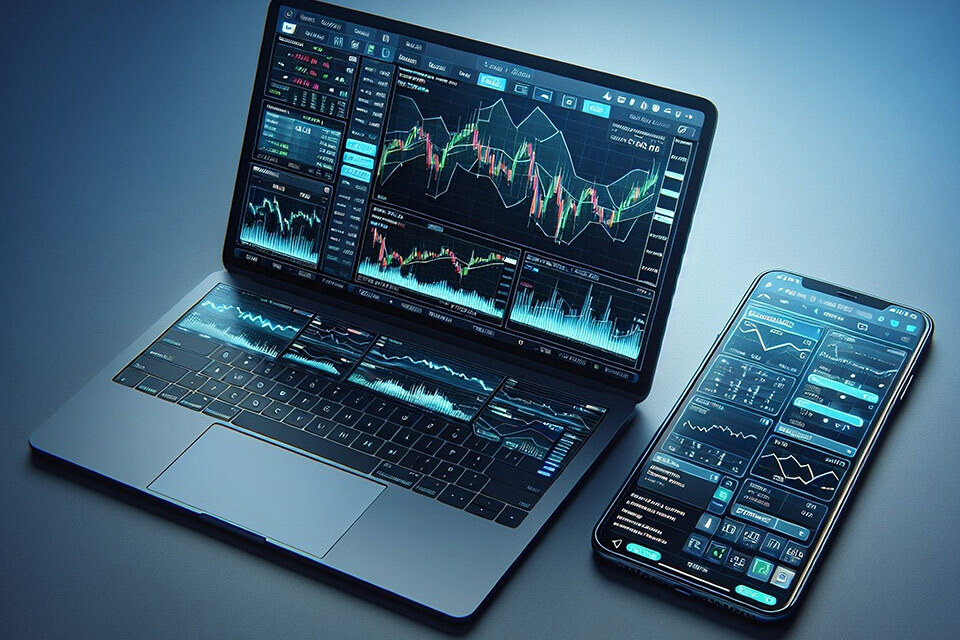
How to Subscribe to Trading Signals on MetaTrader

Guide to Trump Coin: Everything Traders Must Know

Forex Week Ahead Analysis: 17th February
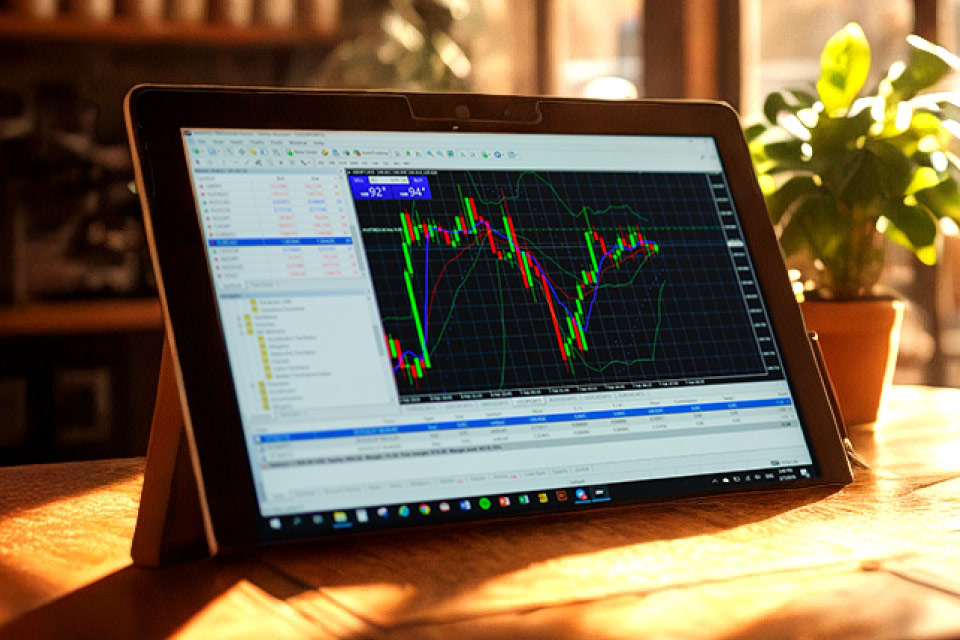
Advanced Technical Analysis with MT5 Indicators

When to Trade a Forex Cross Pair?

How Can Traders Use GDP to Find Opportunities?
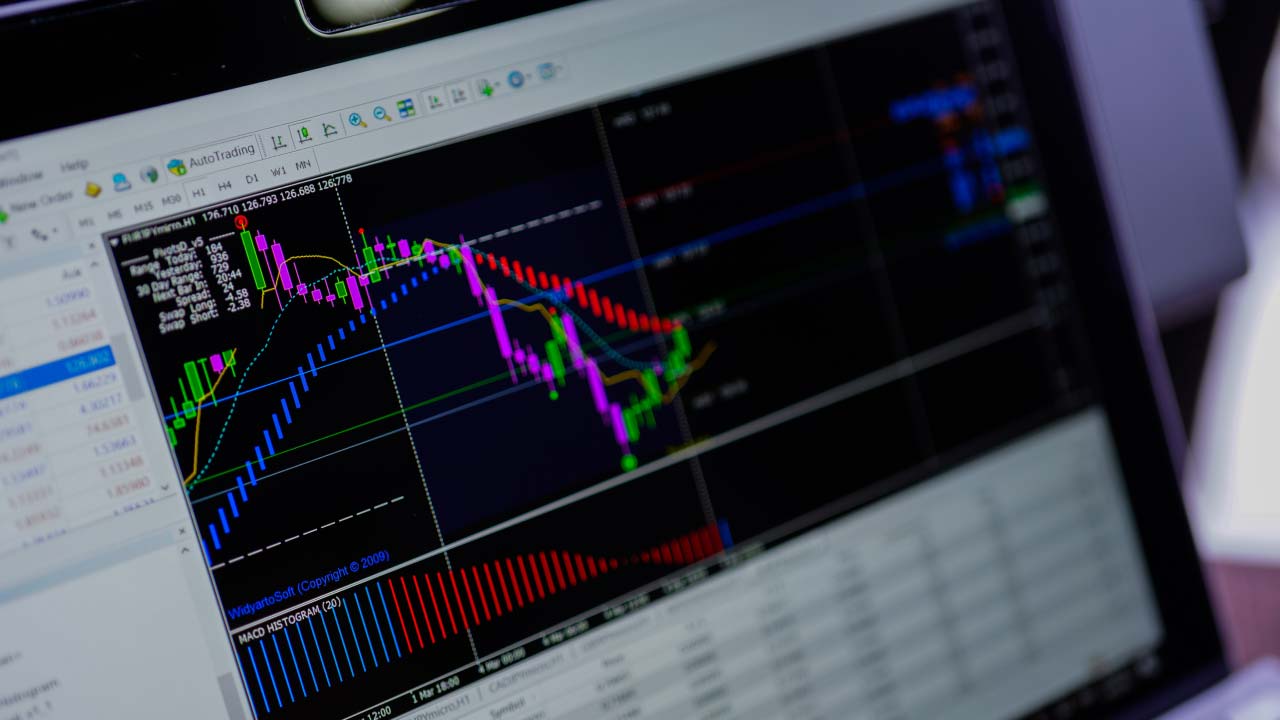
Can You Add Scripts to MetaTrader 4?

Forex Week Ahead Analysis: 10th February

How to Avoid Being Influenced by Recency Bias
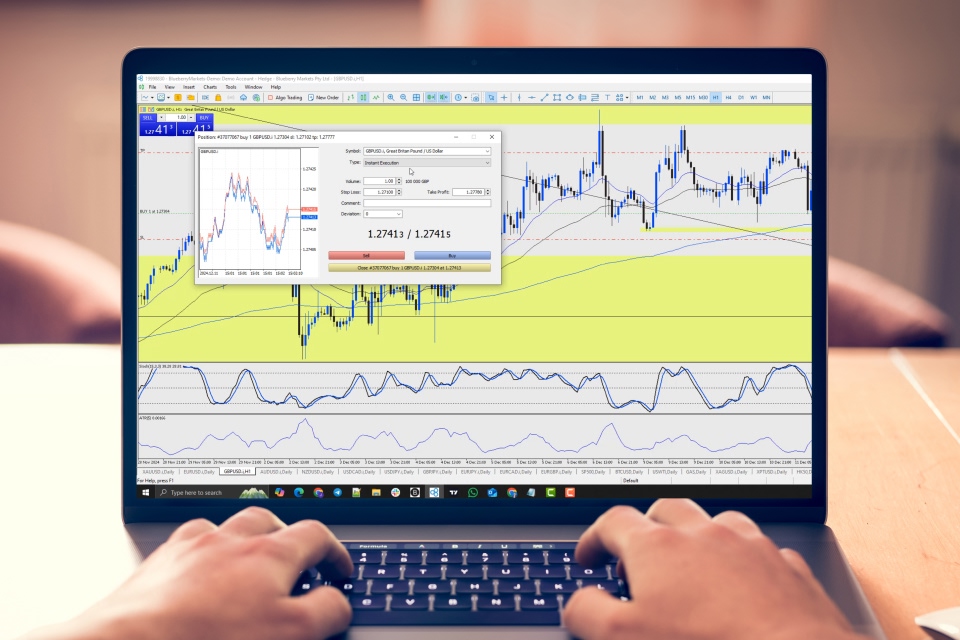
How to Change The Volume of a Trade in MetaTrader
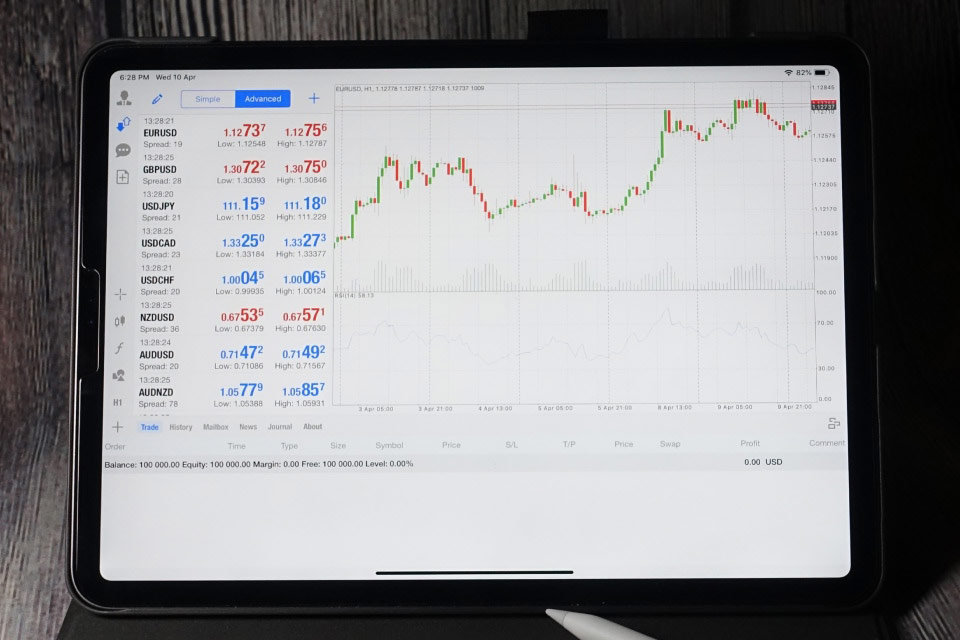
How To Create Templates In MT5
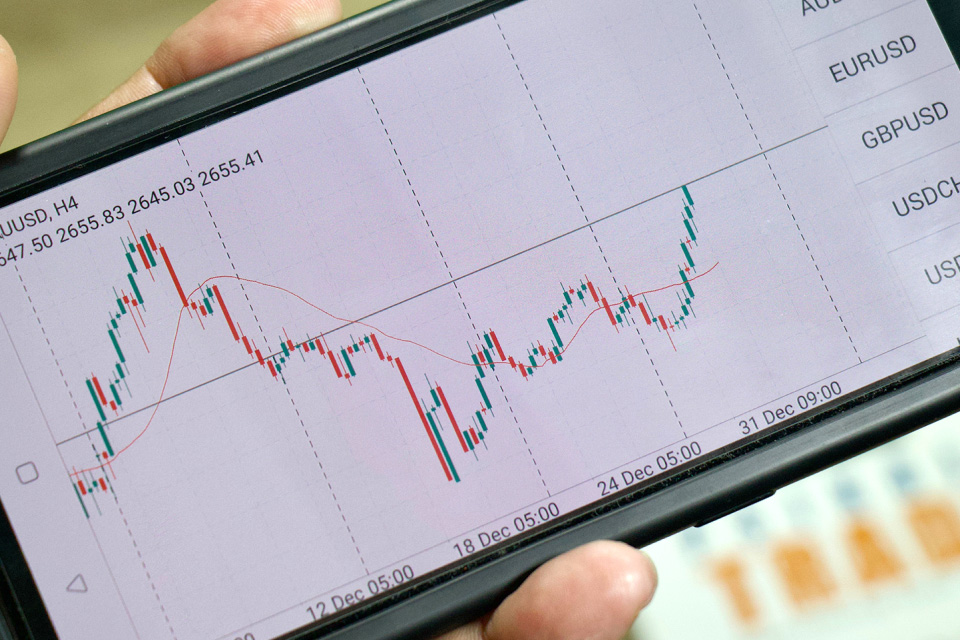
Mastering Chart Types in MetaTrader 5

Forex Week Ahead Analysis: 3rd February

Why European Central Bank Cut Interest Rates Again?

Forex Week Ahead Analysis: 20th January
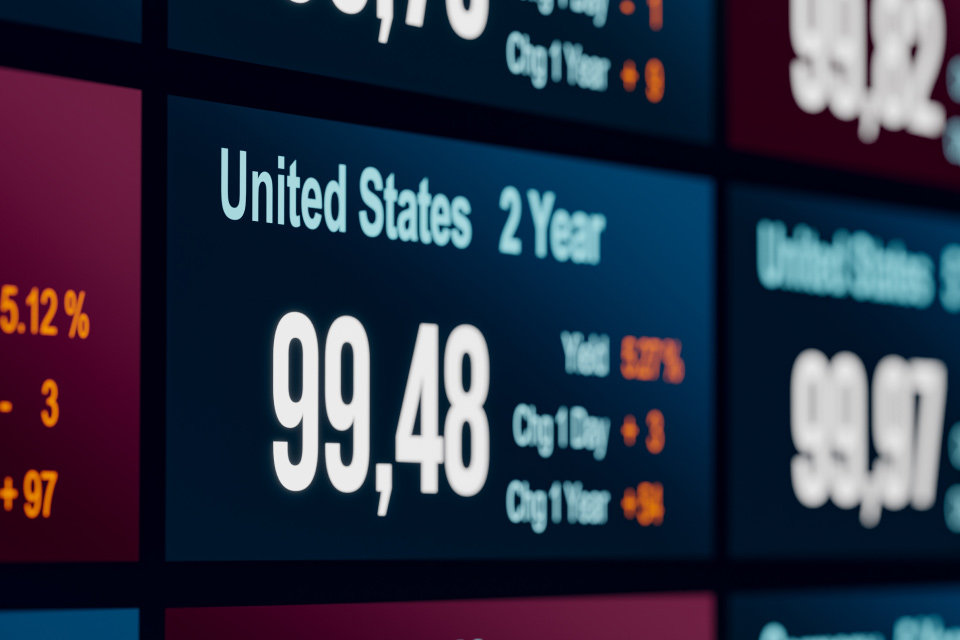
Treasury Bonds vs. Treasury Notes vs. Treasury Bills

Impact of Fed Rate Cuts on Oil Prices

Forex Week Ahead Analysis: 13th January

Where Interest Rates Might Go In 2025?

Top Cryptocurrency Forecasts for 2025

Bitcoin Price Prediction For 2025: What to Expect?

Forex Markets in 2025: Top Predictions

Oil Prices in 2025: What Do The Experts Say?

Emerging Market Currencies to Watch

Forex Week Ahead Analysis: 9th December

Will Gold Climb Higher in 2025?

Forex Week Ahead Analysis: 16th December

Is The US Recession Coming in 2025?

Is the BOJ Interest Rate Hike Coming Soon?

What are Corporate Bonds?
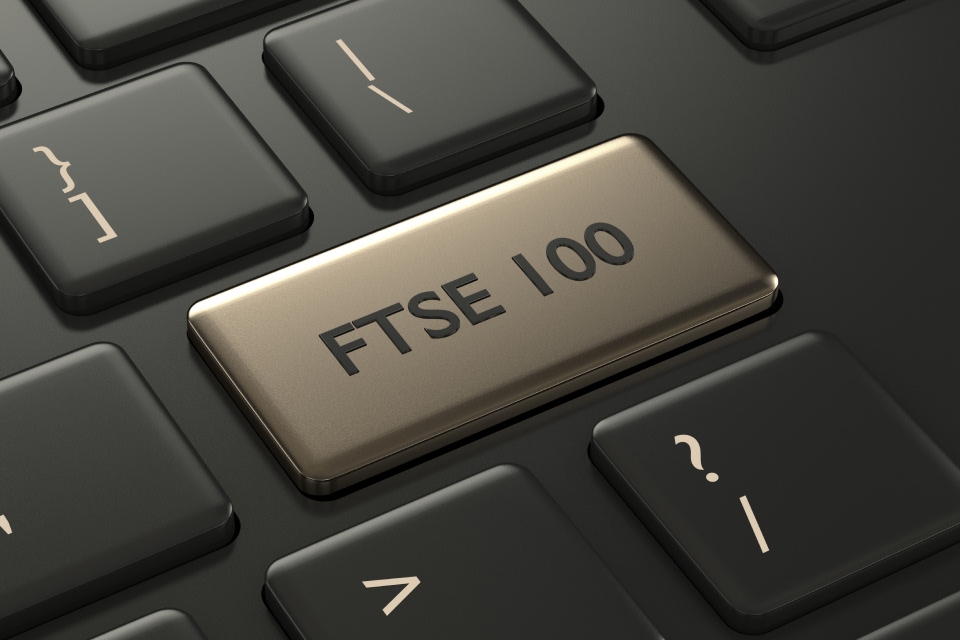
What is next for FTSE 100?

Copper Trading: Capitalizing on Global Demand
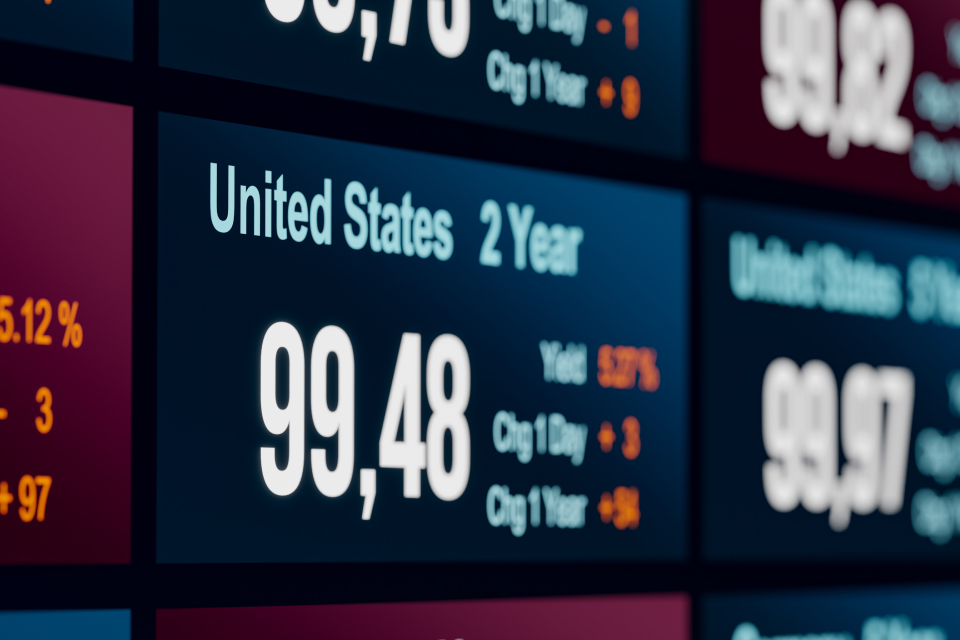
What is a Treasury Bond?

Platinum Trading: Opportunities in Precious Metals
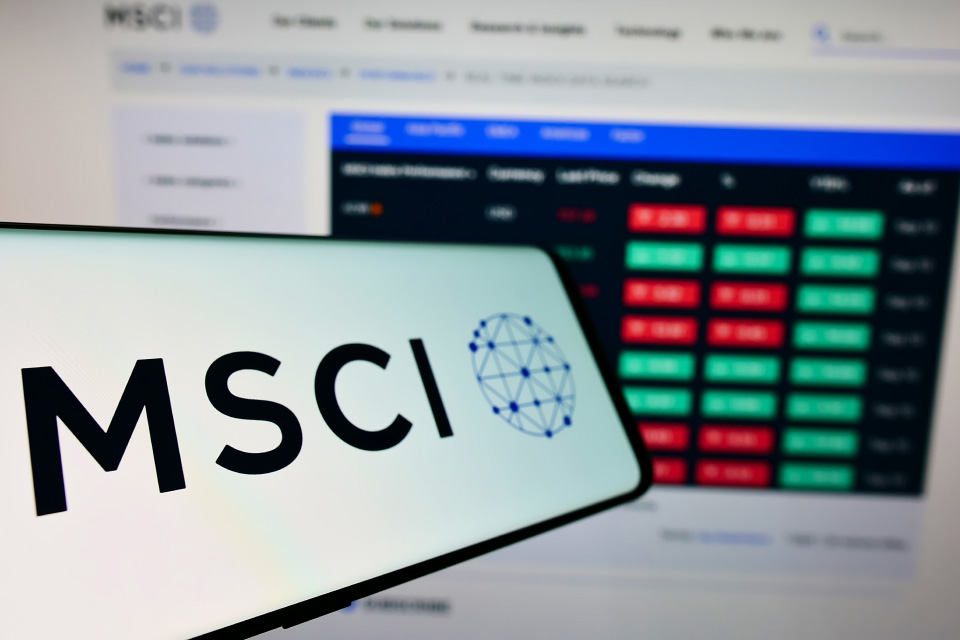
How to Trade The MSCI World Index
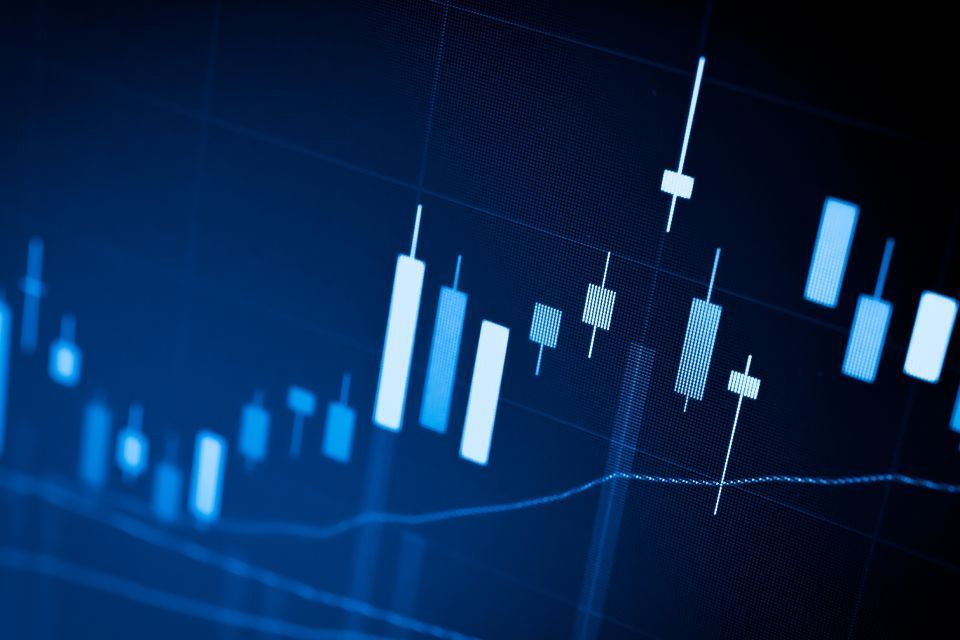
Simple Moving Average (SMA)

Crypto Staking - What it is And How it Works
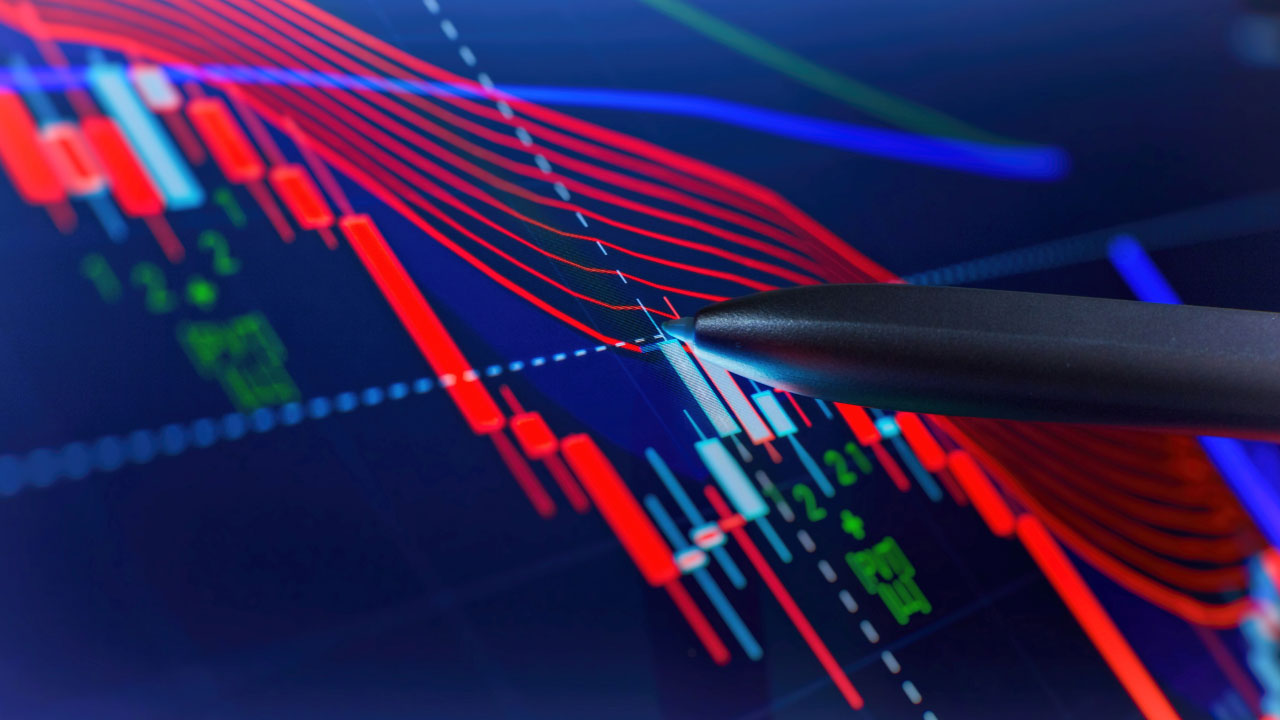
What is Position Trading?
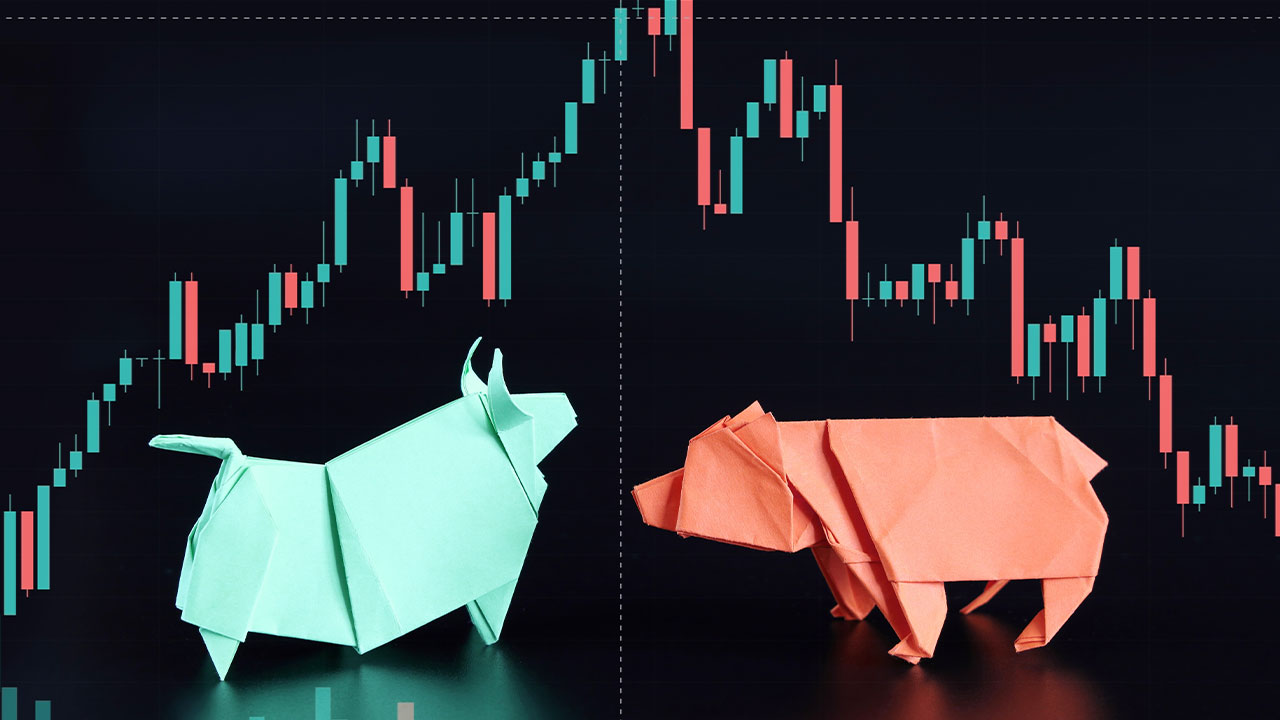
Bullish and Bearish Harami Candlestick Pattern
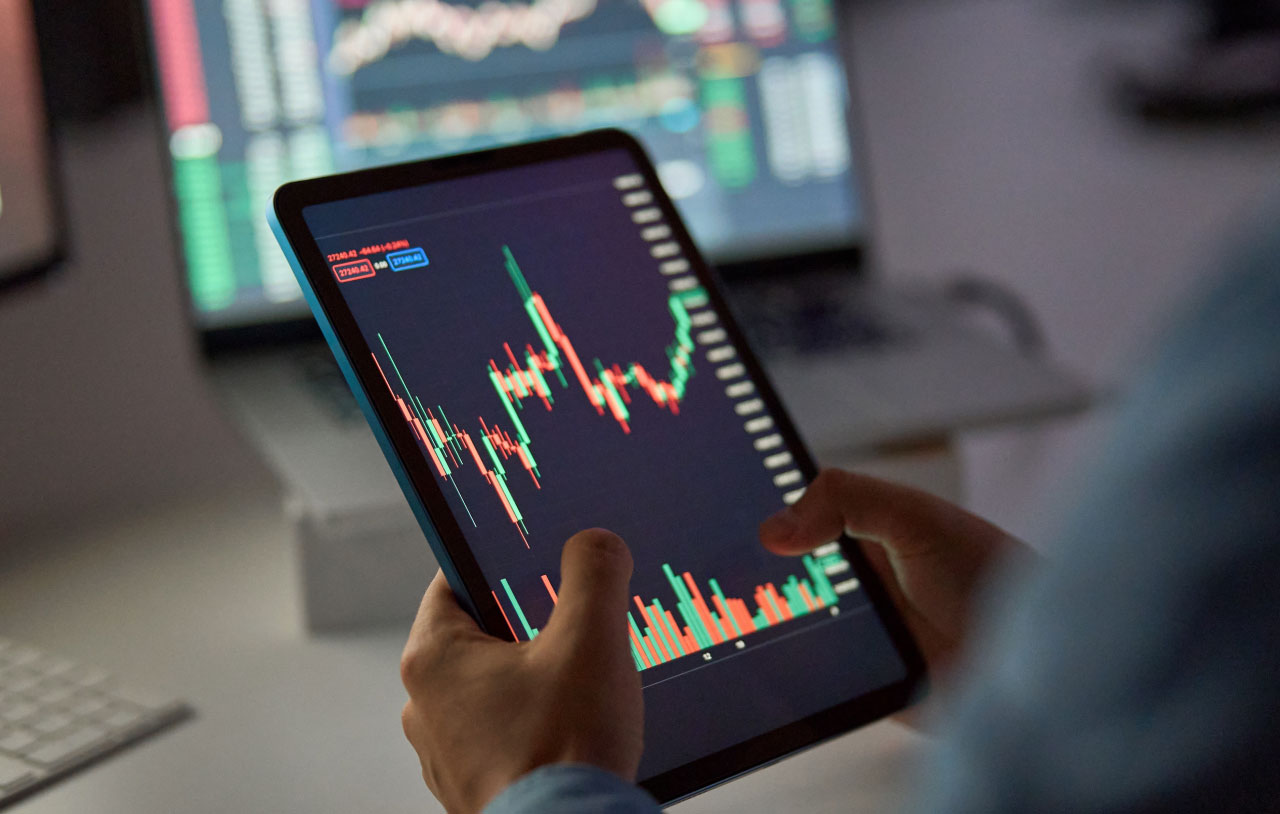
McClellan Summation Index: A Deep Dive

Top Trend Following Strategies
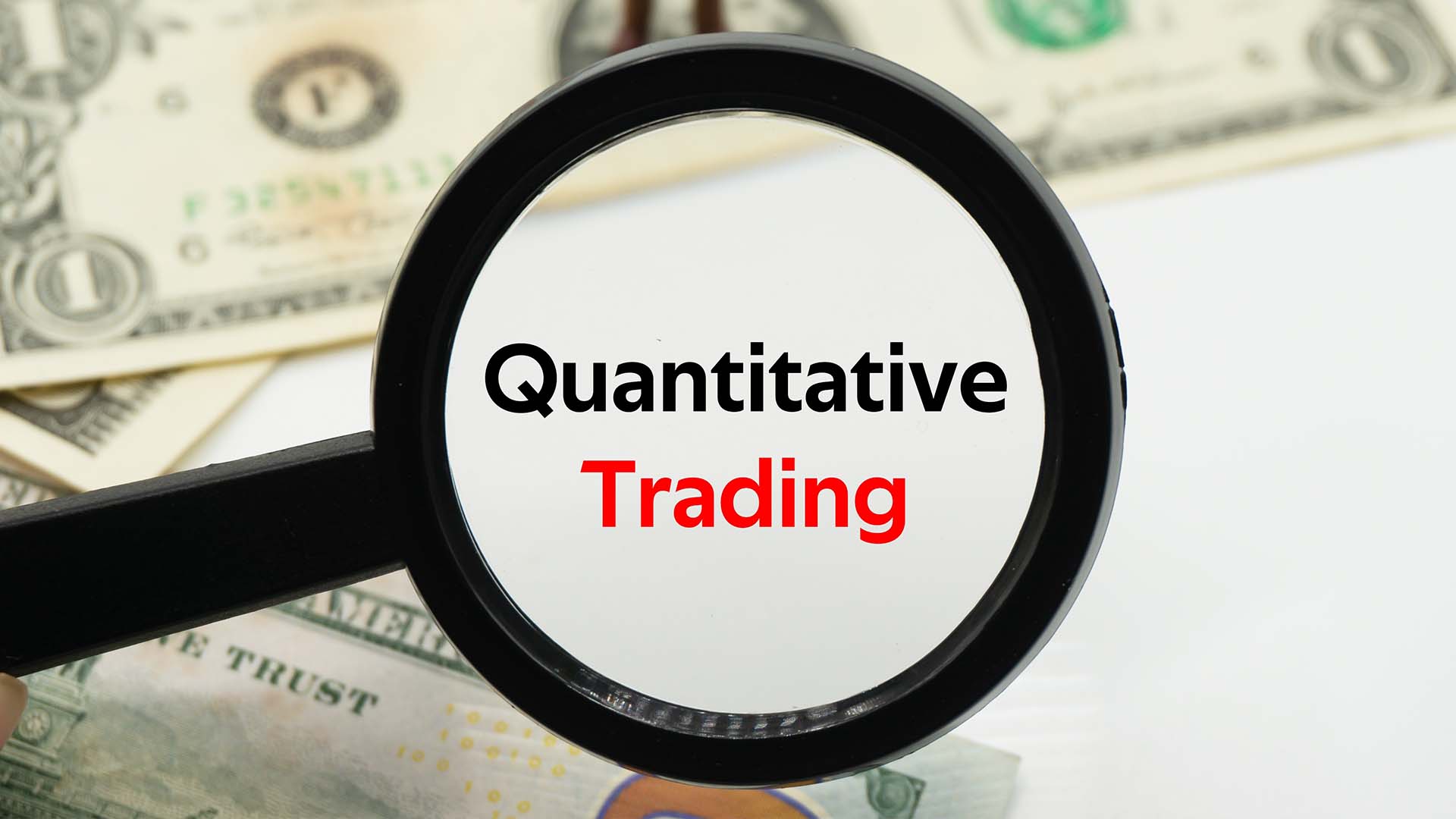
Beginner's Guide to Quantitative Trading

Crypto Day Trading: Top Strategies
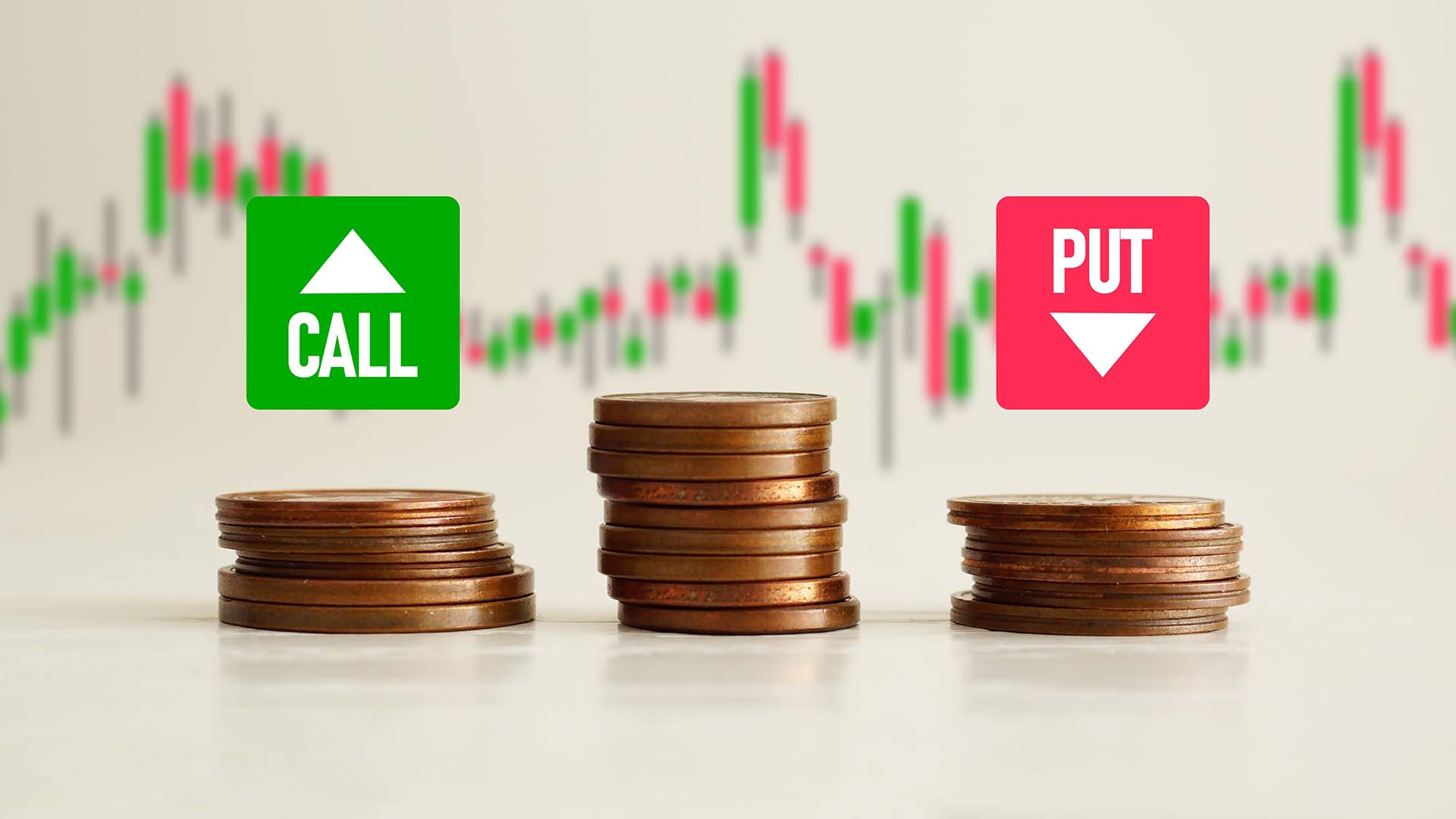
How to Use Put/Call Ratio to Gauge Market Sentiment

Rate of Change (ROC) Indicator Explained
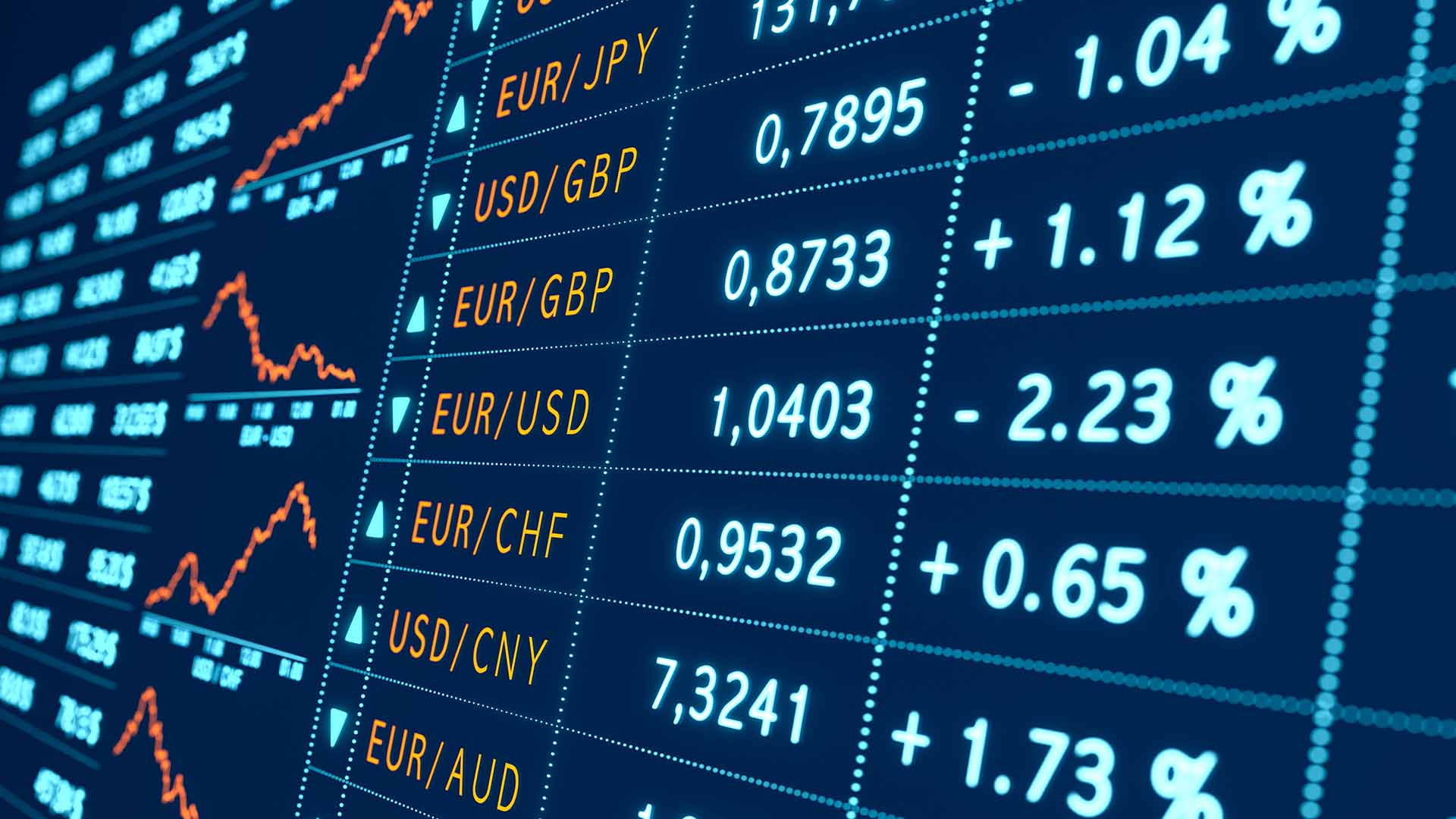
Strategies for Trading Volatile Forex Pairs

Buy and Hold: The Long-Term Trading Strategy
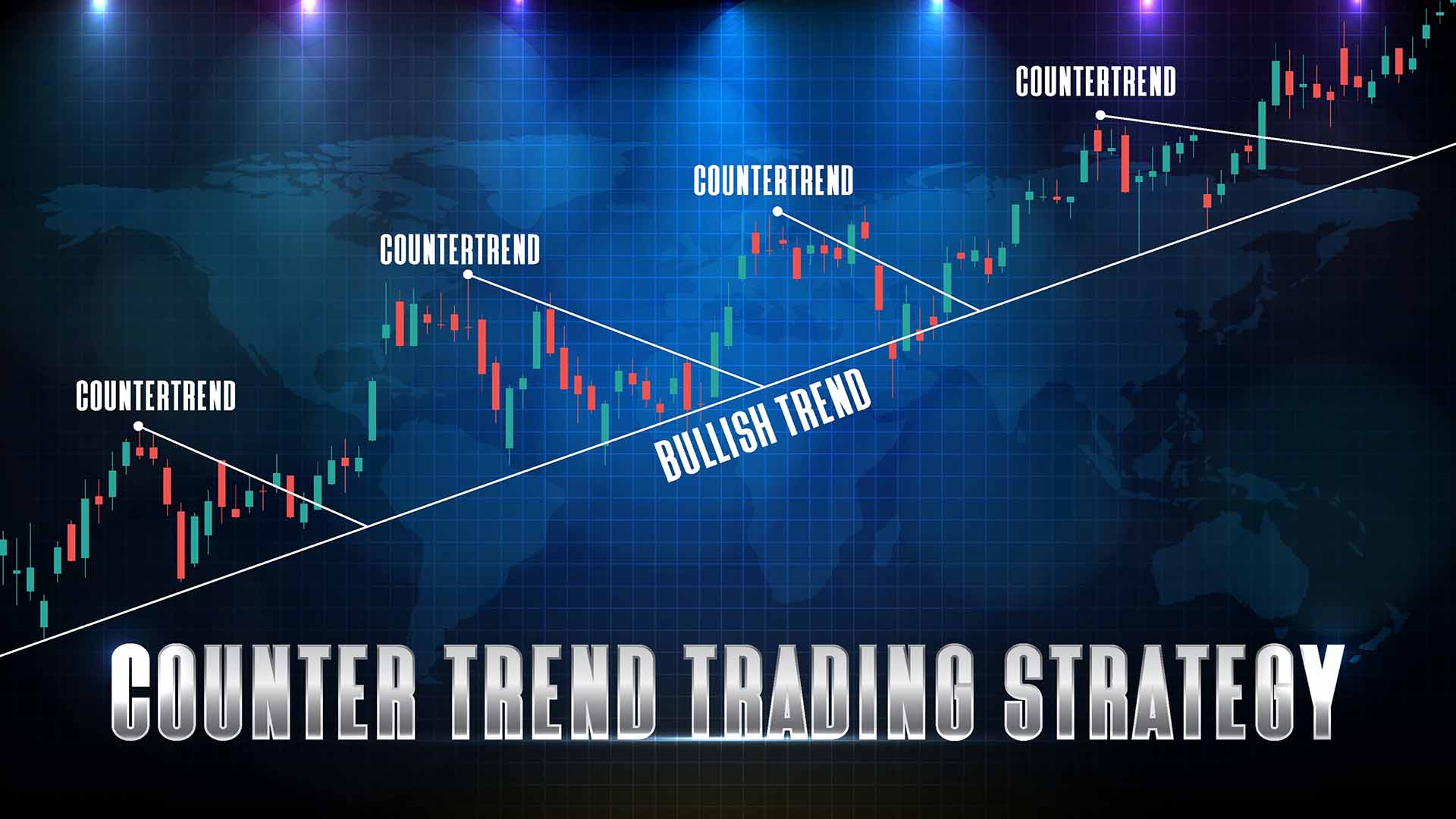
Counter-Trend Trading: Strategies and Tips

How to Use HODLing: The Long-Term Crypto Strategy

Protective Put Strategy: The Complete Guide

Dollar Retreats Ahead of US Jobs Report Looms
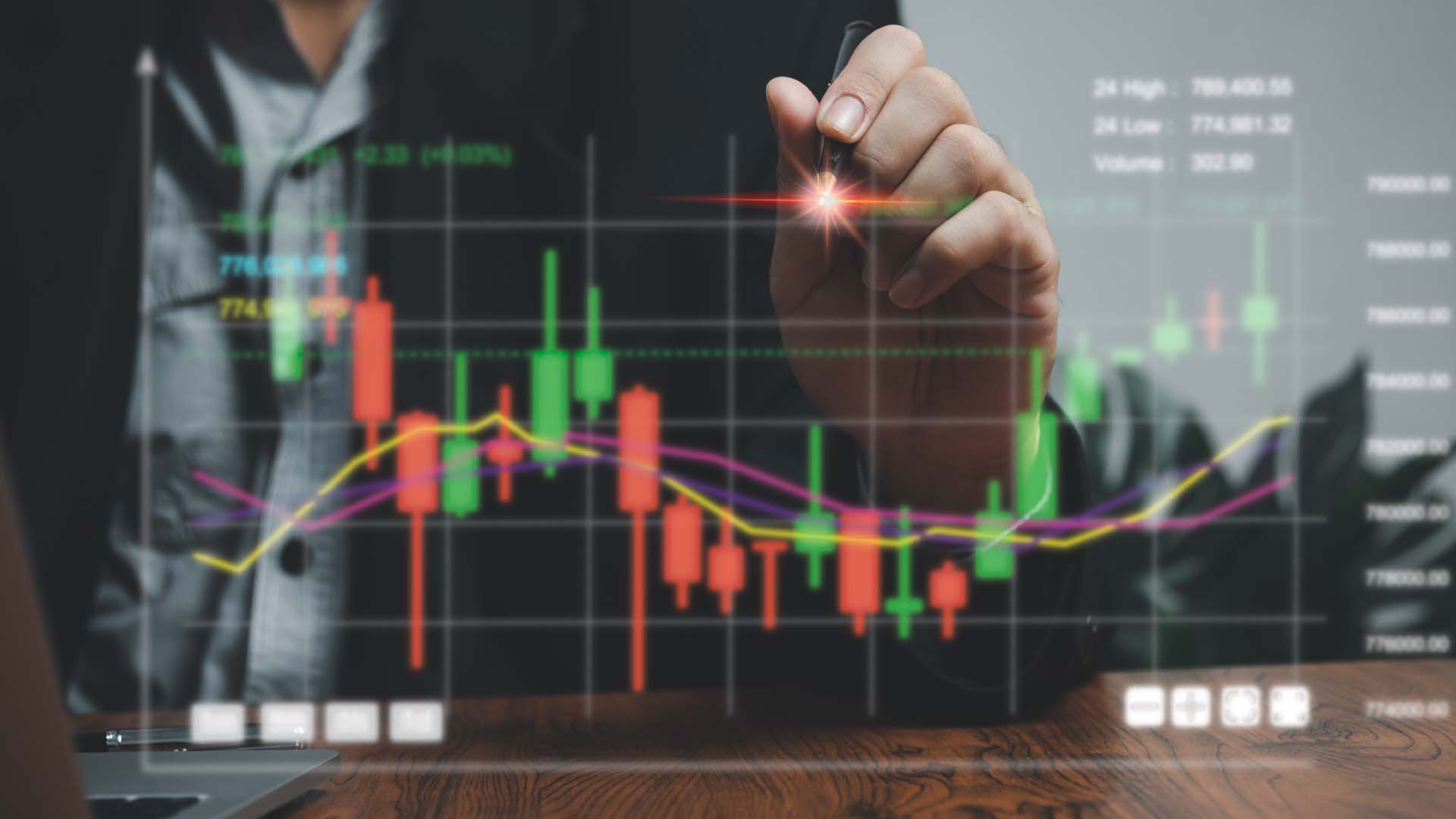
Technical Indicator Composites: The Complete Guide

What is a Covered Call Options Strategy?

What is a Take-Profit Order?

How to Build Your Own Crypto Trading Strategy

How to Create a Crypto Trading Journal
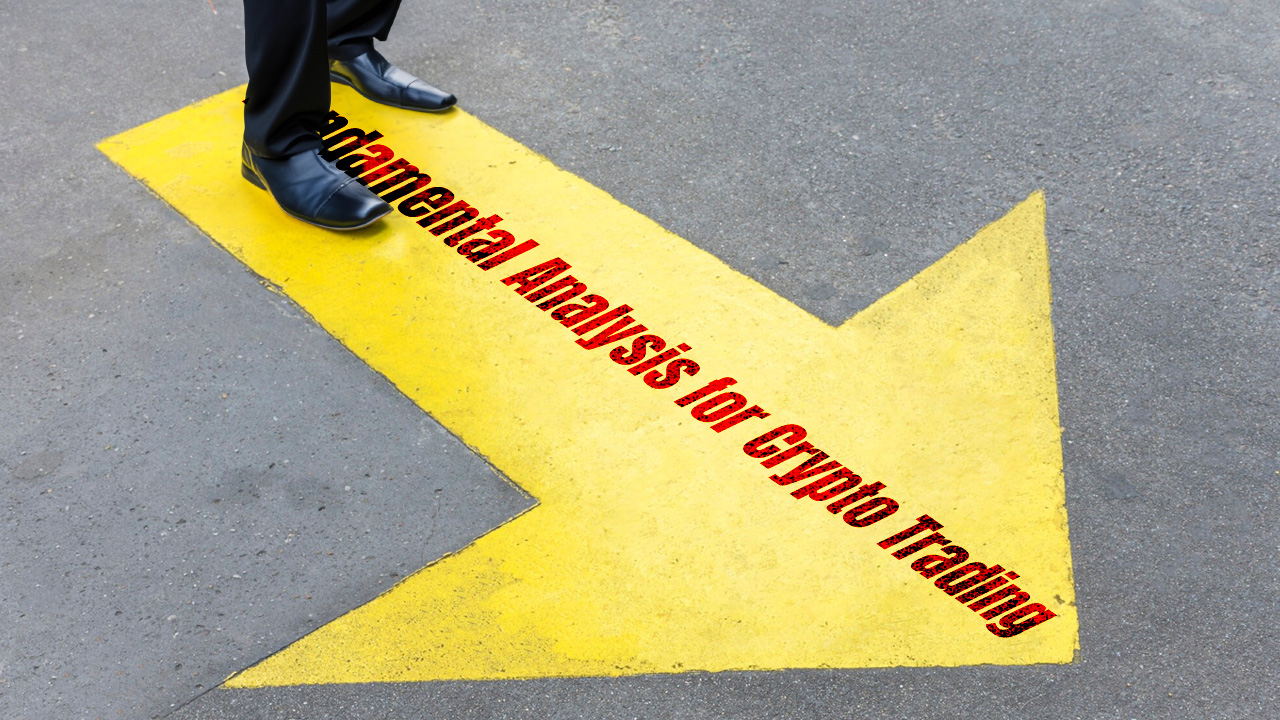
How to Use Fundamental Analysis for Crypto Trading
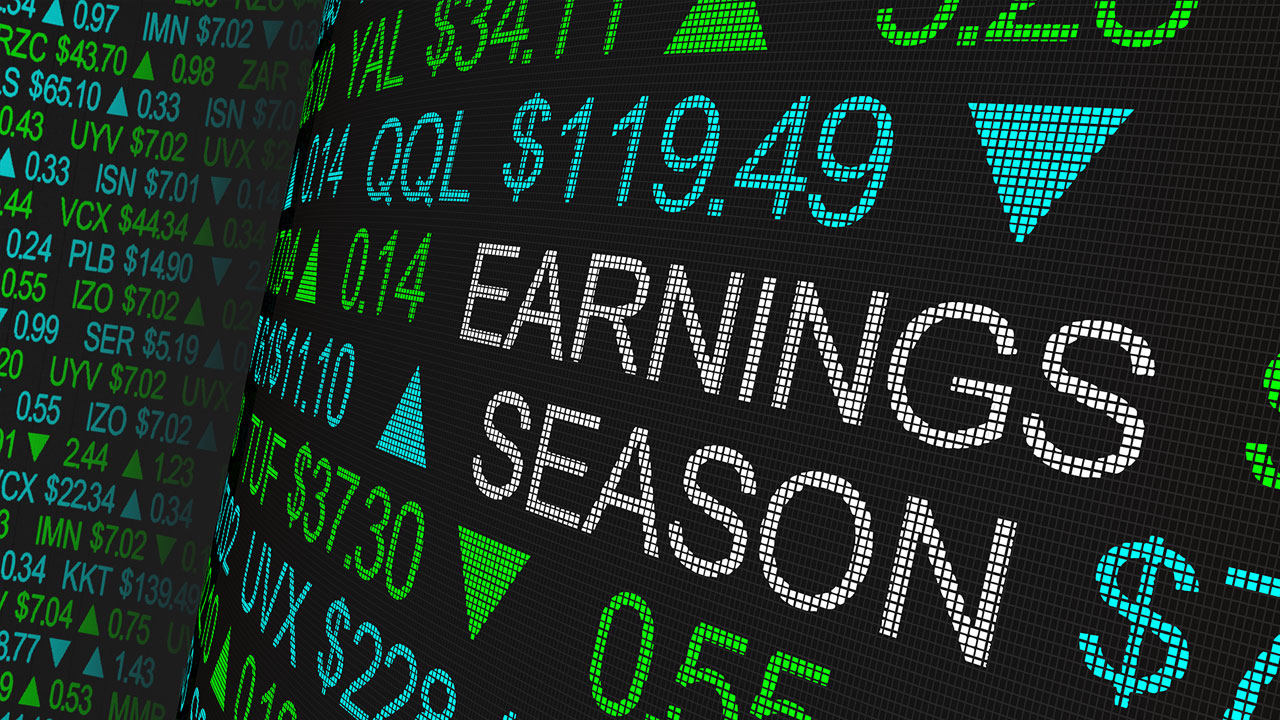
Seasonal Trading: The Complete Guide

Butterfly Pattern Trading: A Comprehensive Guide

Guide to Rounding Bottom Pattern
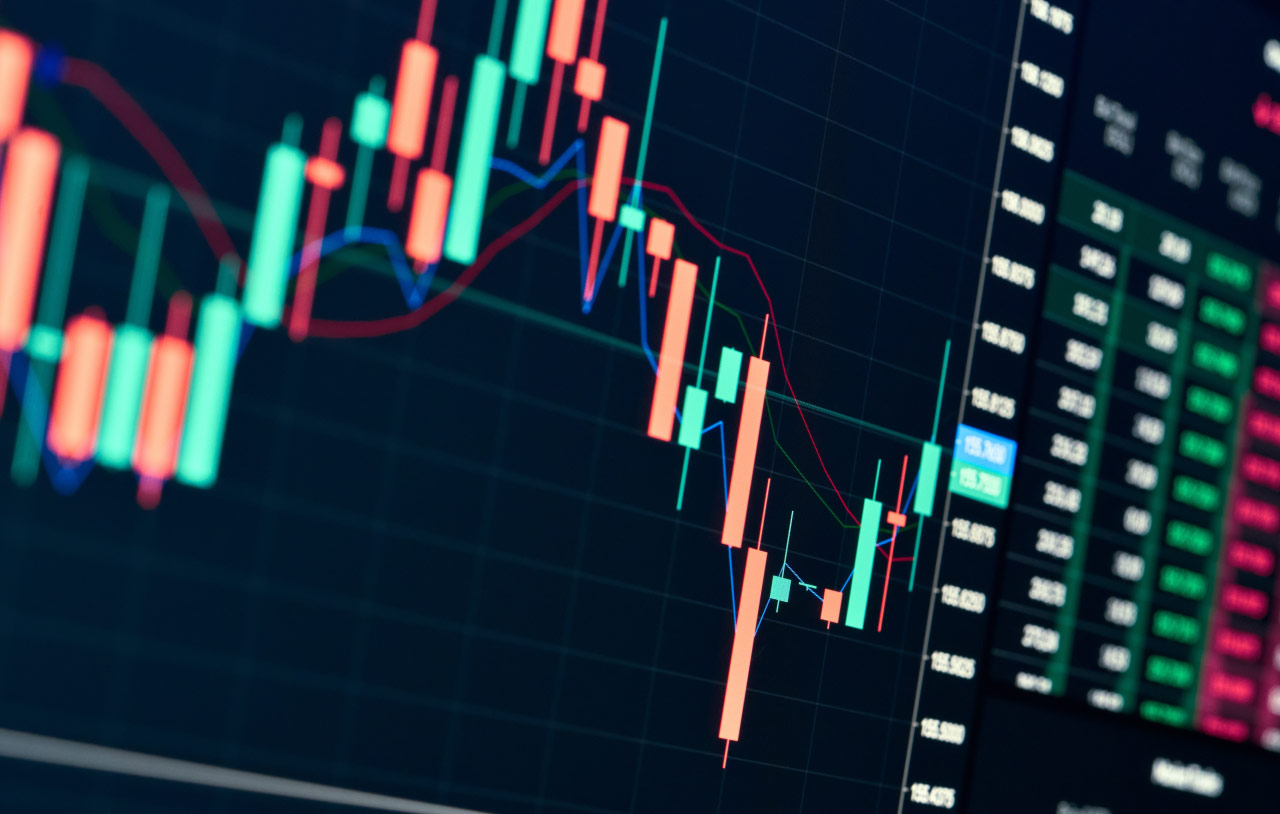
M Trading Pattern: Master Double Top Strategy
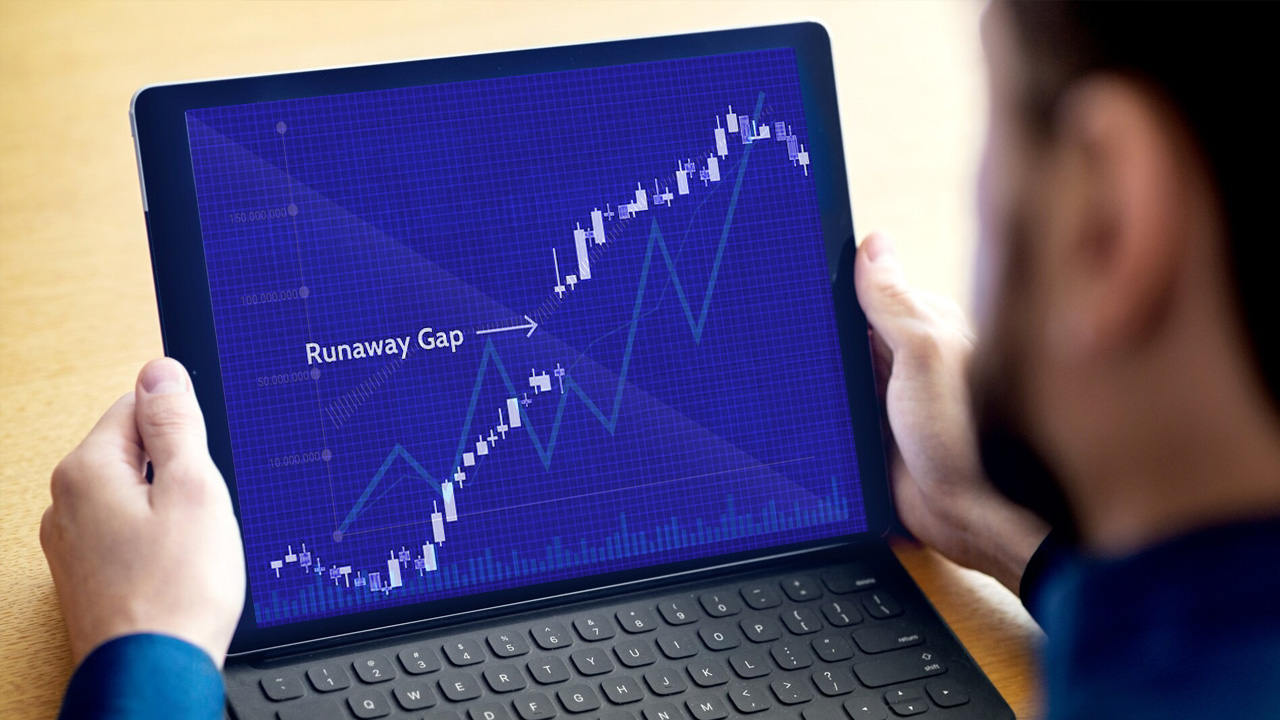
Runaway Gap: Identifying and Trading Trends

Top Indicators for Swing Trading

Trading the Engulfing Pattern: Bullish & Bearish
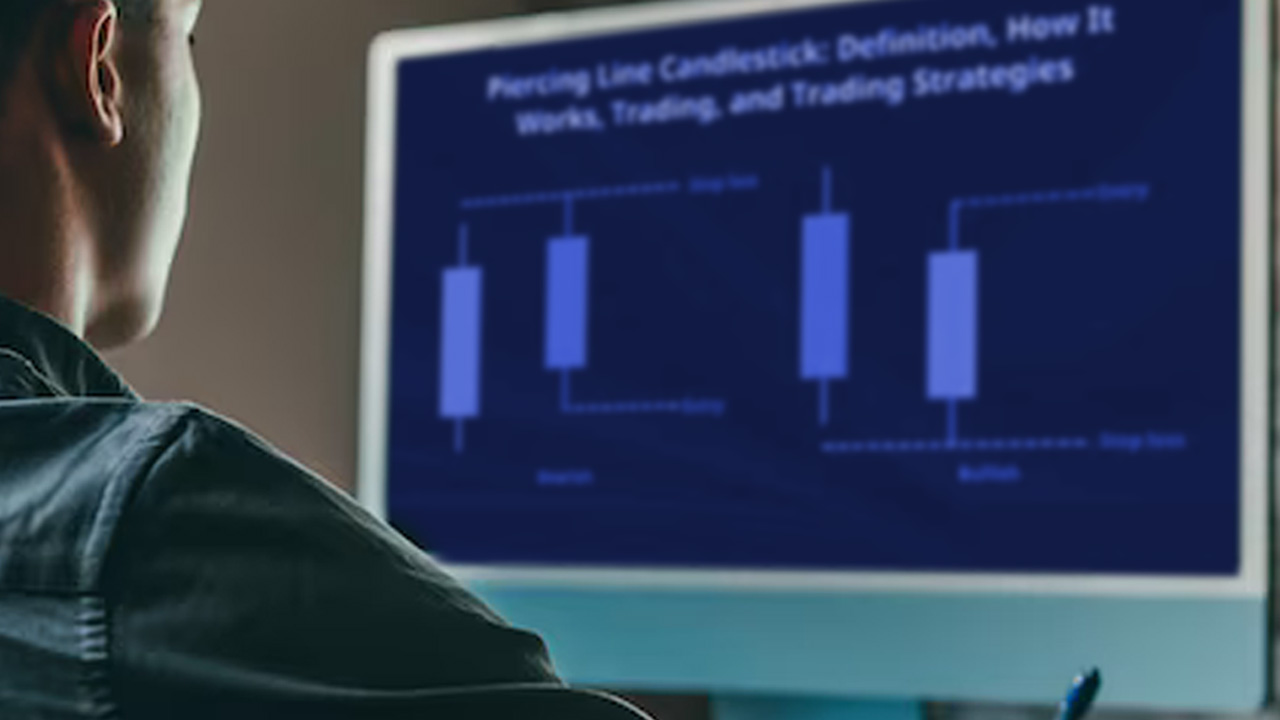
Trading the Piercing Line Pattern: A Quick Guide

Gold Prices Falling After a Period of Strong Growth

Questions to Ask When Trading Trends

Top Ways to Minimize Missed Trades
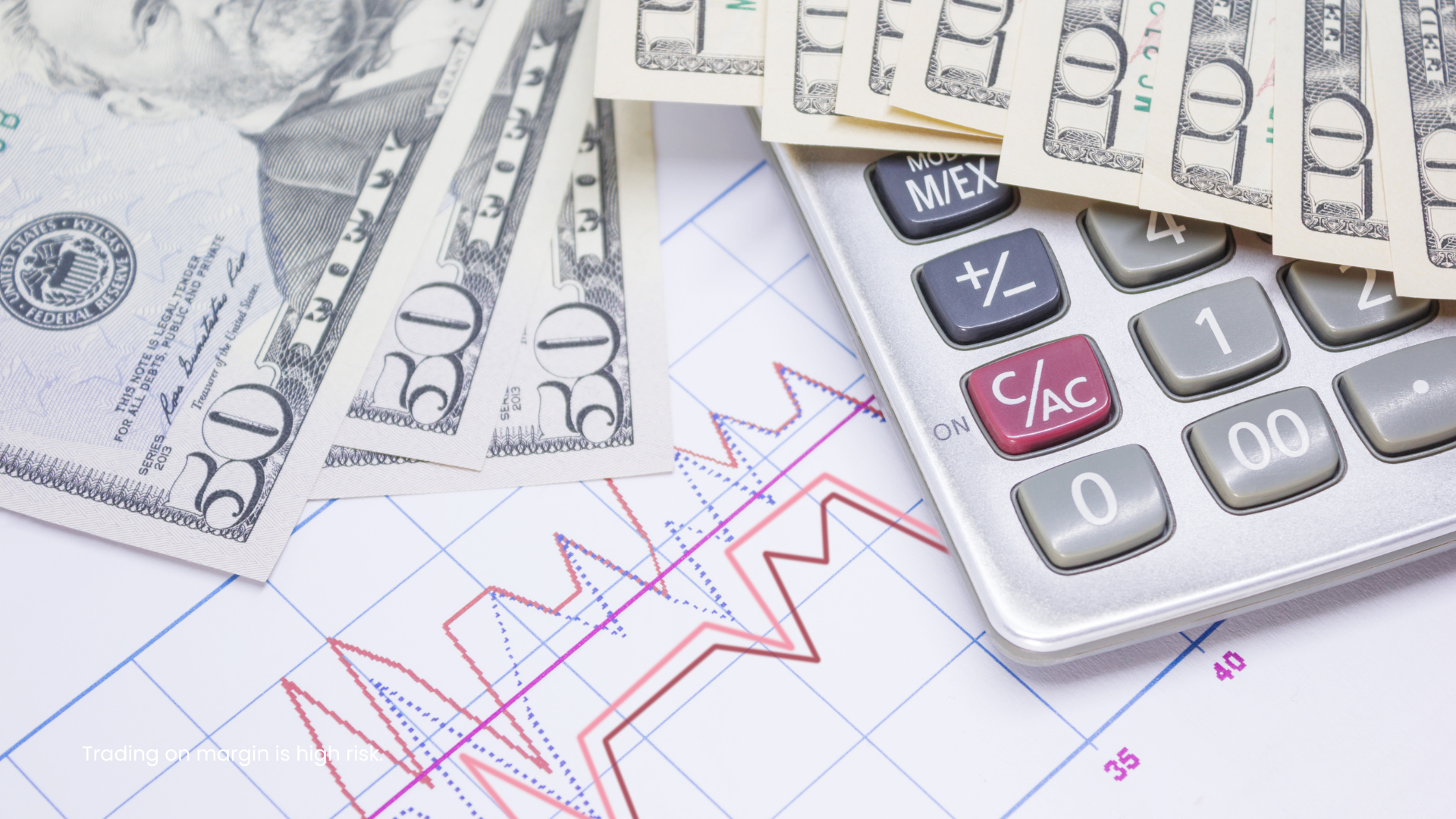
USD to Range-Bound Amidst Central Bank Speculation

Top Market Breadth Indicators
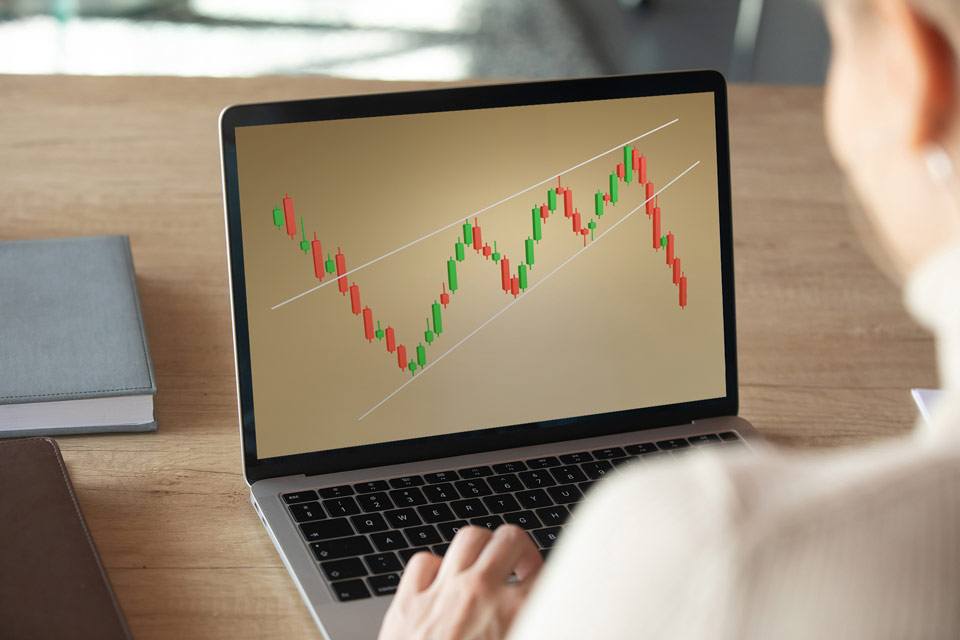
Trading Wedge Pattern: A Comprehensive Guide

Forex Trading Week Ahead: 16th September
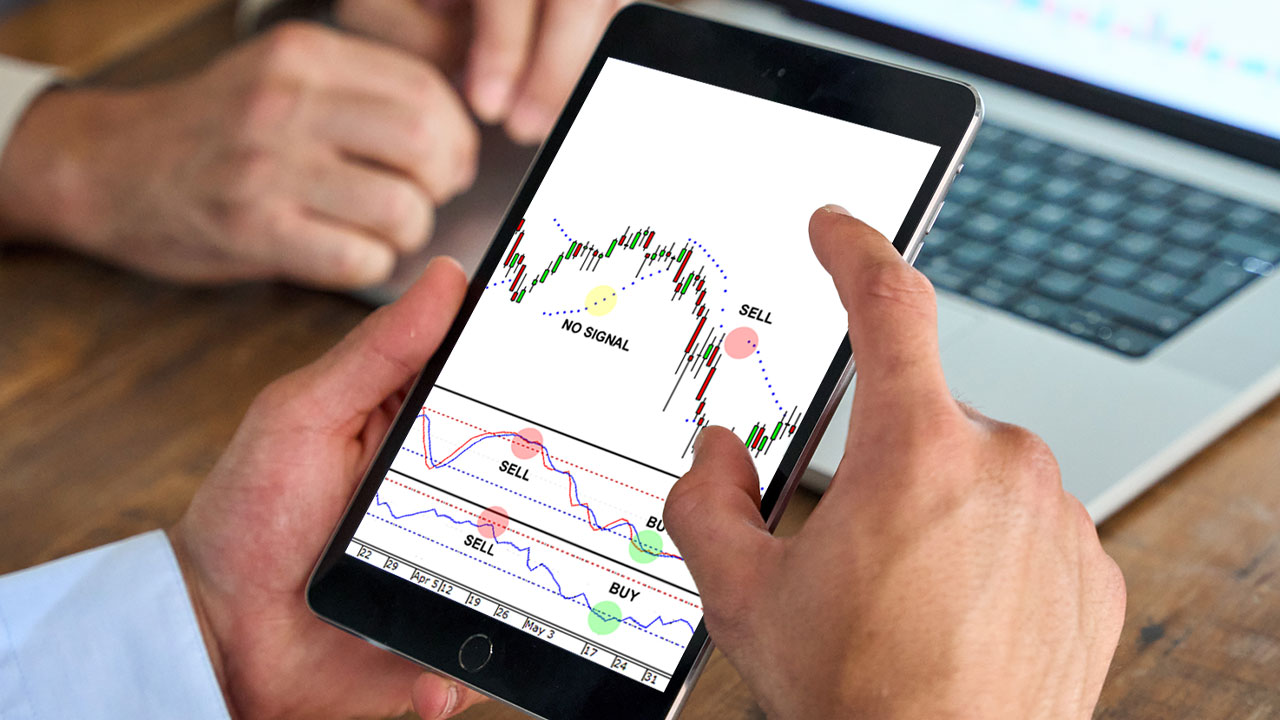
Custom Oscillators To Personalizing Your Trading
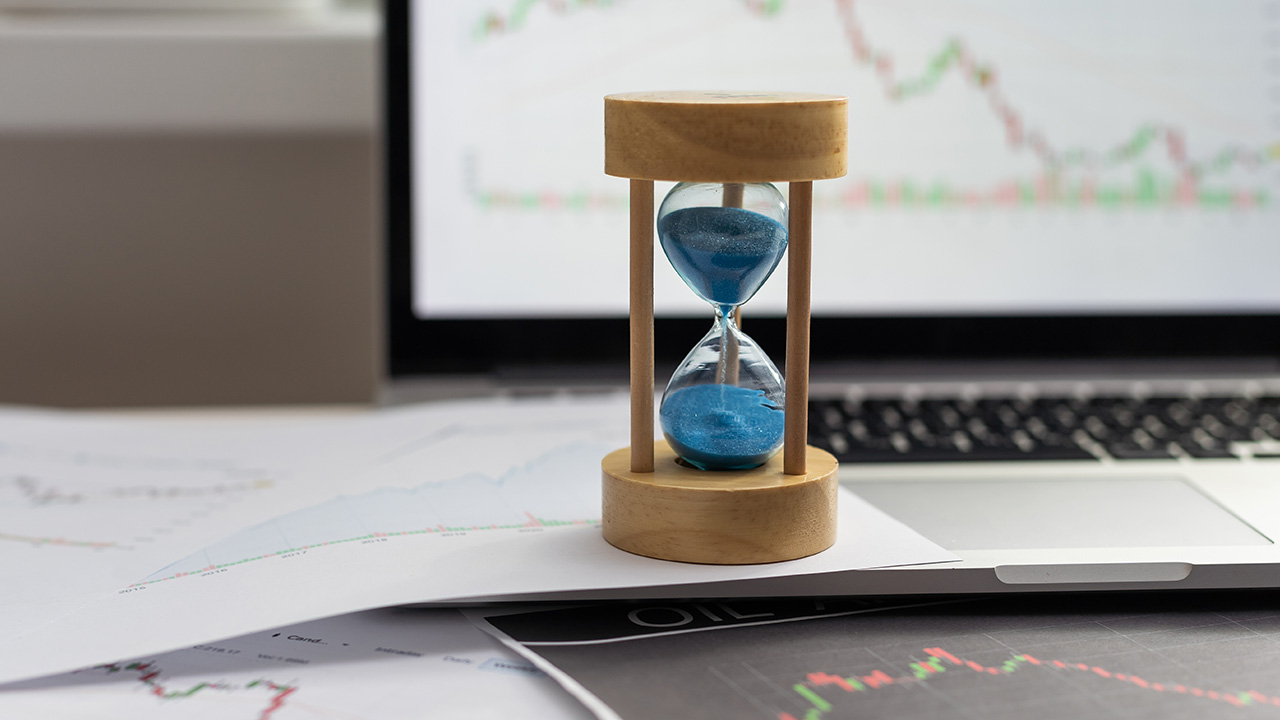
Forex Cycles Analysis: Timing Market Movements

Forex Trading Week Ahead: 9th September

Trading the Russell 2000: Everything You Should Know
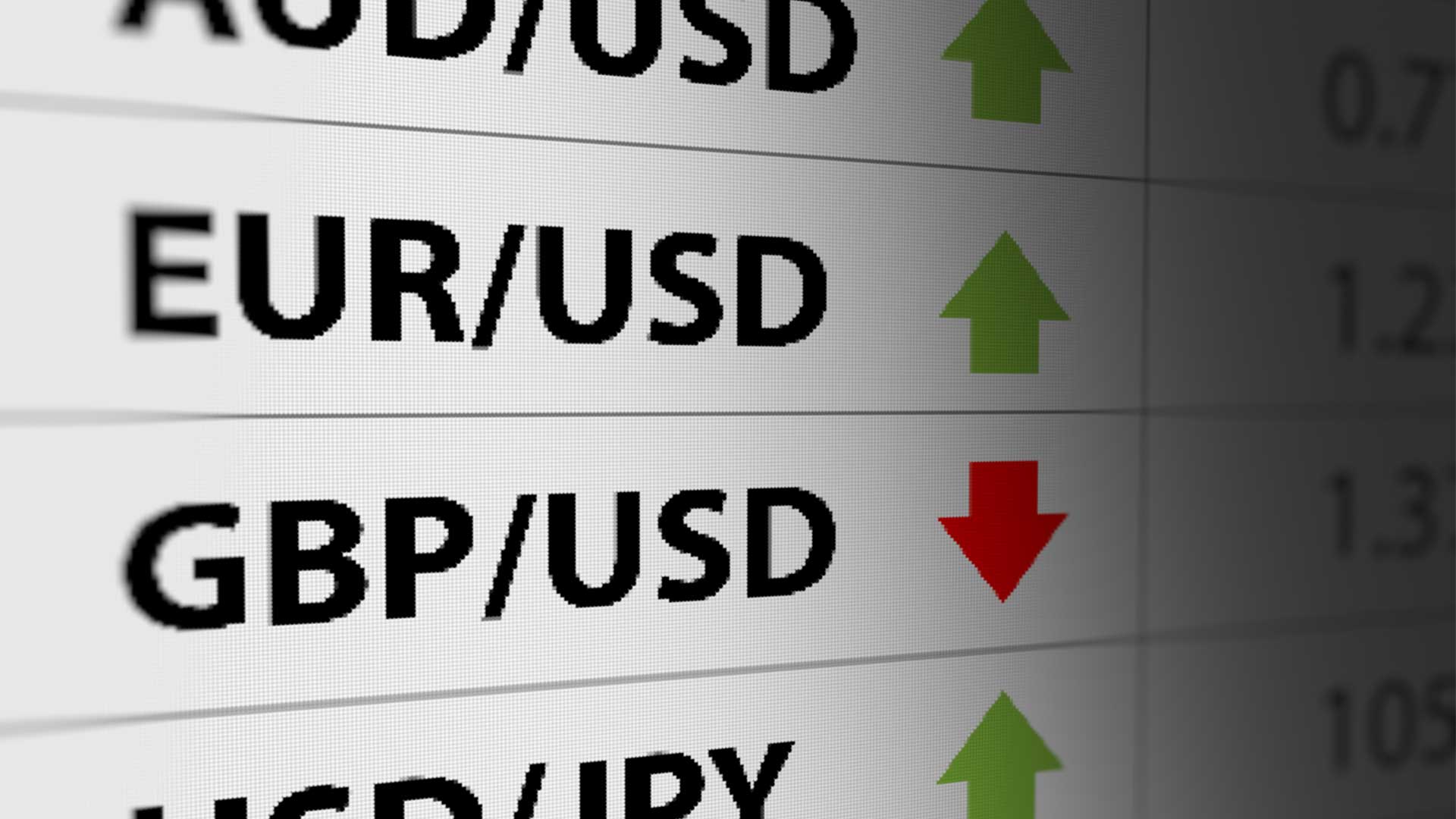
Pairs Trading: How to Use it For Hedging
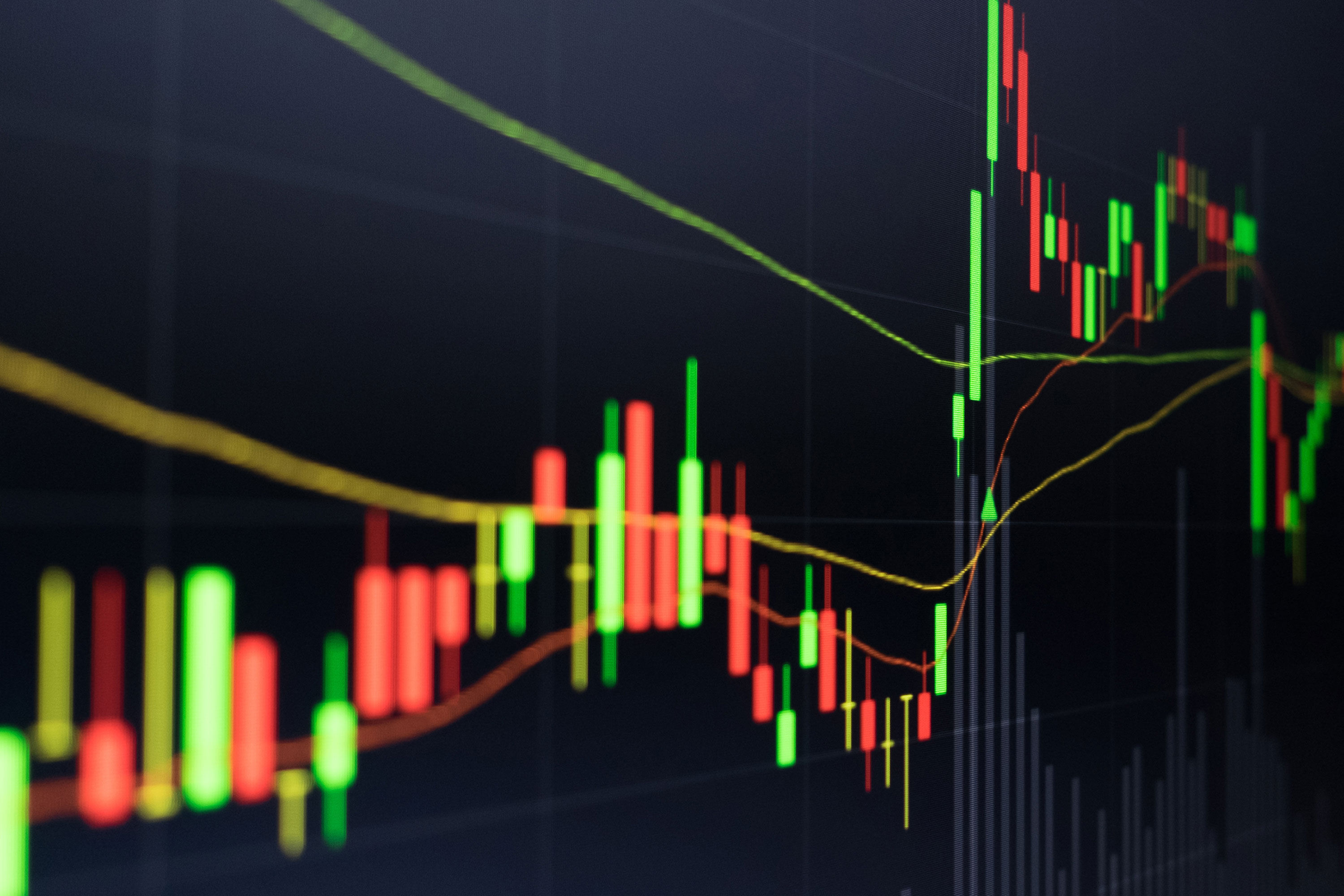
Exhaustion Gap: How to Trade the Final Push

Understanding Common Gap in Trading
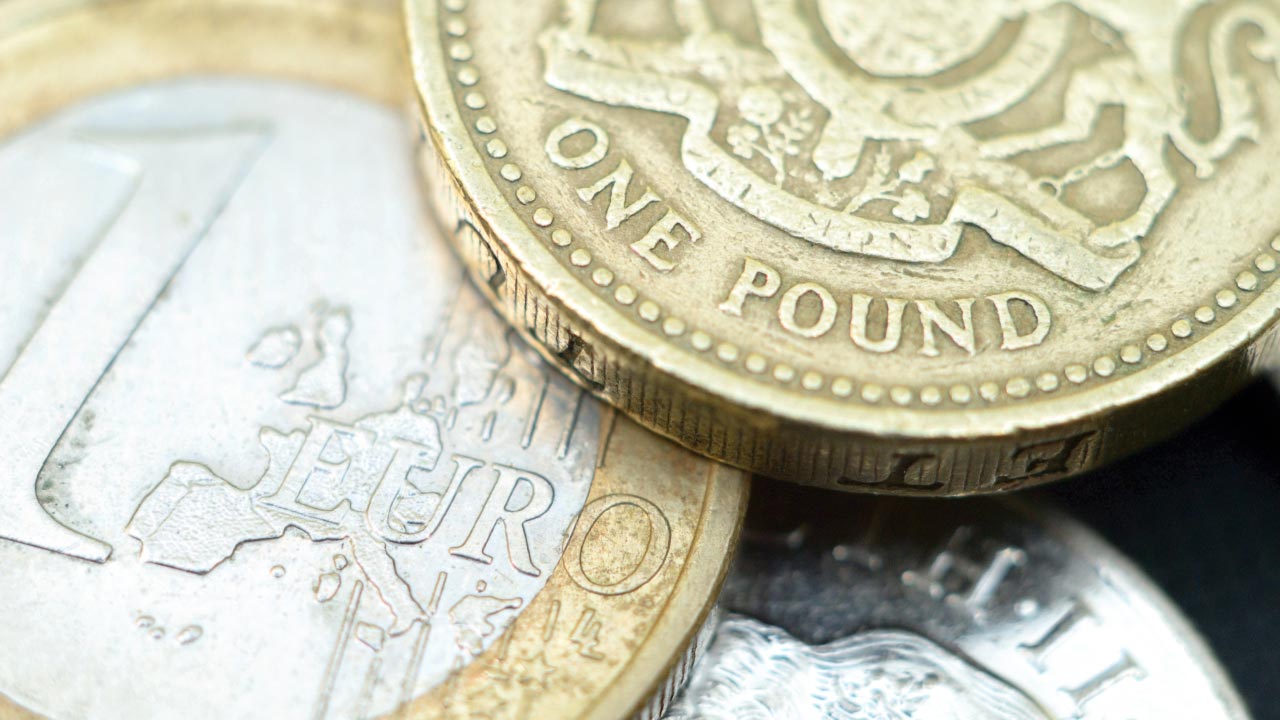
British Pound Reversal

Forex Trading Week Ahead: 26th August

Forex Week Ahead Analysis: 26th August

How to trade GBP/JPY

Gold Makes New Highs

Forex Weekly Trading Ideas: 19th August

Forex Weekly Trading Ideas: 19th August (1)

Why are retail traders wrong?

GBP Rallies Despite Unemployment Claims Shock

Forex Weekly Trading Ideas: 12th August

Top Market Predictions for Q3 2024

Gold Trends for Q3 2024: What to Expect?

Correction or Recession?

Weekly Forex Trading Ideas- 5th August

What a week to be a forex trader

How to Use Technical Analysis When Trading Crypto
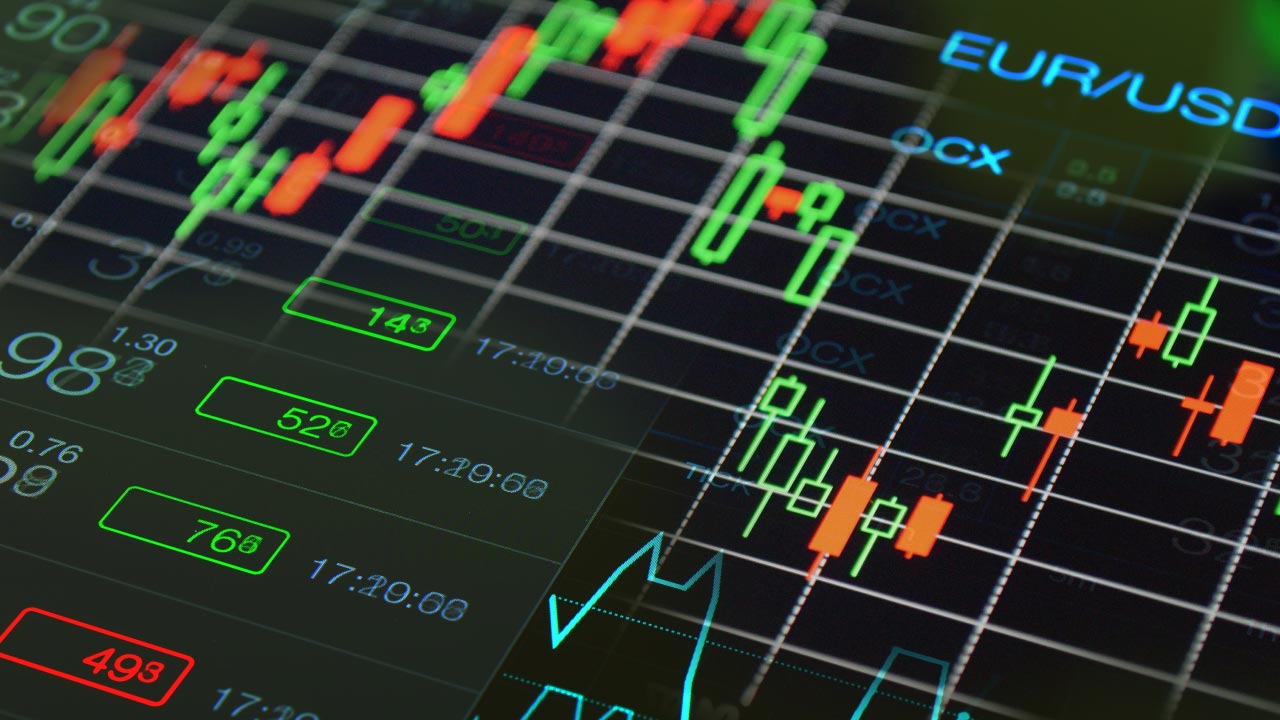
How to Use The Umbrella Pattern Trading
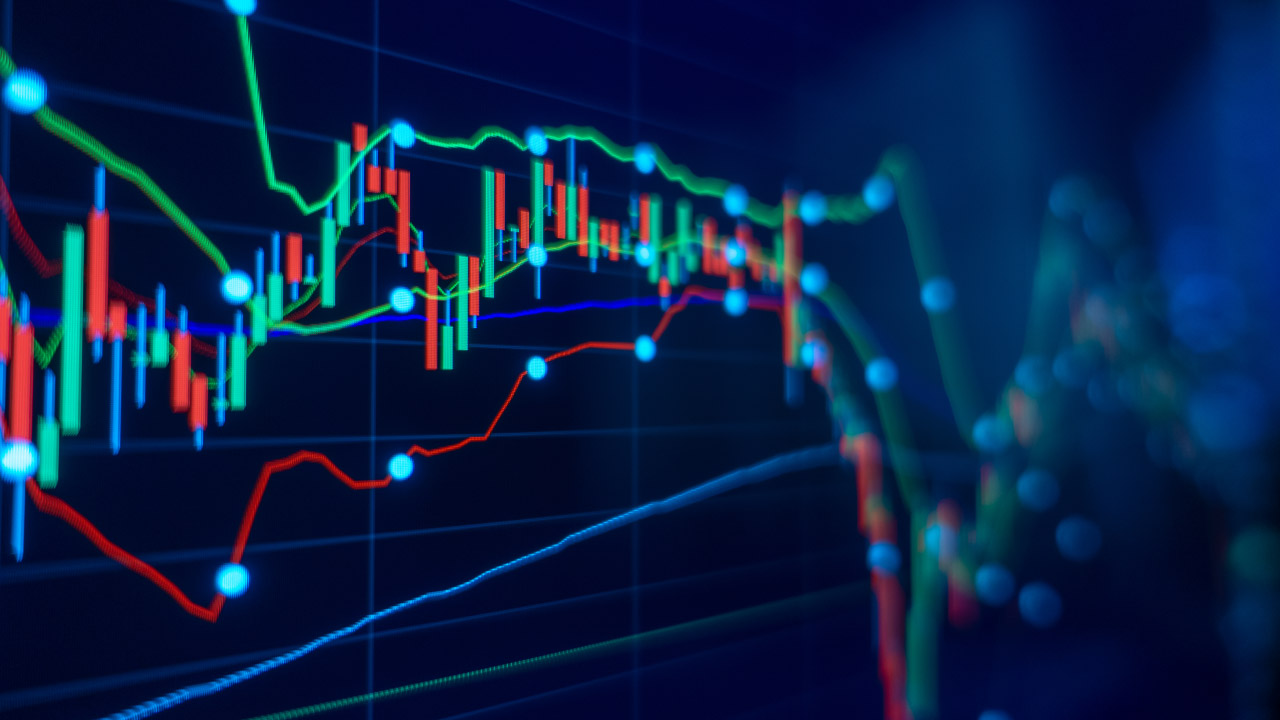
Dragon Pattern Trading: A Comprehensive Guide
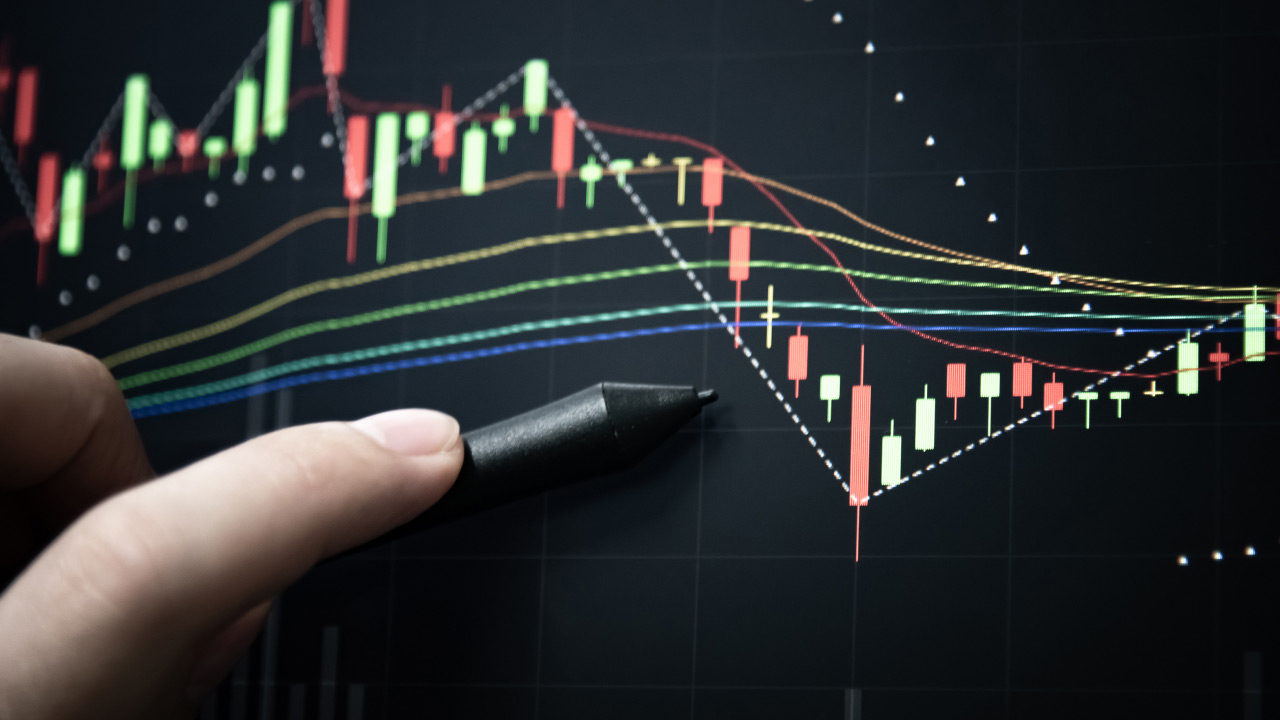
How to Use The Megaphone Trading Pattern

Forex Weekly Trading Ideas: 29th July

Managing Emotions in High-Stakes Trading

How to Overcome the Fear of Losing Your Gains

Weekly Forex Trading Ideas: 29th July

How To Trade USD/CAD: 24th July

How to Read Crypto Charts?
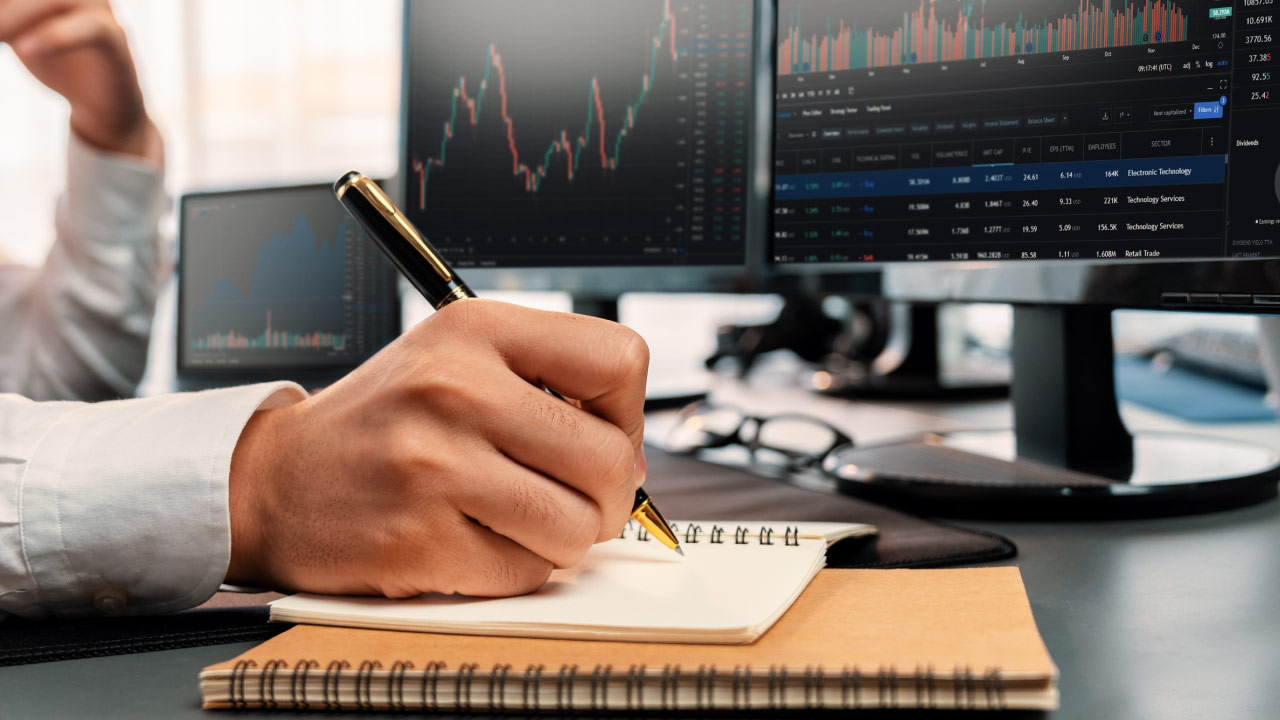
How to Create a Trading Strategy
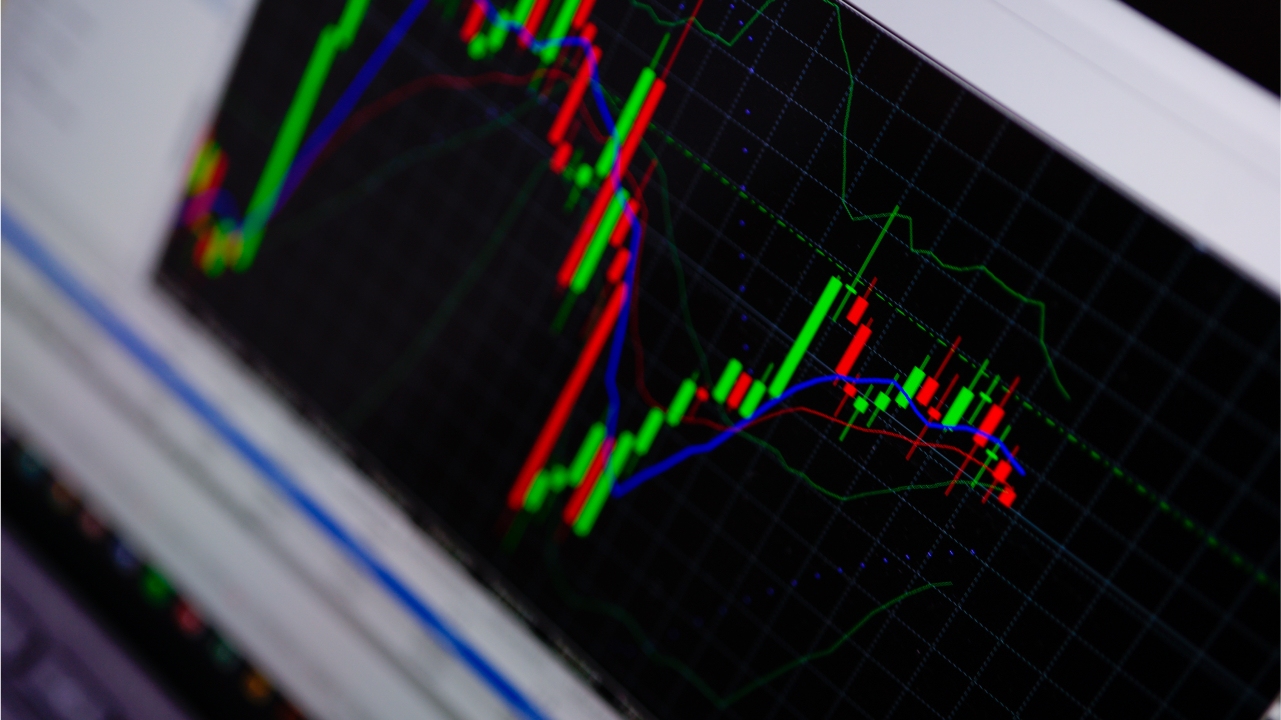
Can You Set Up Expert Advisors In Metatrader 4?

Forex Weekly Trading Ideas: 22nd July

How To Trade CoT Reports
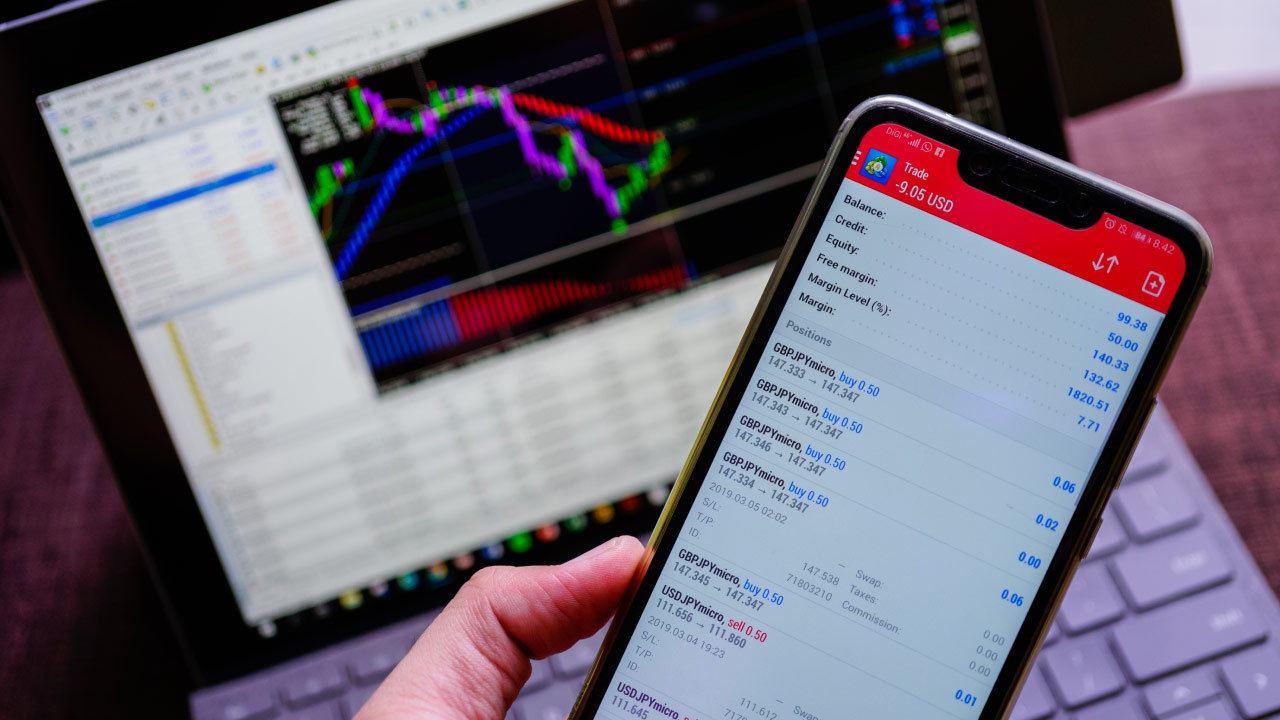
How to Place a Trade on MT5

Forex Weekly Trading Ideas: 15th July

How to Achieve Consistent Wins in Forex Trading
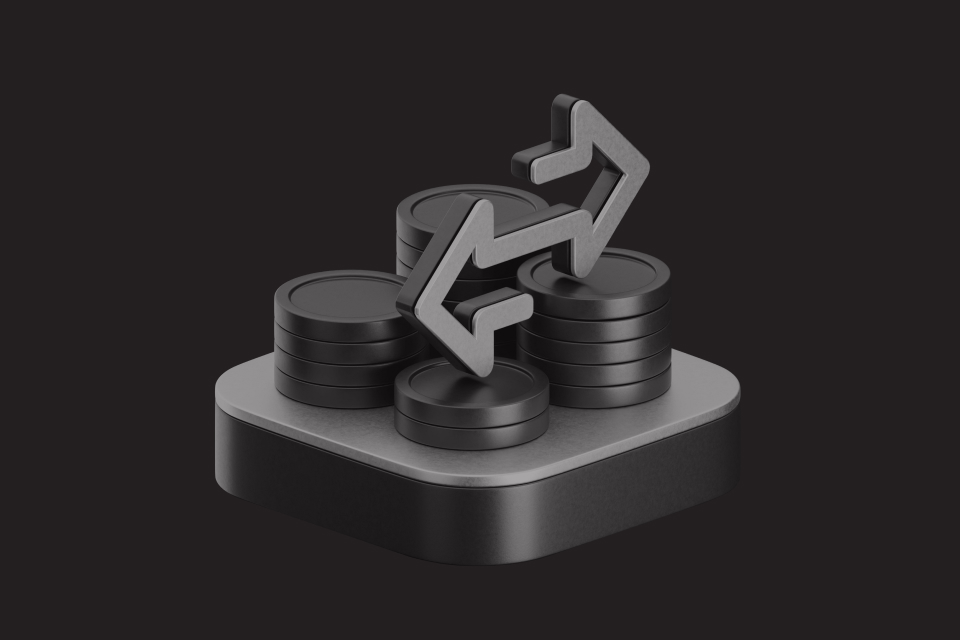
Why Trading With Data Matters

Weekly Forex Trading Ideas: 8th July

Top Indicators for Crypto Trading

Gold Finds Support Amid Rising Risk Events

Effective Risk Management in Crypto Trading
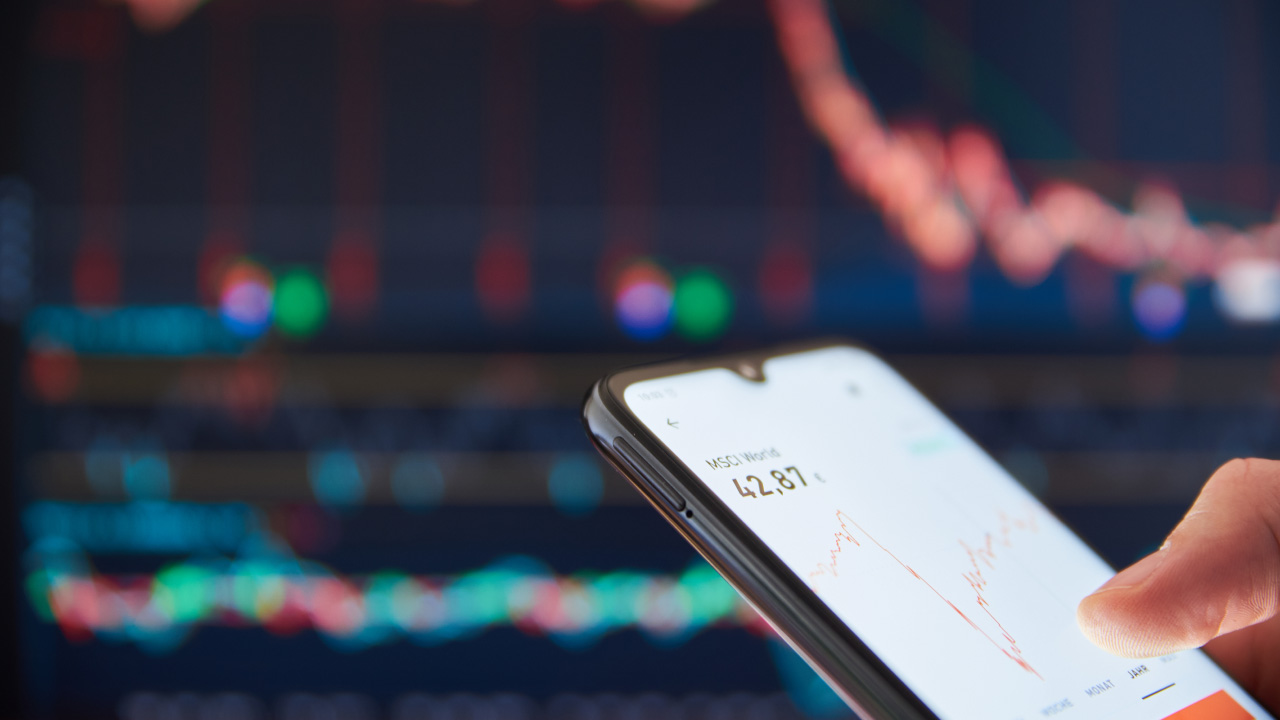
How to Setup the Perfect Trading Routine?

How to Handle Trading Slumps

How to Set a Trailing Stop-Loss on MT5?

How to Choose Optimal Time Frames for Crypto Trading

Should You Trade Cryptocurrency on The Weekends?
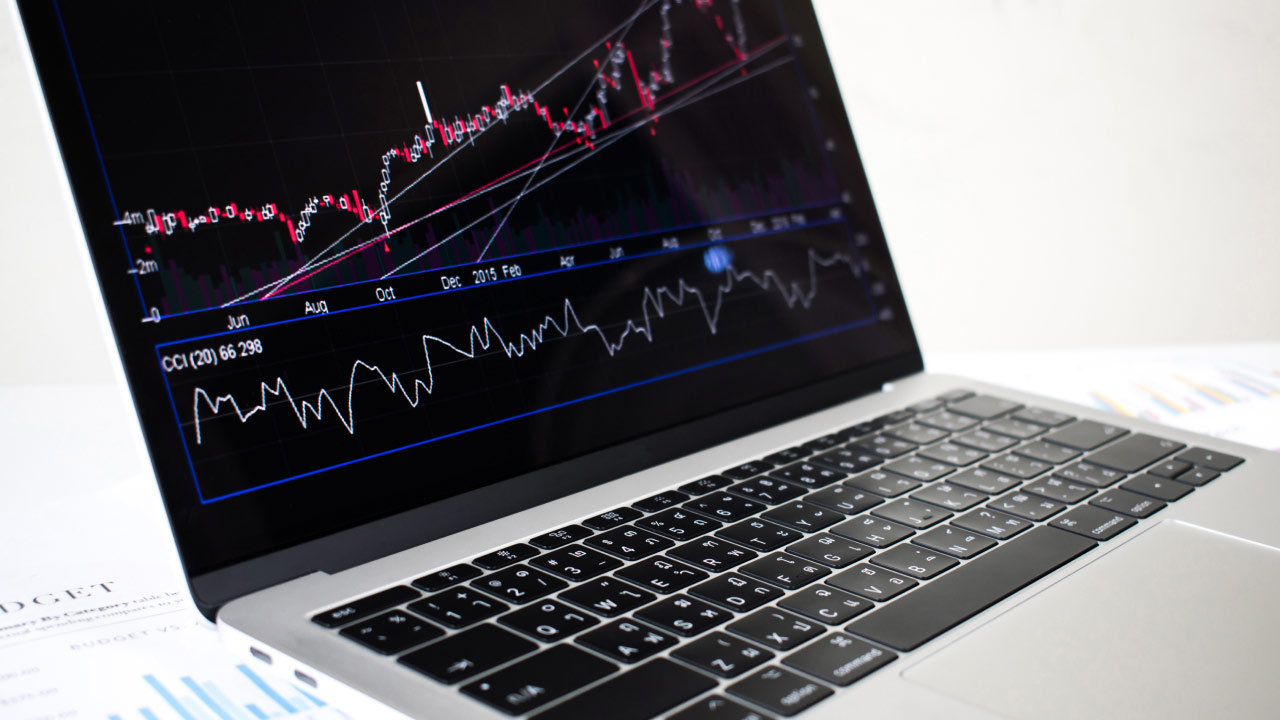
How to Change Time Frames on MT5
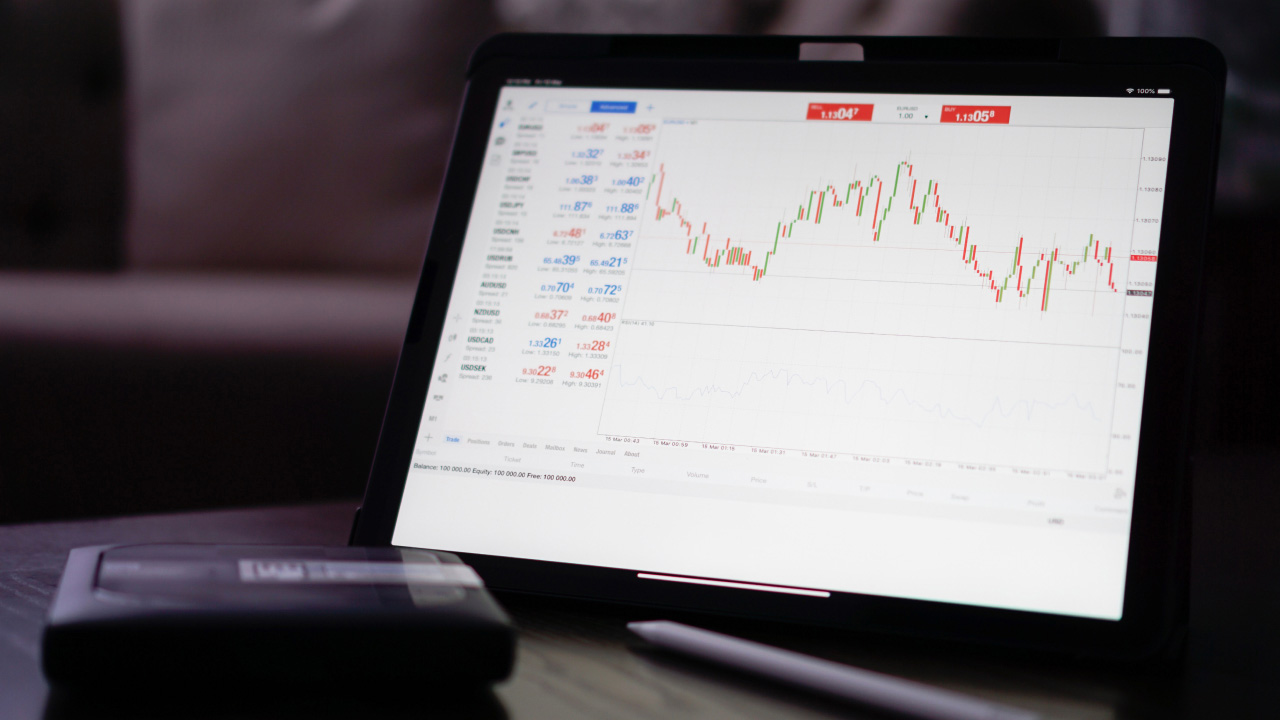
How to Install Expert Advisors on MT5

Don't Trade EUR/AUD Until You See This

How Do Oil Prices Affect the Stock Market?

What Is Implied Volatility & Factors Affecting it?
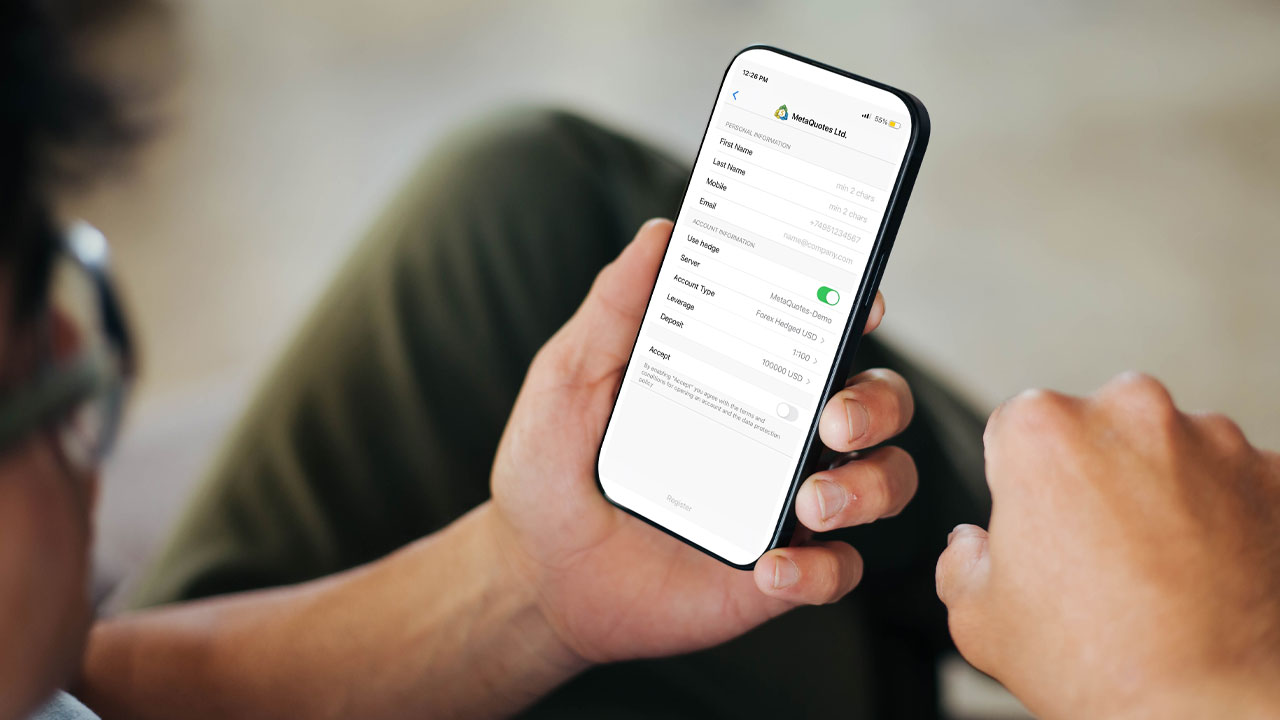
How to Create a Demo Account on MT5

Weekly Forex Trading Ideas: 24th June

How CoT Reports Could Predict a CAD Rally

Weekly Forex Trading Analysis: 17th June-21st June

How To Use MetaTrader 5 Mobile App

How to Use a Risk-Reward Calculator
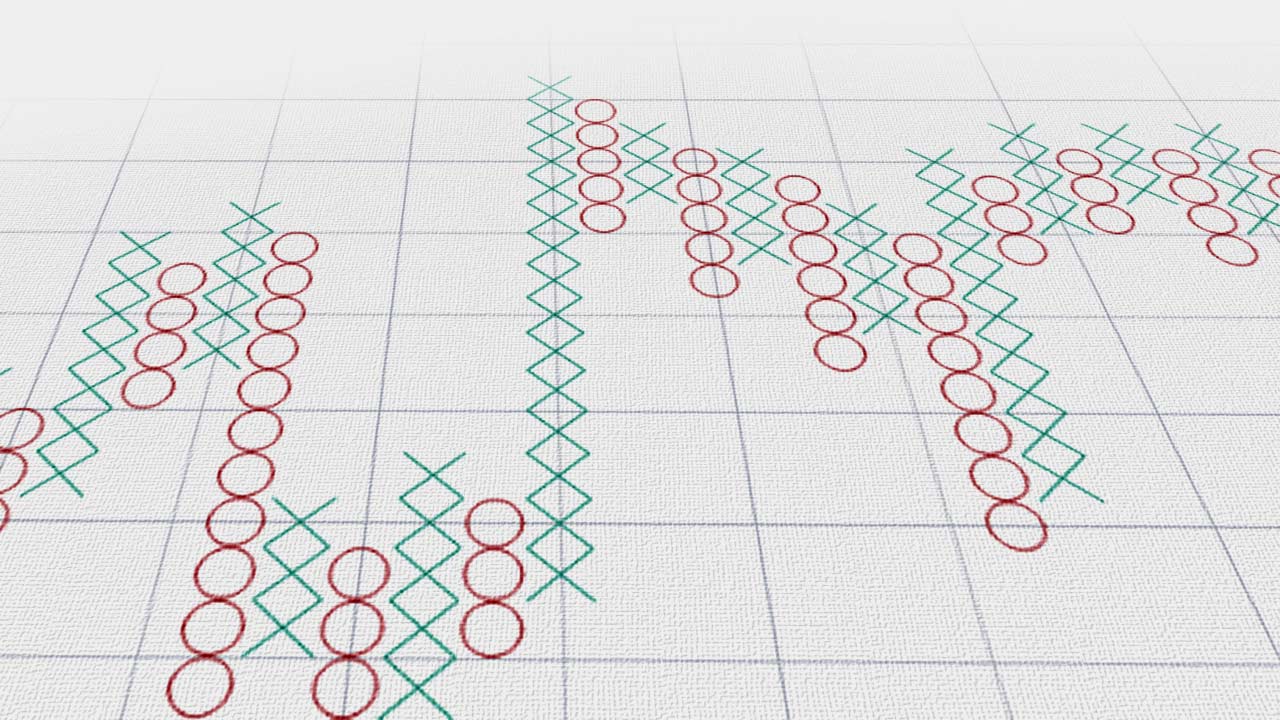
How to Trade With Point-and-Figure (P&F) Charts?

ECB Poised to Cut Interest Rates

How to Keep Trading Overconfidence in Check
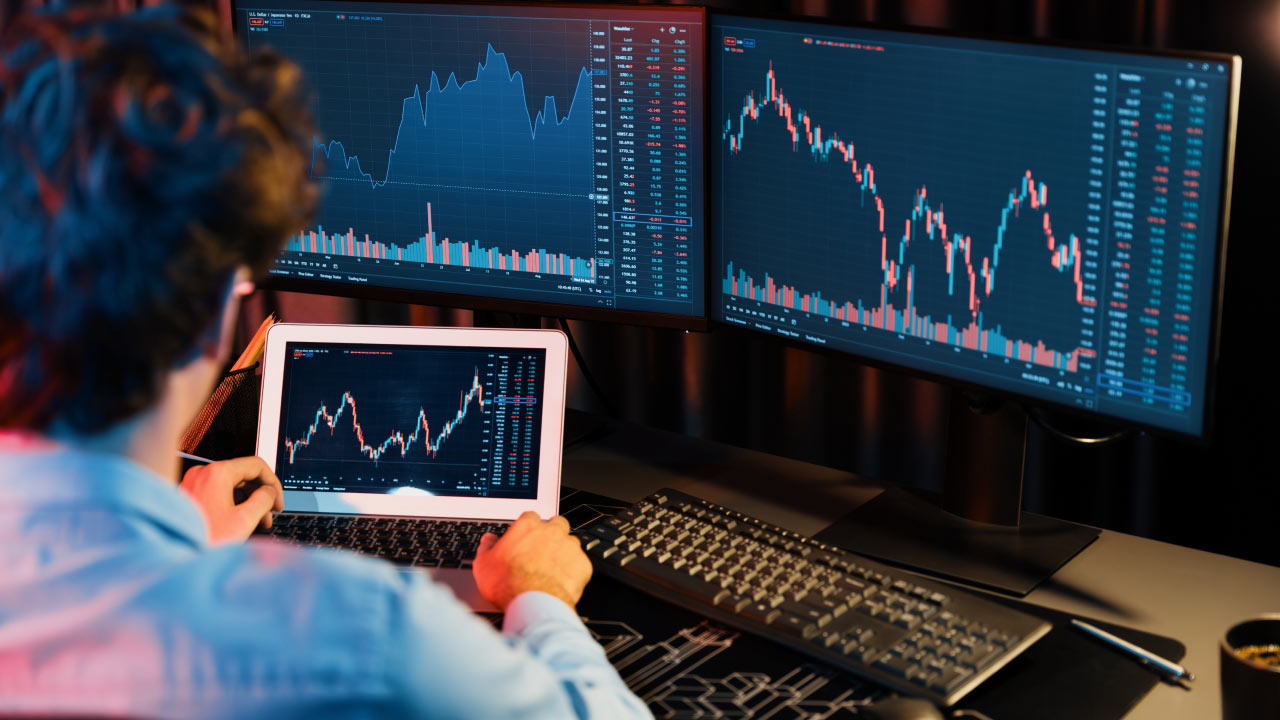
How To Find A Trading Style That Suits You
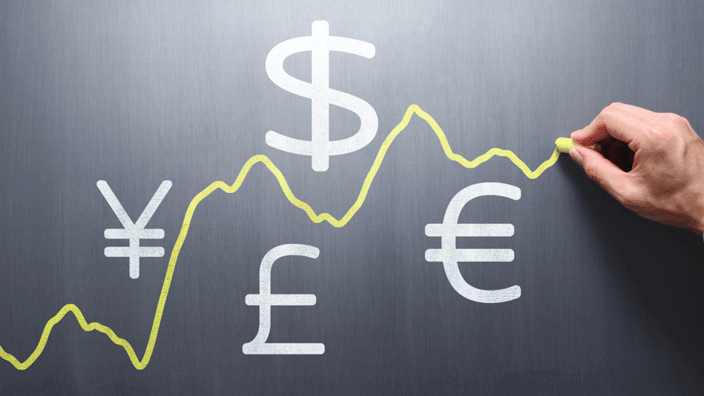
How Forex Brokers Manage Risks

Forex Trading Week Ahead: 3rd June
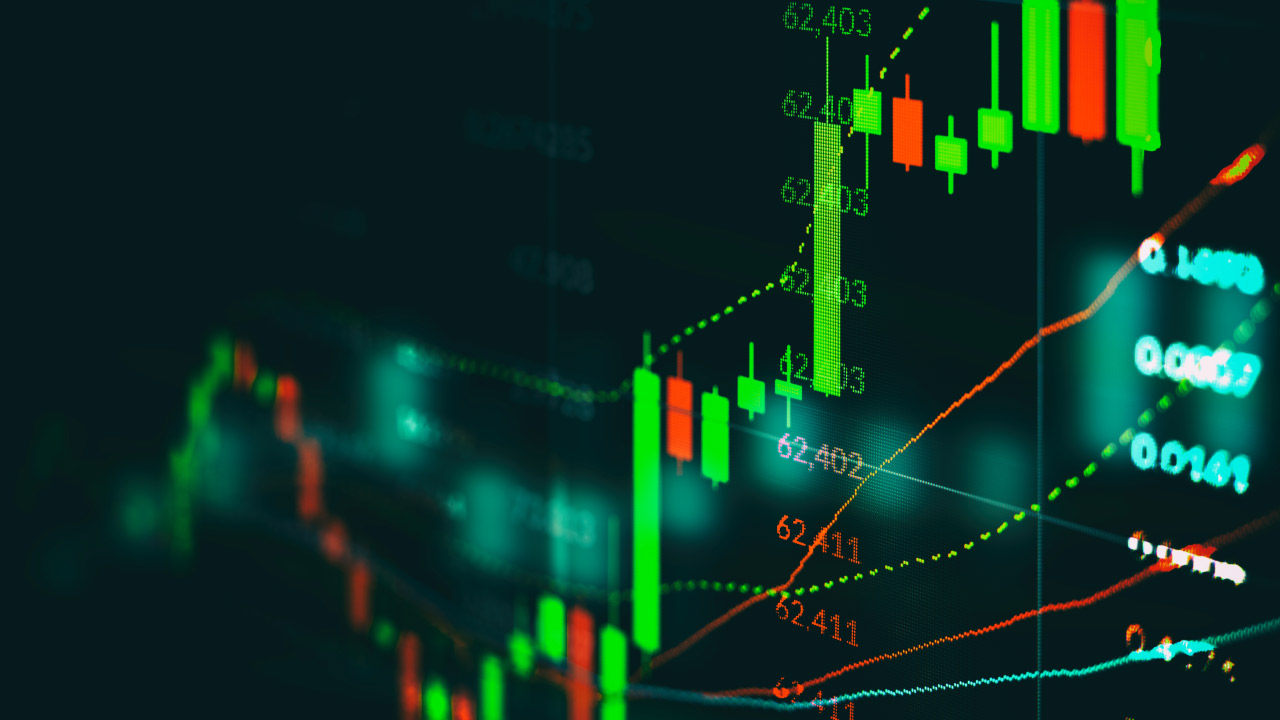
How to Use Pivot Points for Range Trading
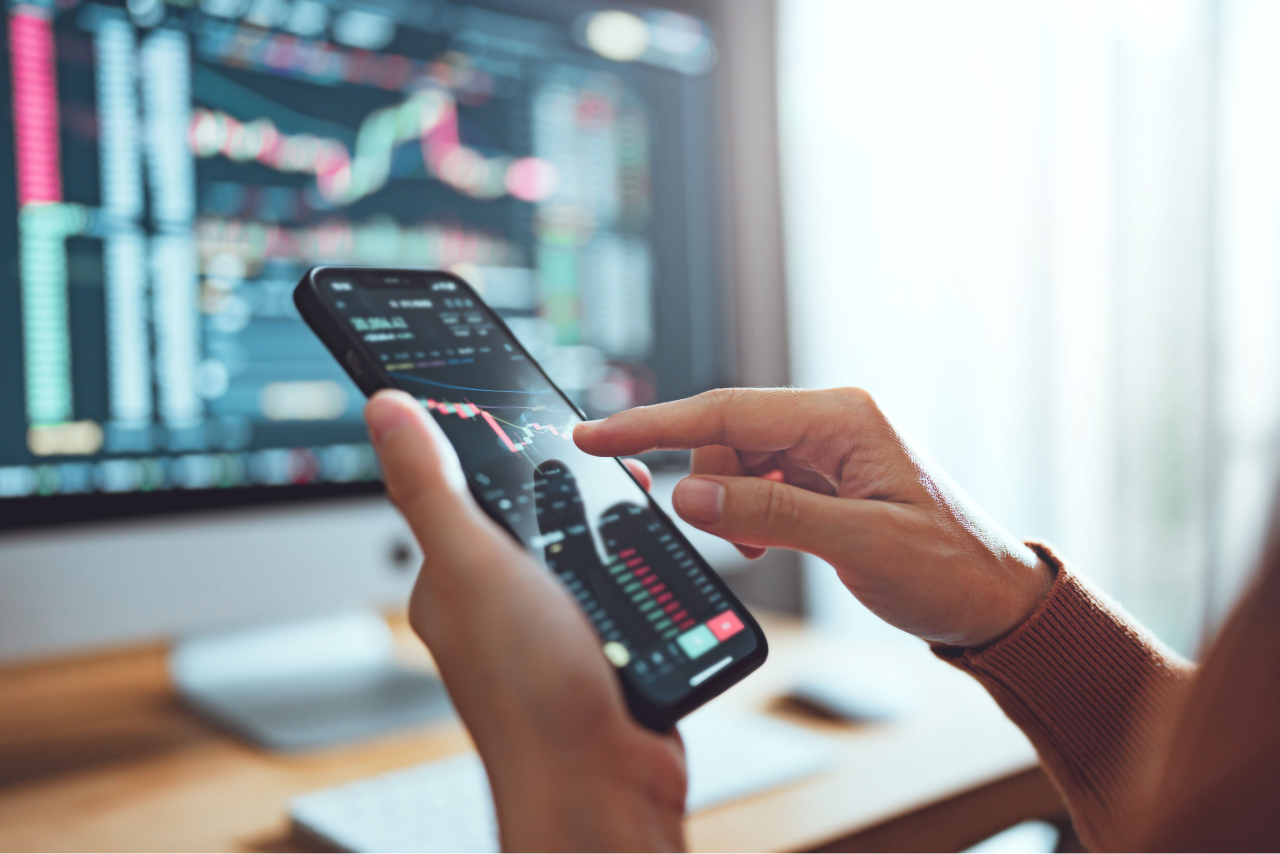
Donald Trump Found Guilty- FX Unchanged

Why Silver is the Undervalued Commodity

5 Exit Strategies To Consider in Forex Trading

EUR/USD Price Forecast 2024: What to Expect

Trading Cryptocurrencies with MetaTrader 5
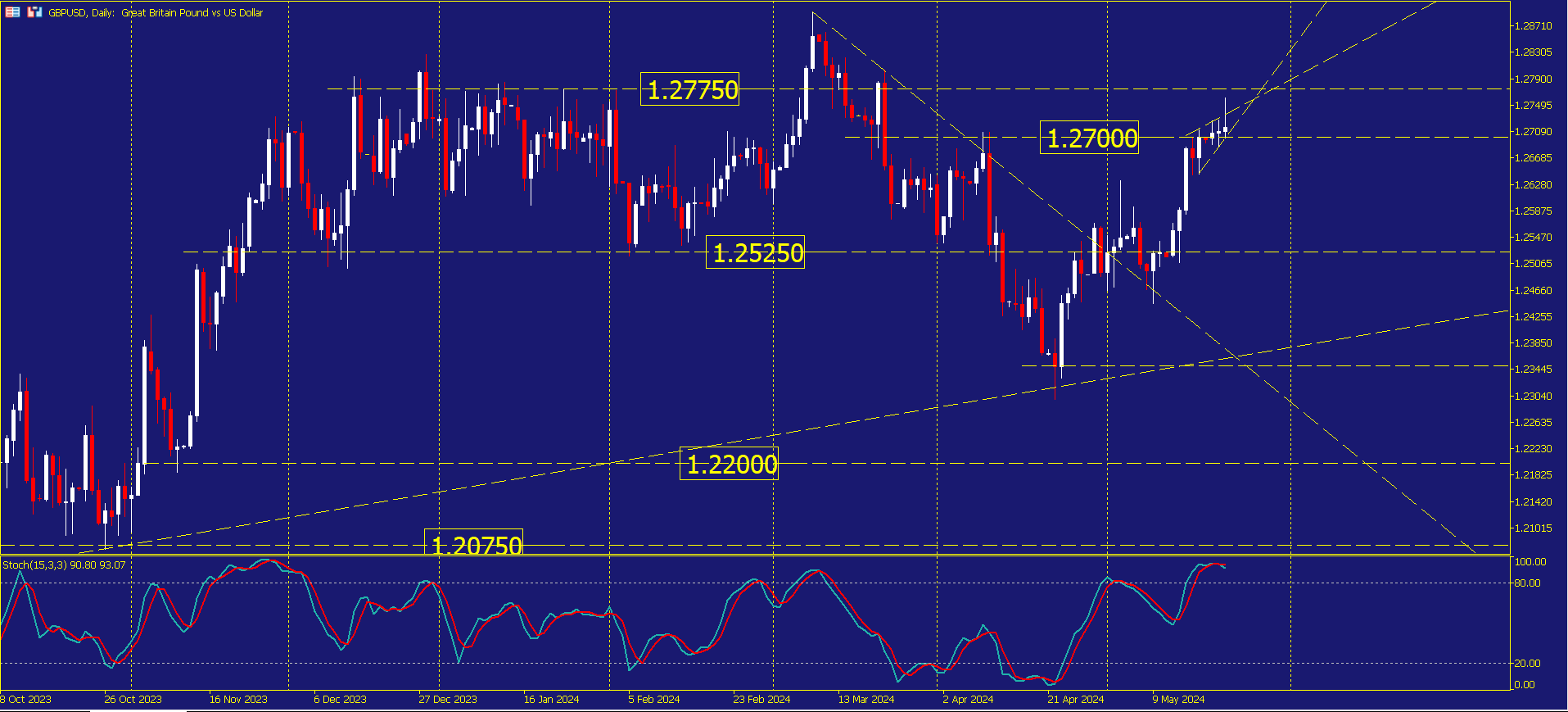
GBP/USD Spikes as UK Inflation Declines to 2.3%
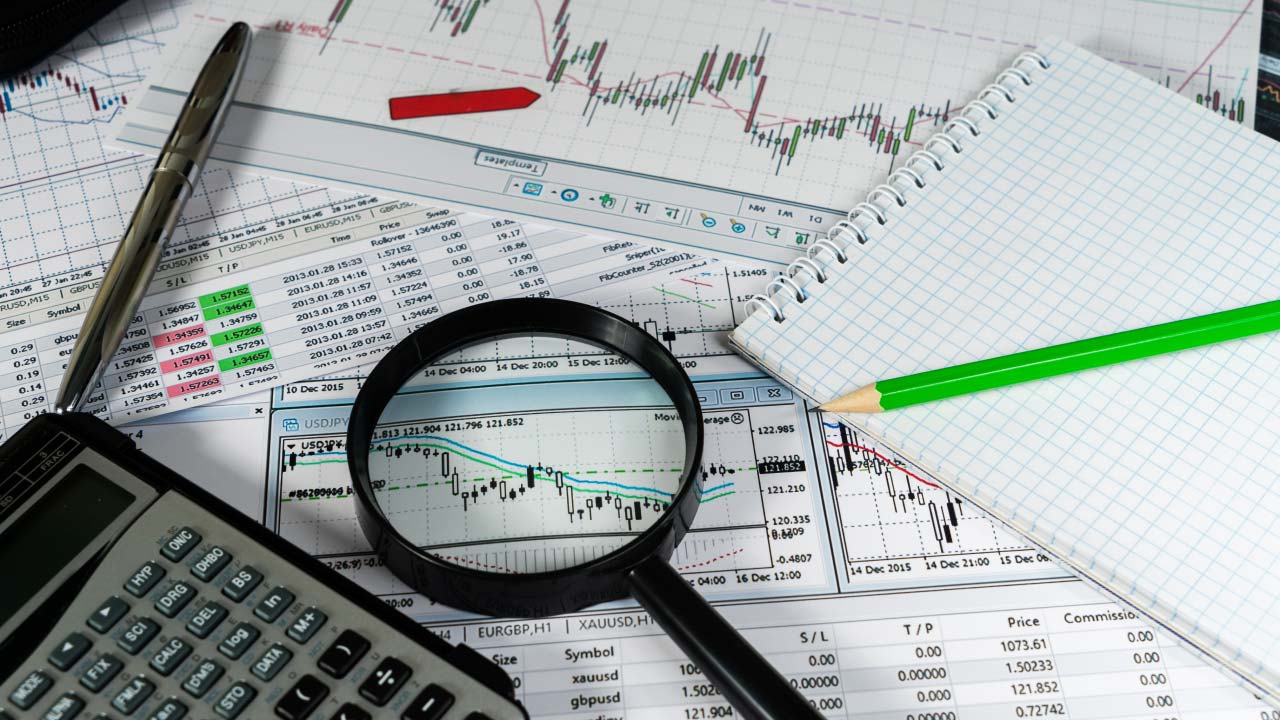
What is a Floating Exchange Rate?
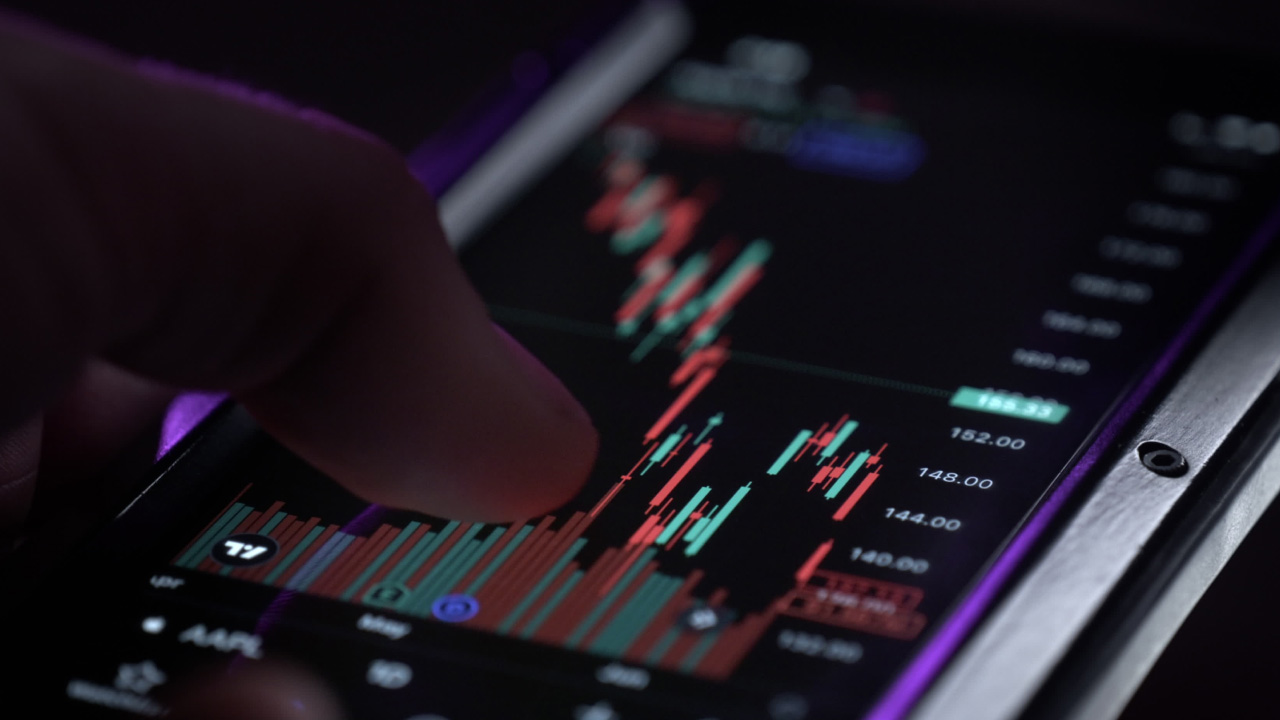
How to Backtest a Trading Strategy?
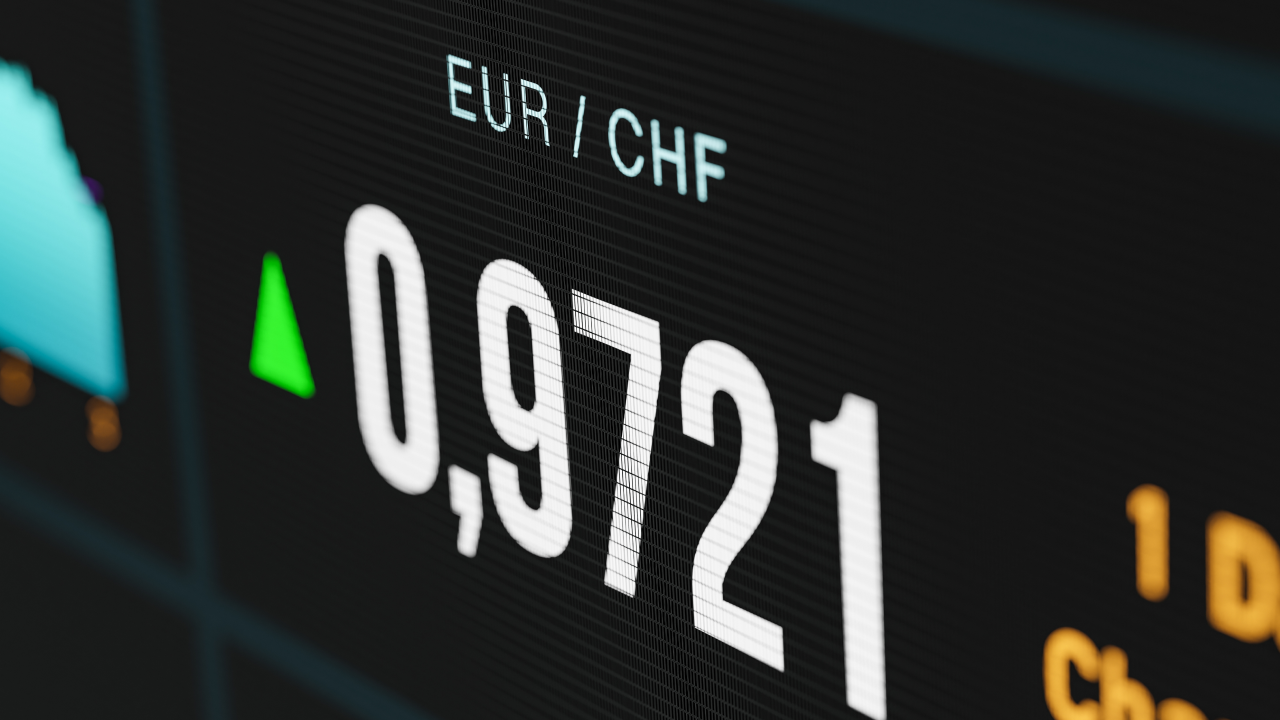
How to Trade the EUR/CHF

How to Trade GBP/CAD?

US CPI: A Market Letdown and Its Implications
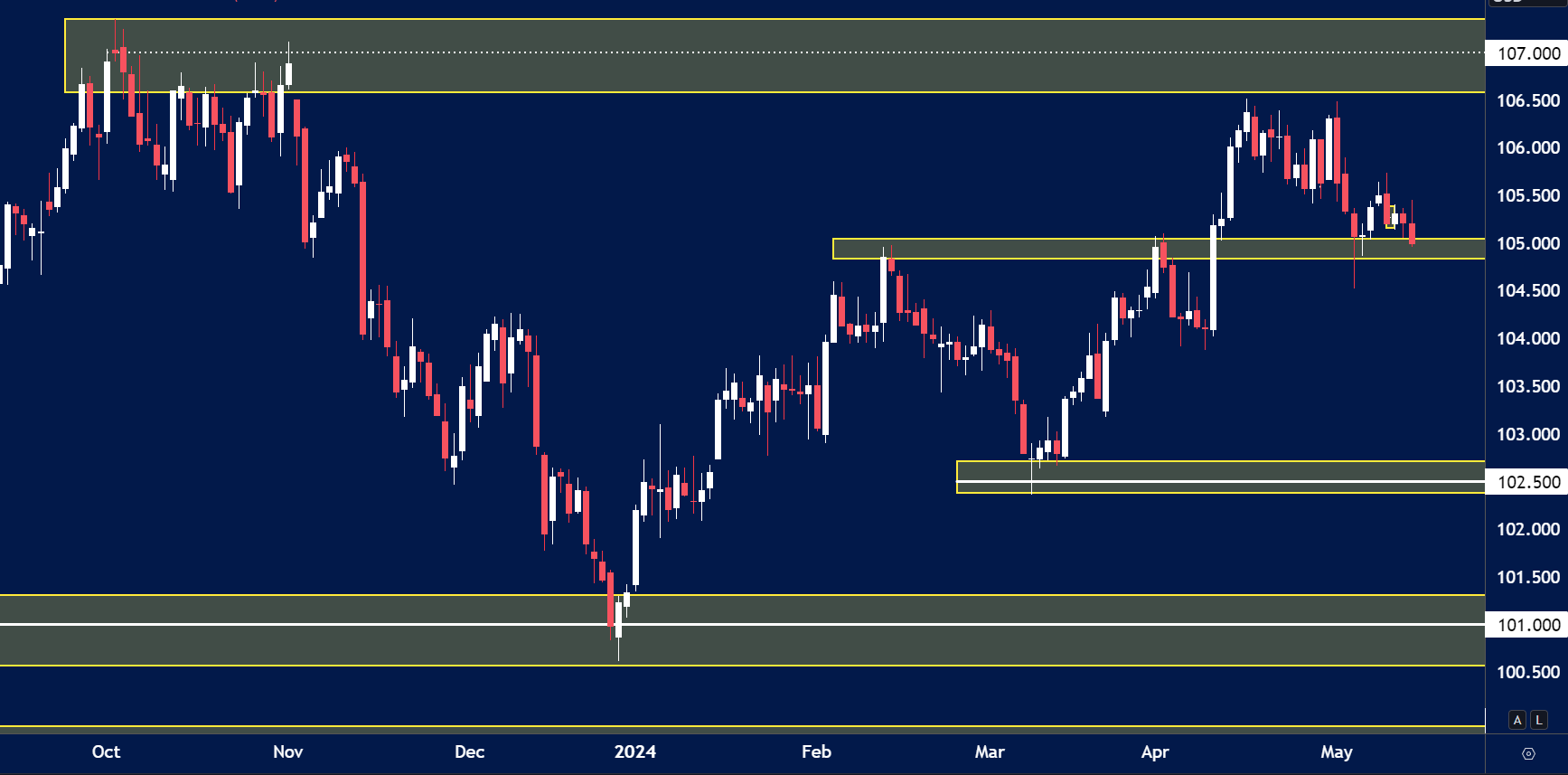
Insights Ahead of US CPI Release

Sell In May and Go Away

How do Bank Holidays Affect Trading Prices?

How Does The FOMC Affect The Market?

How to Trade AUD/JPY

How to Bounce Back From a Blown Trading Account
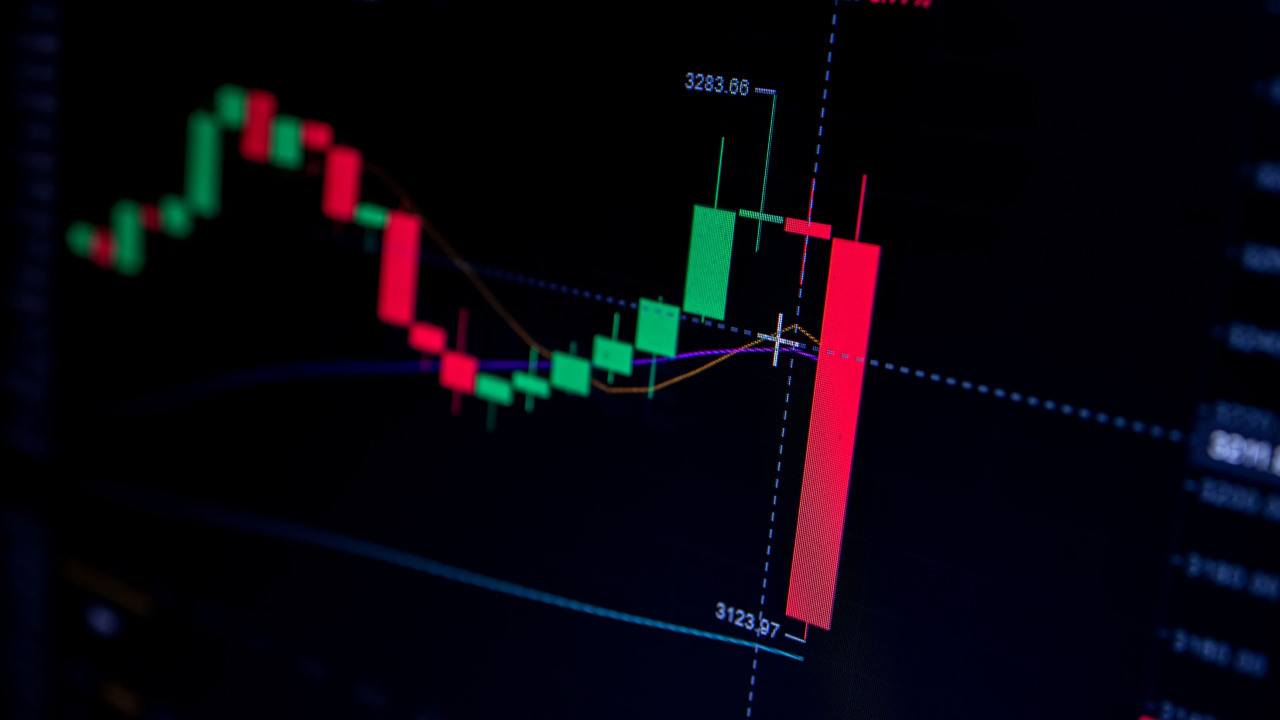
How to Use The Dragonfly Doji Candlestick Pattern?

To Trade or Fade USDCAD?

Forex Week Ahead Analysis: 29th April
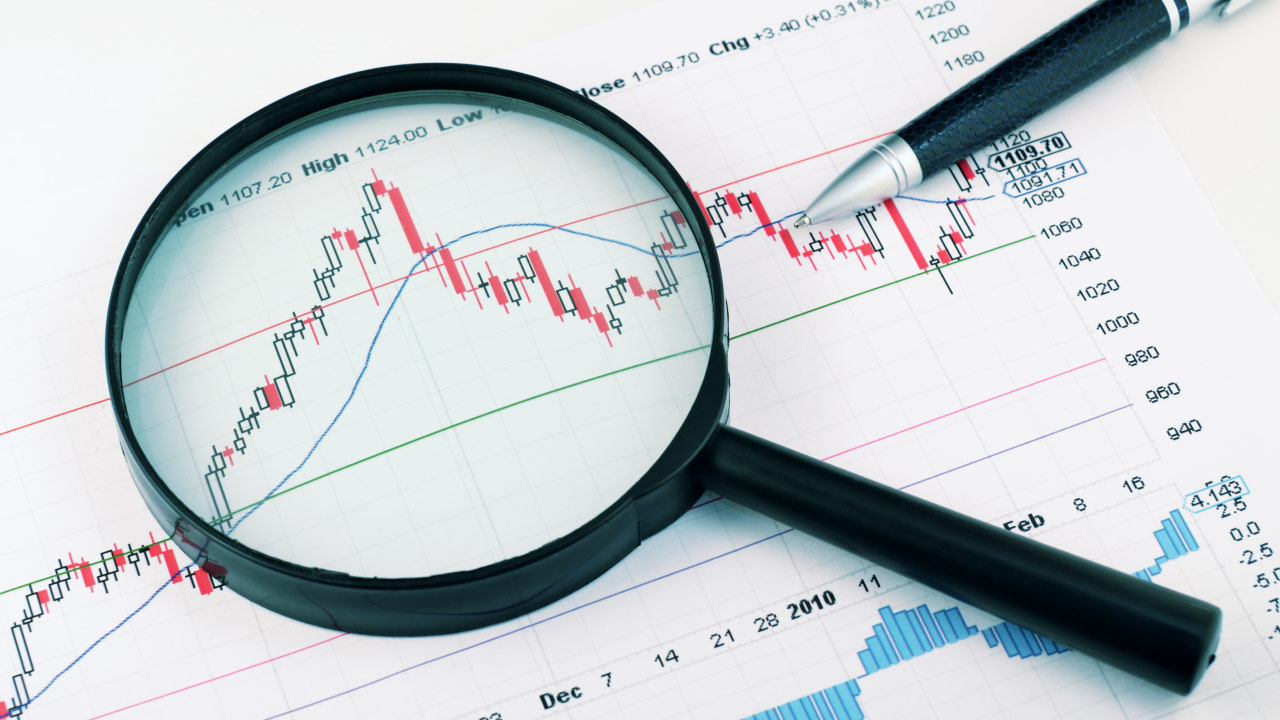
What is the ICT trading strategy?
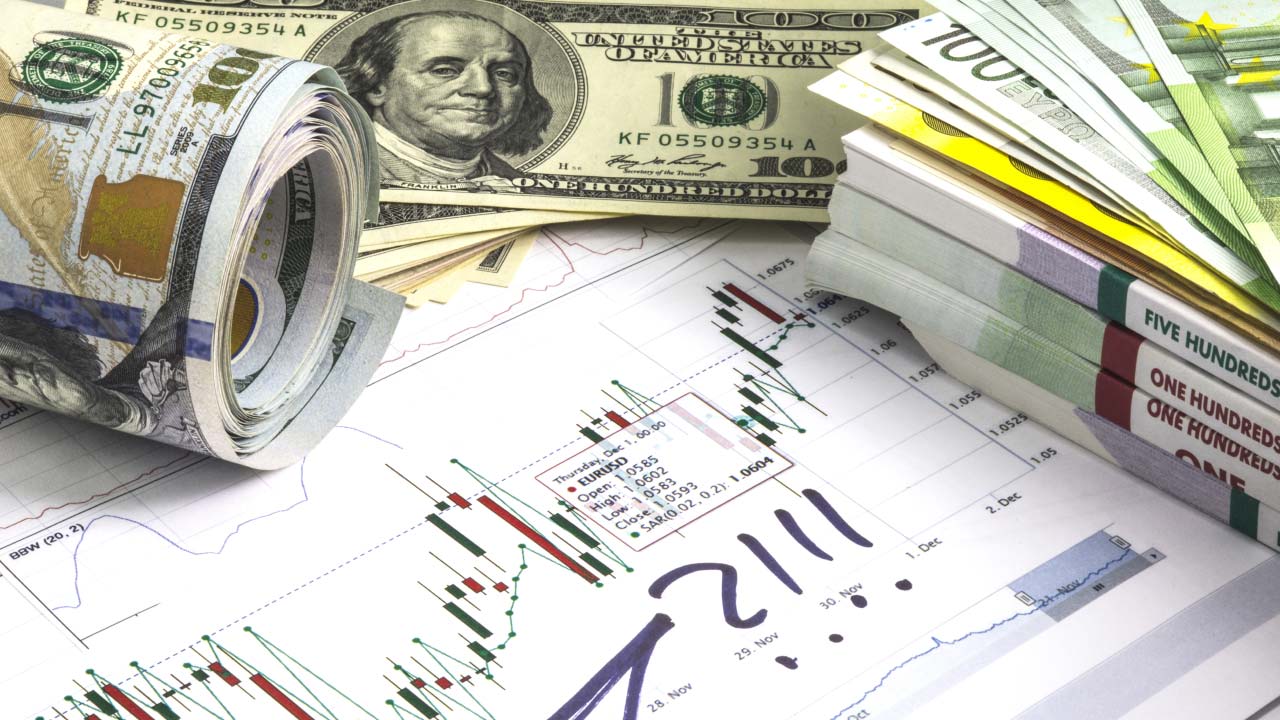
What is a Lot in Forex?

USDJPY: Can Price Go Any Higher?

Forex Week Ahead Analysis: 22nd April

Reasons Why New Traders Give up Too Early

GBPUSD Traders Be Aware
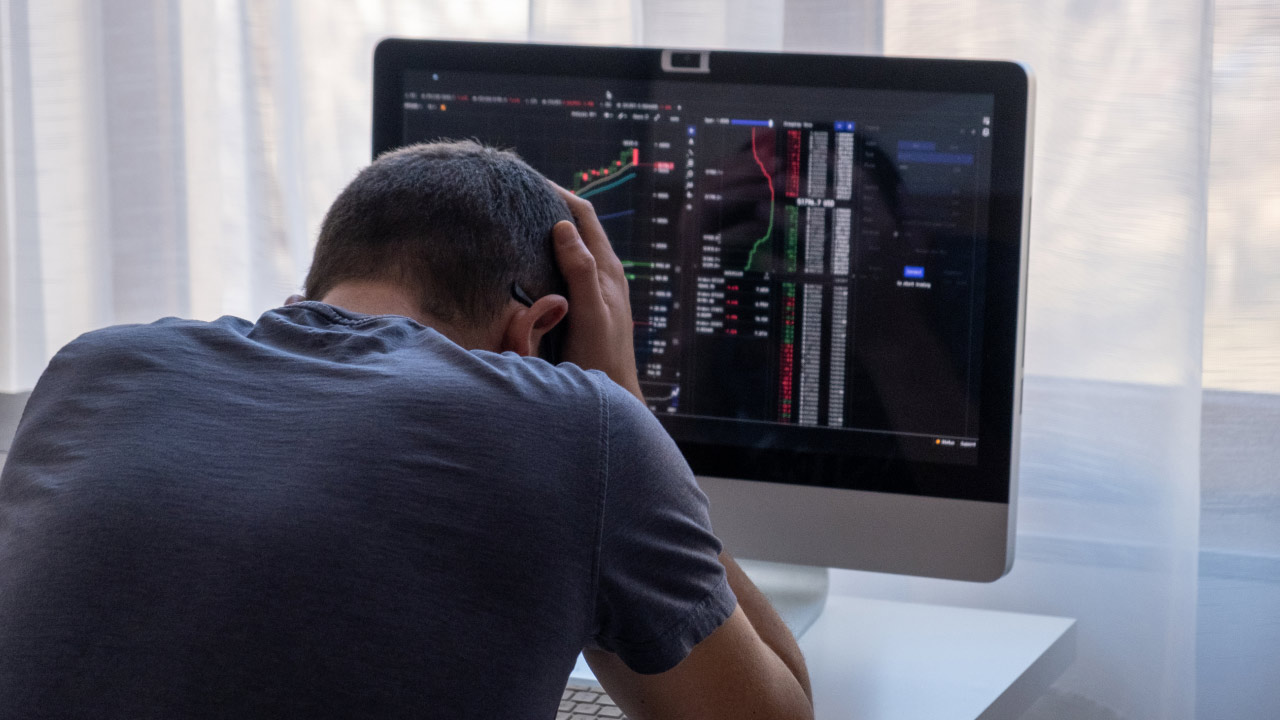
How to Overcome Trading Anxiety

Top Financial Regulatory Bodies in Europe

How to Prepare Your Taxes as a Forex Trader in 2024
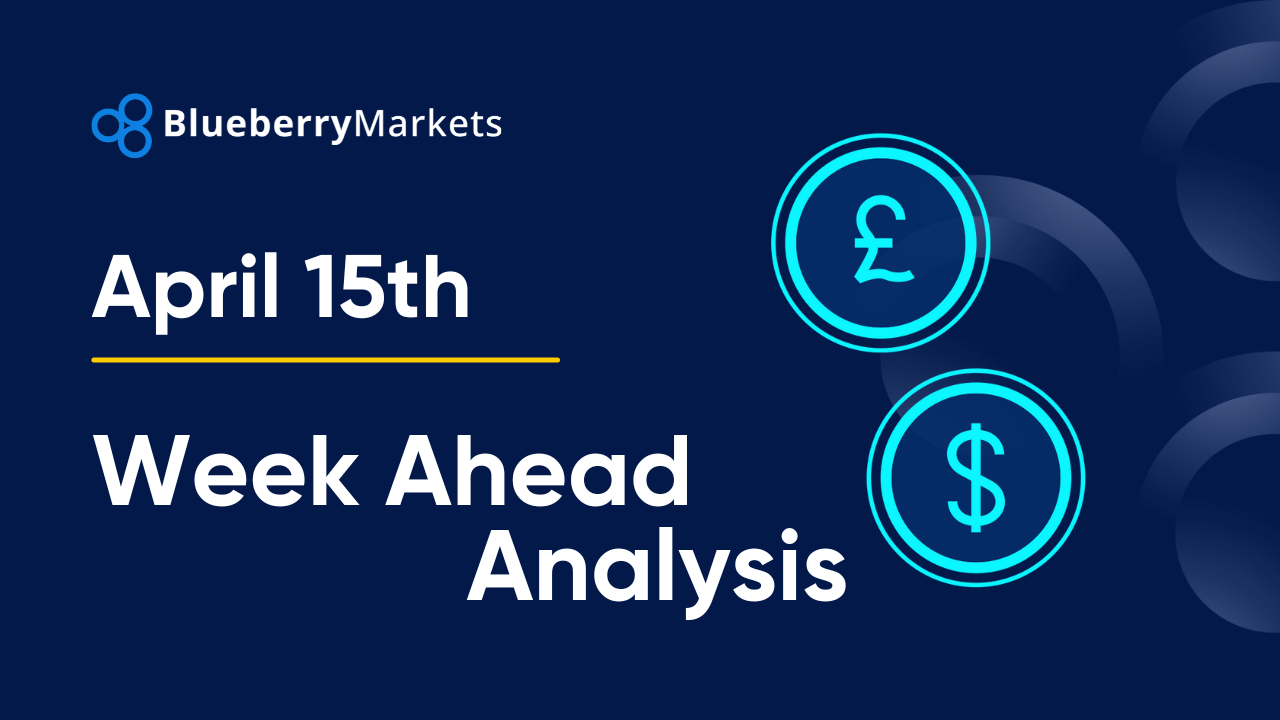
Forex Week Ahead Analysis: 15th April
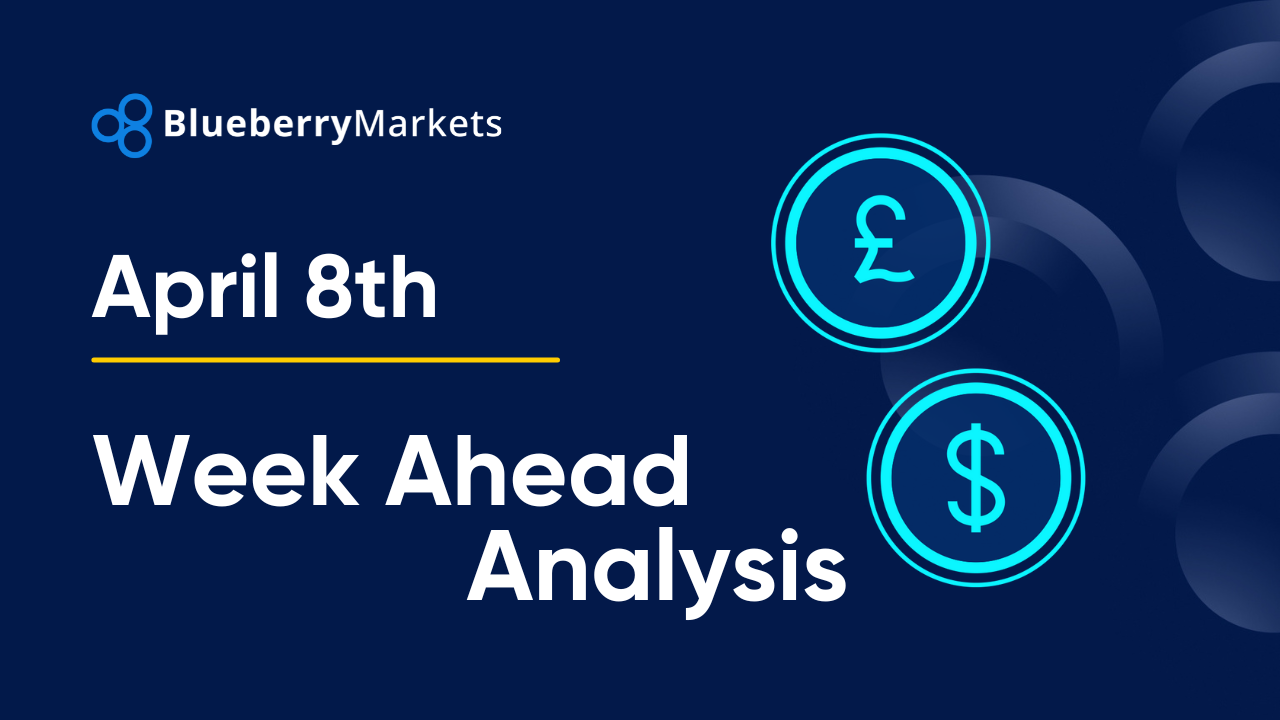
Forex Week Ahead Analysis: 8th April
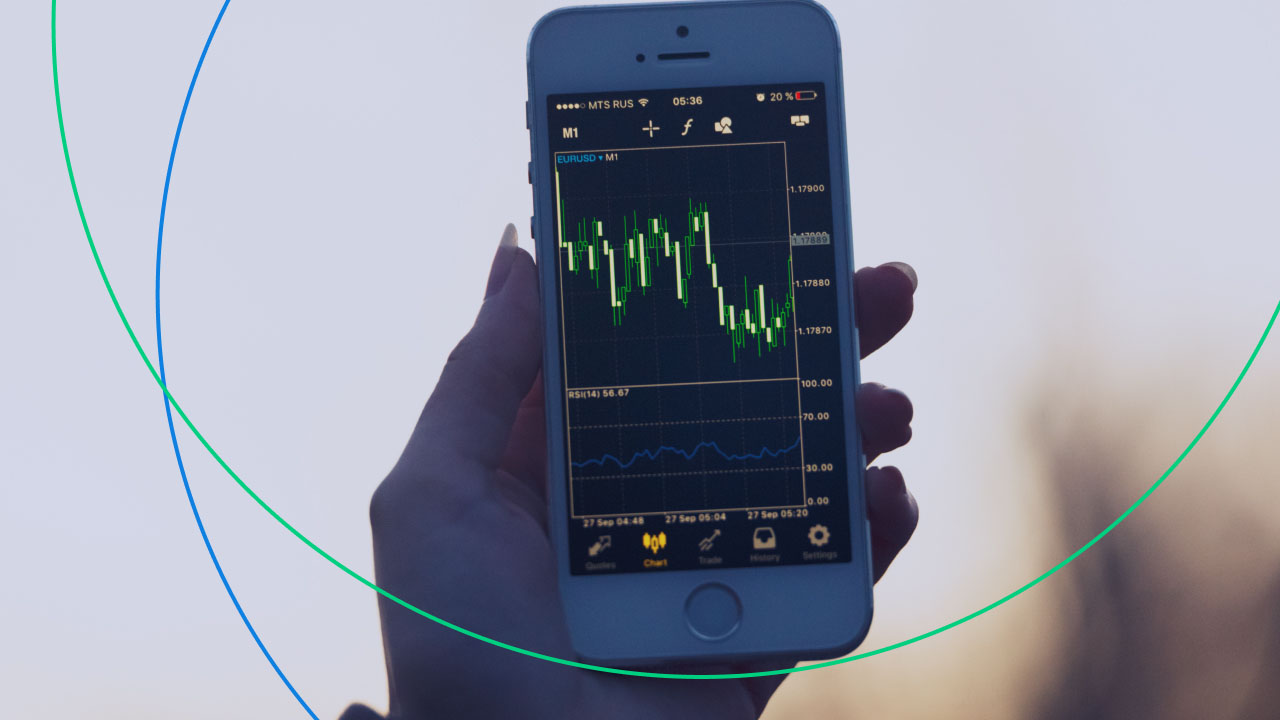
5 Ways to Start Forex Trading As a Beginner
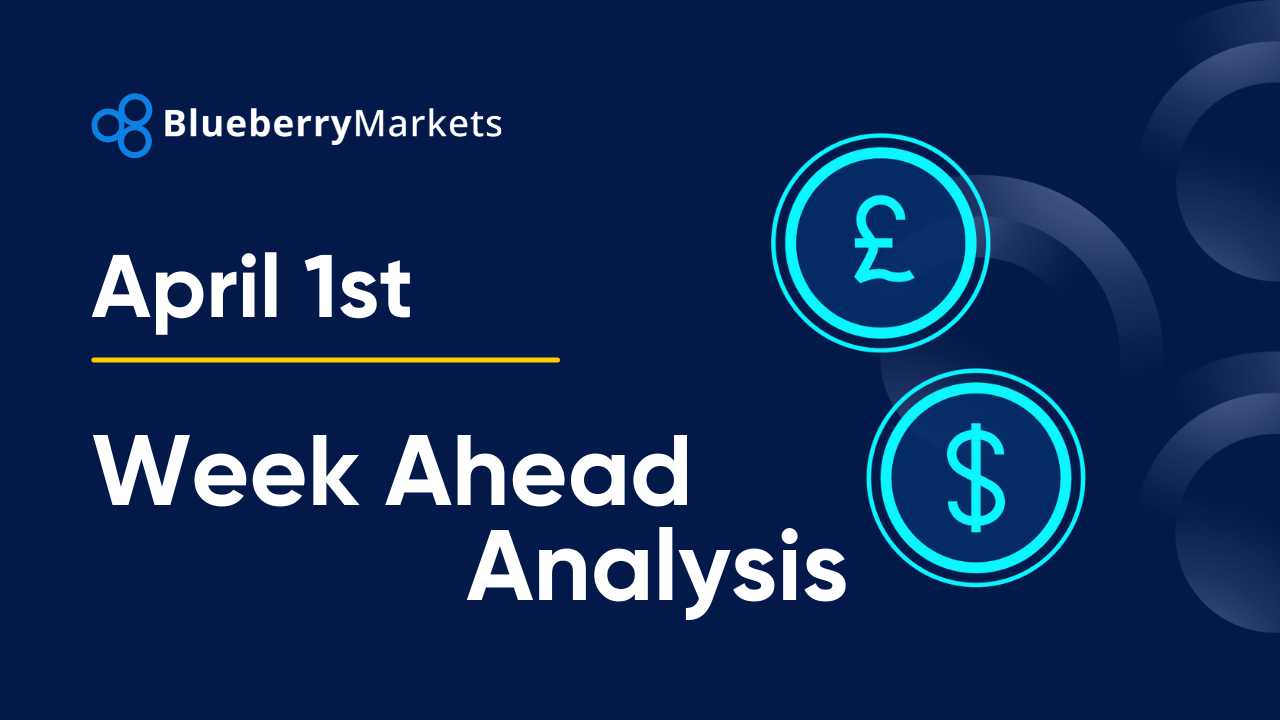
Forex Week Ahead Analysis: 1st April
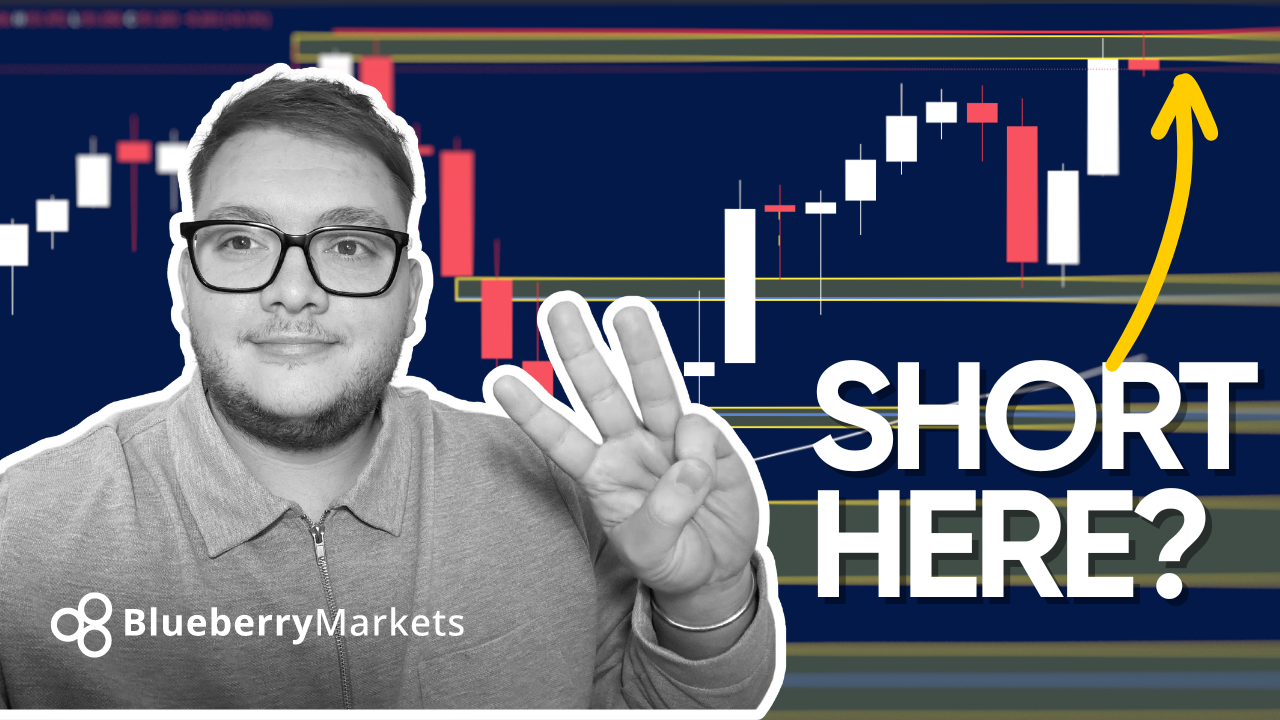
Understanding Japan's Stance on JPY Weakening
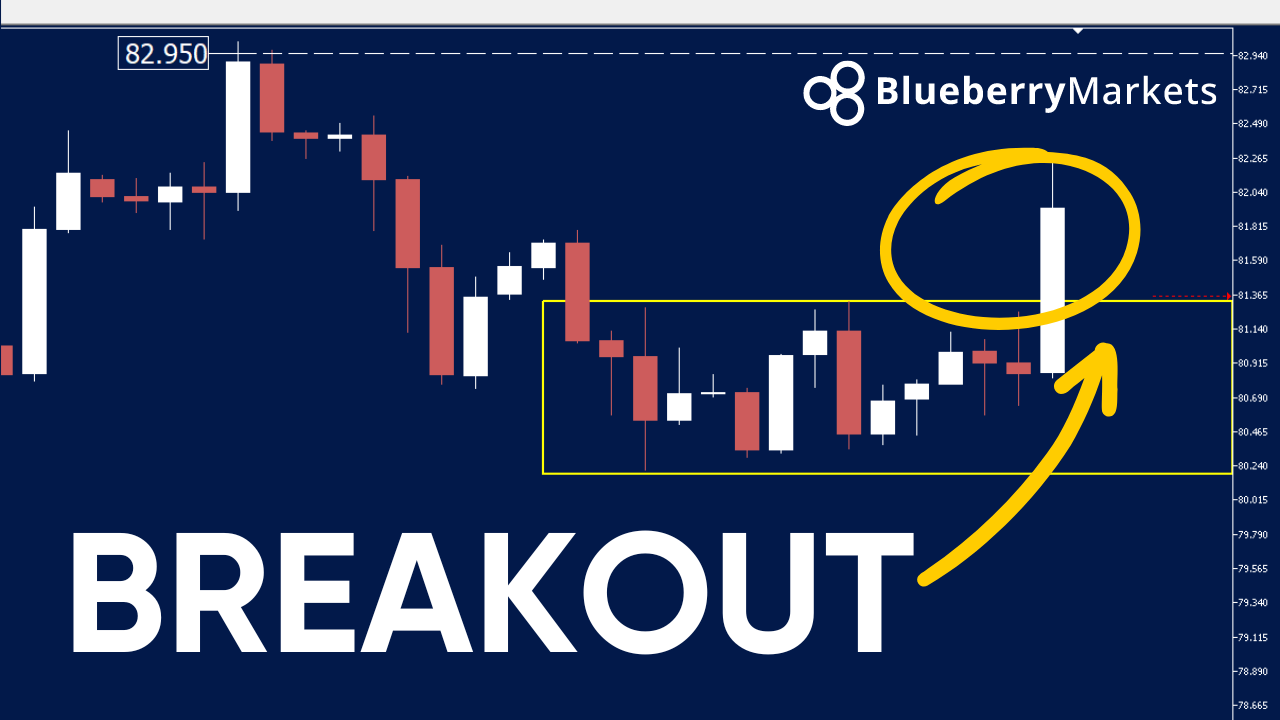
WTI Crude Oil Set to Trade to $100.00?
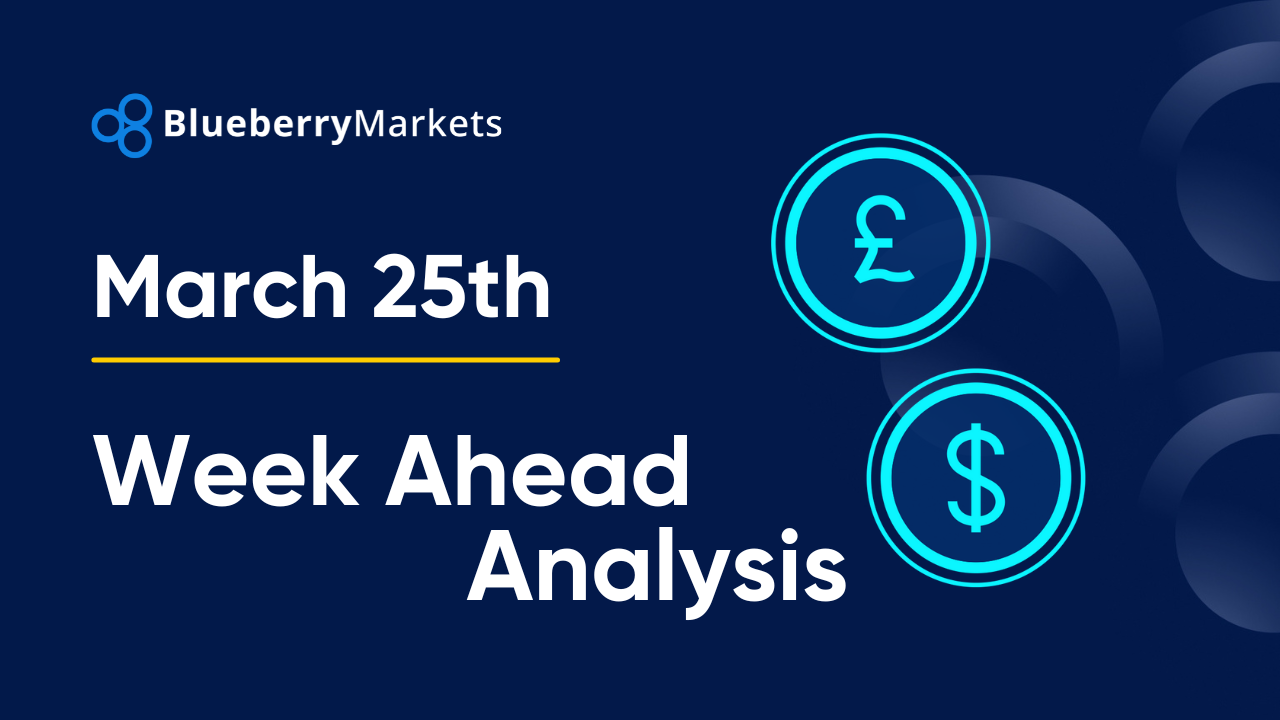
Navigating the Forex Markets: A Quieter Week Ahead

How To Trade GBPUSD Fundamentals
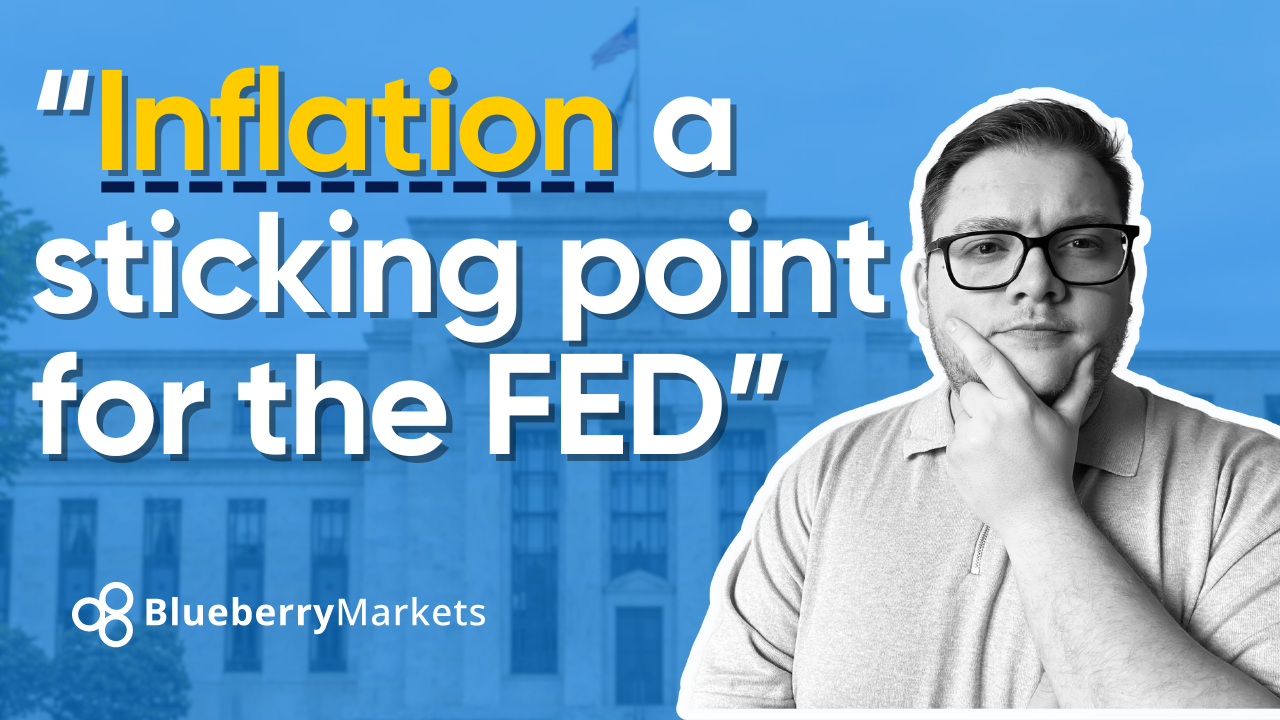
USD In Focus Ahead Of Fed Announcement
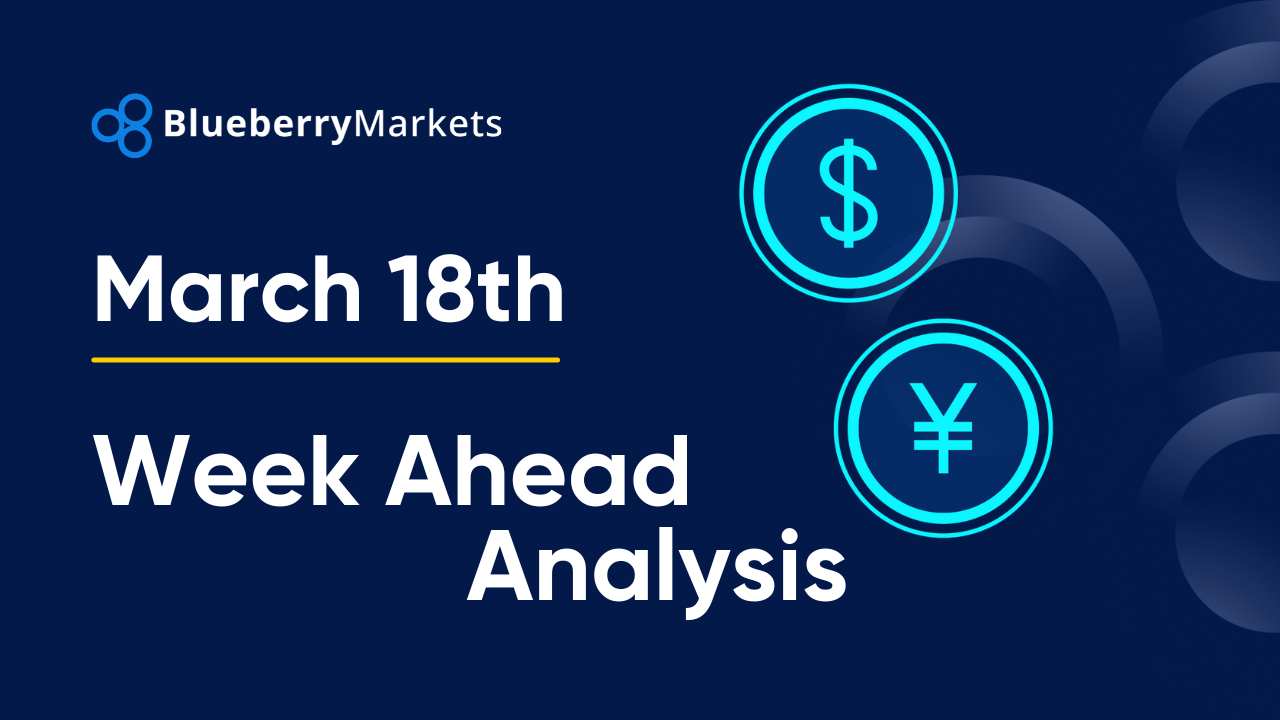
Forex Week Ahead Analysis: 18th March

Common Mistakes to Avoid When Making Forex Deposits

Why Do Forex Brokers Charge Commission Fees?
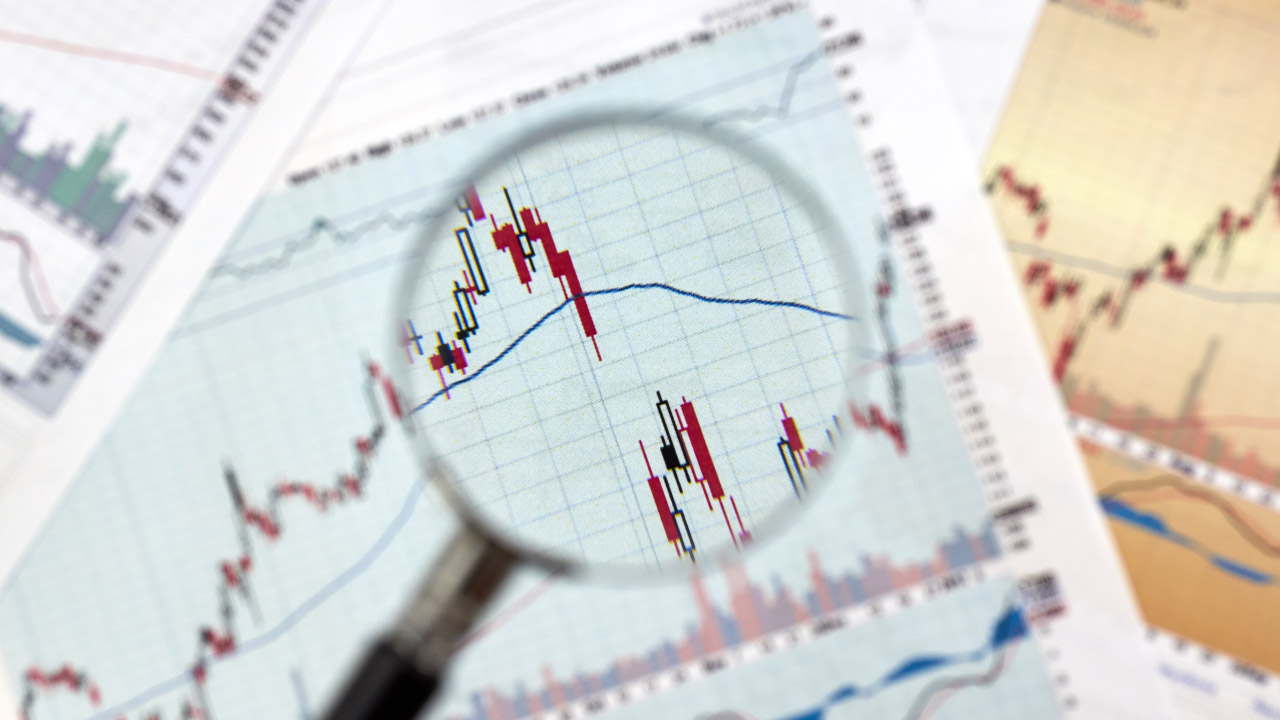
Top Gap Trading Strategies

Demo Accounts: Setting Goals and Establishing Rules
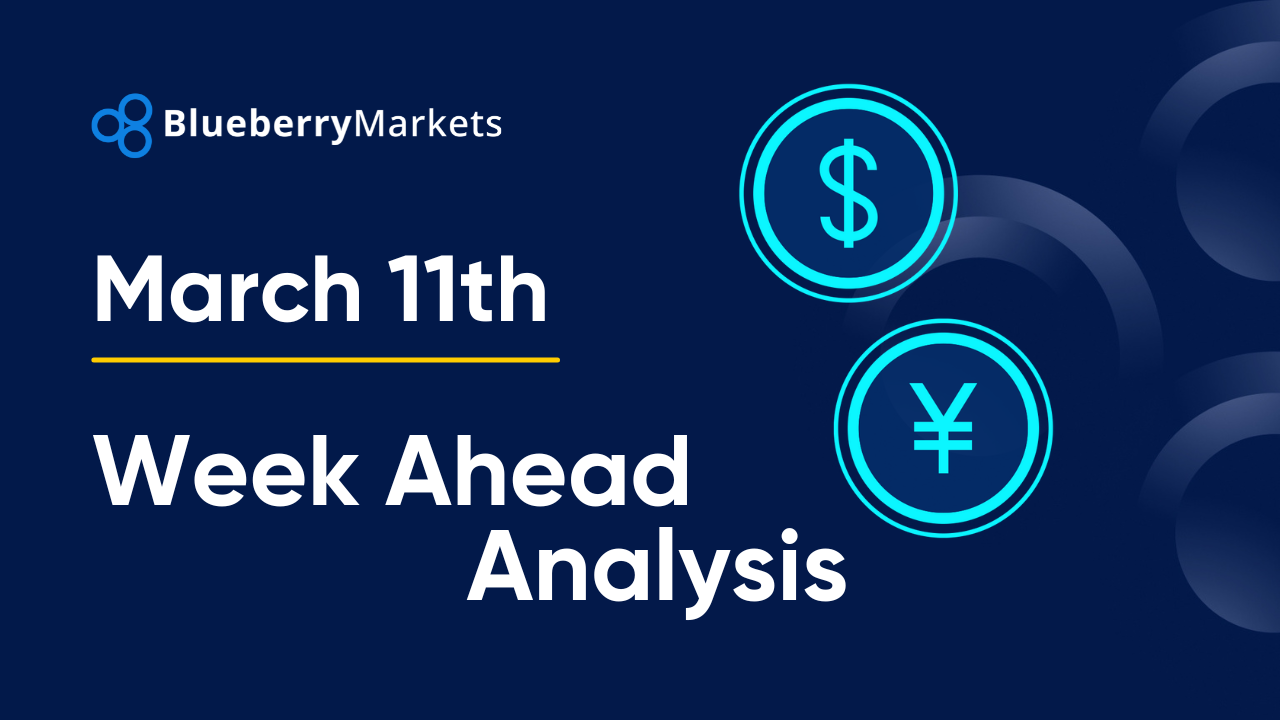
Forex Week Ahead Analysis: 11th March

How to Trade Inside Days

Passive vs Active Trading: What's the Difference?

Is EURUSD Bullish In 2024?
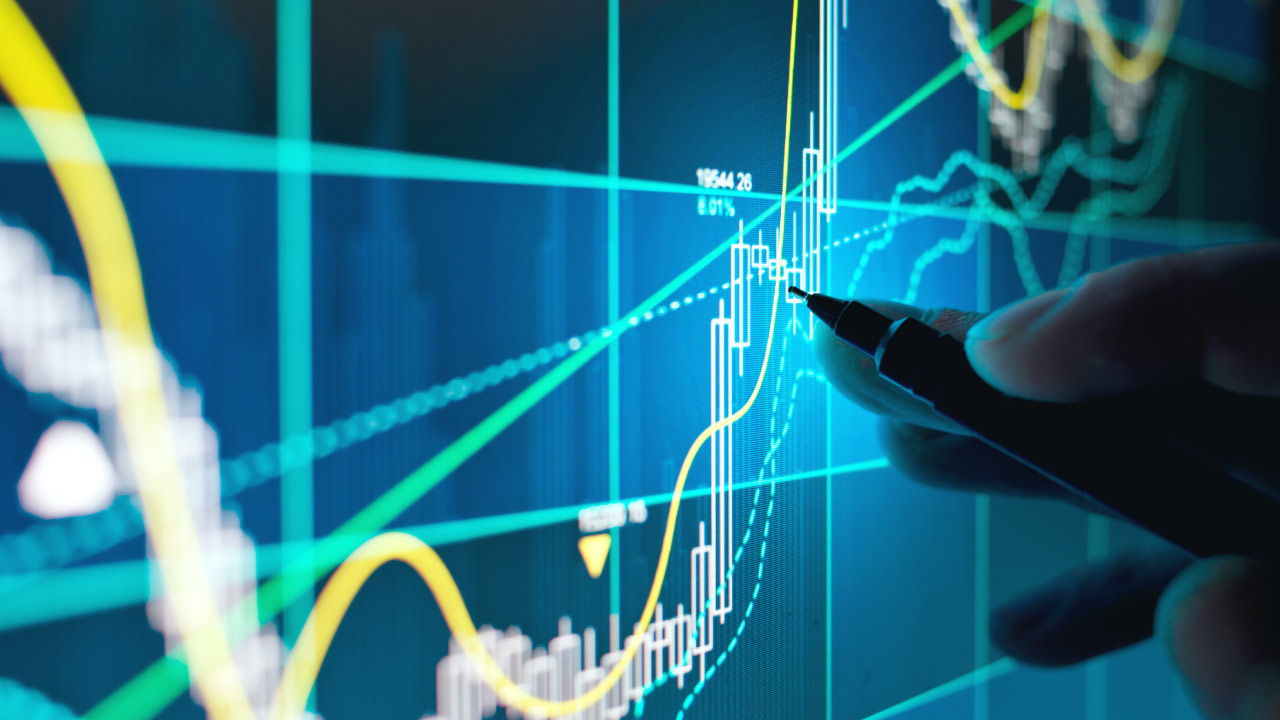
What are Speed Resistance Lines?
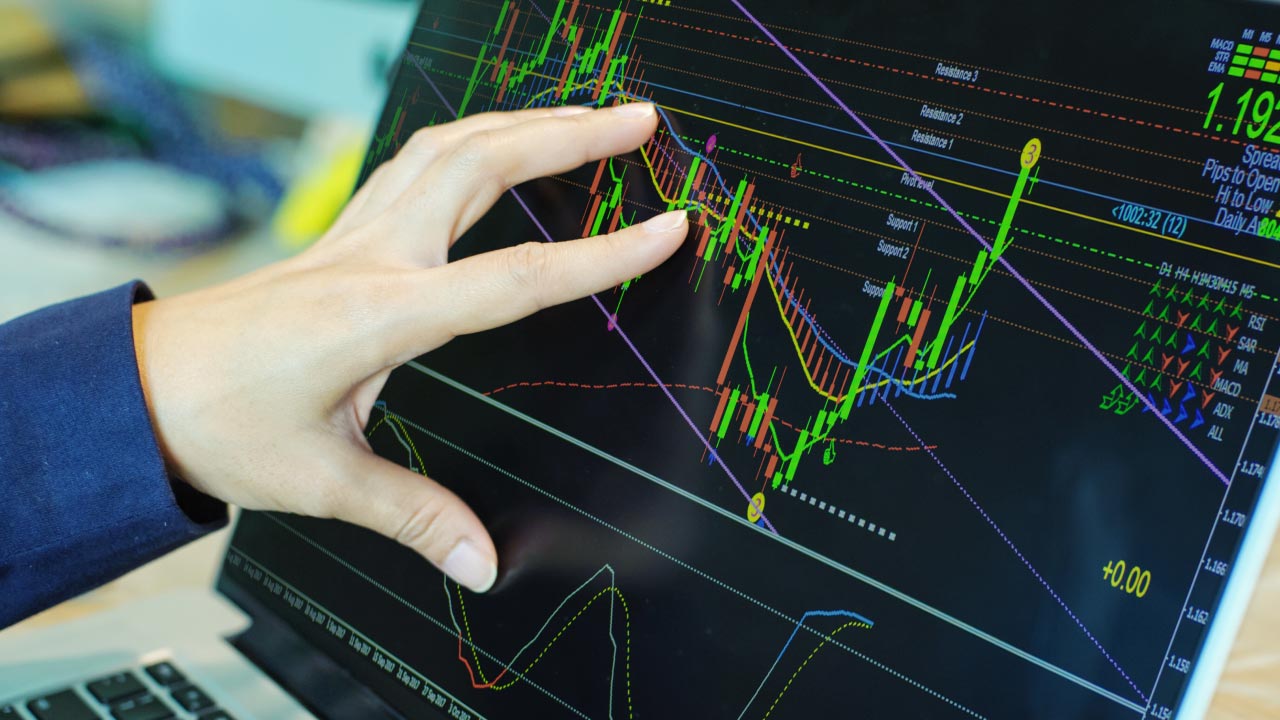
What is The Aroon Indicator?
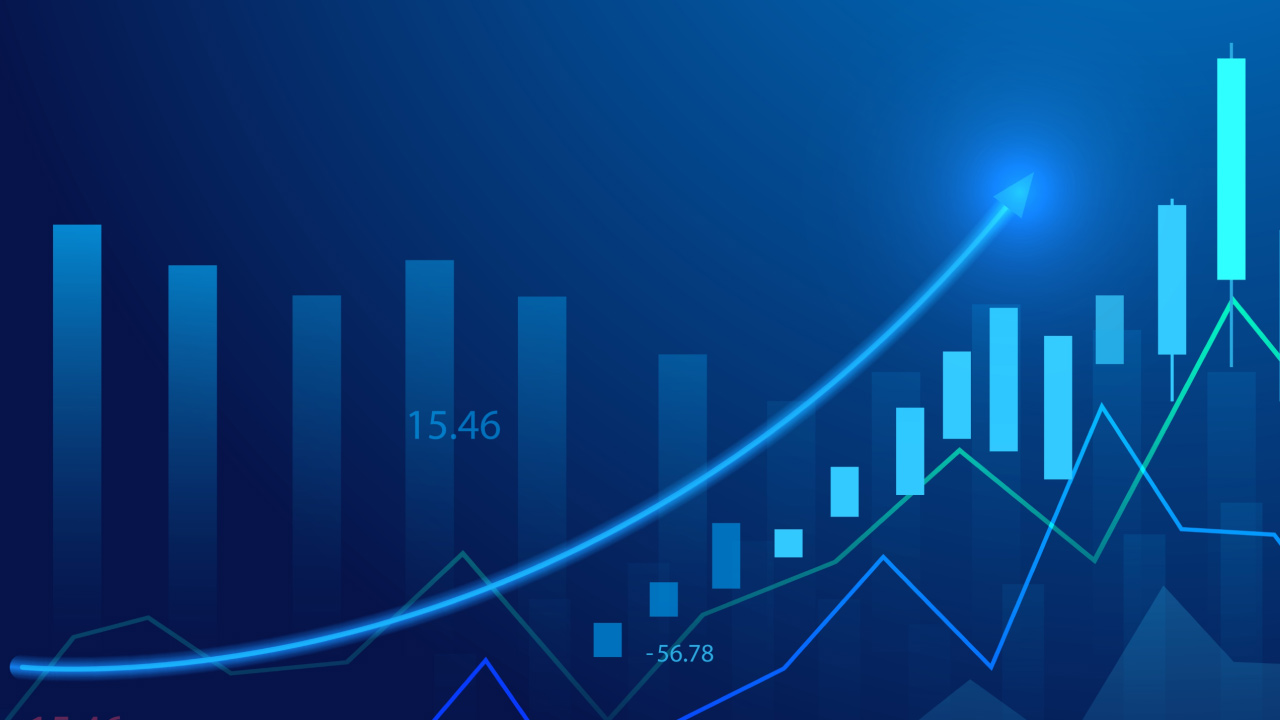
Yield Curve: What it is and How to Use it

How to Trade USD/MXN Currency Pair
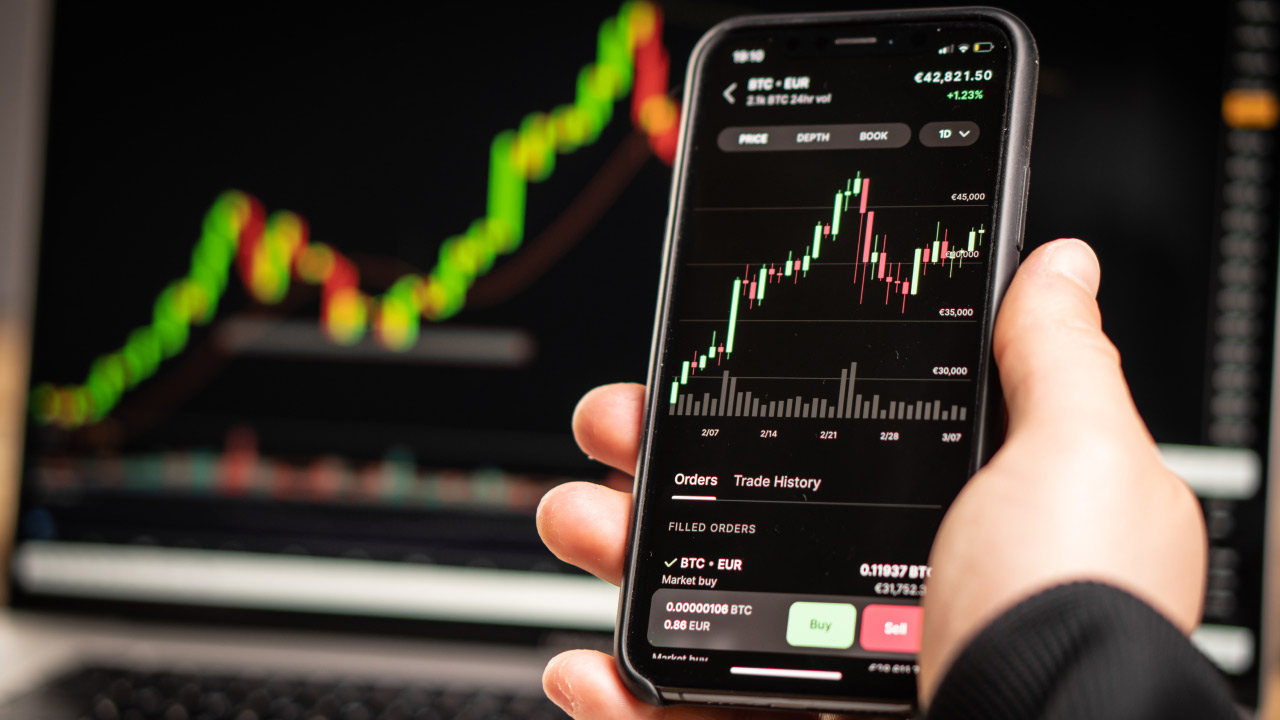
What Are Price Charts (And How to Use Them?)

What is the Linear Regression Slope?

How to Trade with CCI Indicator

How to Start Trading on MetaTrader 4 with Robots
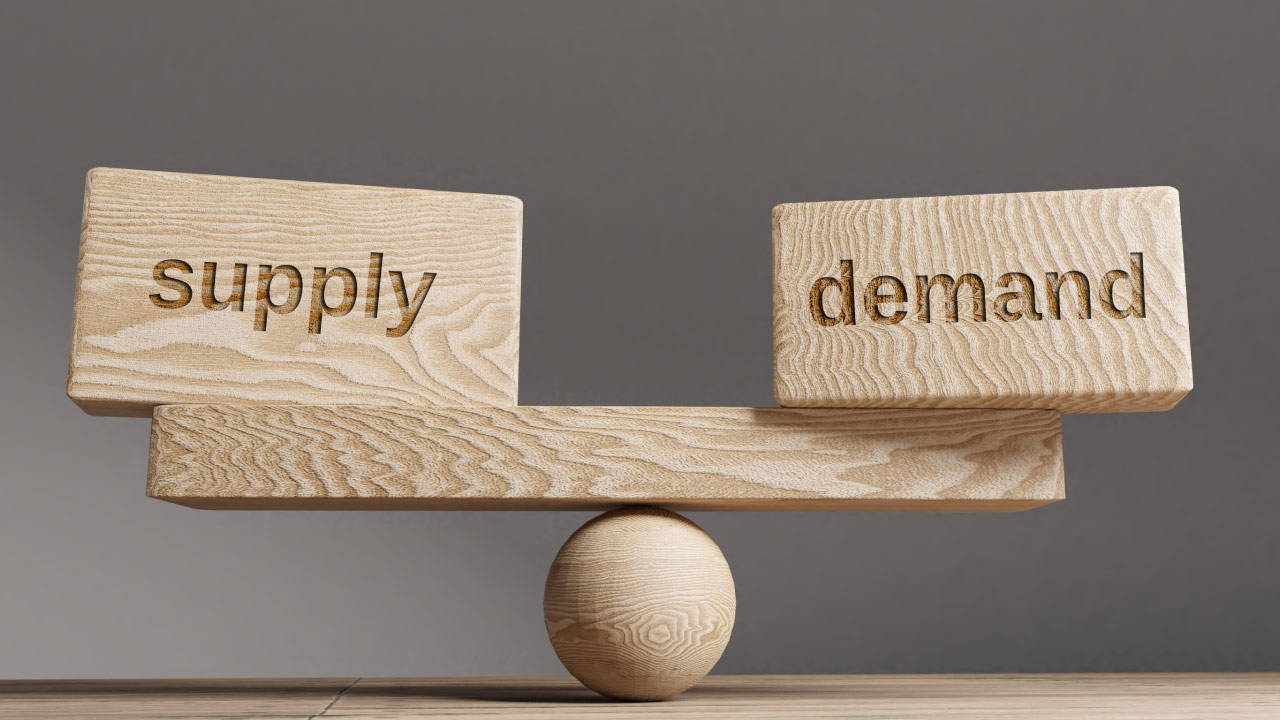
How Does Supply and Demand Affect Markets?

What is the Raff Channel Indicator?
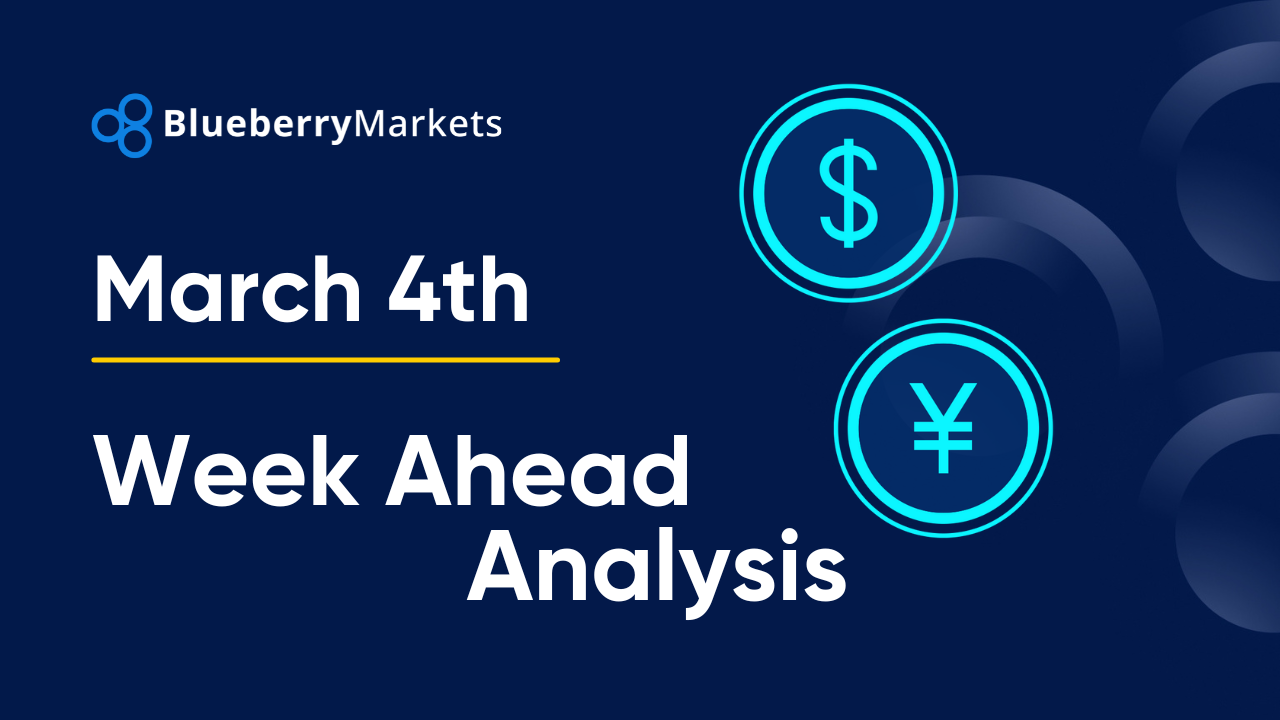
Forex Week Ahead Analysis: 4th March

Bitcoin Soars as New ETFs Drive Record Trades

Tips For Trading Gold
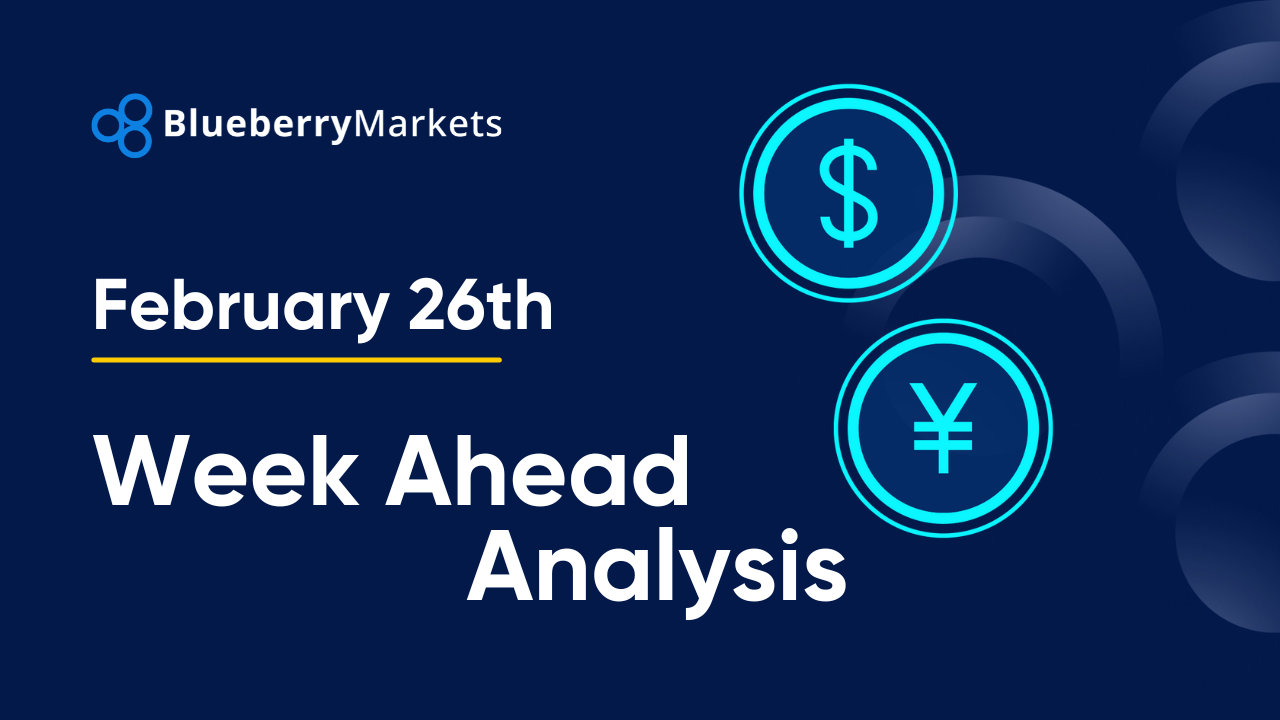
Forex Week Ahead Analysis: 26th February
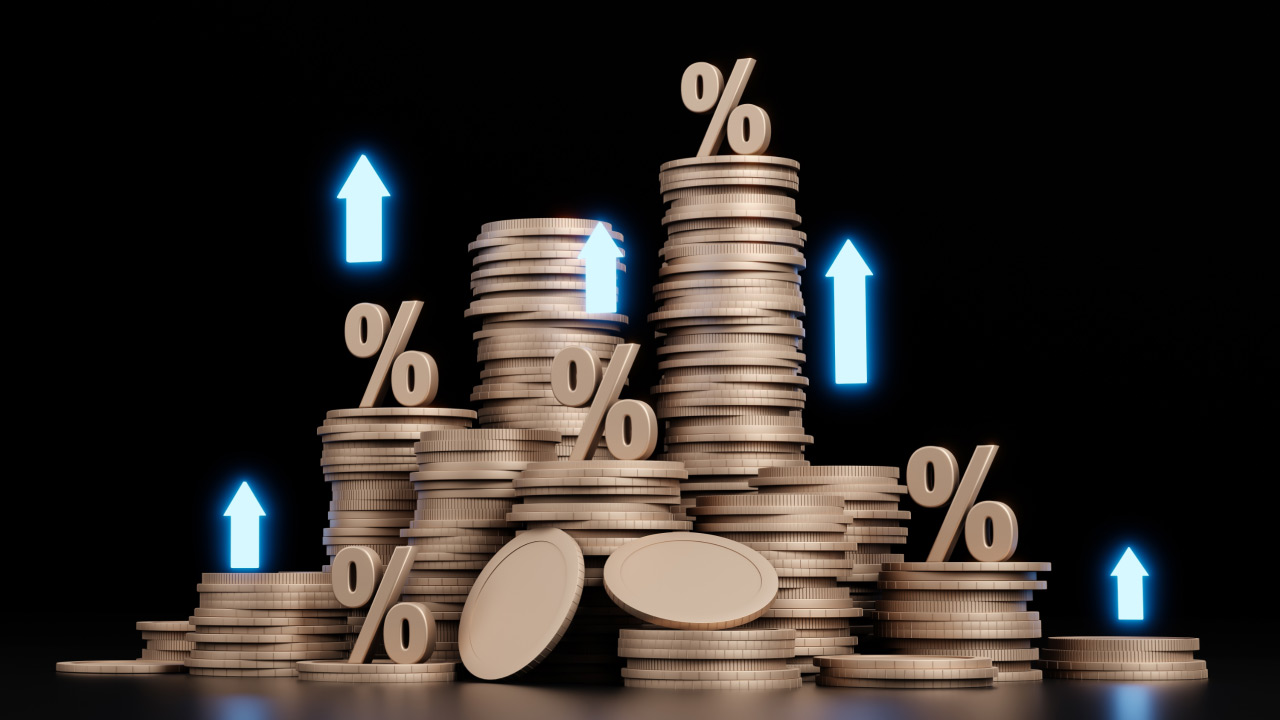
What is an Emerging Market?

AUDJPY In Focus Ahead Of RBA Meeting Minutes

What to do With Big Wins as a Forex Trader?
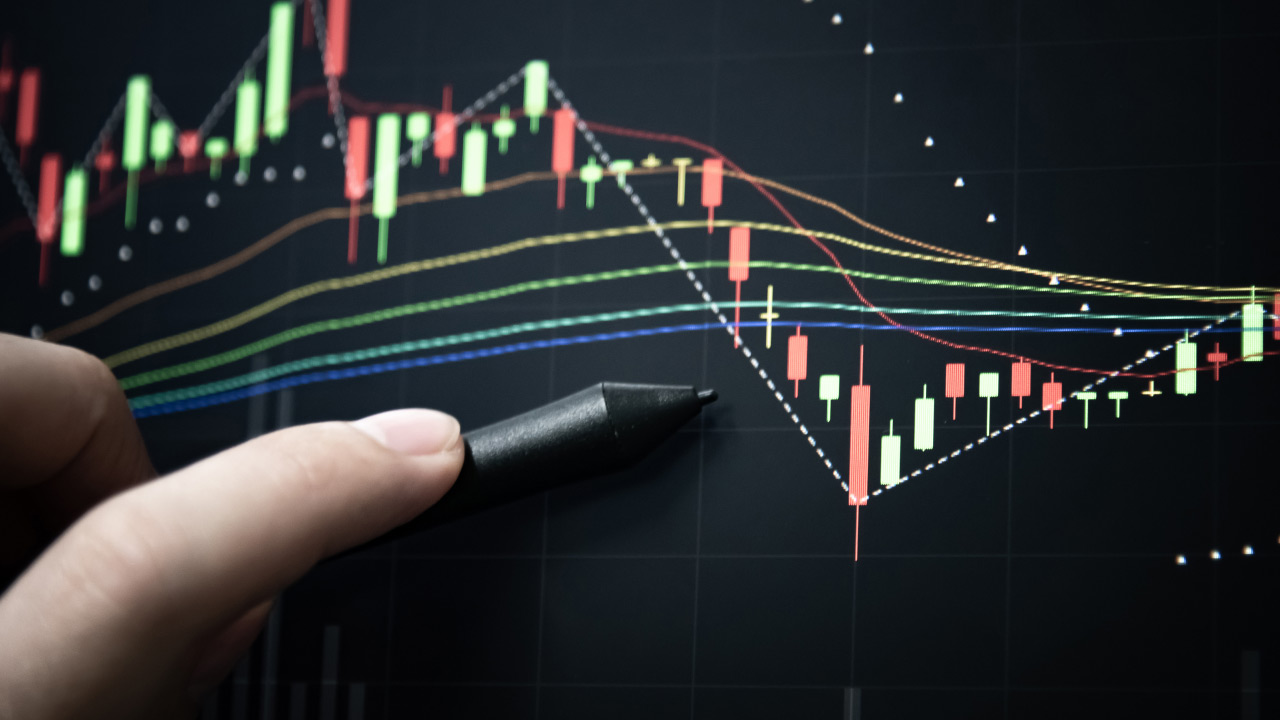
5 Key Strategies for Advanced Technical Analysis

What is the Hidden Divergence Trading Strategy?
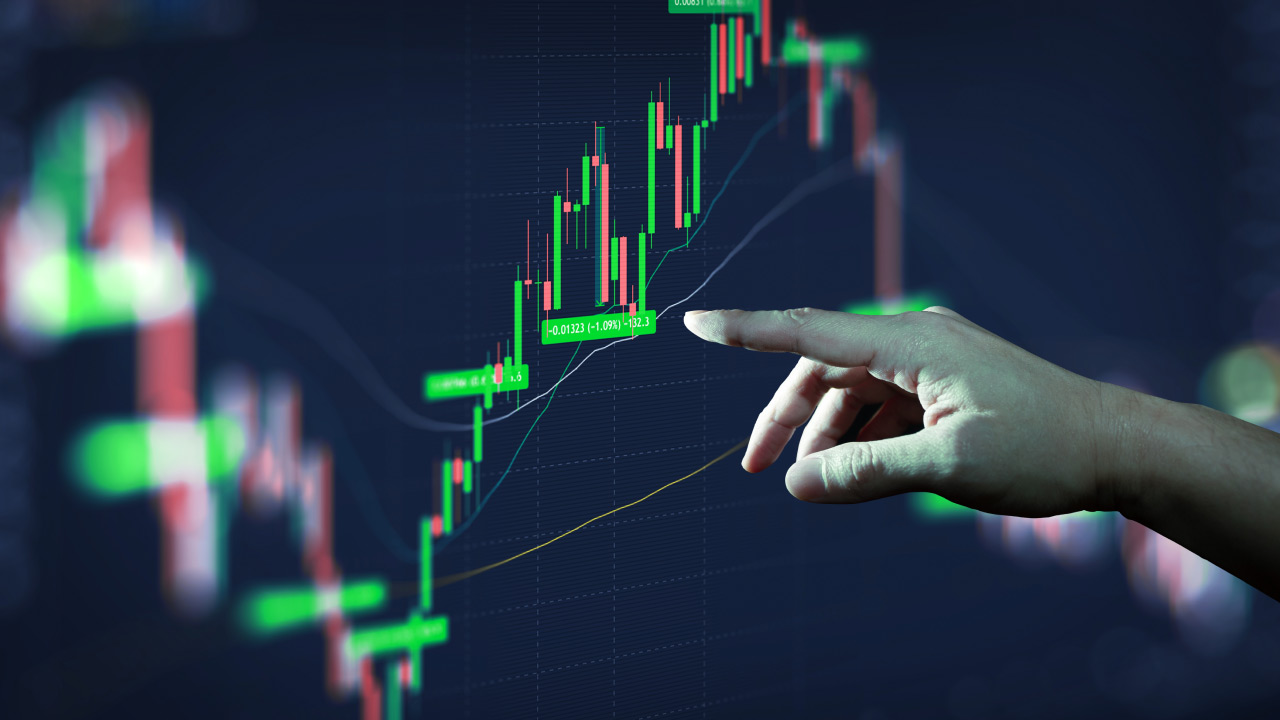
What is the 5-3-1 Trading Strategy in Forex?

How to Set Realistic Trading Goals
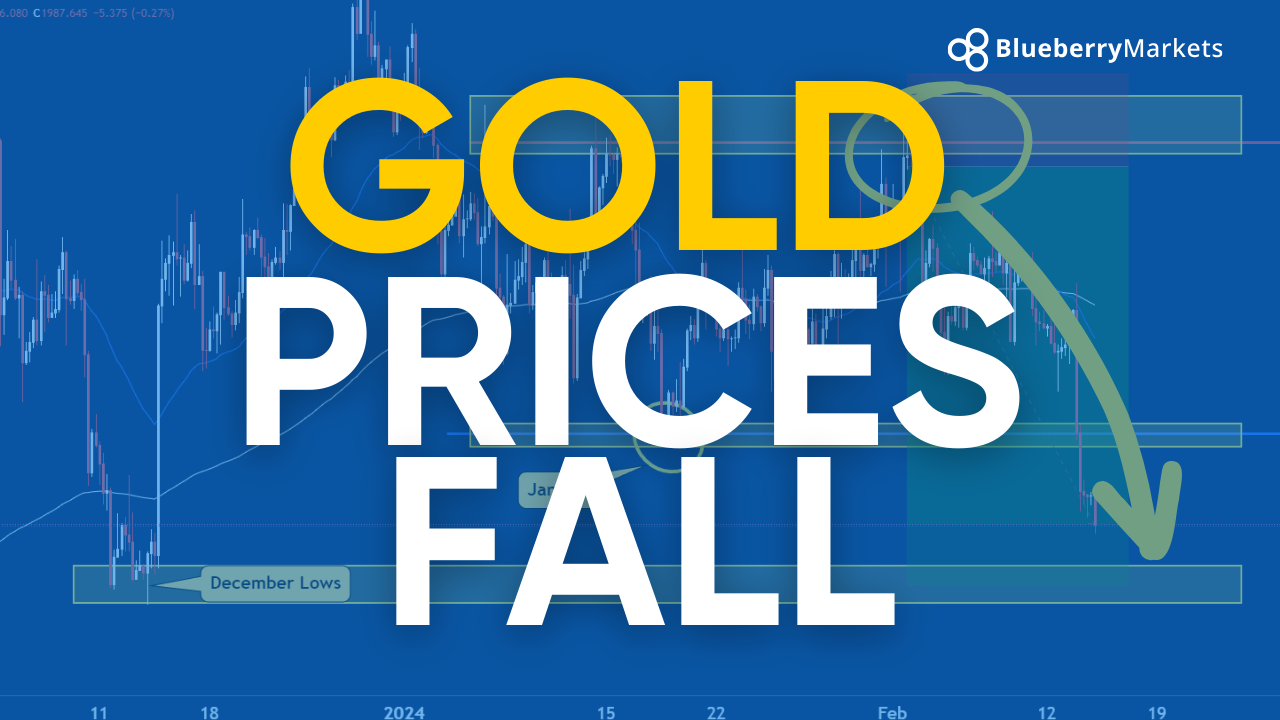
Will Gold Prices Fall Further?
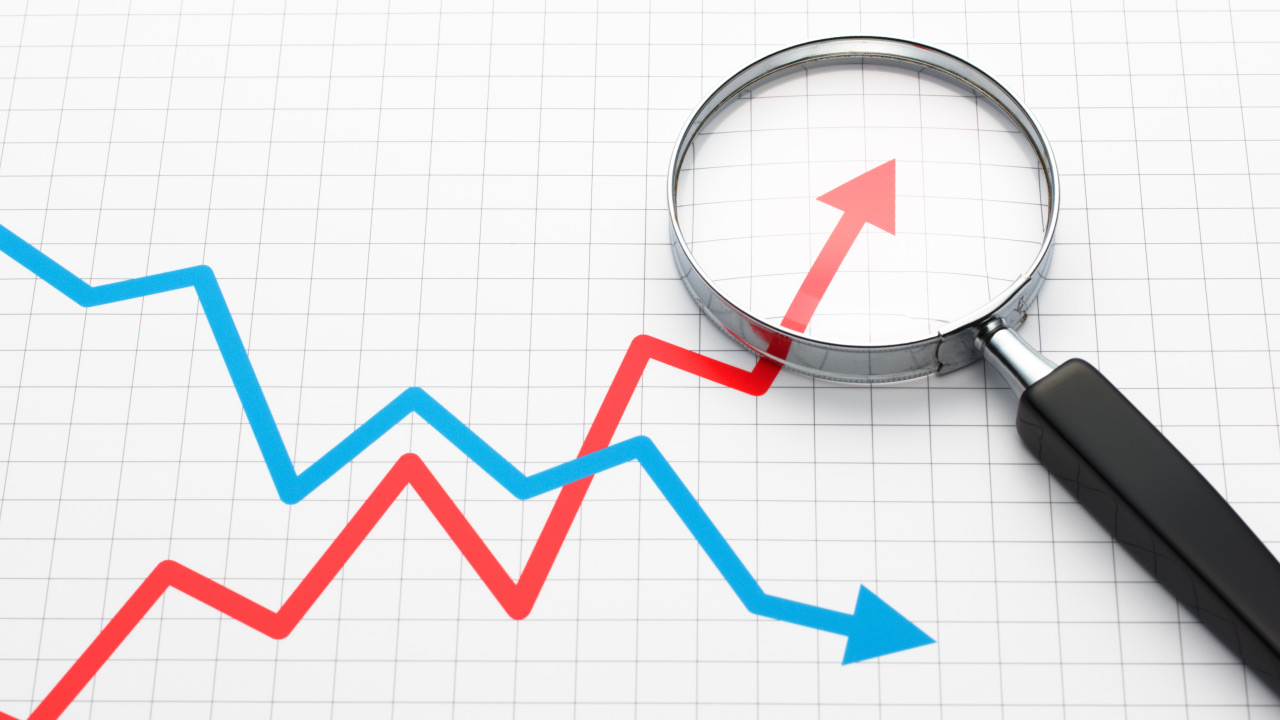
Five Trading Strategies For a Highly Volatile Market
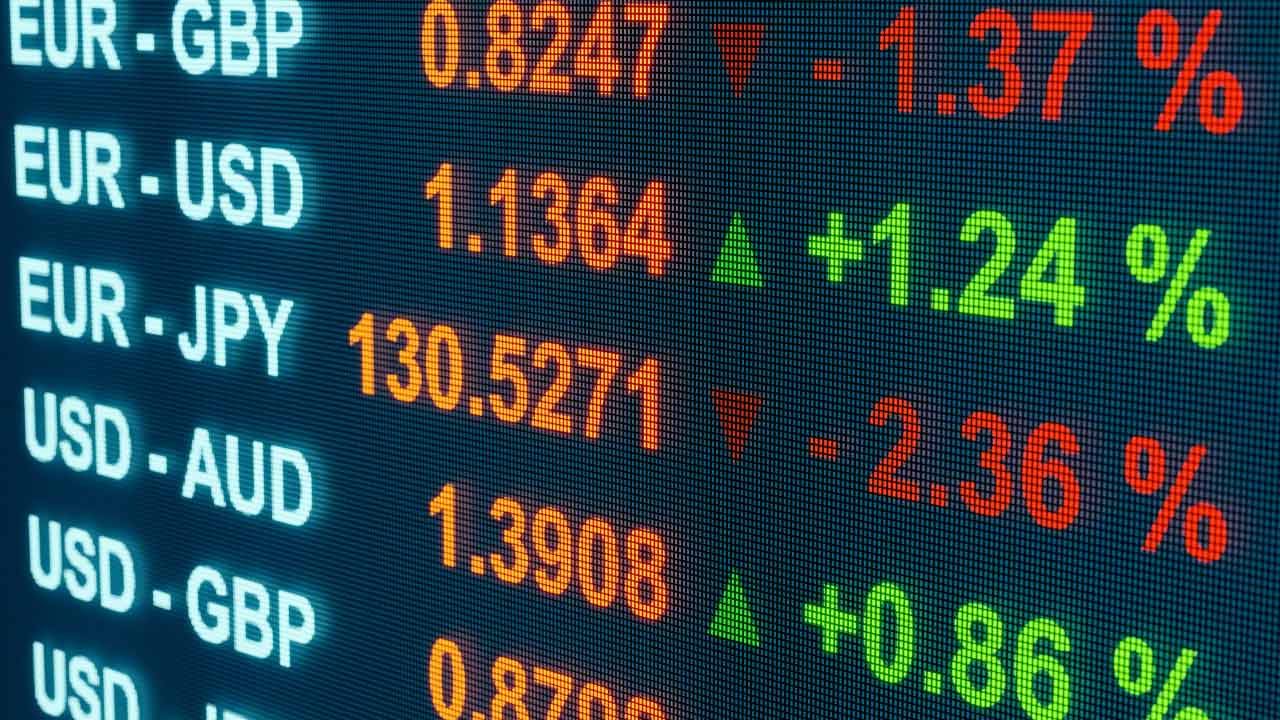
How to Build Flexibility in Forex Trading
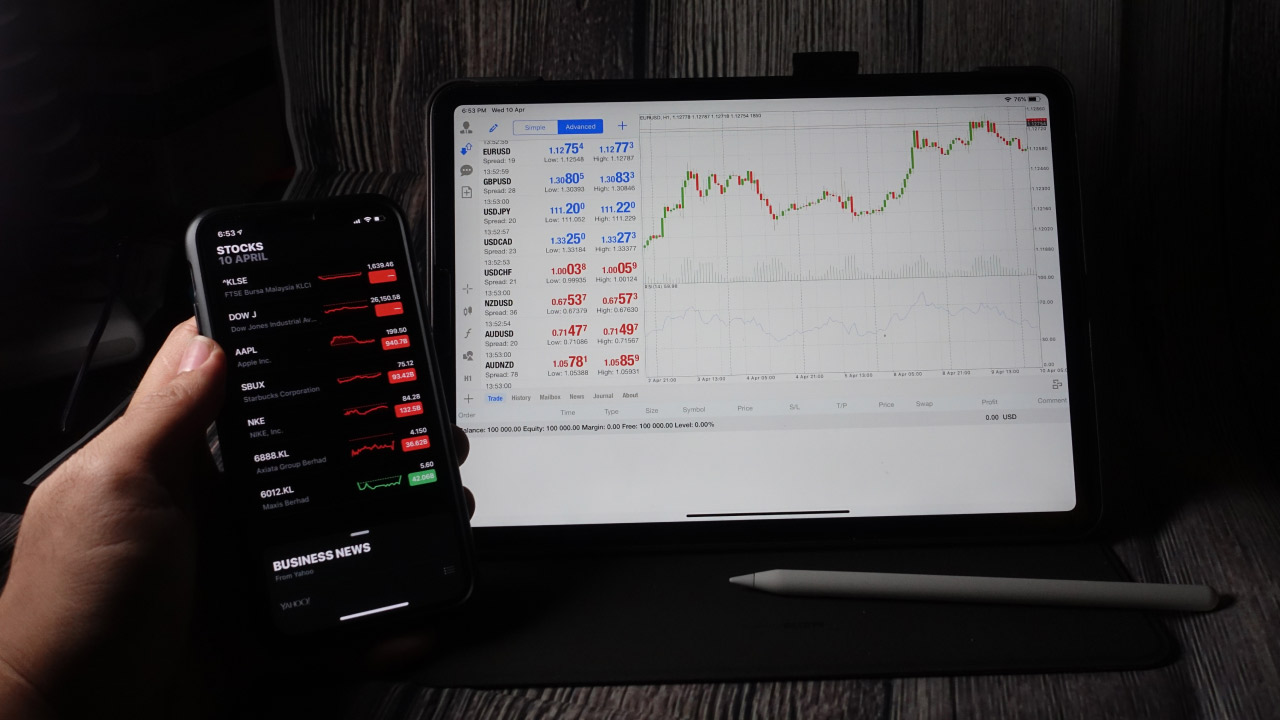
How to Check Your Trade History in MT5?

Why Forex Traders Should Use a Risk Calculator

How to Combine Trading Strategies

How and When to Buy or Sell in Forex Trading
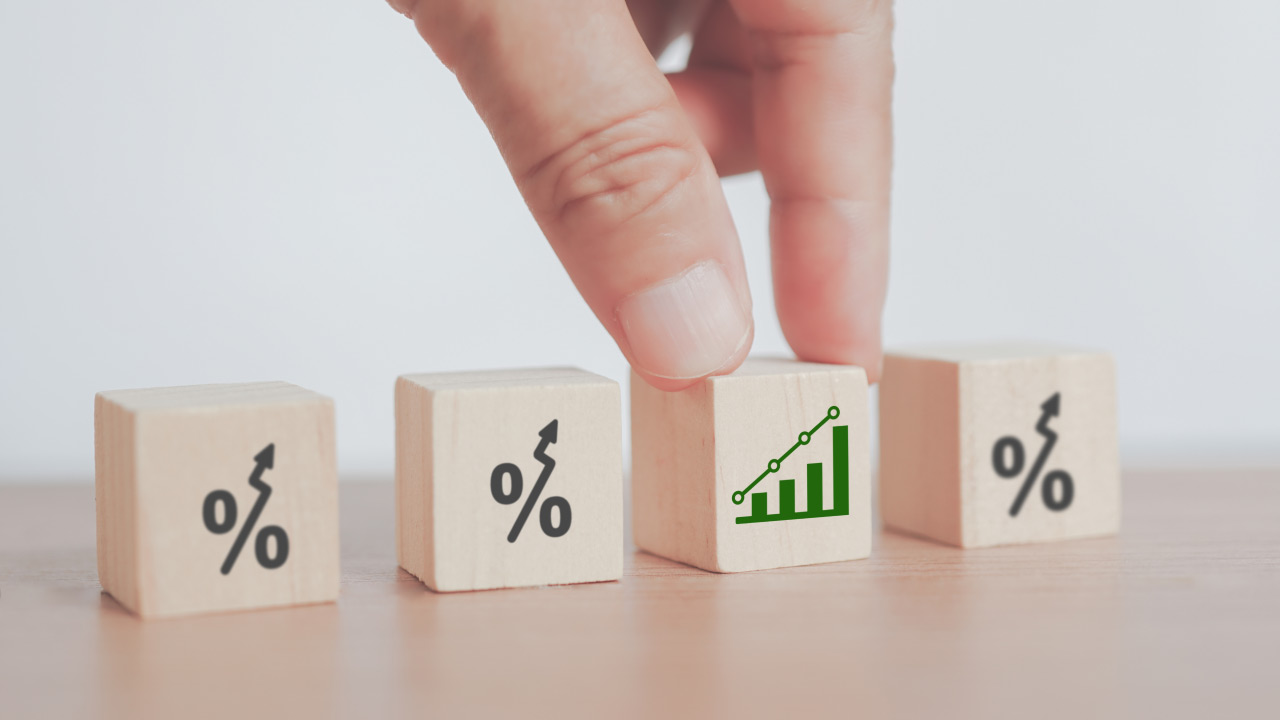
How to Trade Low Volatility Markets?
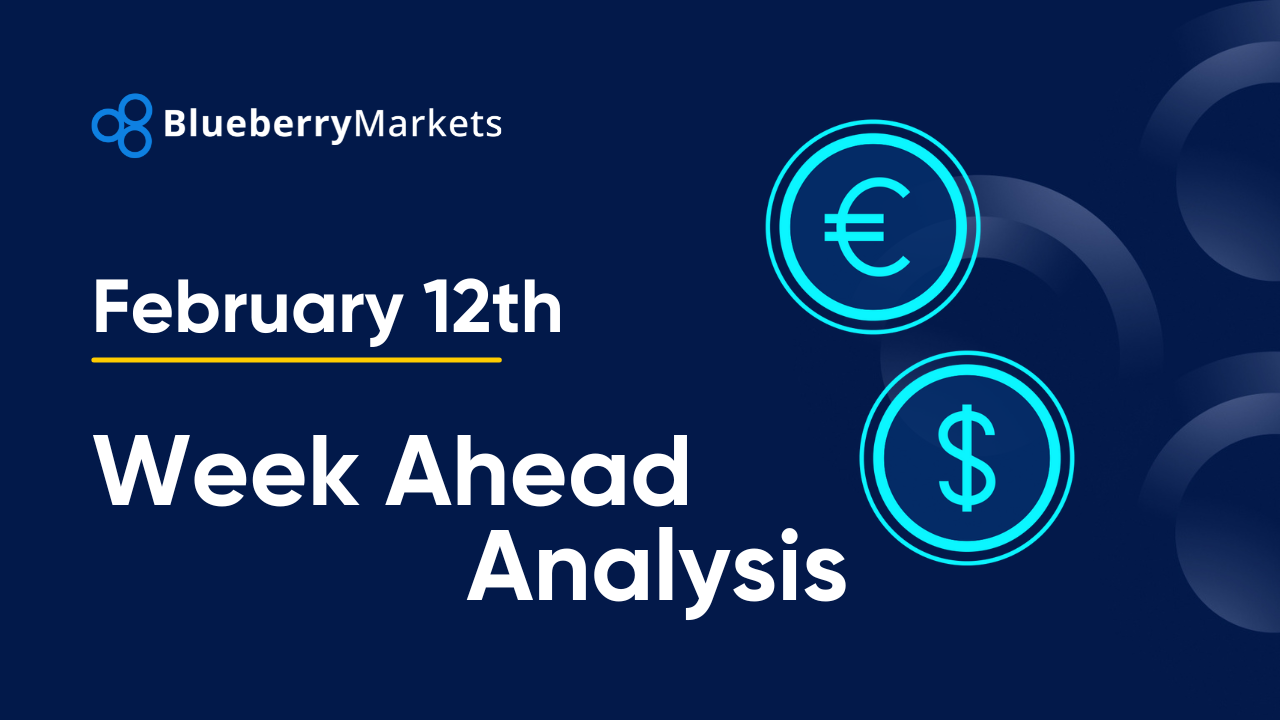
Forex Week Ahead Analysis: 12th Feb
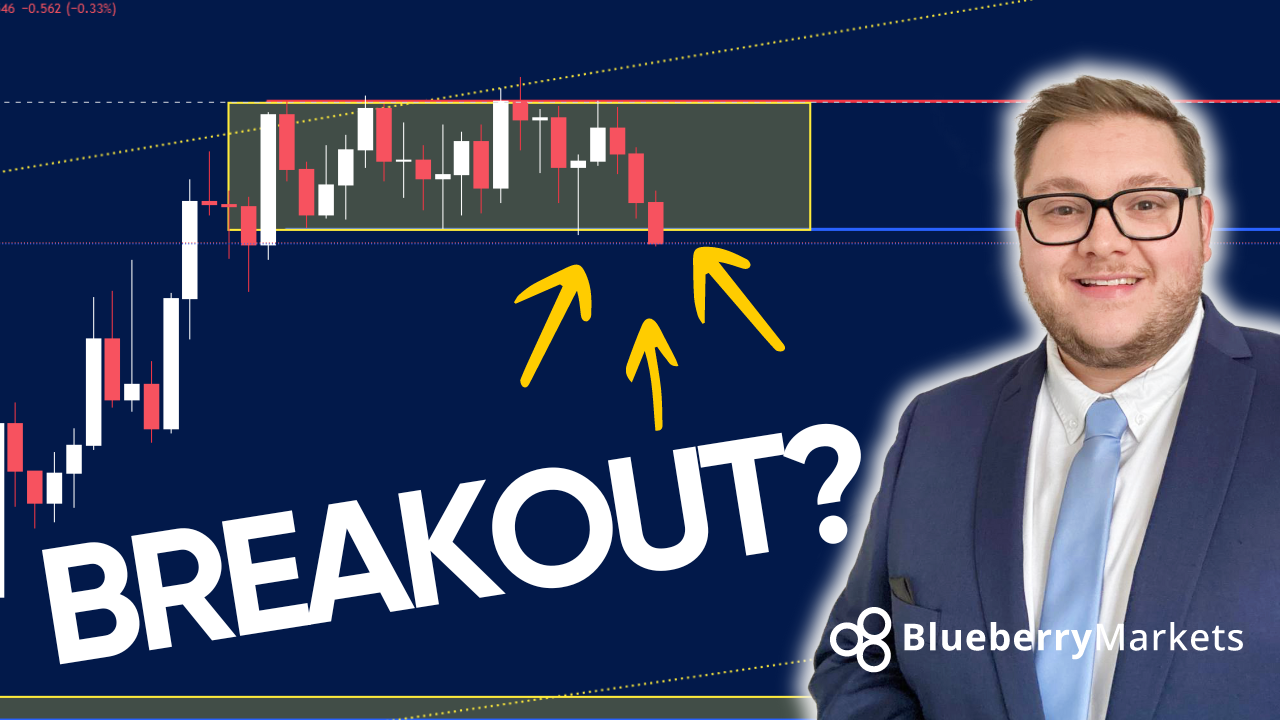
Have Traders Spotted This Forex Breakout?
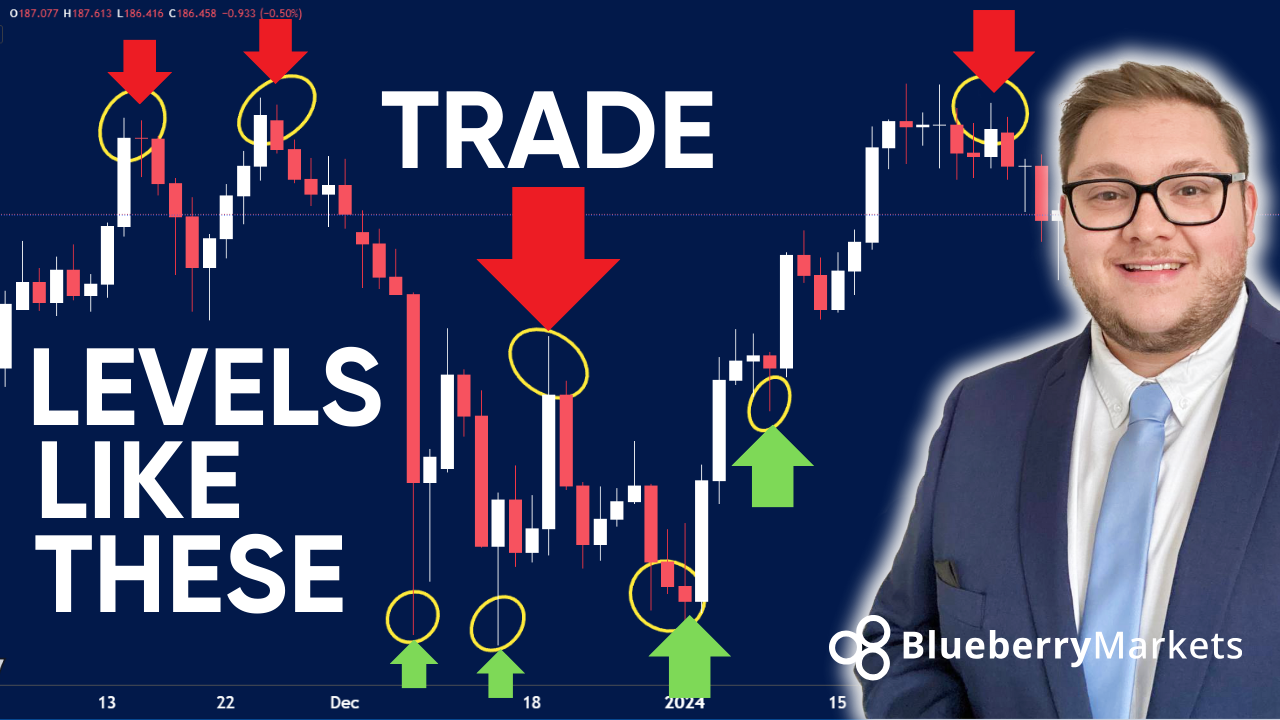
A Blueprint to Consistency in Forex Trading
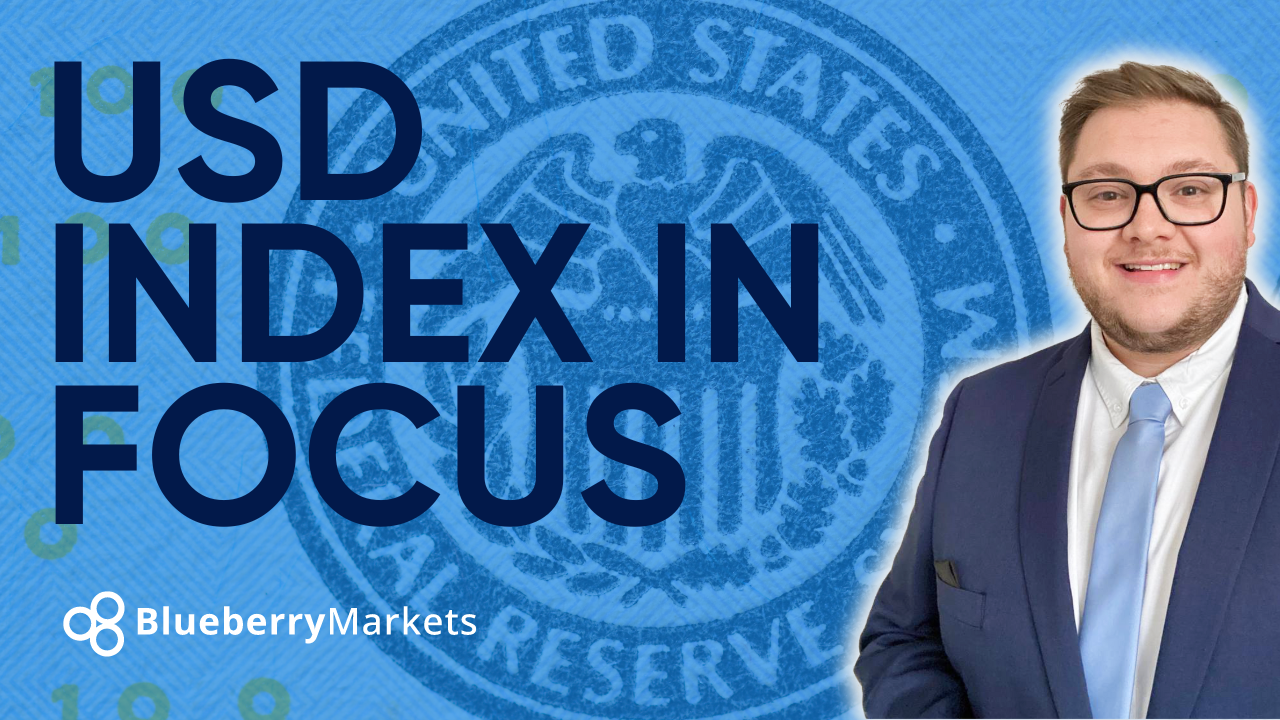
USD Index Key Levels

Don't Trade GBP/AUD Until You See This

Forex Week Ahead Analysis: 27th January
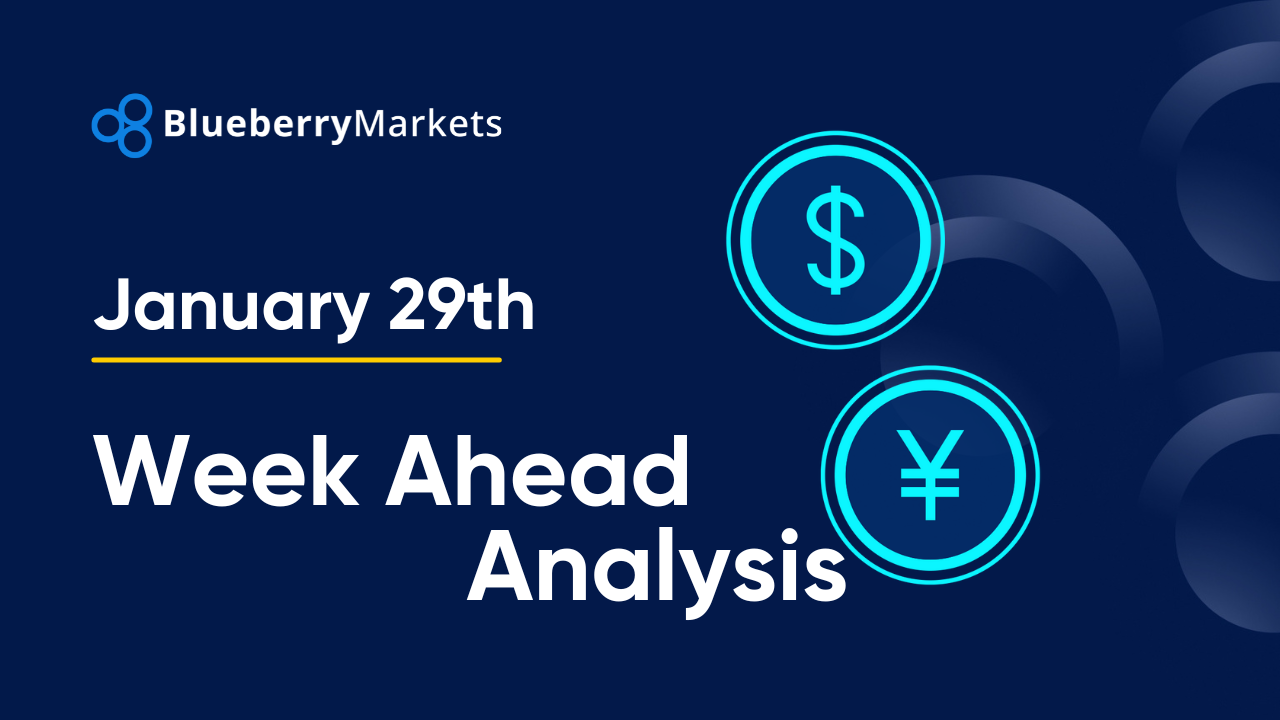
Forex Week Ahead Analysis: 29th Jan
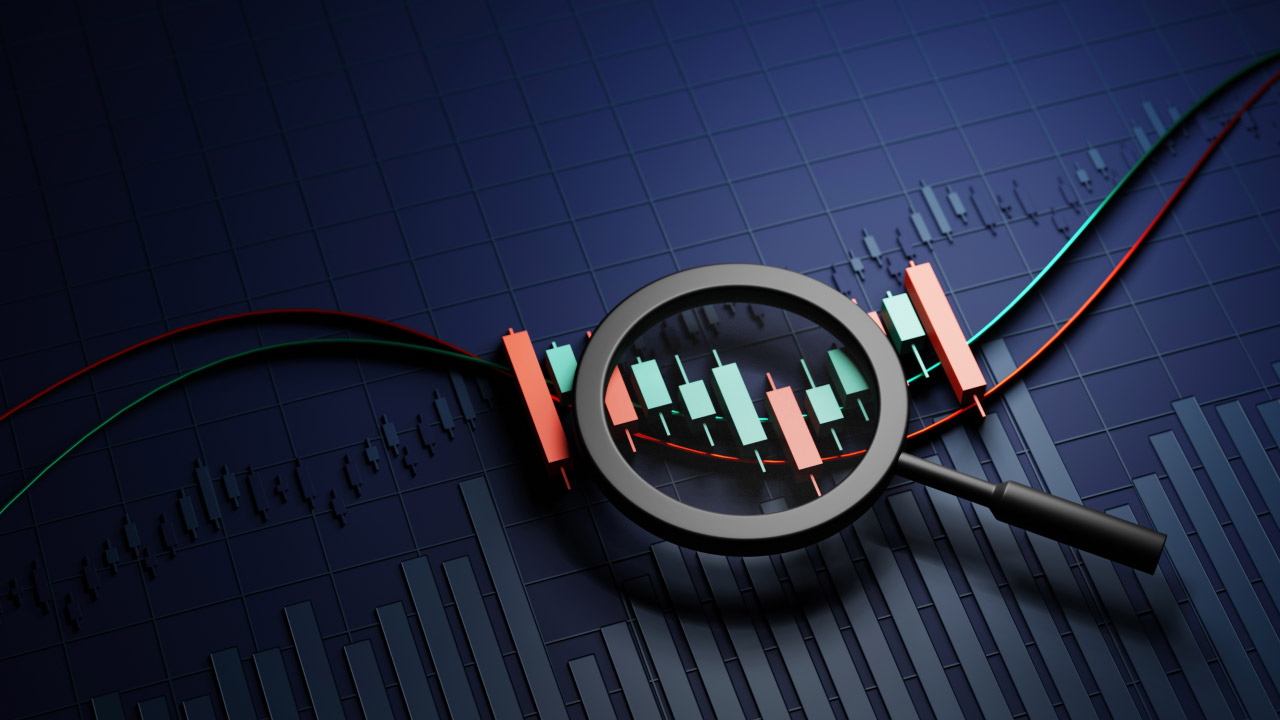
Three-Bar Reversal Pattern For Day Trading

What is the Retail Sales Index?
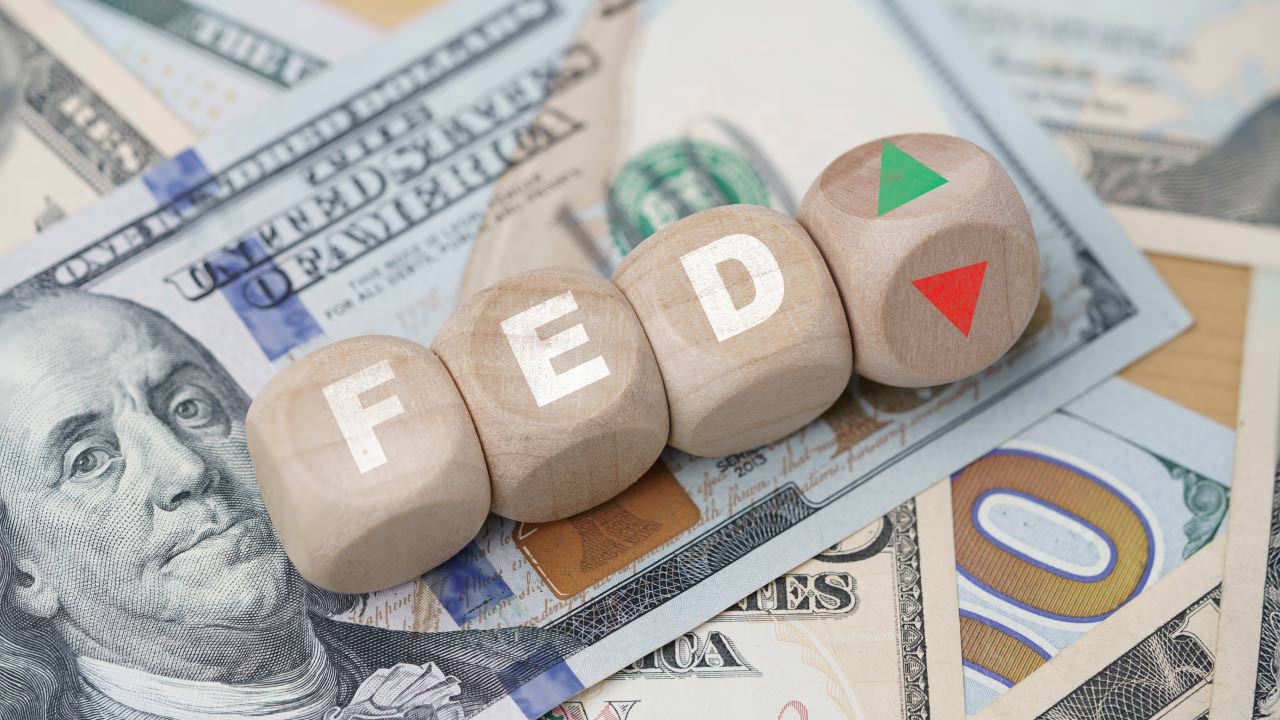
A Forex Trader's Guide to Federal Reserve Bank
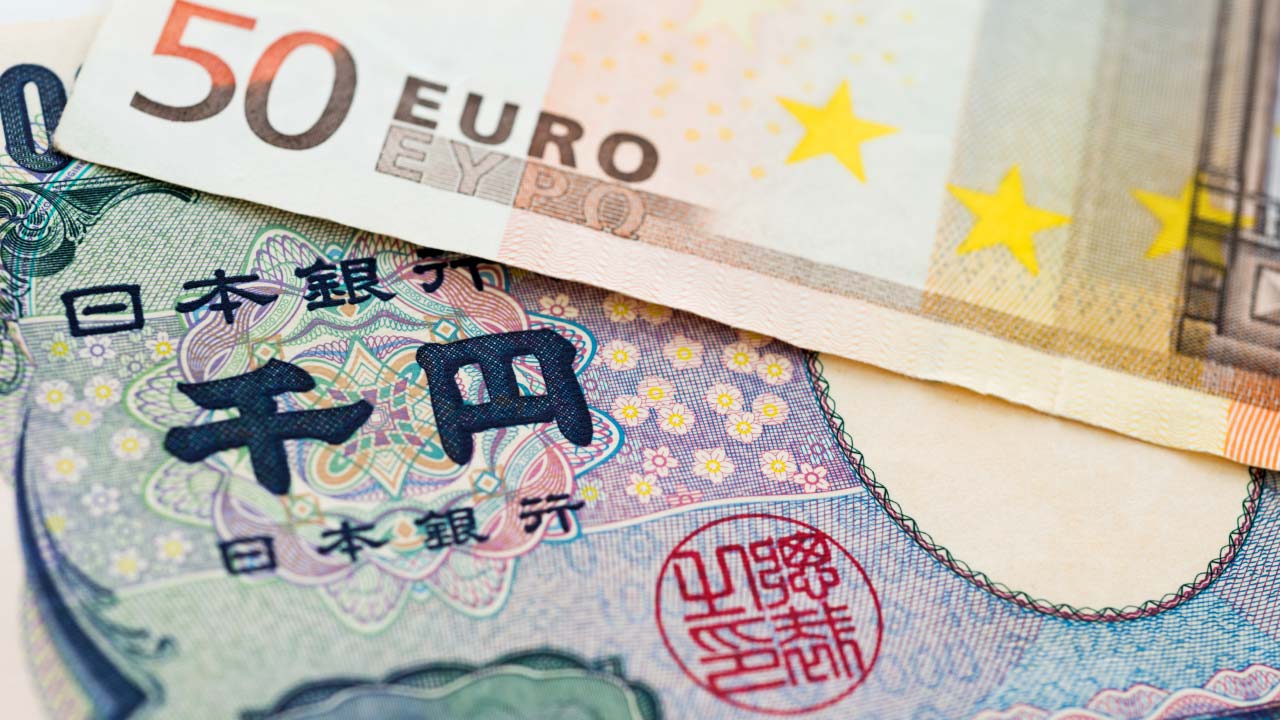
How to Trade the EUR/JPY Currency Pair?

How Trading Competitions Work?

The Year Ahead: Top Crypto Predictions for 2024
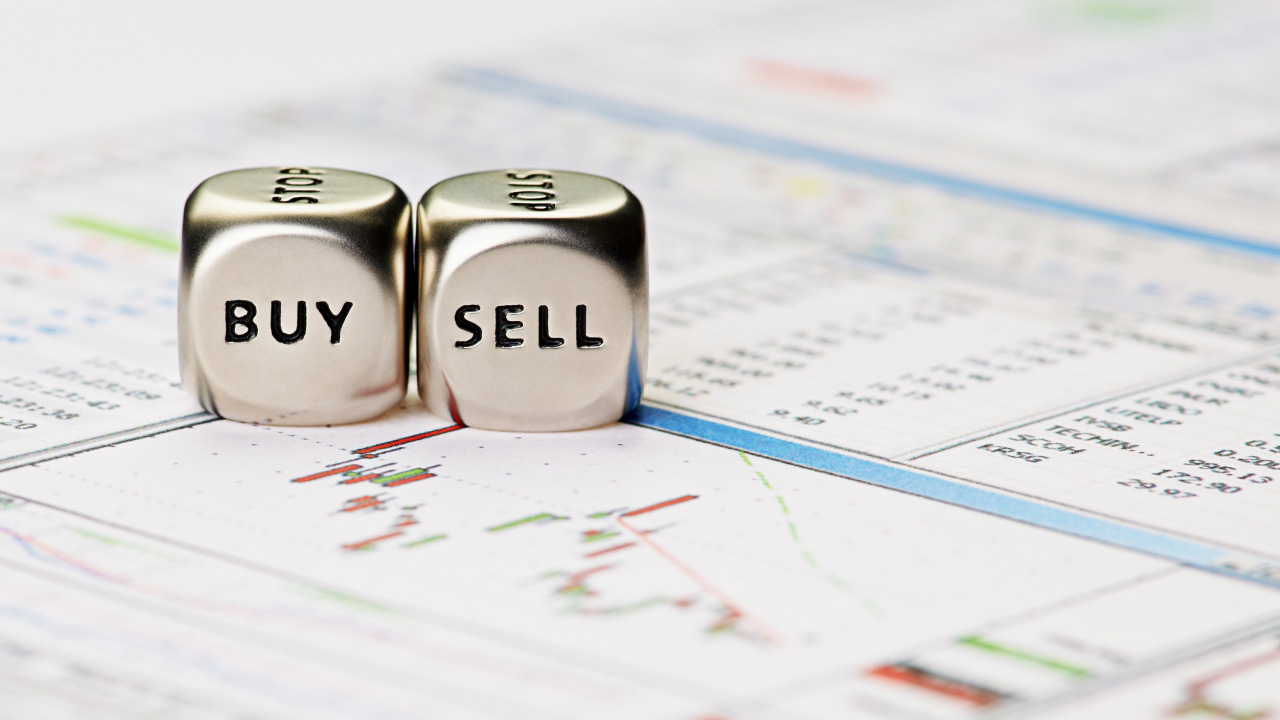
What Are Competitive Spreads?

EURJPY What Next? | Price Action Trading
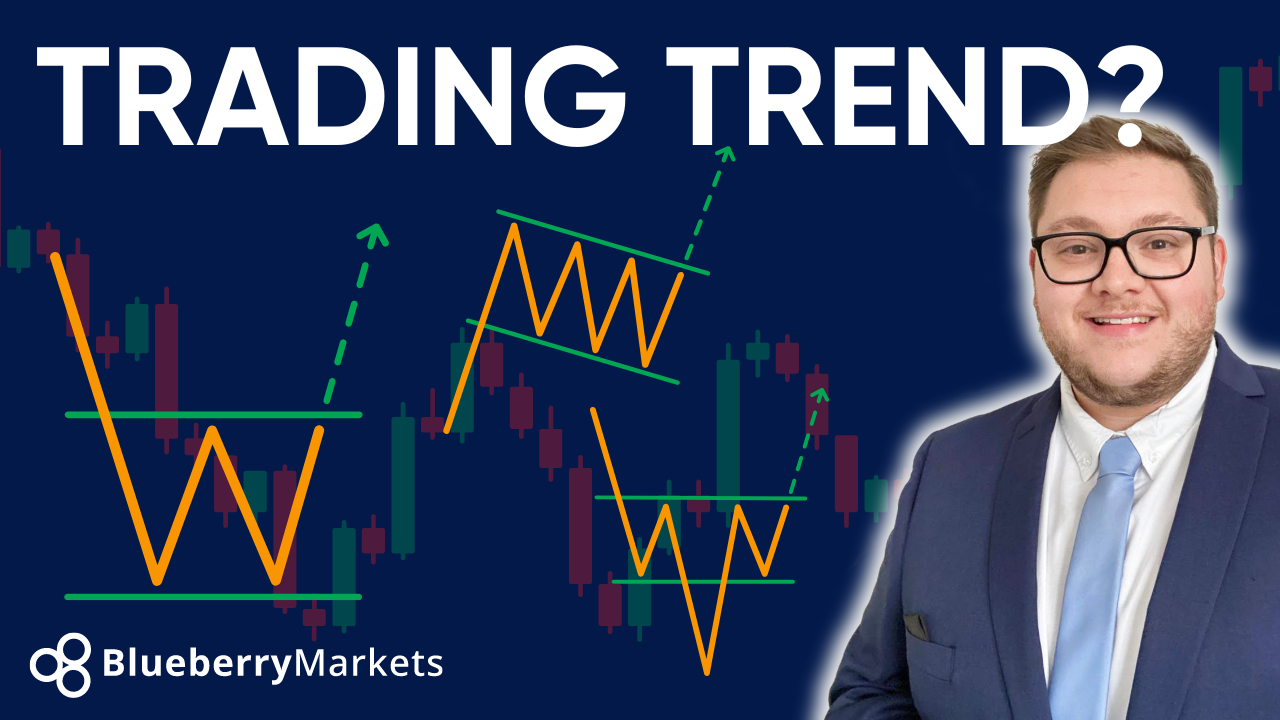
Is This The NEXT Trending Forex Pair?
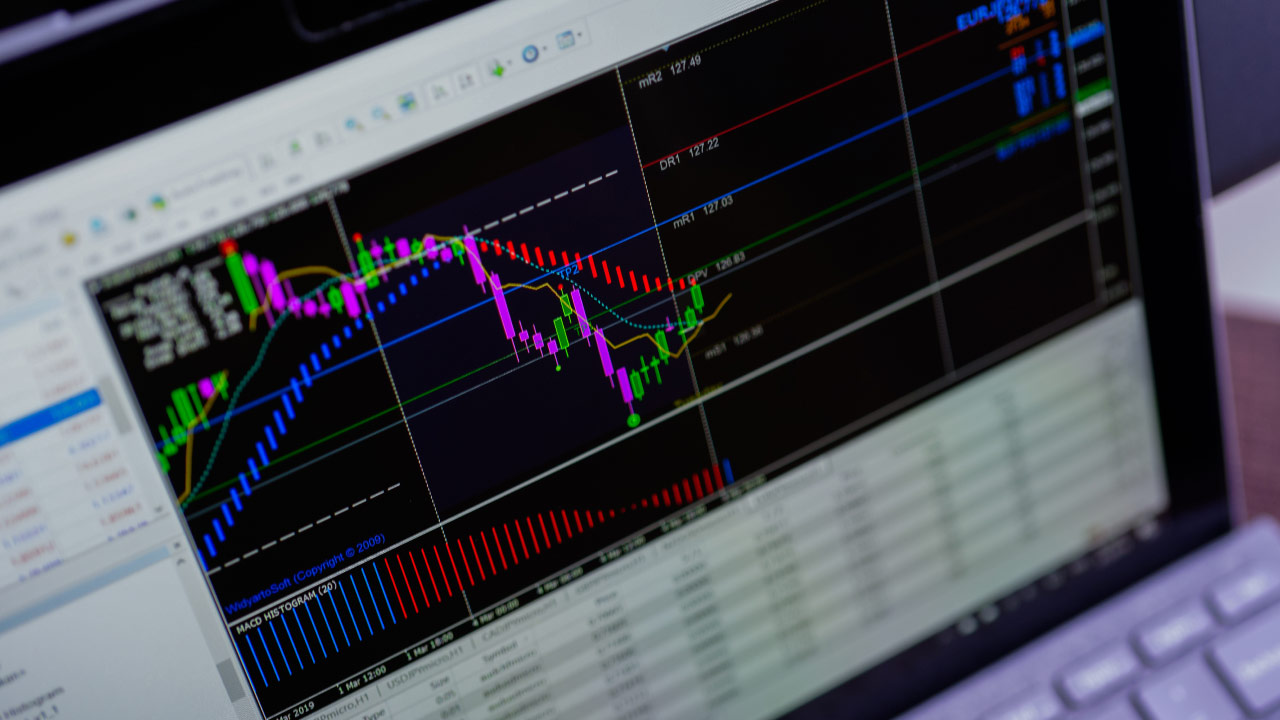
How to Download Historical Data on MT4

What is the Consumer Sentiment Index?

Will This Market Crash?

JPY Forecast For 2024
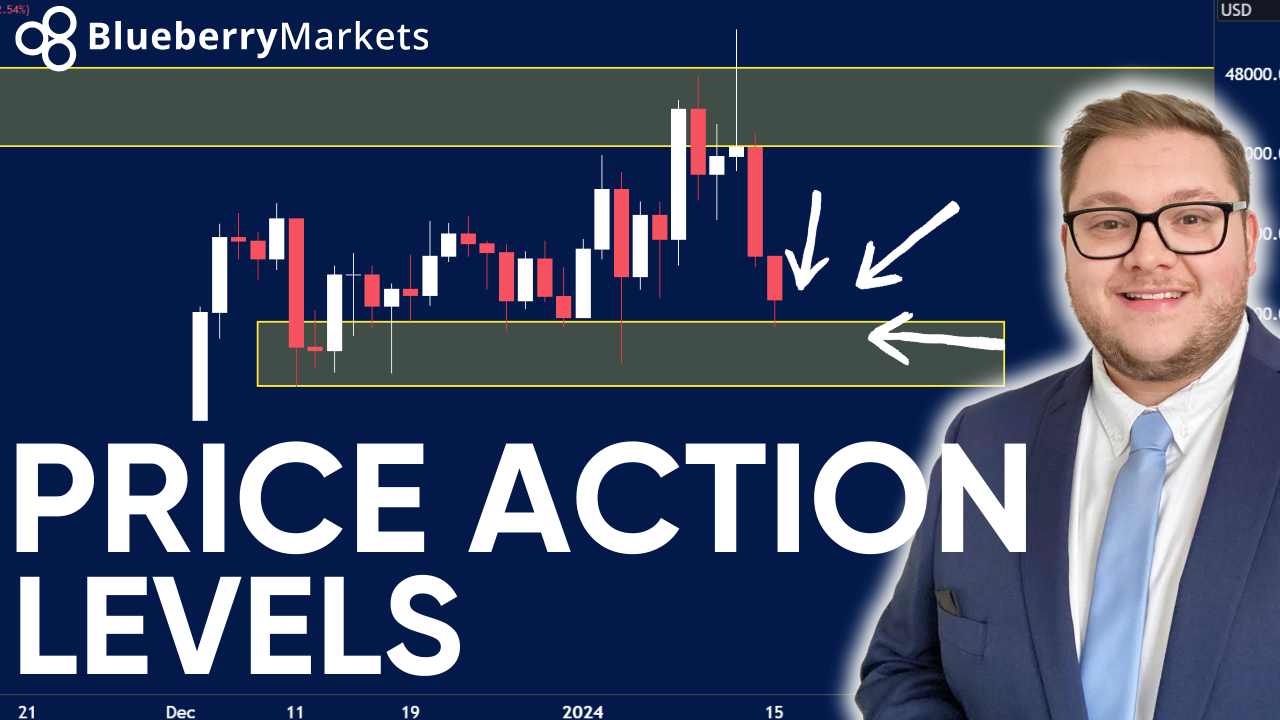
Where Is The Bitcoin Price Heading Now?

Price Action Trading In Forex
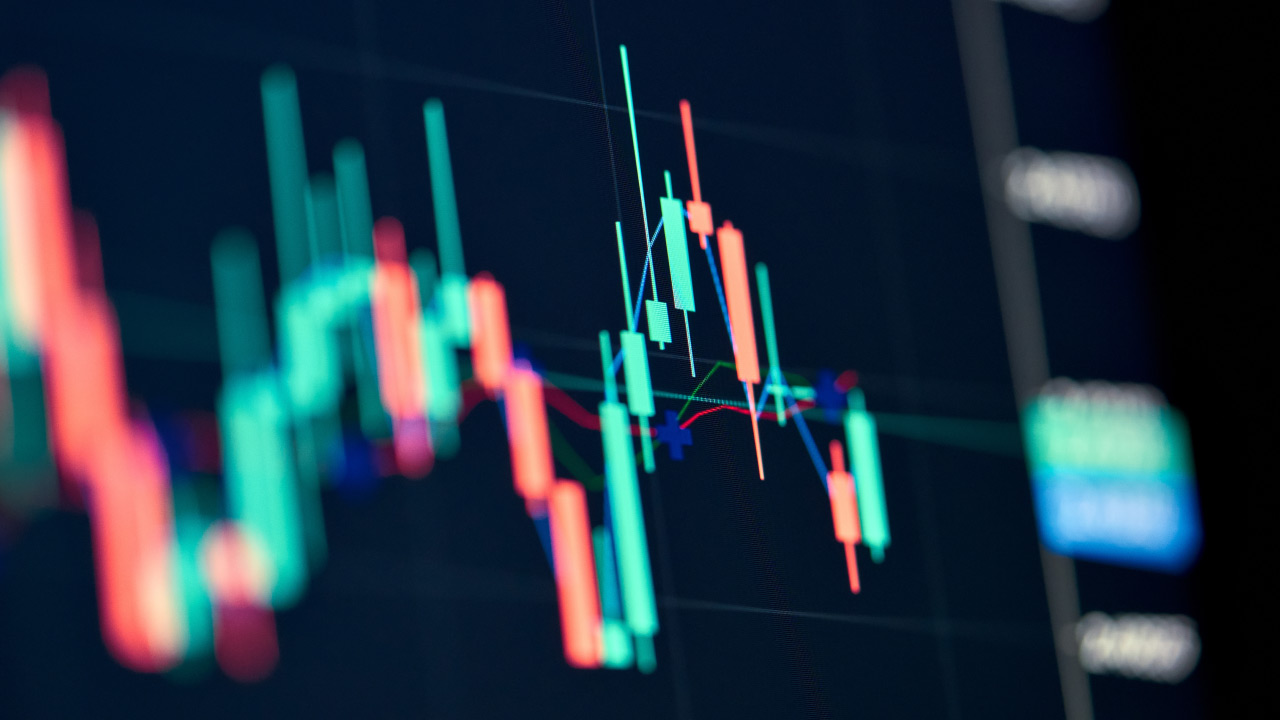
Top Triangle Chart Patterns

Gold Price Forecast For 2024

What is Leverage in Forex?

How To Predict Forex Movements?
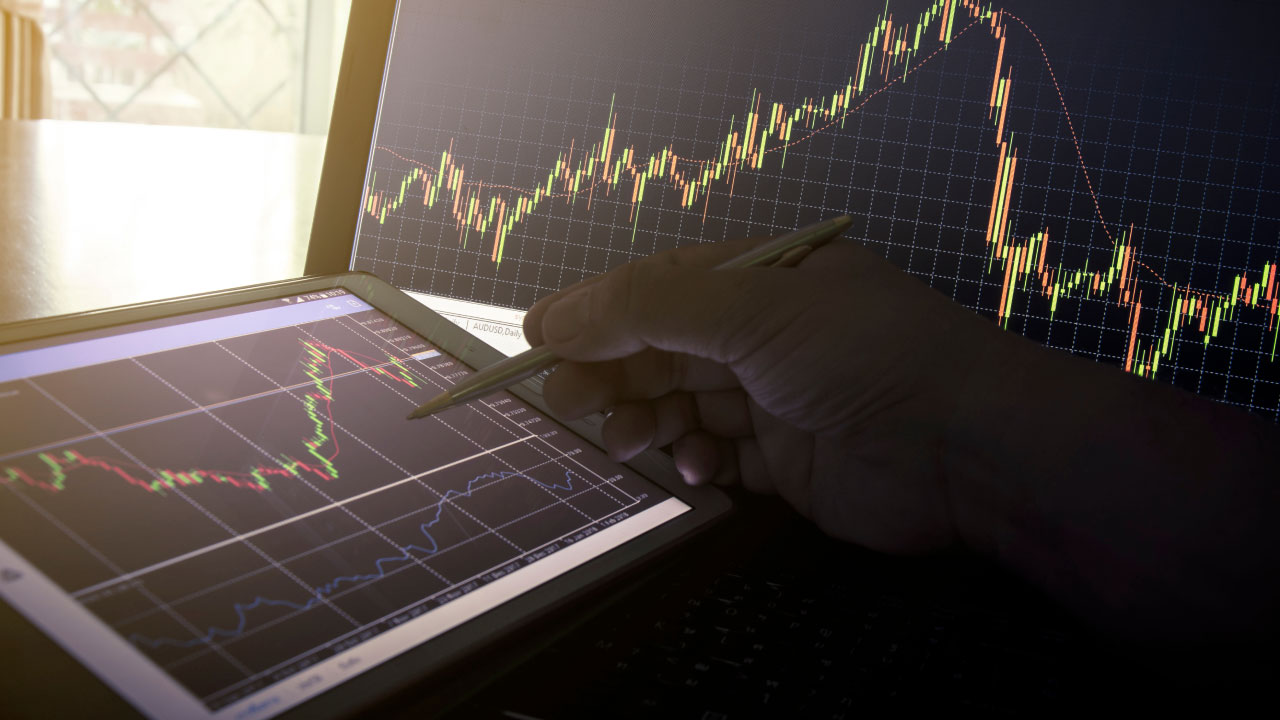
What is The Tick Volume Indicator?
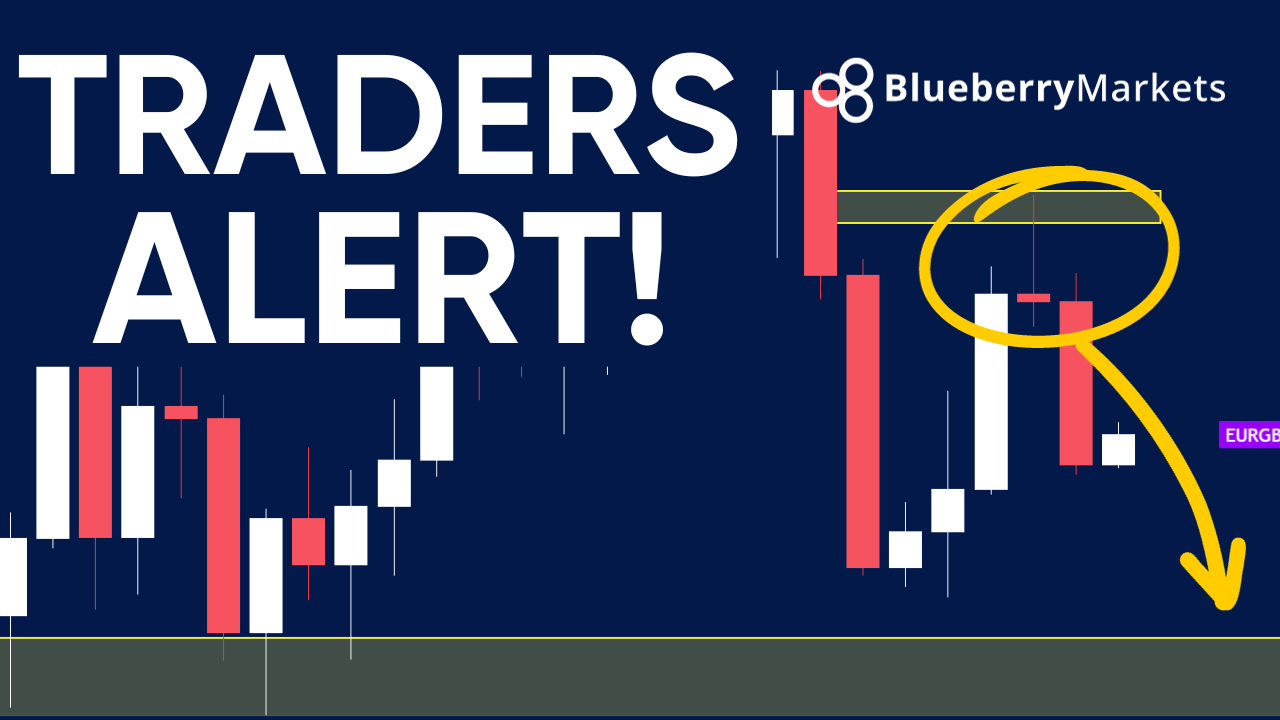
Forex Traders Alert! EURGBP Technical Analysis
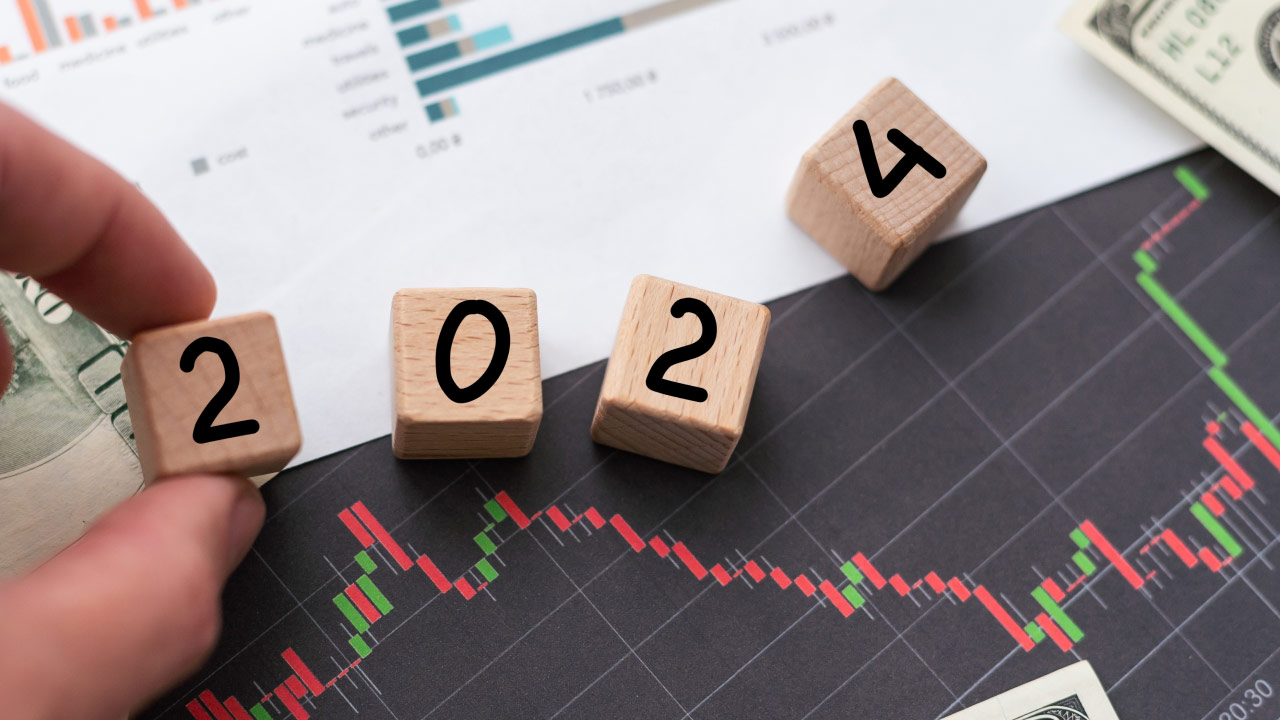
Forex Economic Calendar 2024: What to Watch
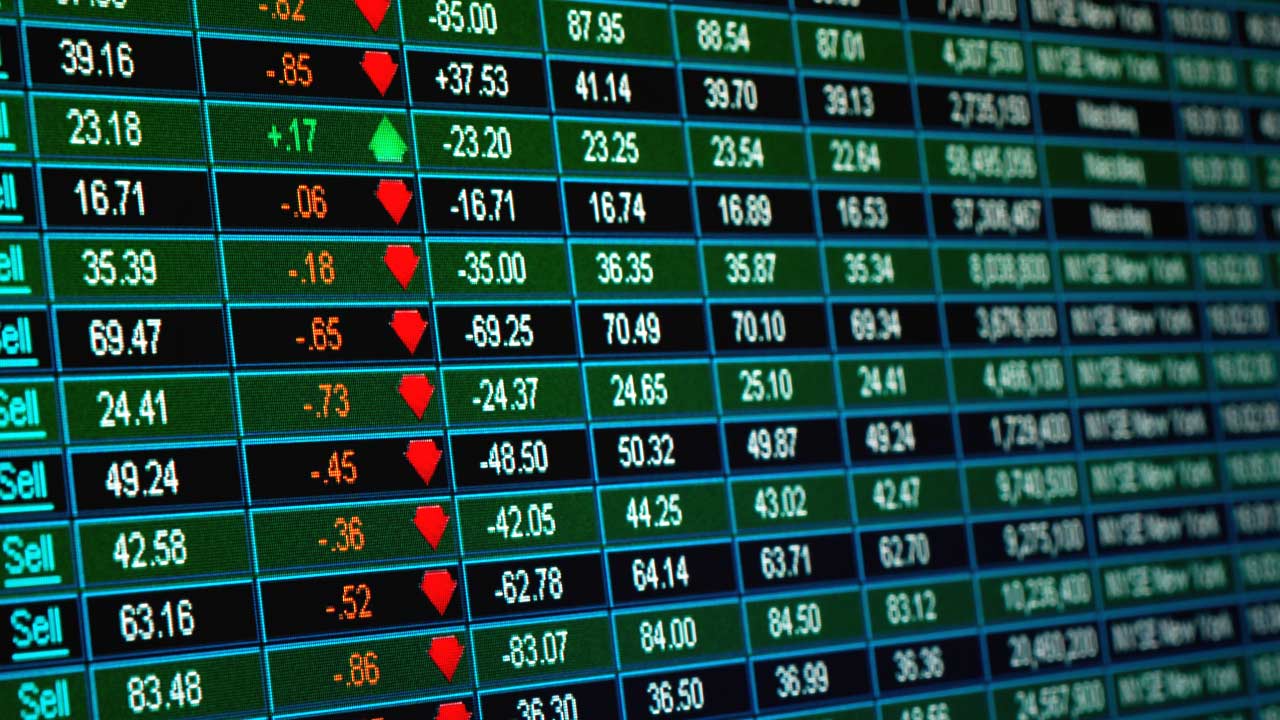
Popular Stocks to Start Your 2024 Out Strong
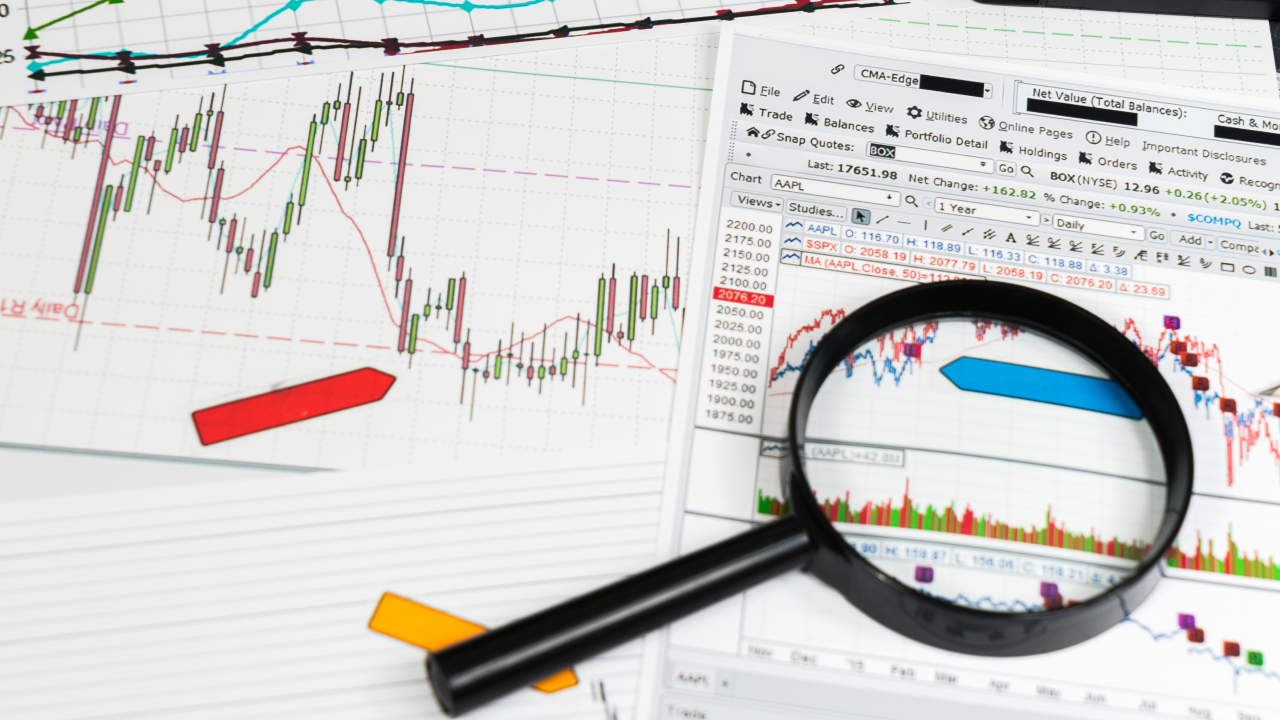
How to Avoid Stop-Loss Hunting?

Helpful Tips For Forex Trading Newbies
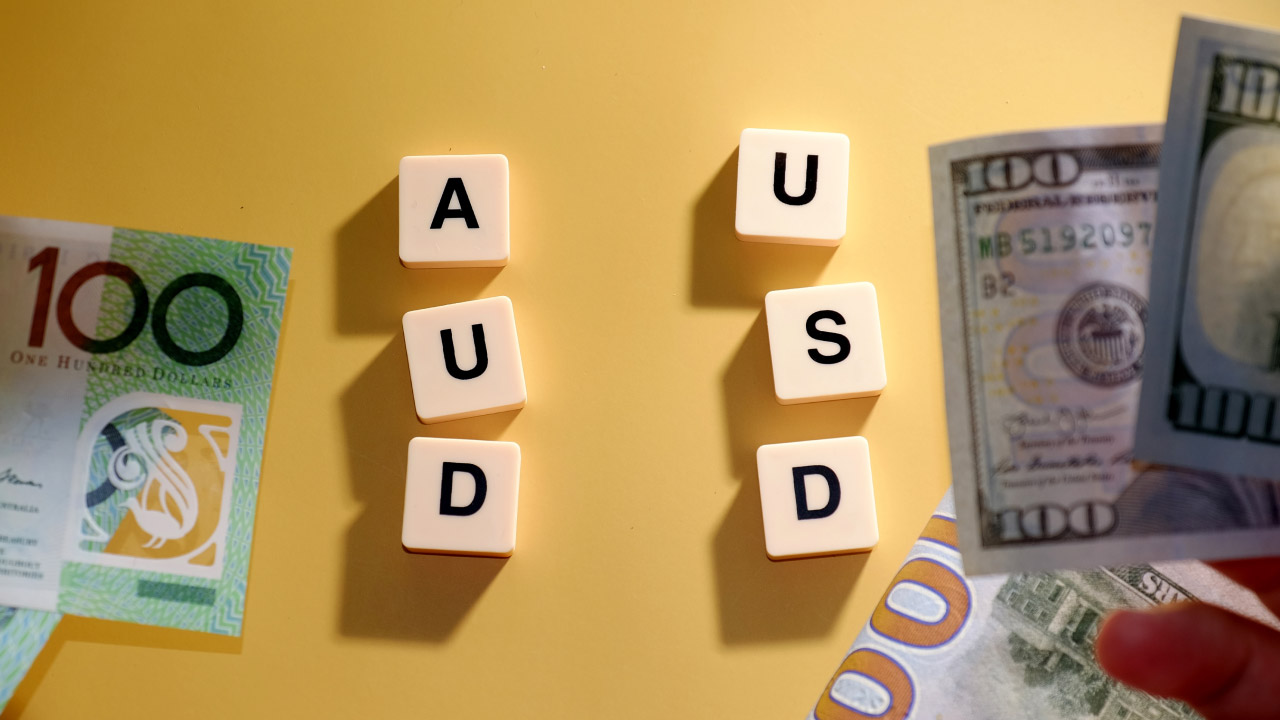
How to Trade AUD/USD?
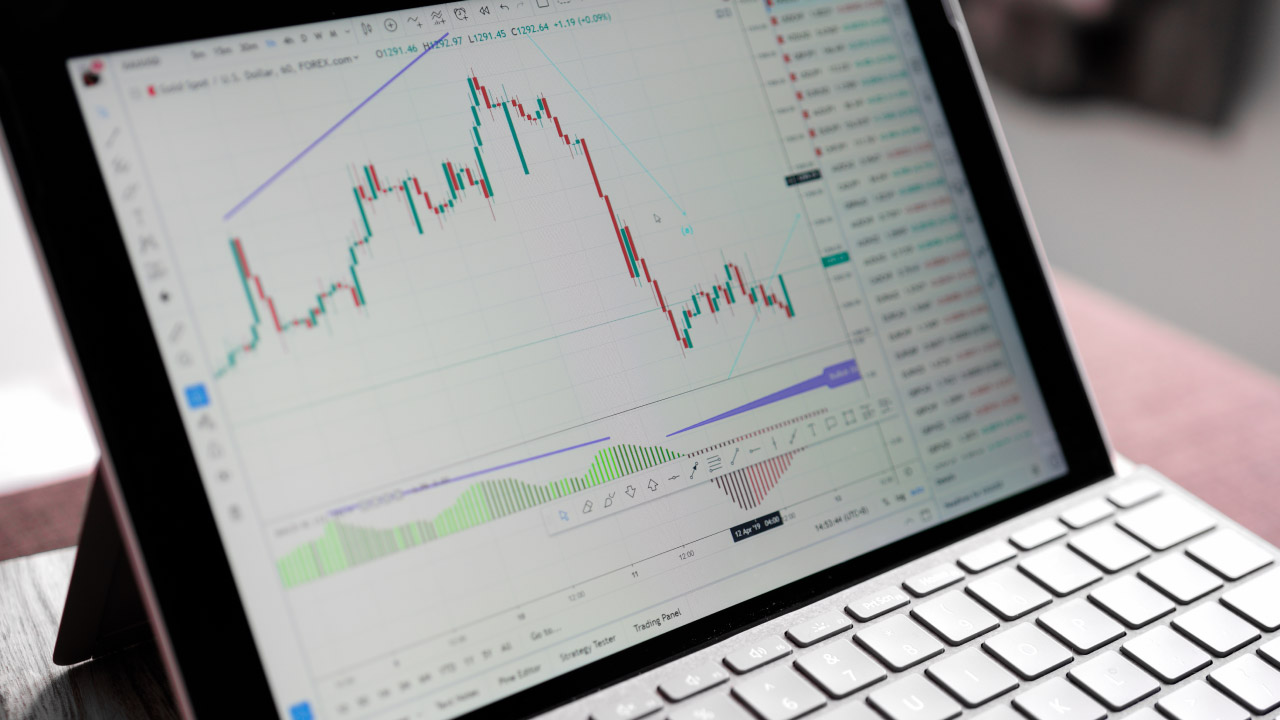
How to Use a Forex Demo Account for Practice?

How to Manage Currency Exposure in Your Portfolio?
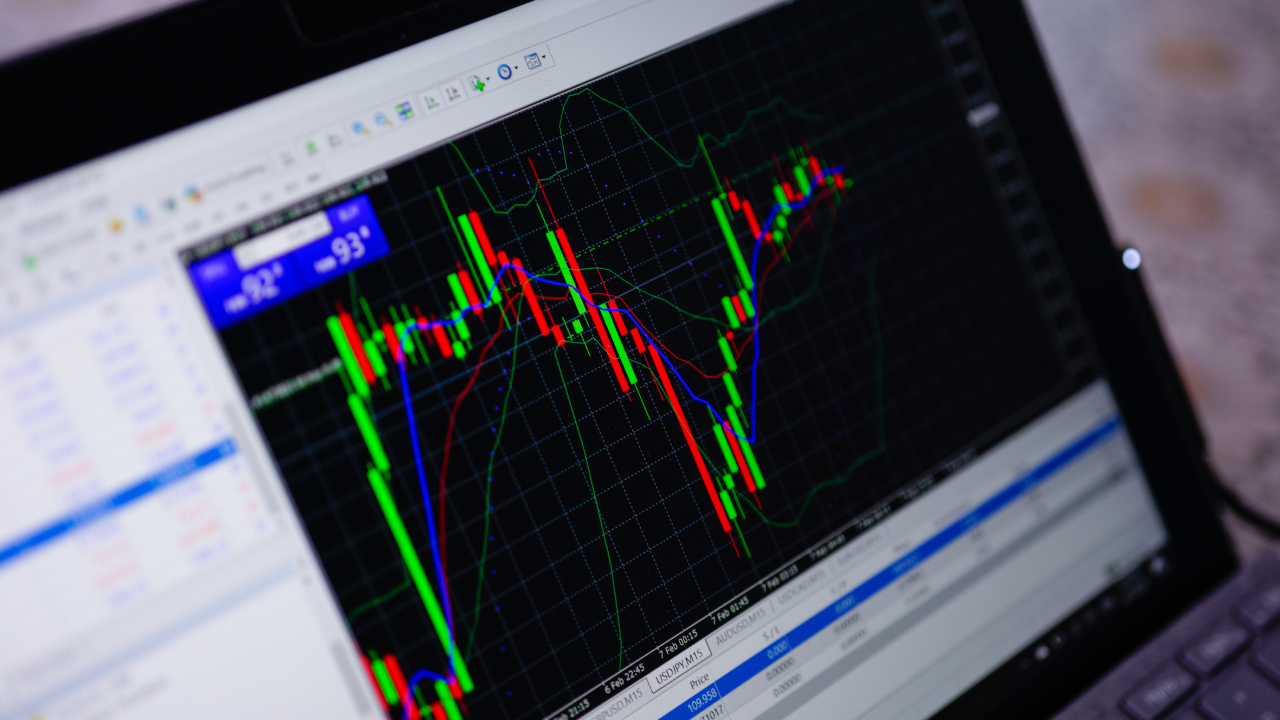
Trading with MetaTrader's Forex Volume Indicator
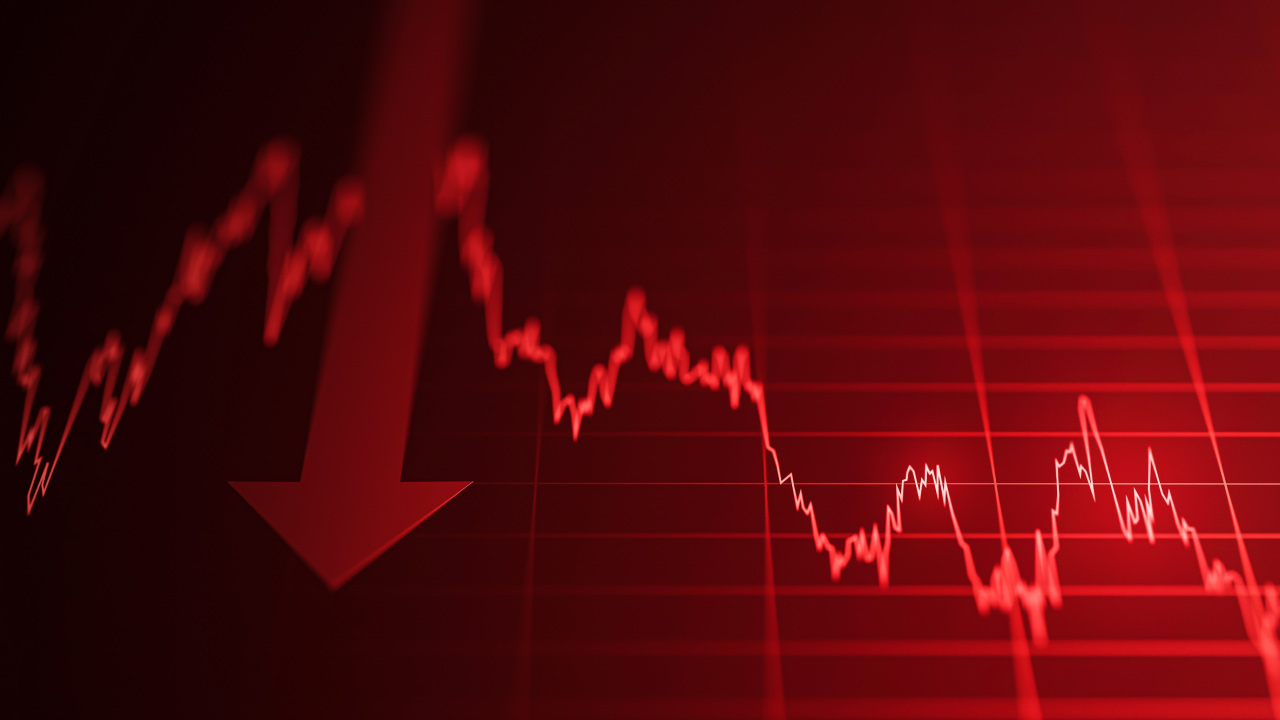
What is Drawdown in Forex Trading?
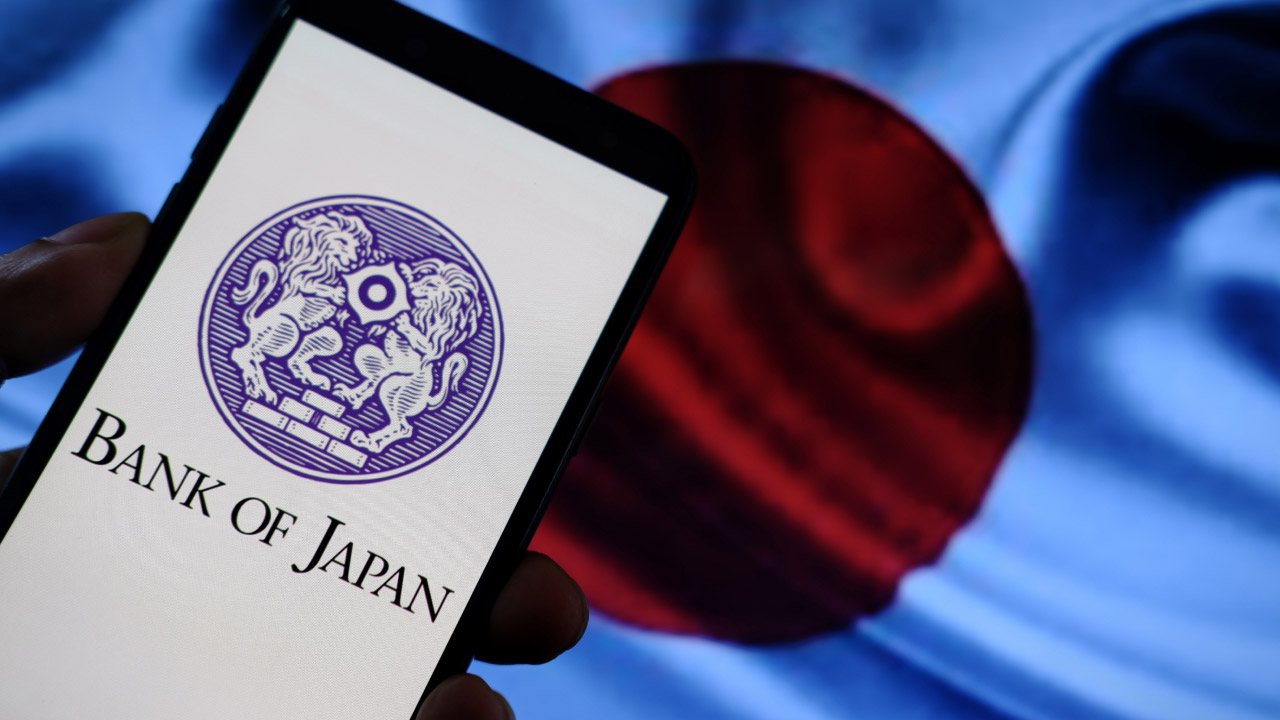
Why Does the BoJ Intervene in the Forex Markets?
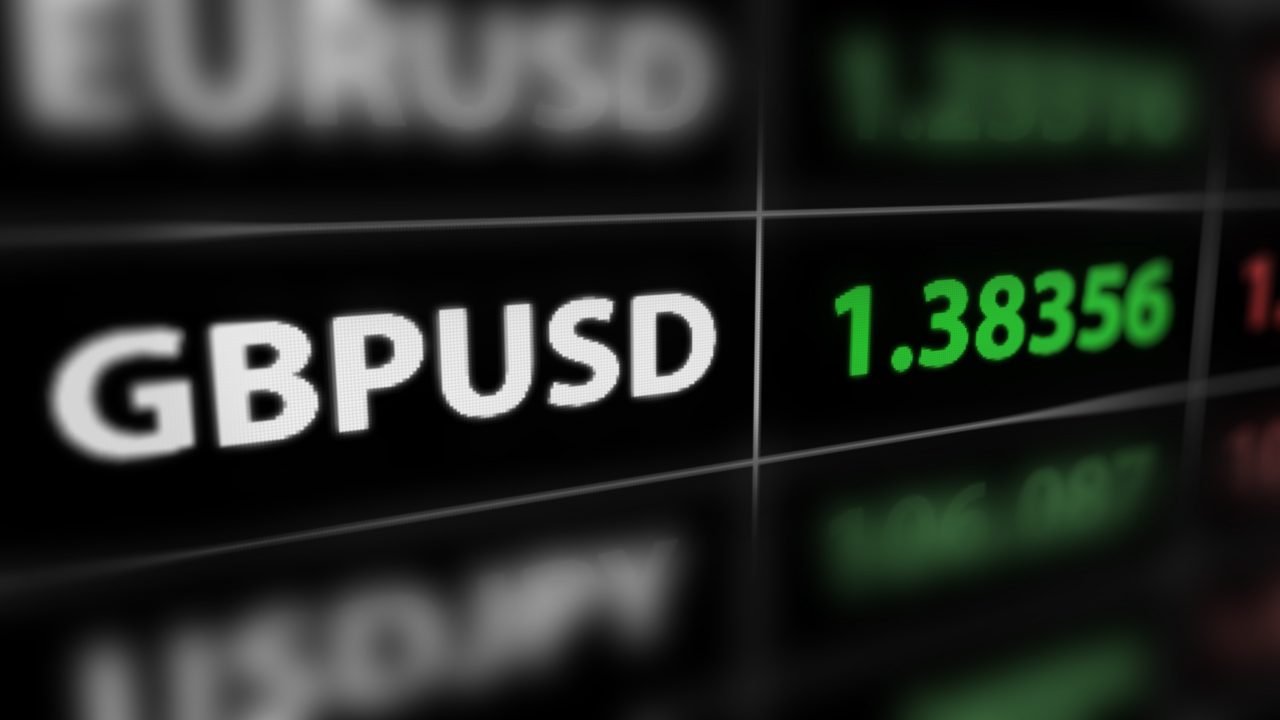
Top Trading Strategies For GBP/USD

How To Find Better Forex Trading Levels
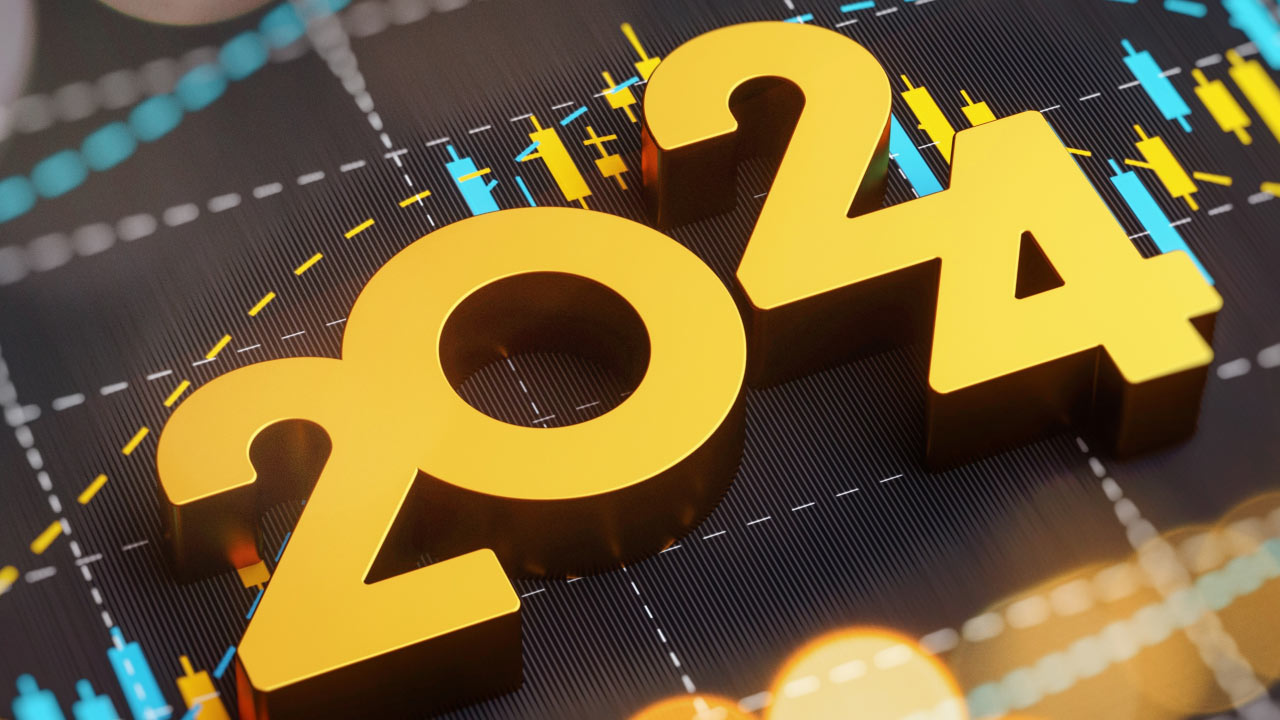
2024 Economy And Stock Market Predictions
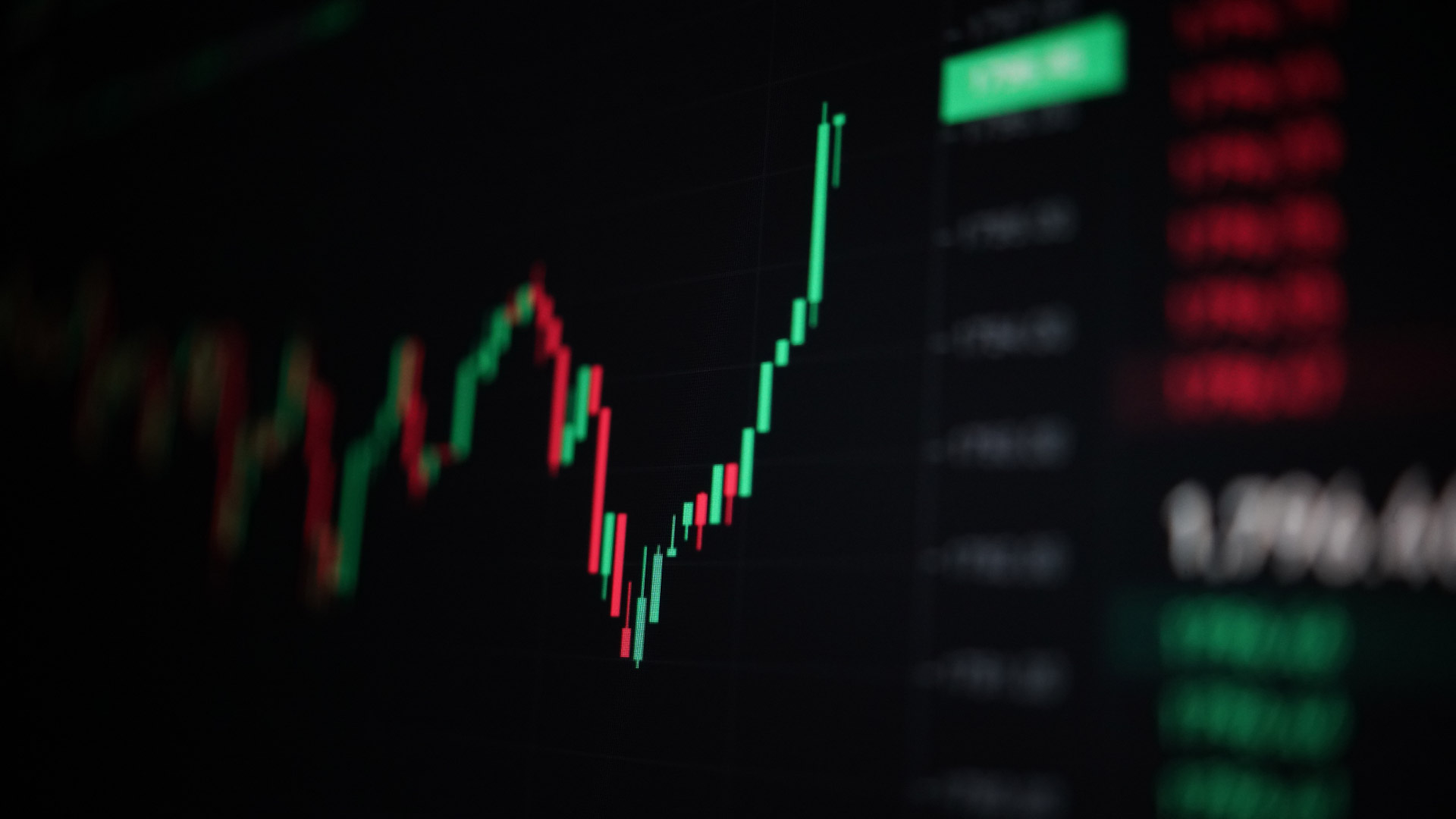
How to Trade a Short Squeeze?
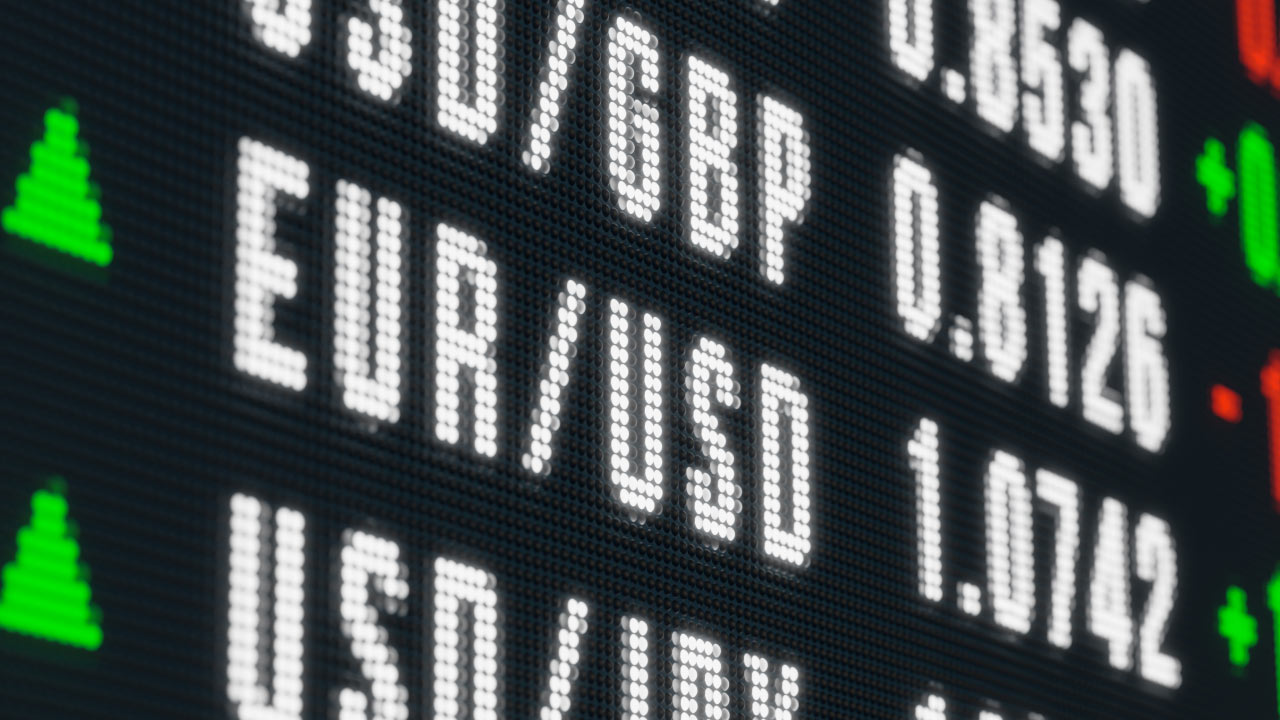
How Bond Yields Affect Currency Movements in Forex?
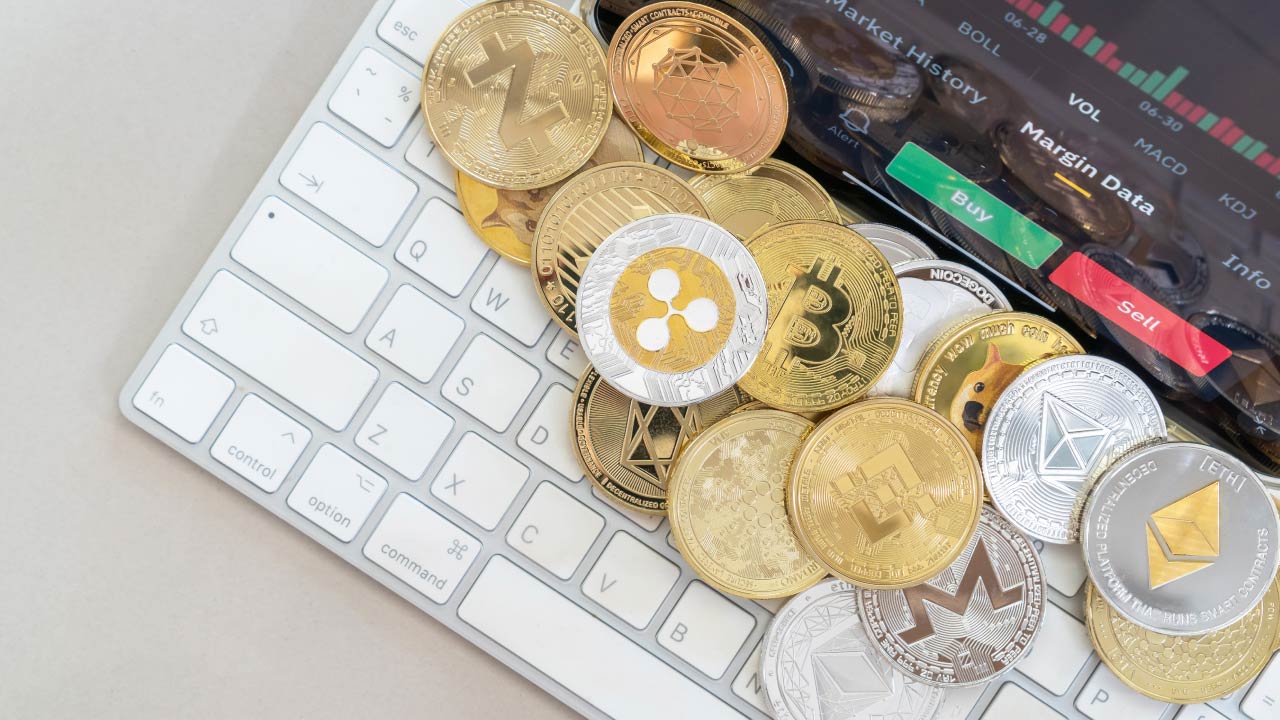
How to Invest in Crypto Without Buying Crypto?

How To Set A Stop-Loss Based On Price Volatility?
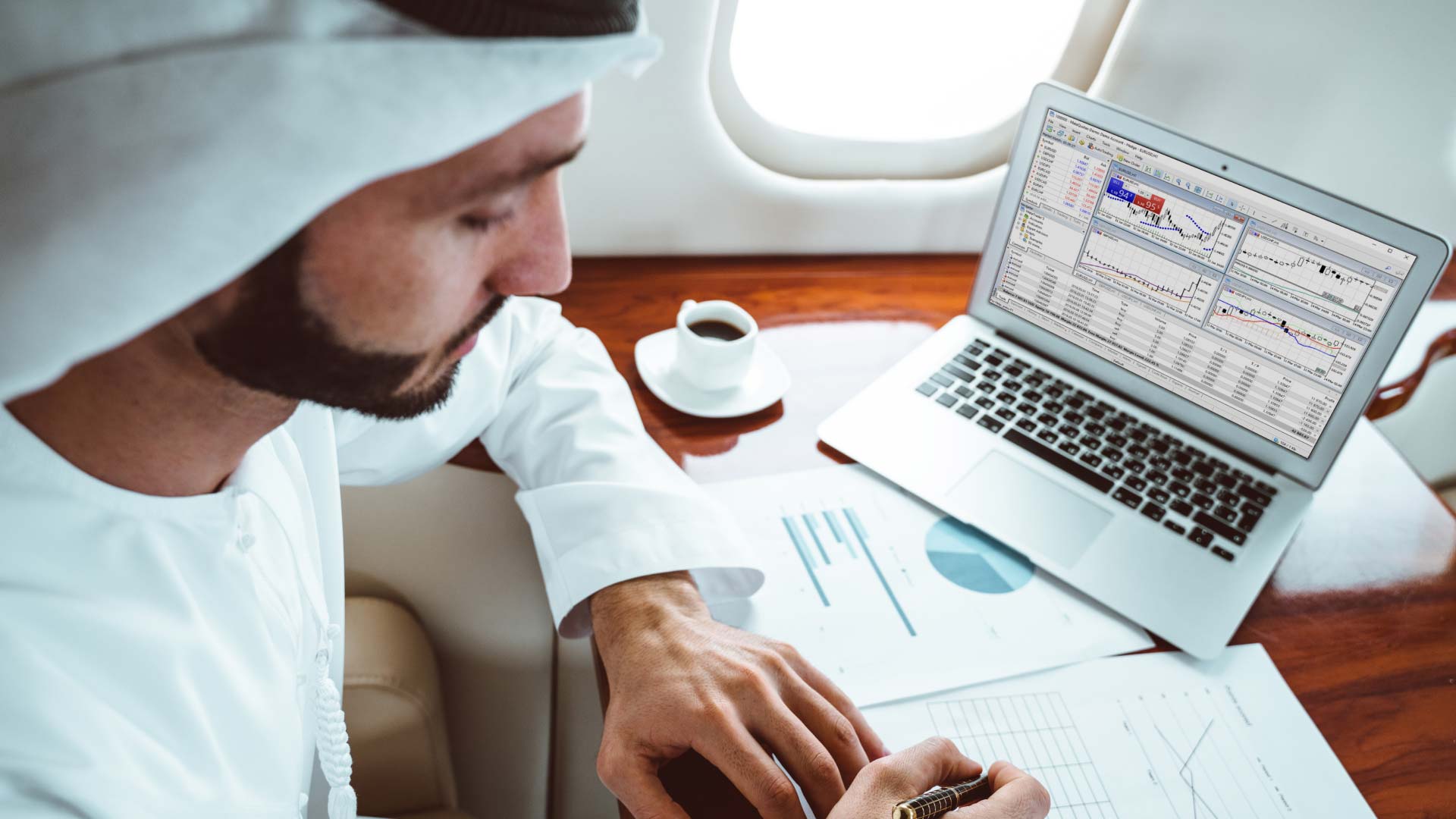
Is Forex Trading Halal or Haram?
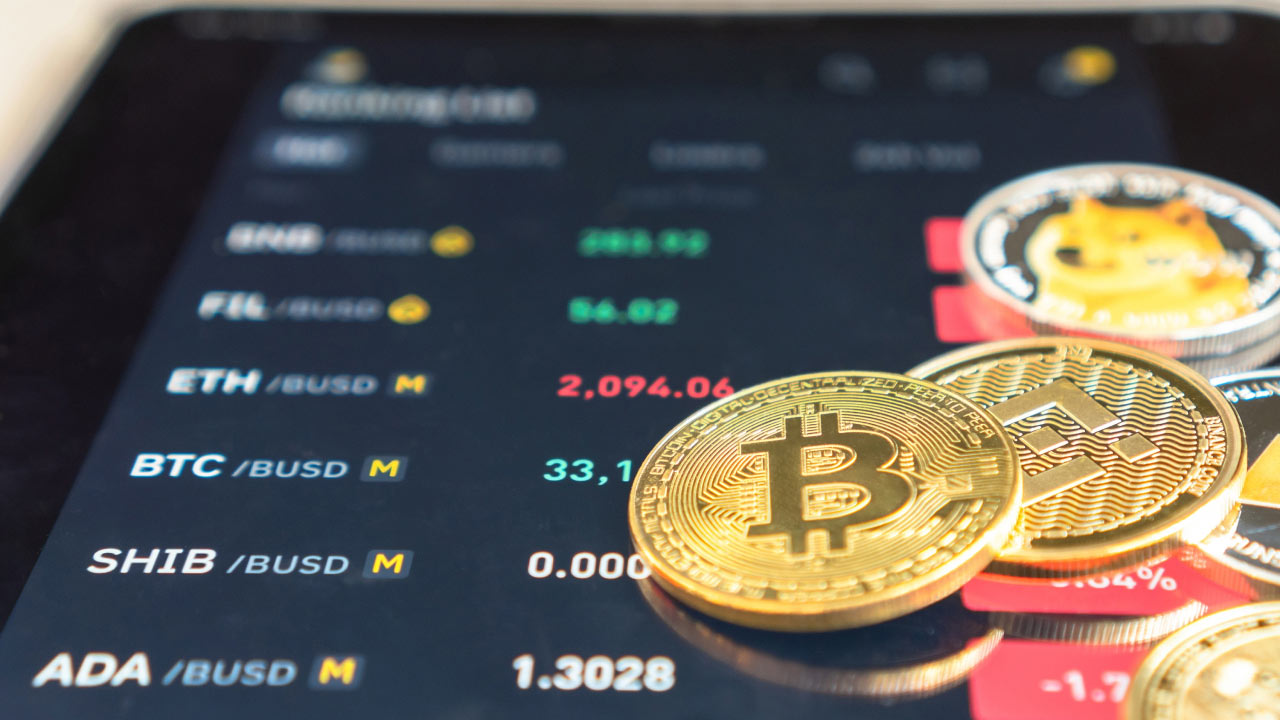
How To Cautiously Trade Cryptocurrencies?
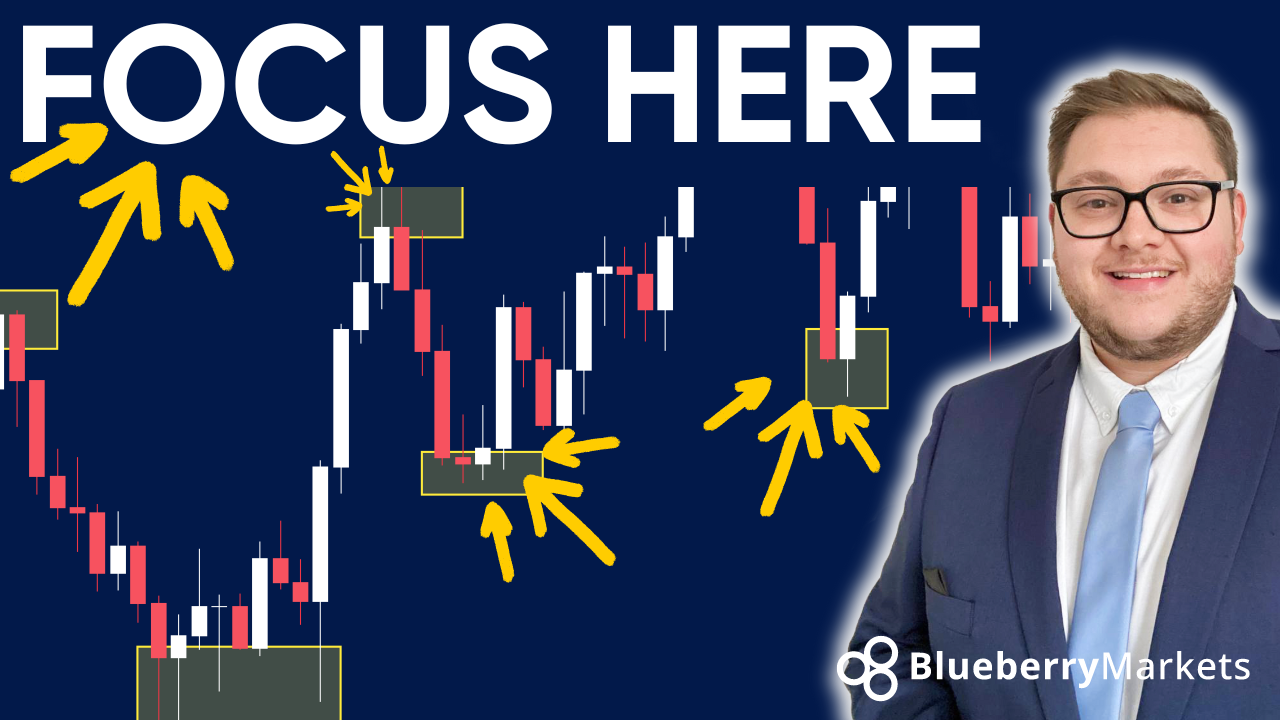
How To Be A Better Forex Trader

What is The Marubozu Candlestick Pattern?

What is The Petrodollar?
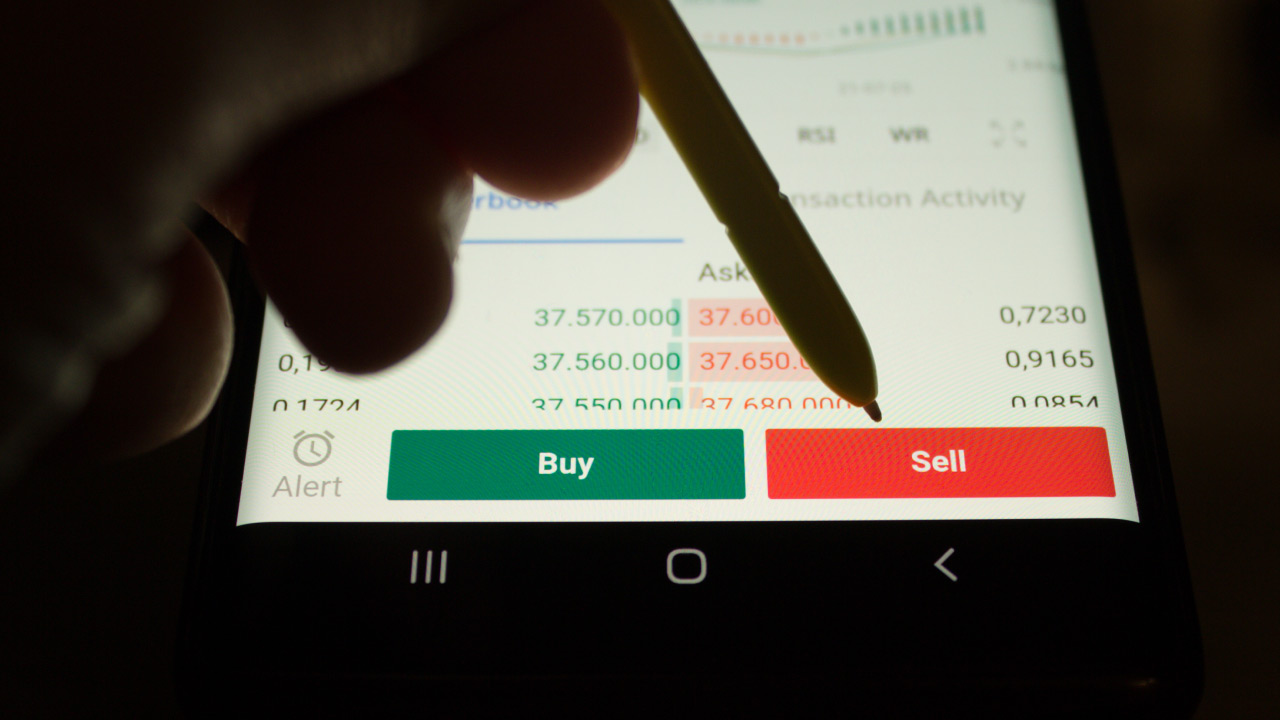
How to Know When to Close a Trade

What is the Risk-Reward Ratio?

What is an Introducing Broker (IB)?
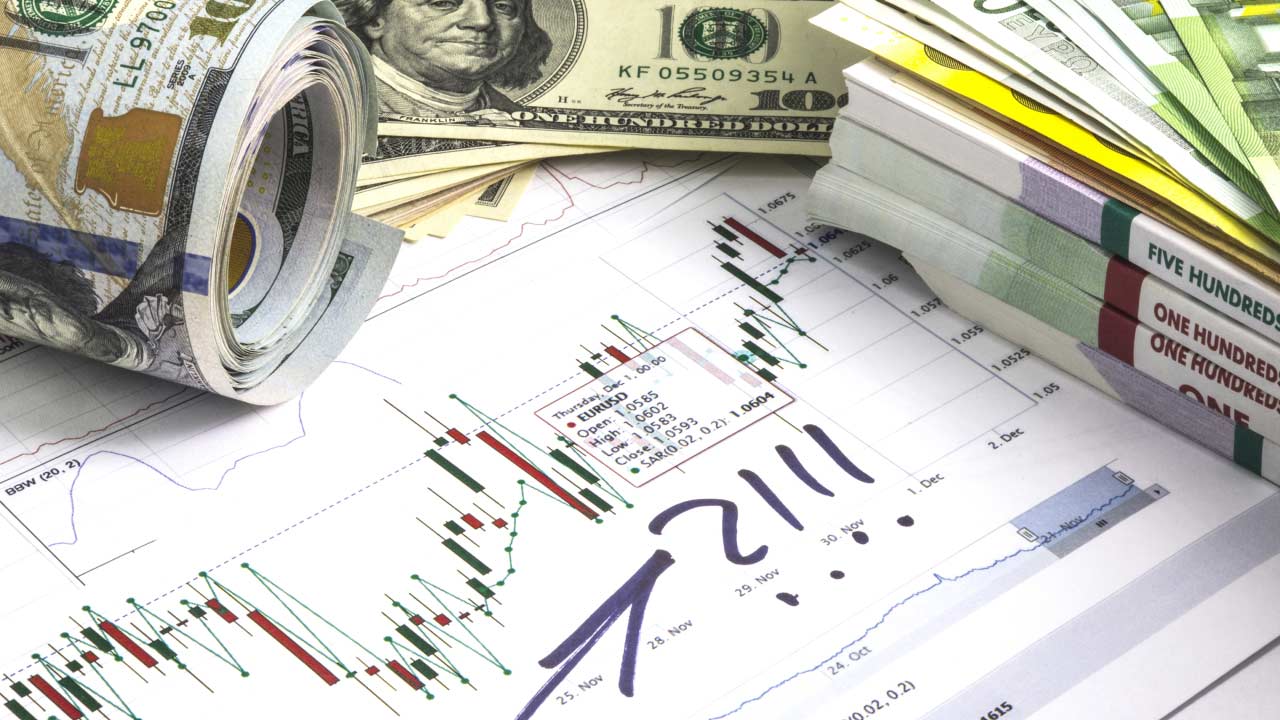
How to Calculate Lot Size in Forex?

How Do Unemployment Rates Affect The Forex Market?

4 Big Mistakes Traders Make When Setting Stops

Choosing Forex Pairs: A Comprehensive Guide
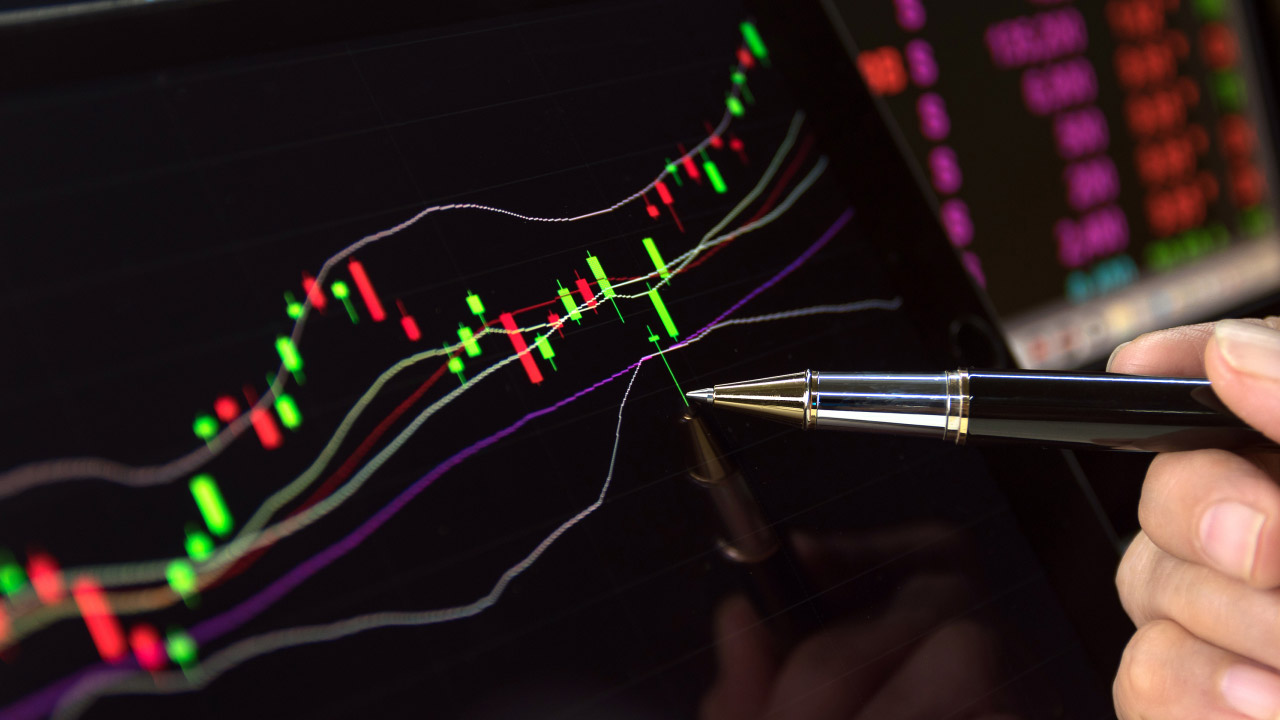
How to Study Your Losses to Realize Gains?

Risk On Returns In The Forex Markets
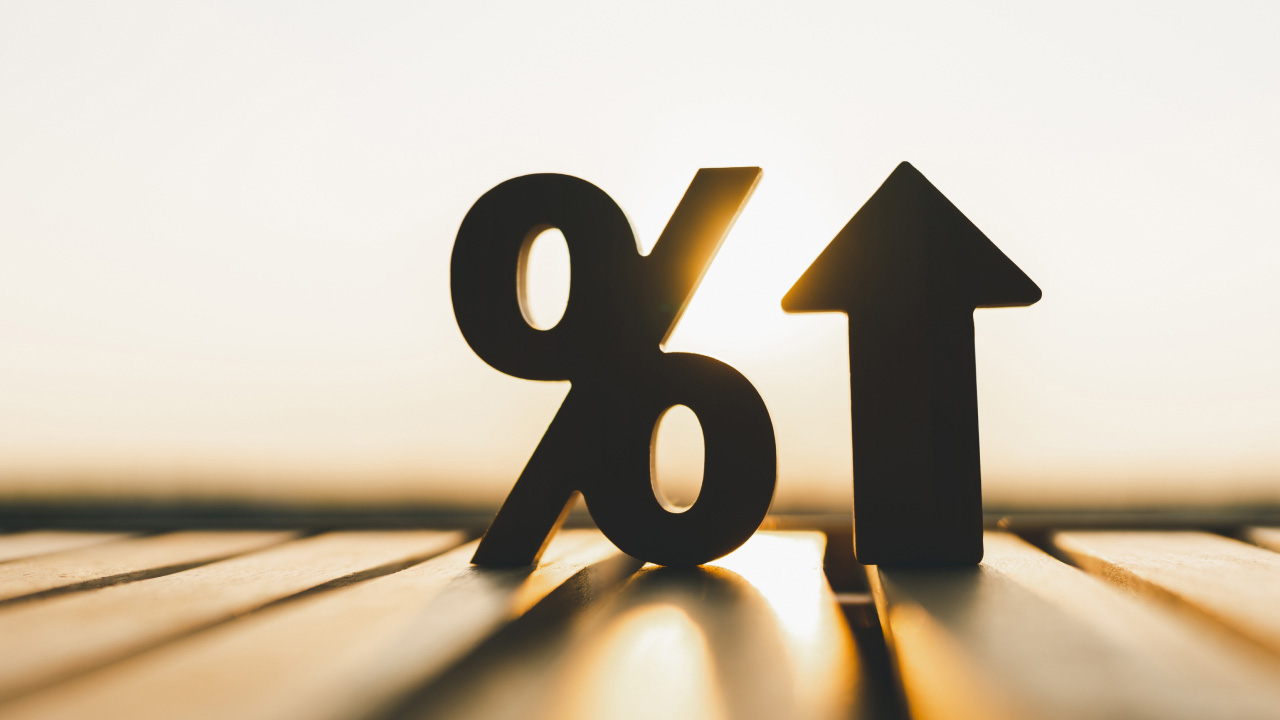
How Does Inflation Affect The Interest Rates?
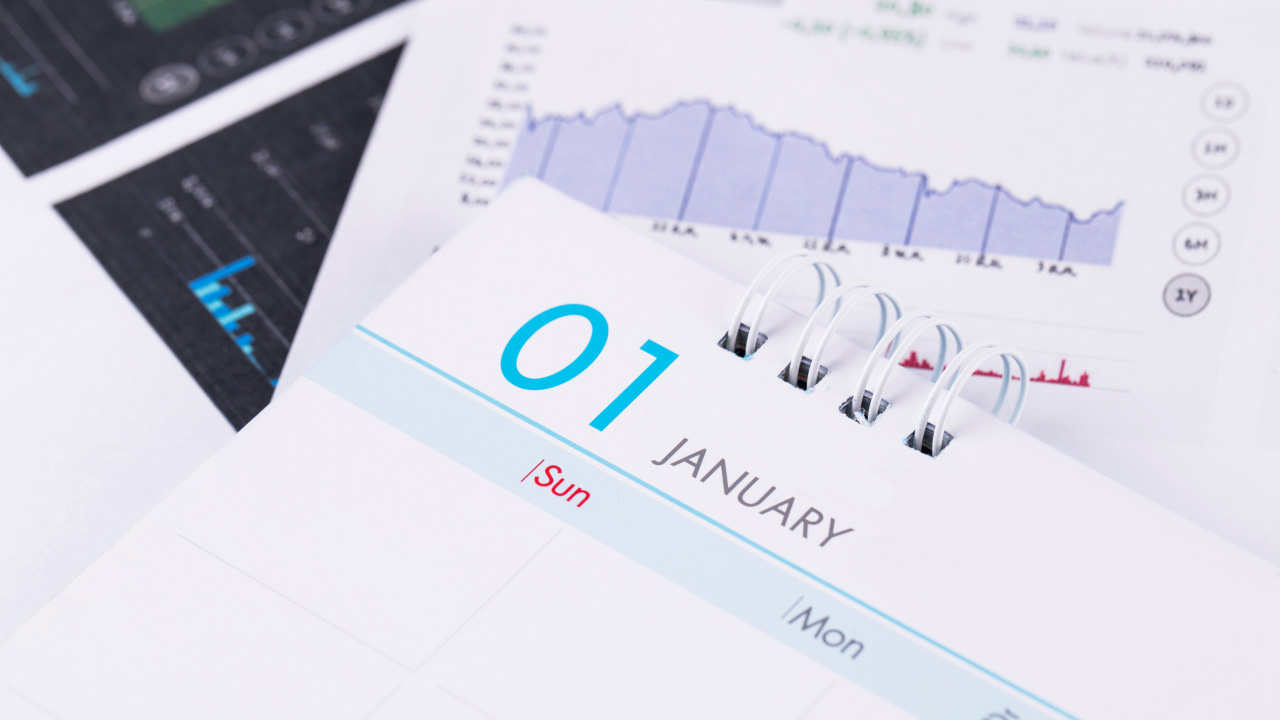
How to Read and Leverage The Forex Economic Calendar
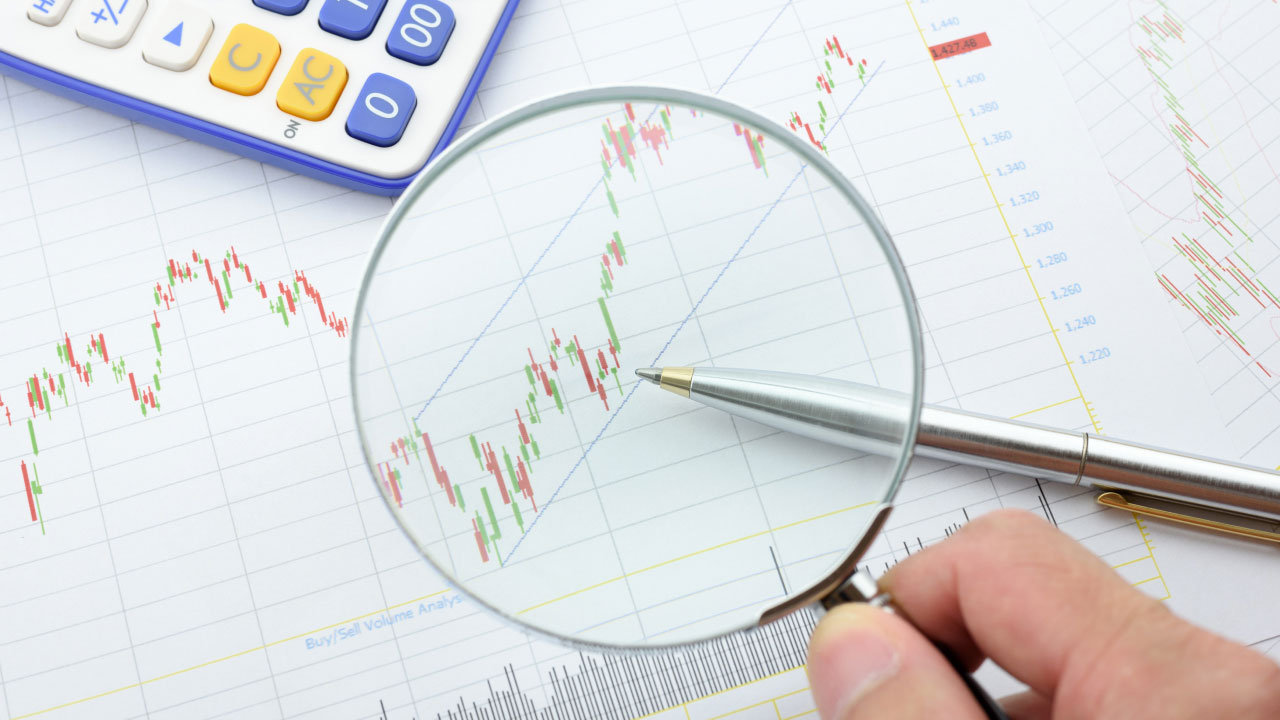
What Are Trading Signals & How Do They Work?

Forex Trading and Taxes: What You Need to Know

Understanding Supply and Demand in Forex Trading
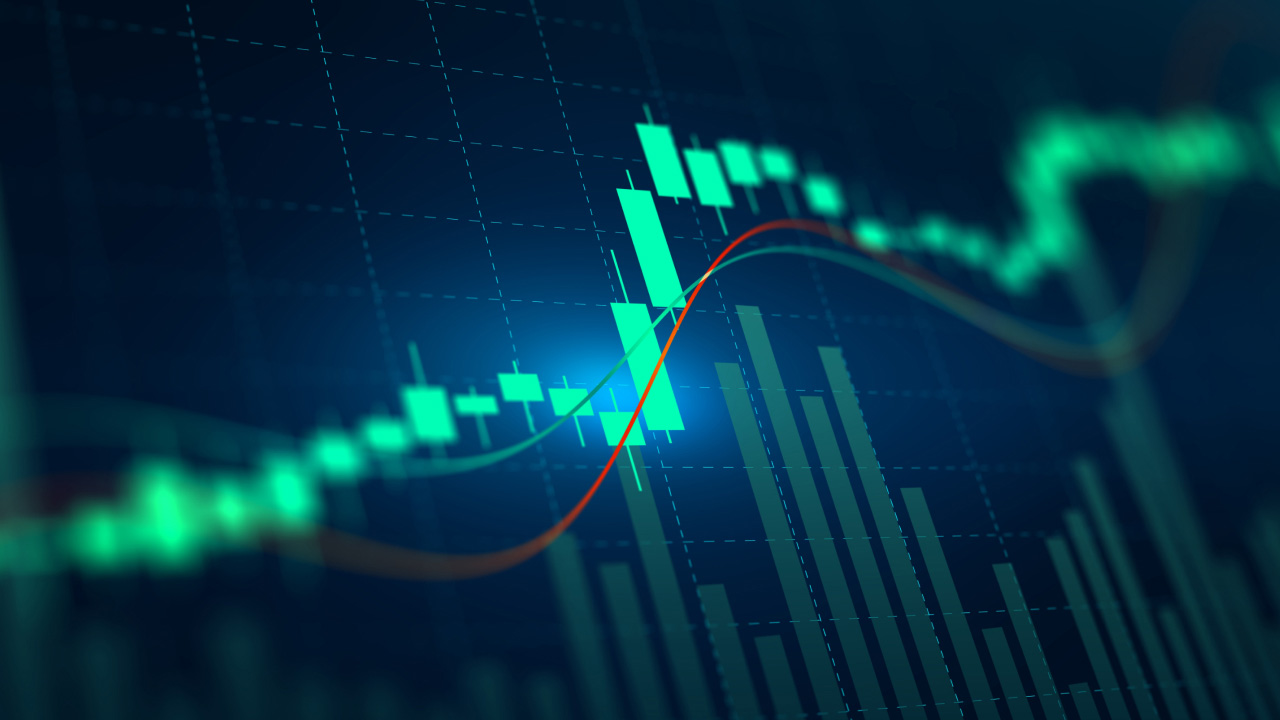
What is the FRA40 index?

How Central Banks Impact the Forex Market?
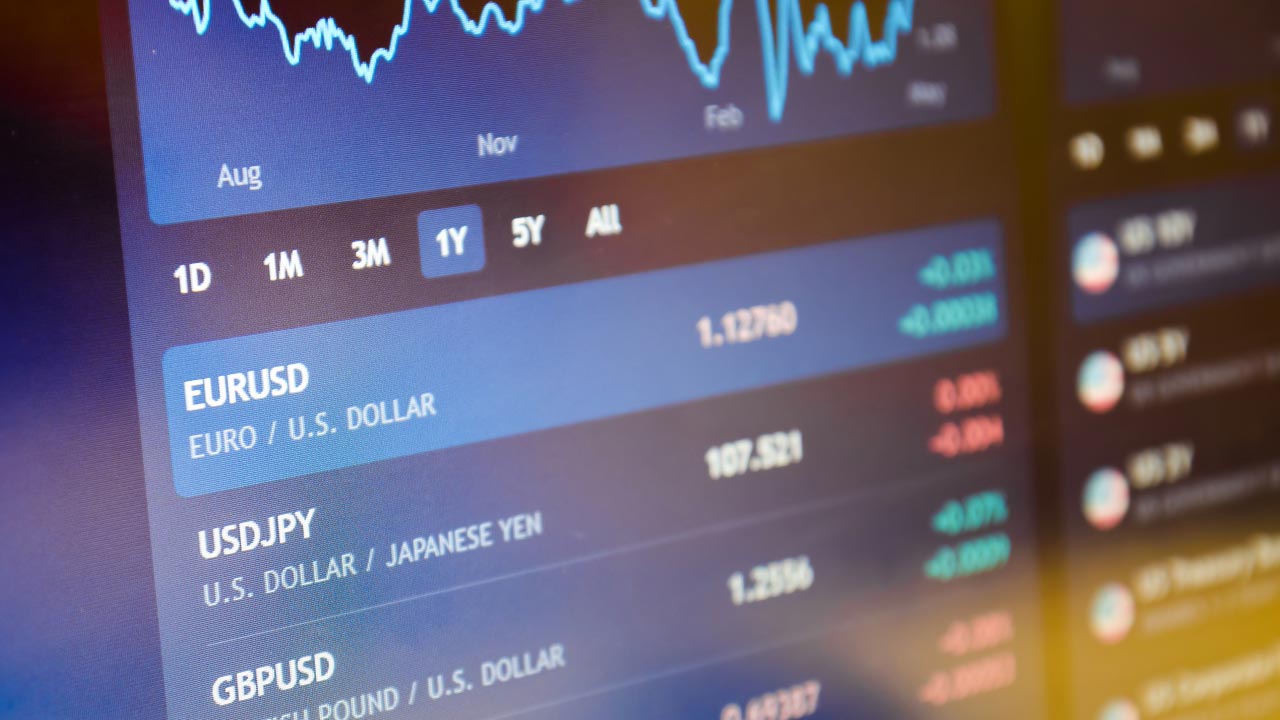
How to Read And Understand Forex Trading Quotes
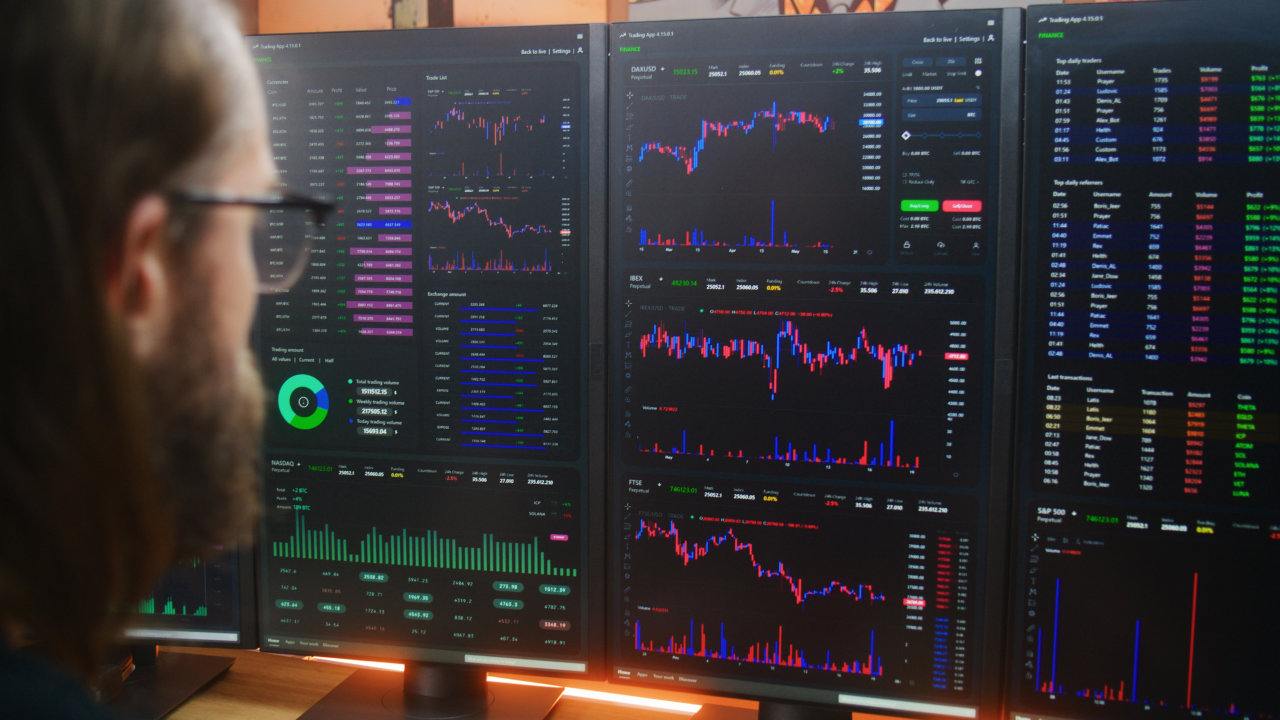
What is Multi-Asset Trading?
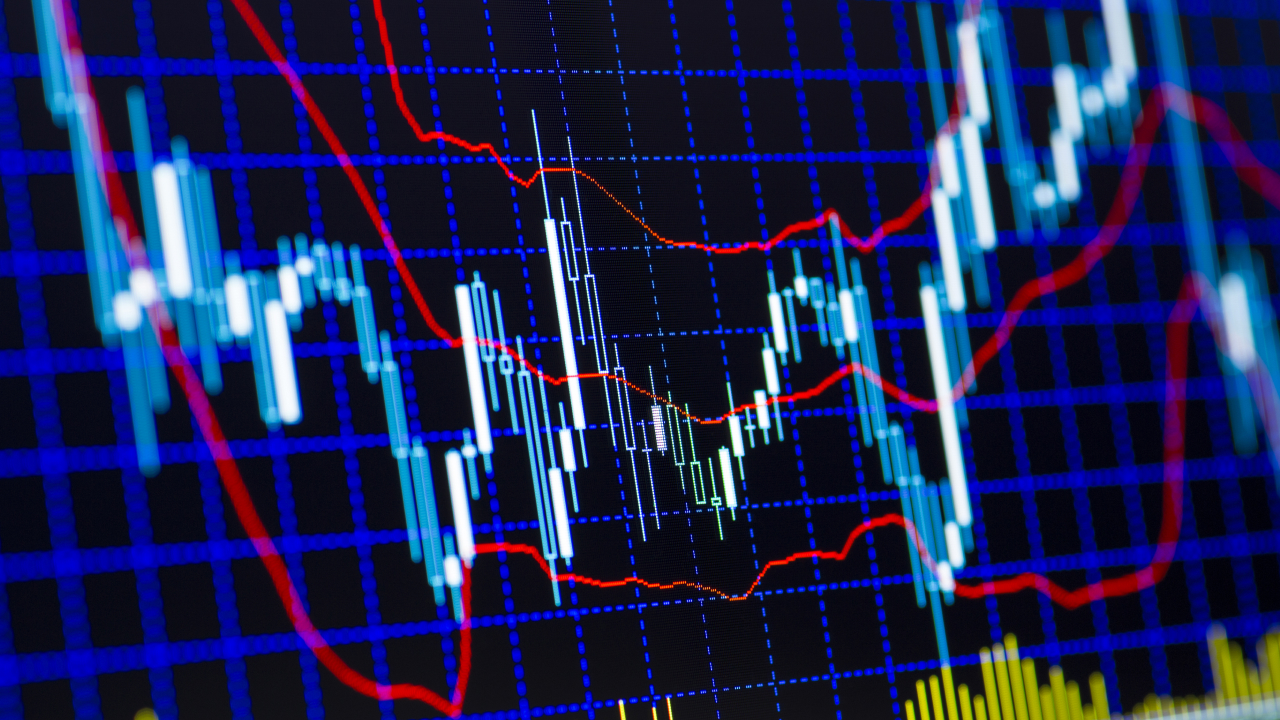
A Beginner's Guide to Hedging
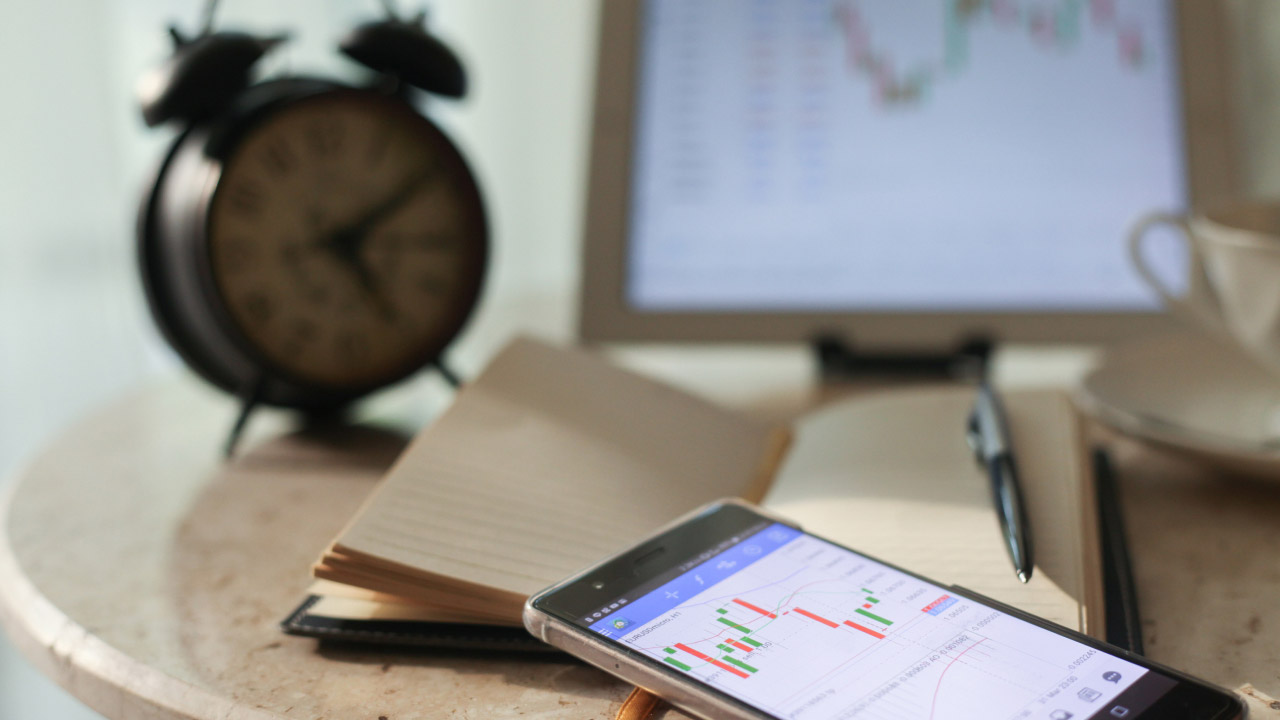
How to Use a Trading Journal?

Top Strategies to Trade The Euro/British Pound
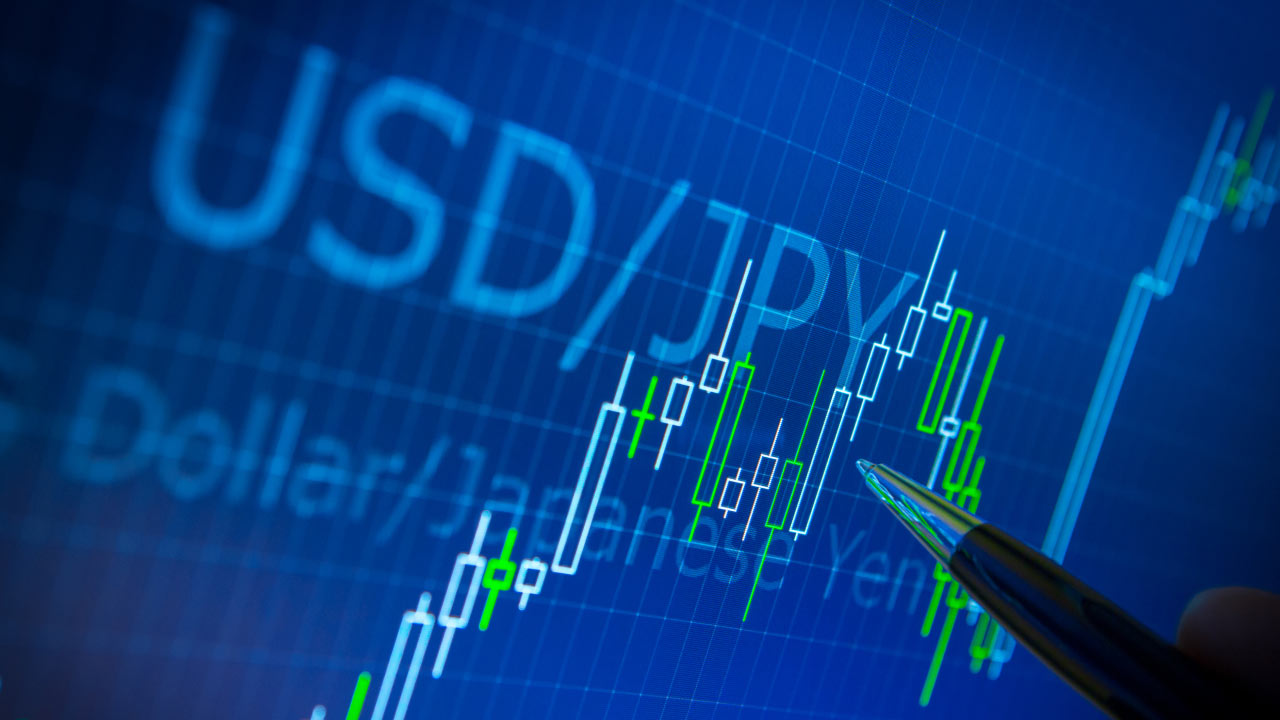
The Forex Trader's Guide to USD/JPY Pair
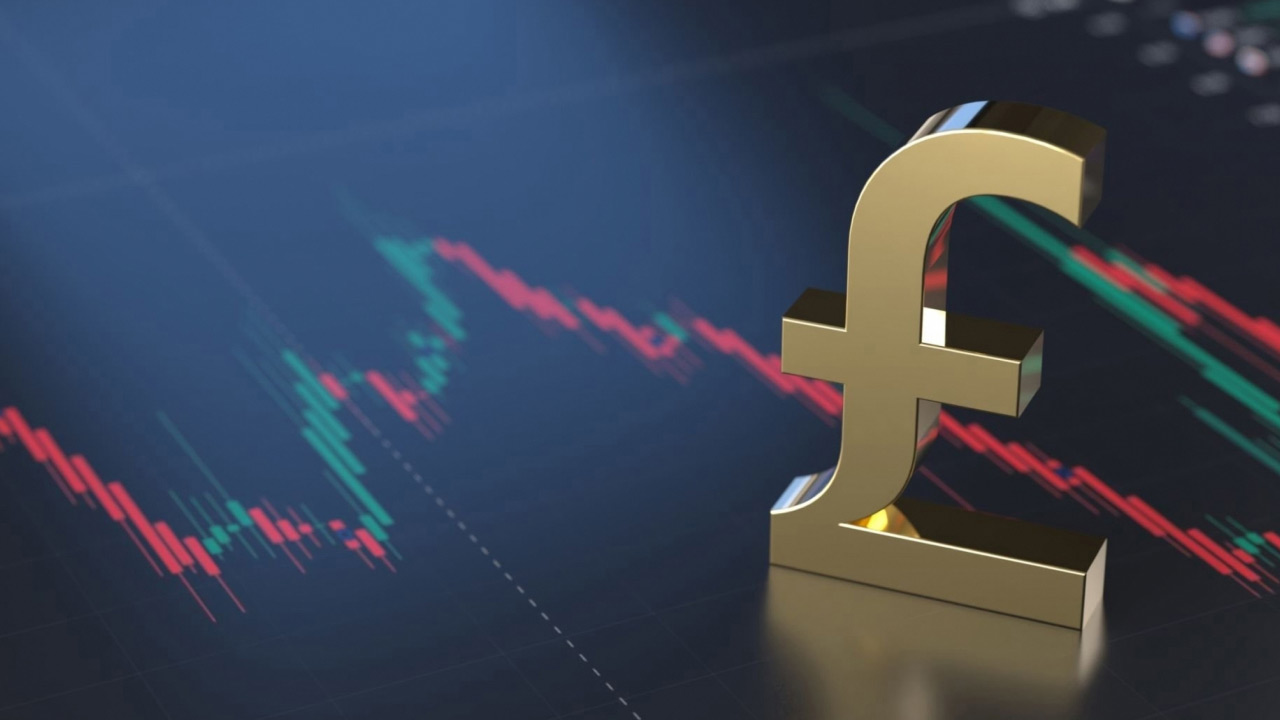
Major Economic Reports That Affect the British Pound
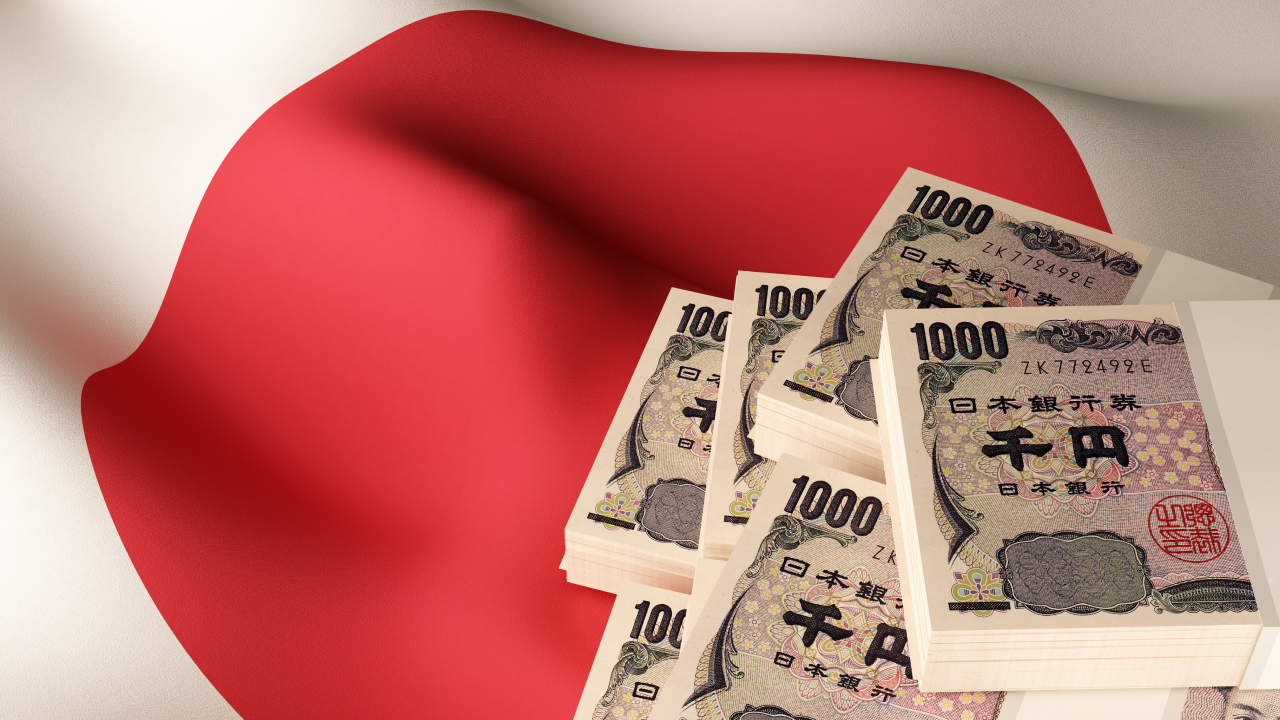
The Impact of BOJ on the Forex Market

How to Create an AI Trading Bot With ChatGPT?

Benefits And Risks of Using AI in Trading

How to Switch Forex Brokers?

How to Trade the Euro/British Pound?
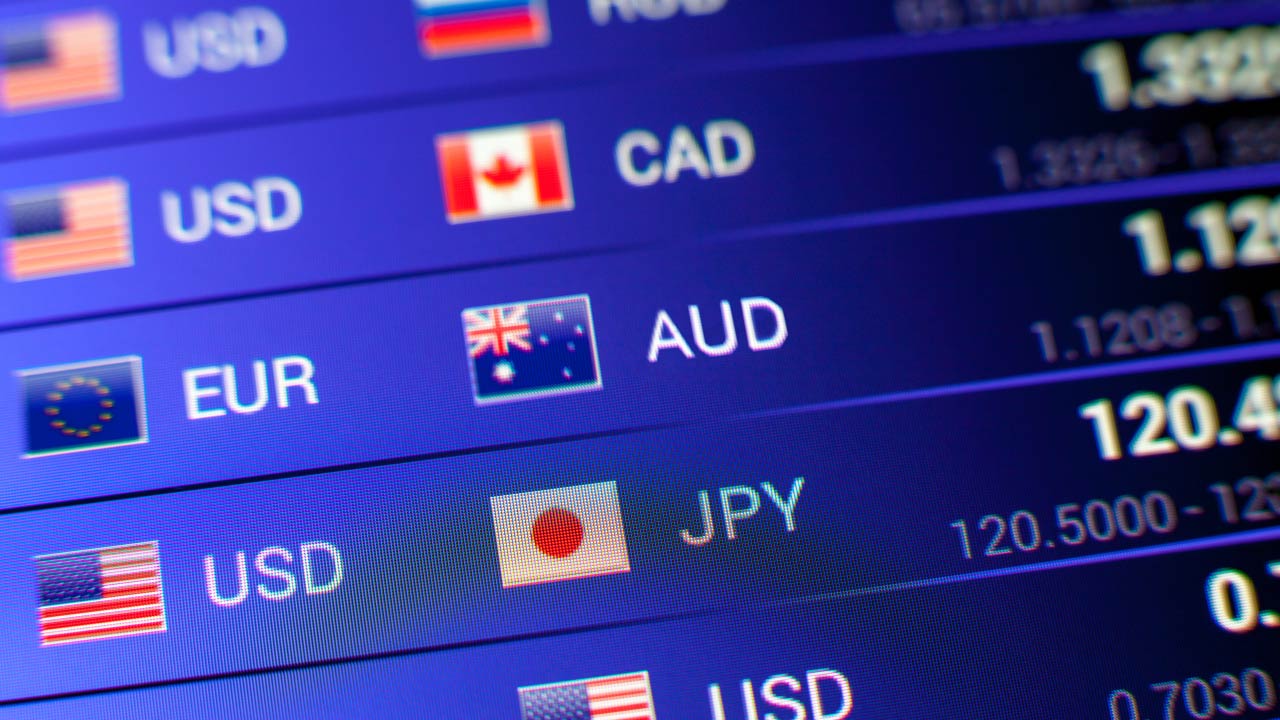
How to Trade the EUR/AUD Currency Pairs?

How to Trade the Japanese Yen?

FTSE 100 vs FTSE 250: What’s The Difference?
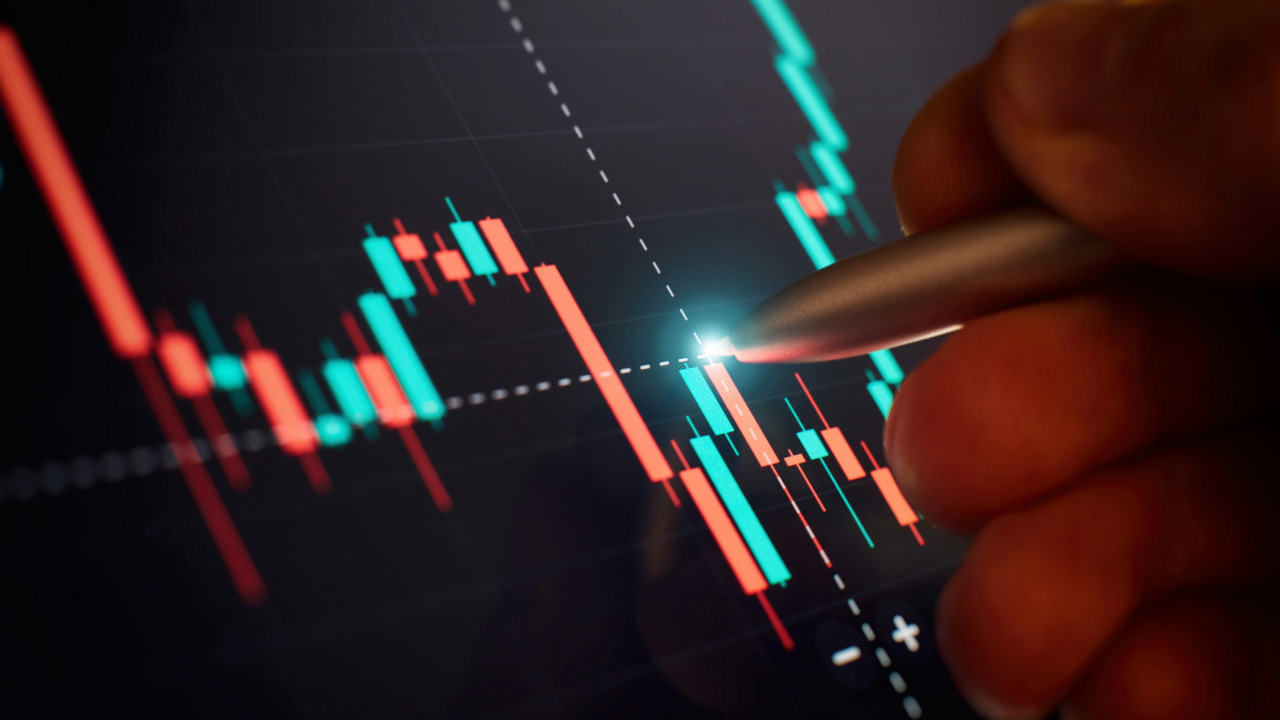
Risks Associated With Candlestick Chart Patterns

Stop-Loss Strategy For Day Trading

Five Questions to Ask Your Forex Broker
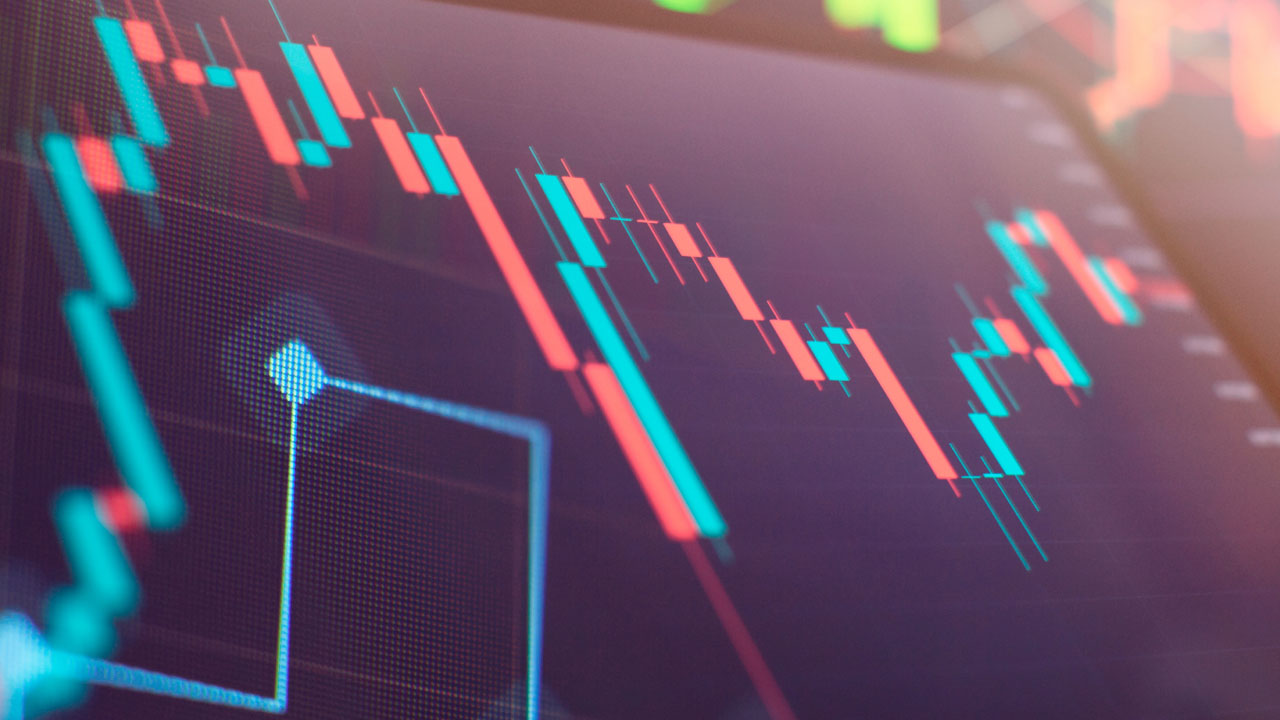
Hedging vs Speculation: Top Differences
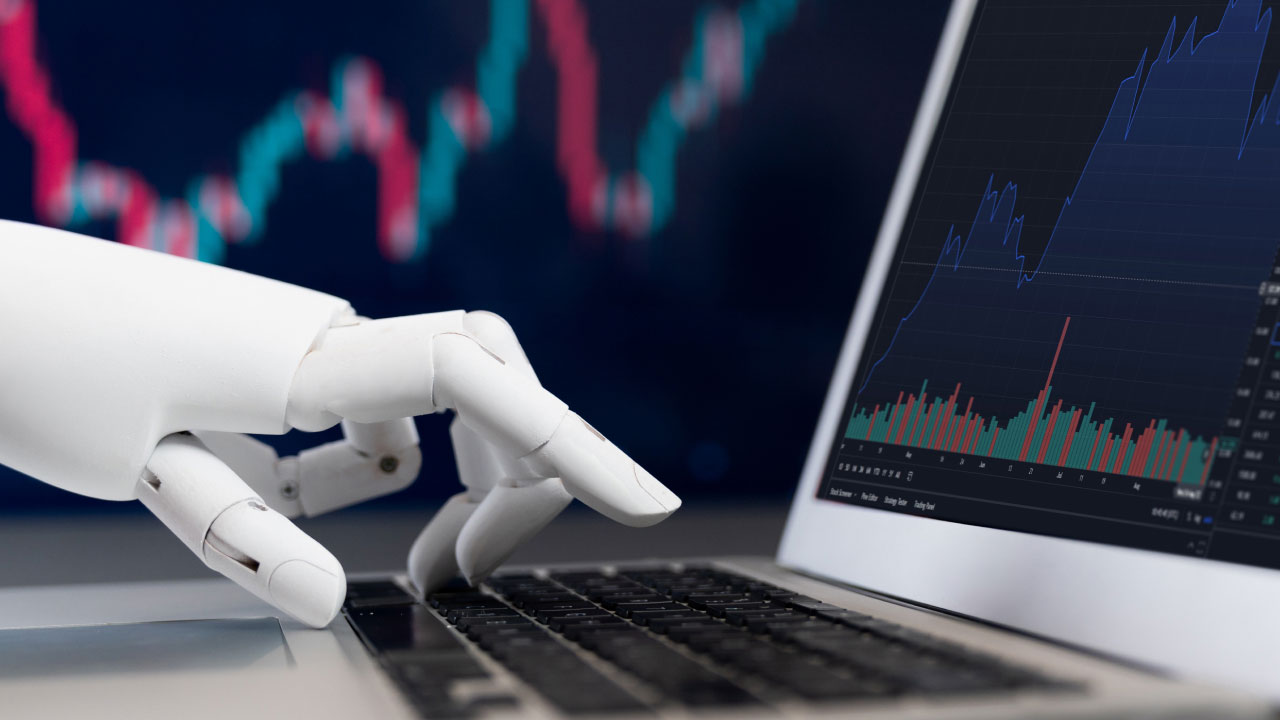
How to Use ChatGPT for Algorithmic Trading?
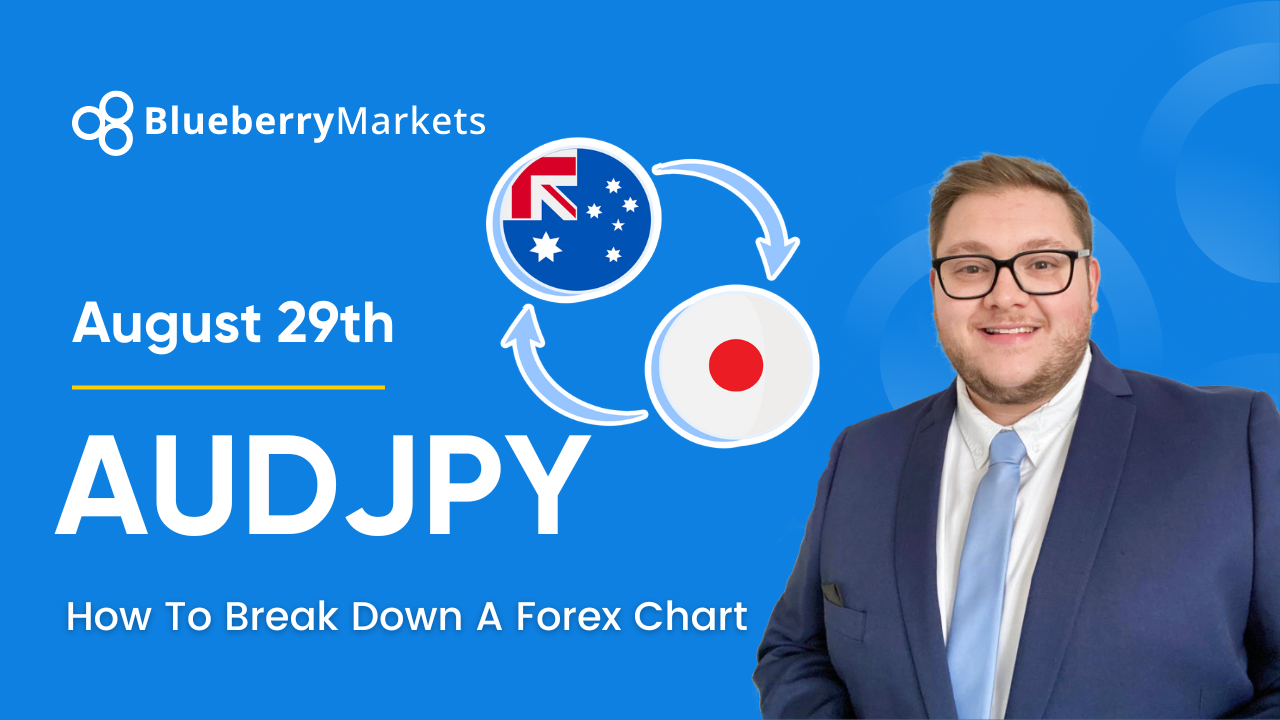
How To Analyze A Forex Chart: AUDJPY In Focus

The Correlation Between Commodities And Inflation
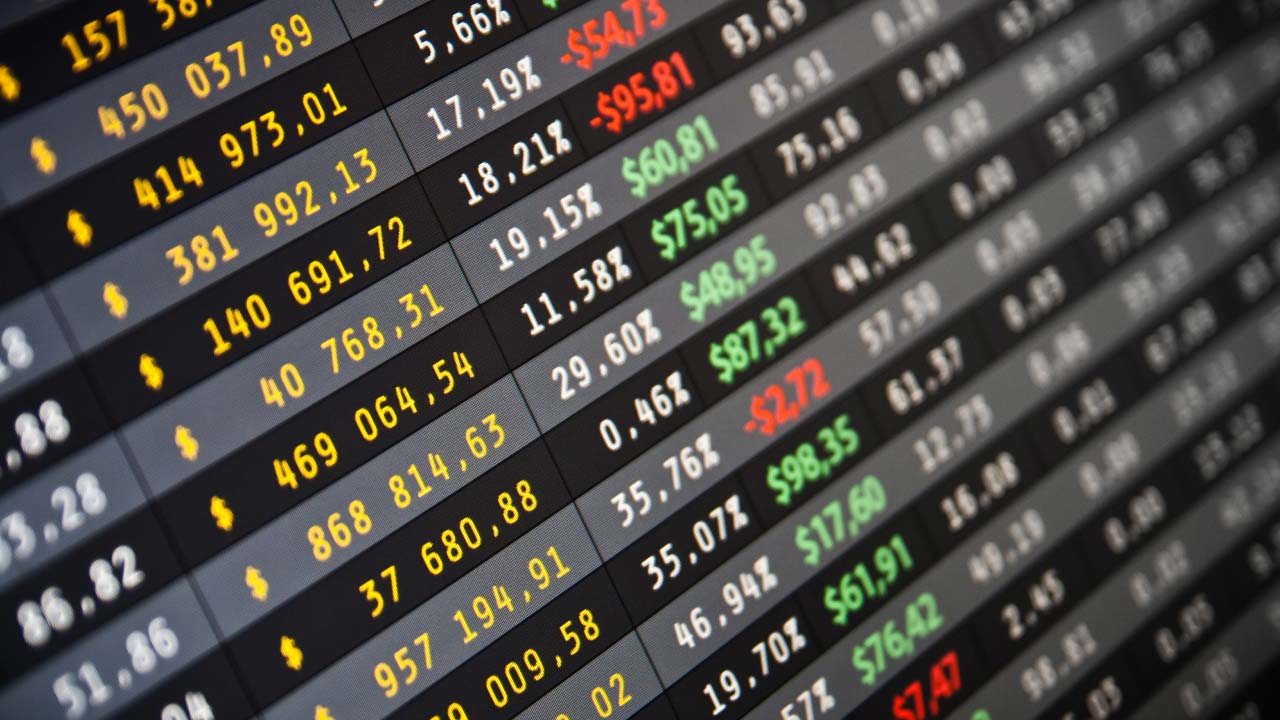
What is the NAS100 Index?

Risk Management Strategies for Active Traders
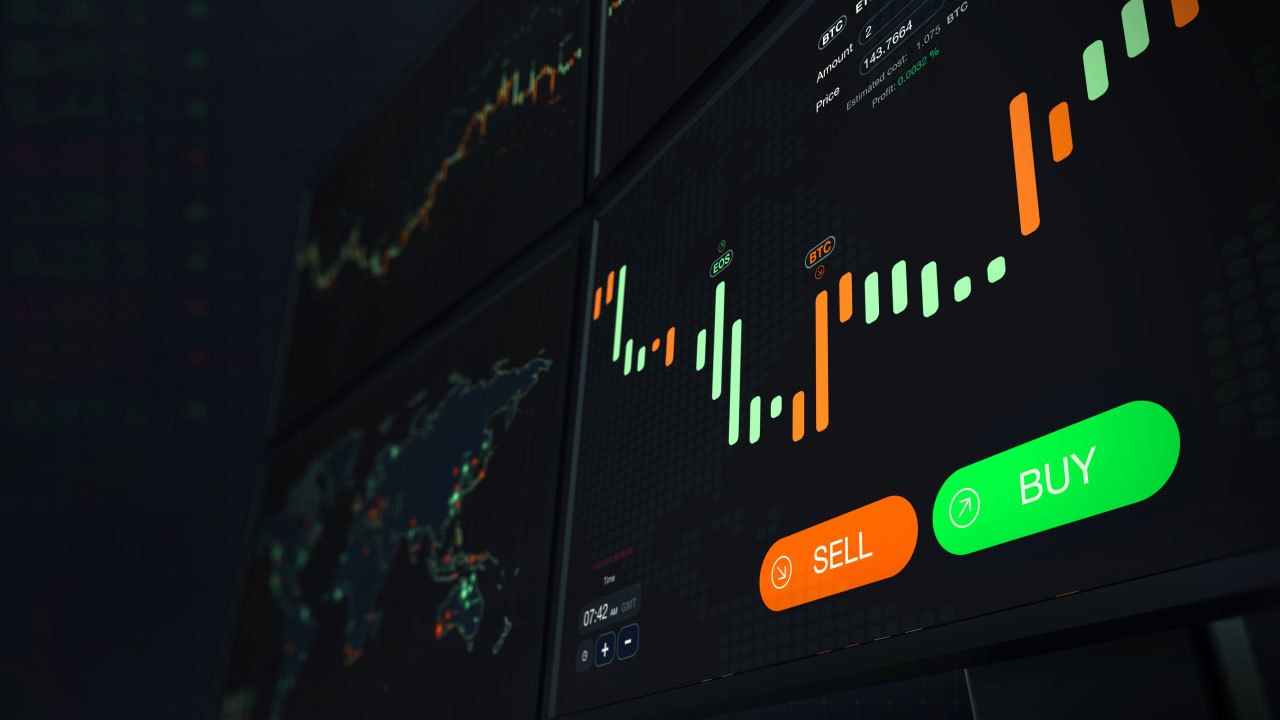
Risks of Automated Trading Systems
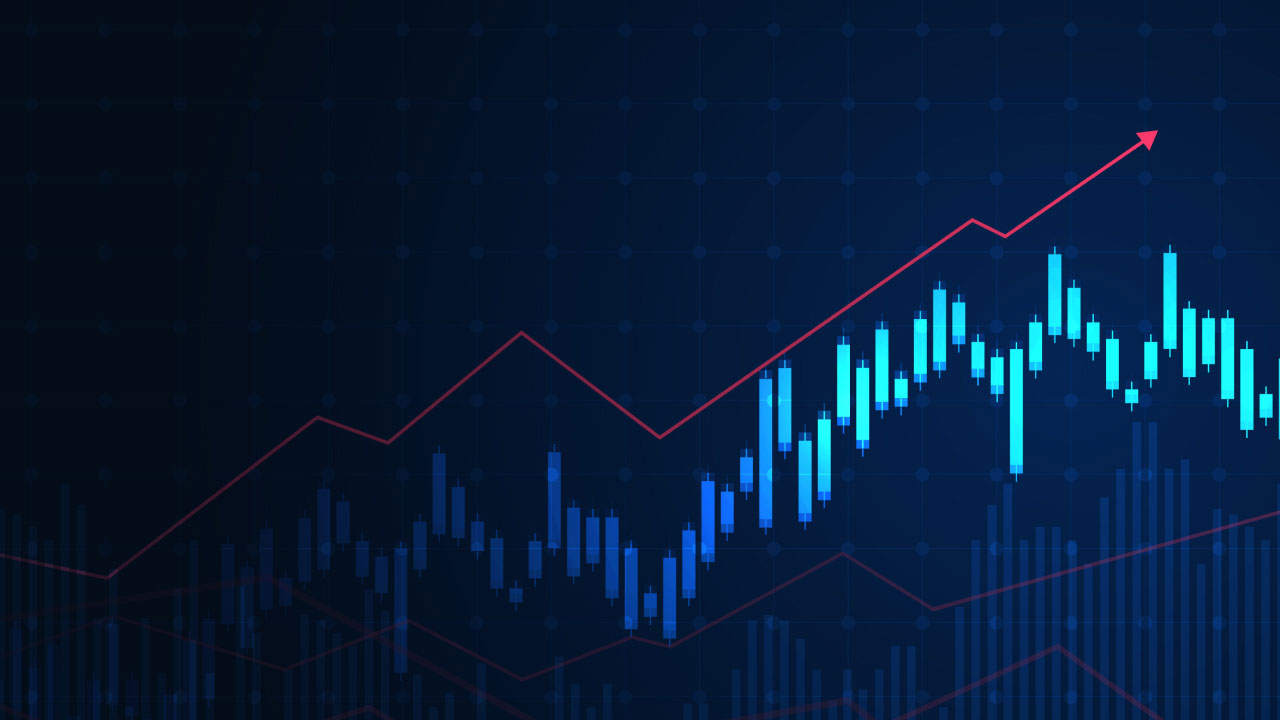
How to Make the Most of Your Brokerage Account
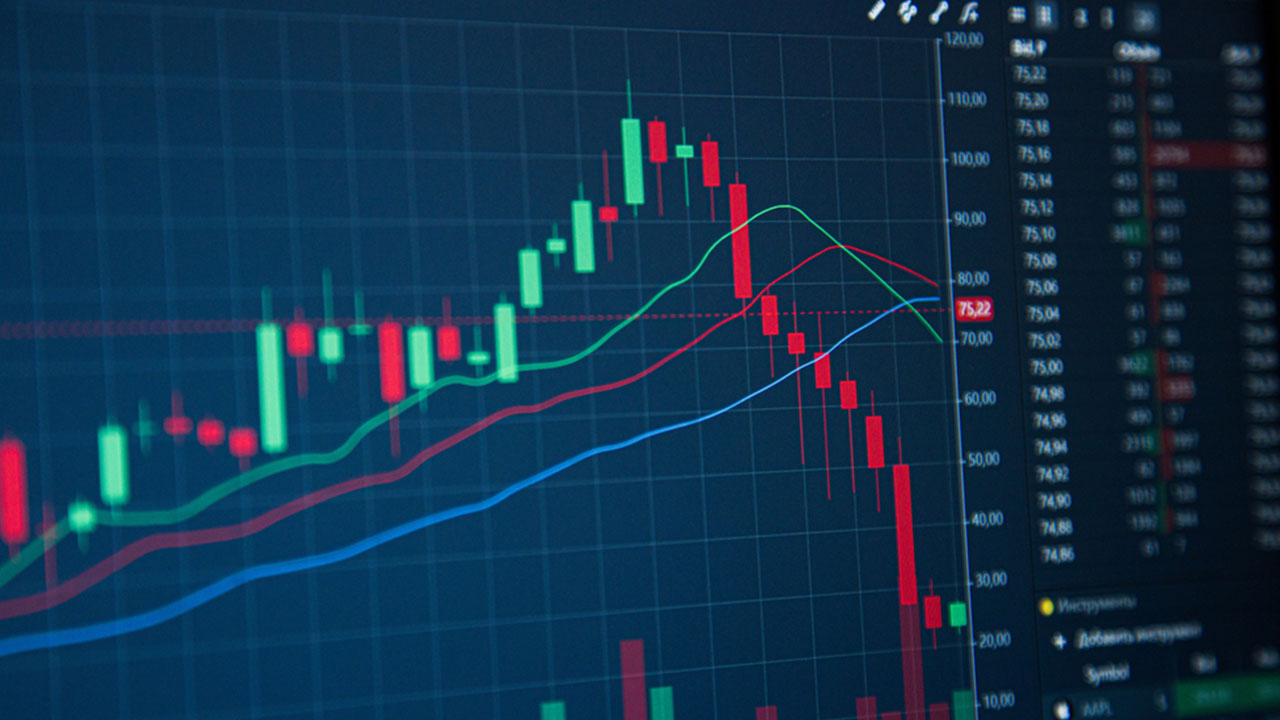
How Does GDP Affect Forex Trading?
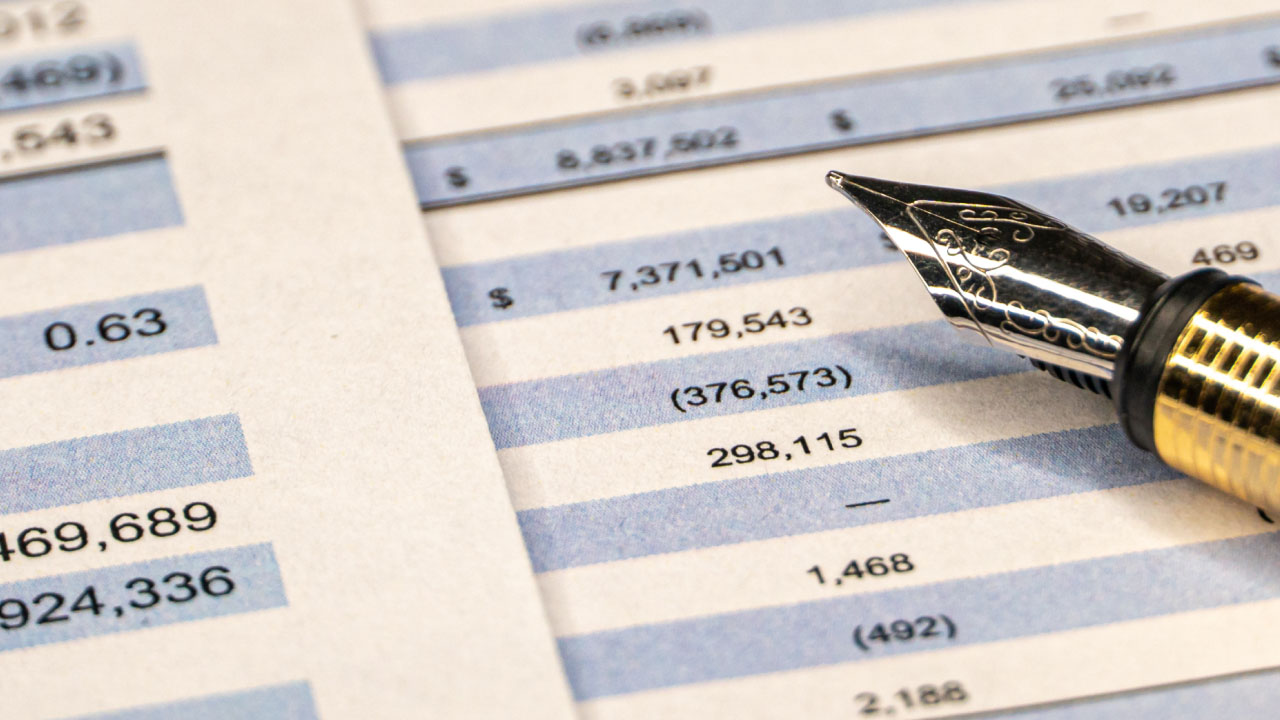
How to Read a Balance Sheet For Trading?
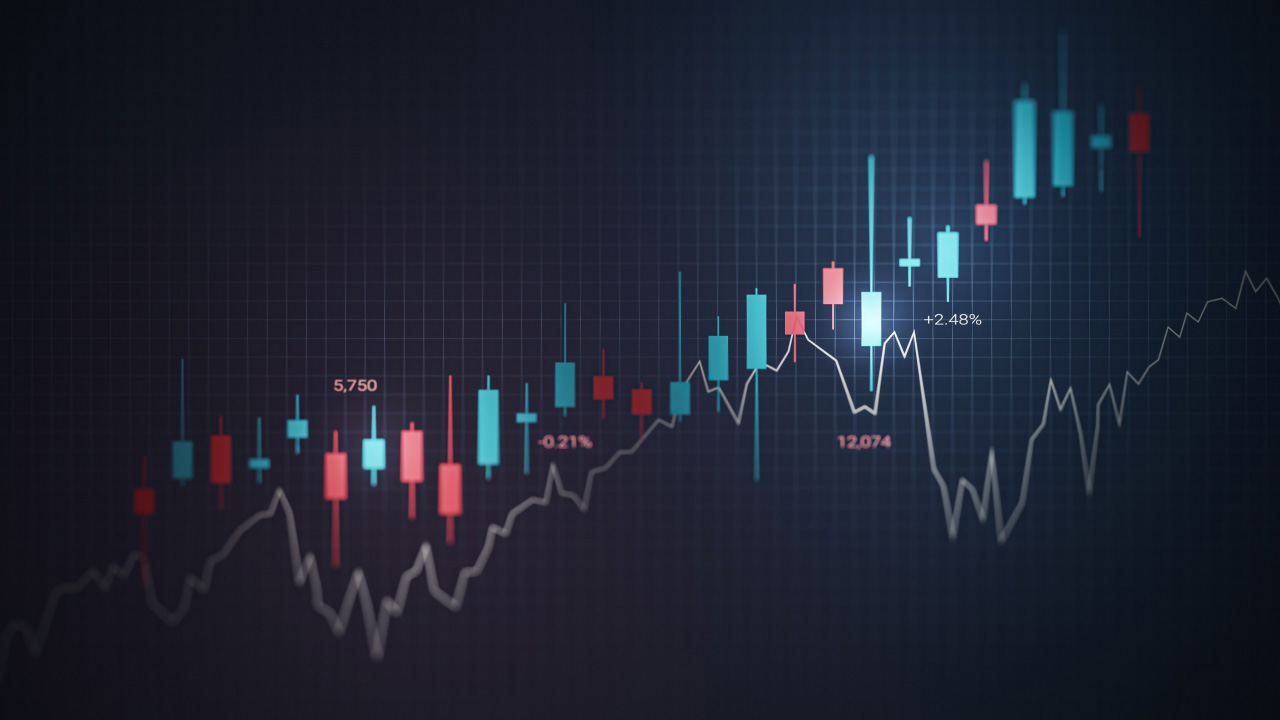
What Are the Factors Affecting USD/CAD?

How Oil Impacts The Canadian Dollar?
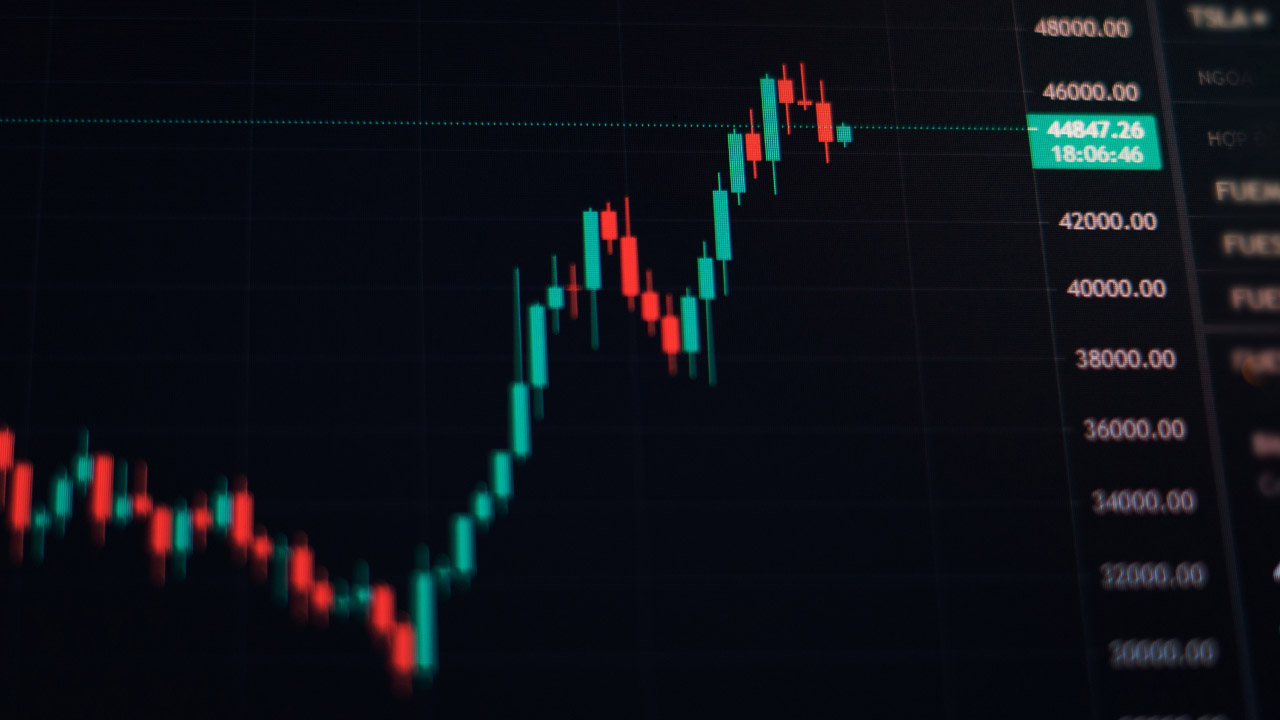
CFDs vs Futures: What Are The Differences?

What is Forex VPS Hosting: A Comprehensive Guide

How to Trade Crypto CFDs?

How Does CPI Affect the Stock Market?

How Does NFP Affect the Price of Gold?

Seasonal Market patterns For EUR/USD
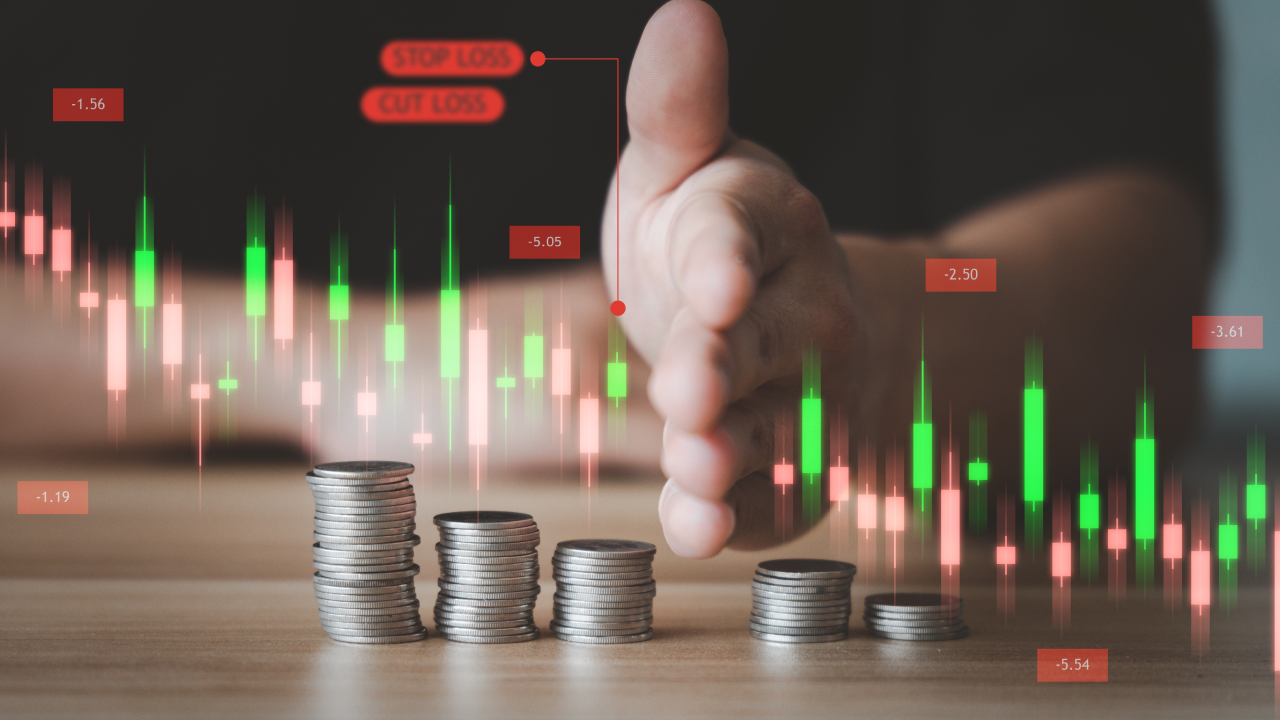
Top Differences Between Hedging and Stop-loss

What is the Ideal Setup for Trading?
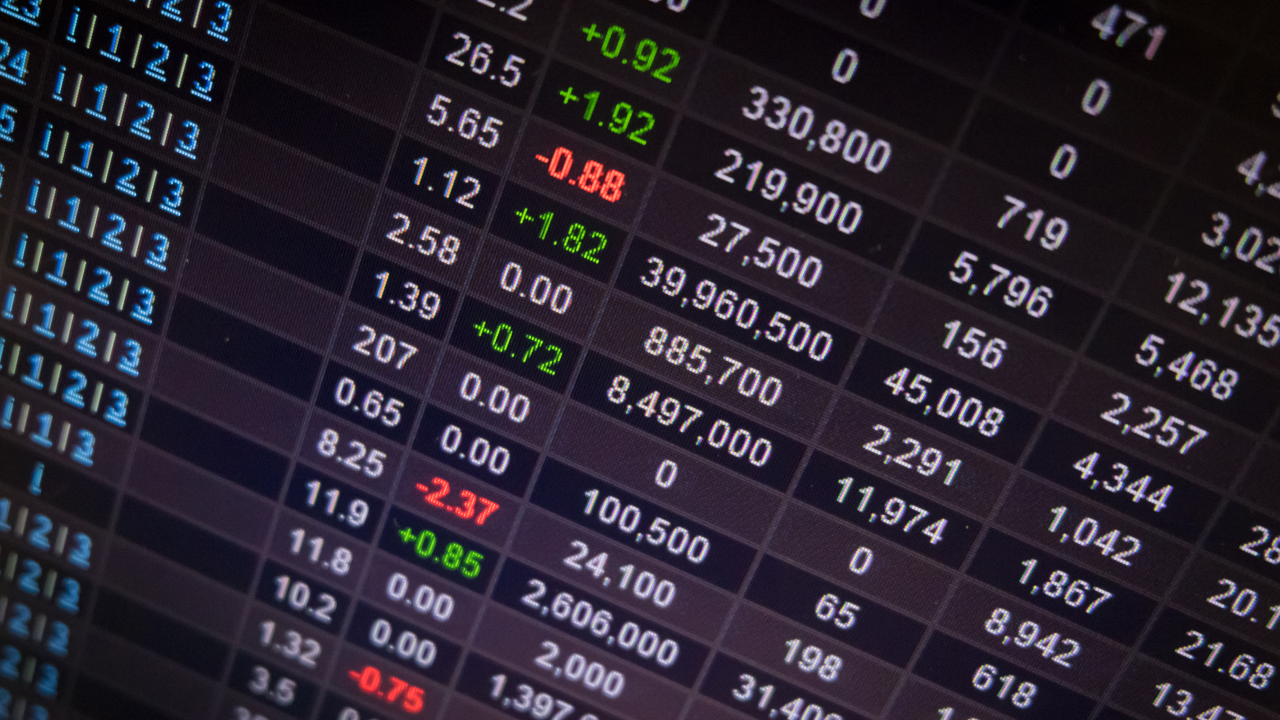
Top Industries in FRA40 Index
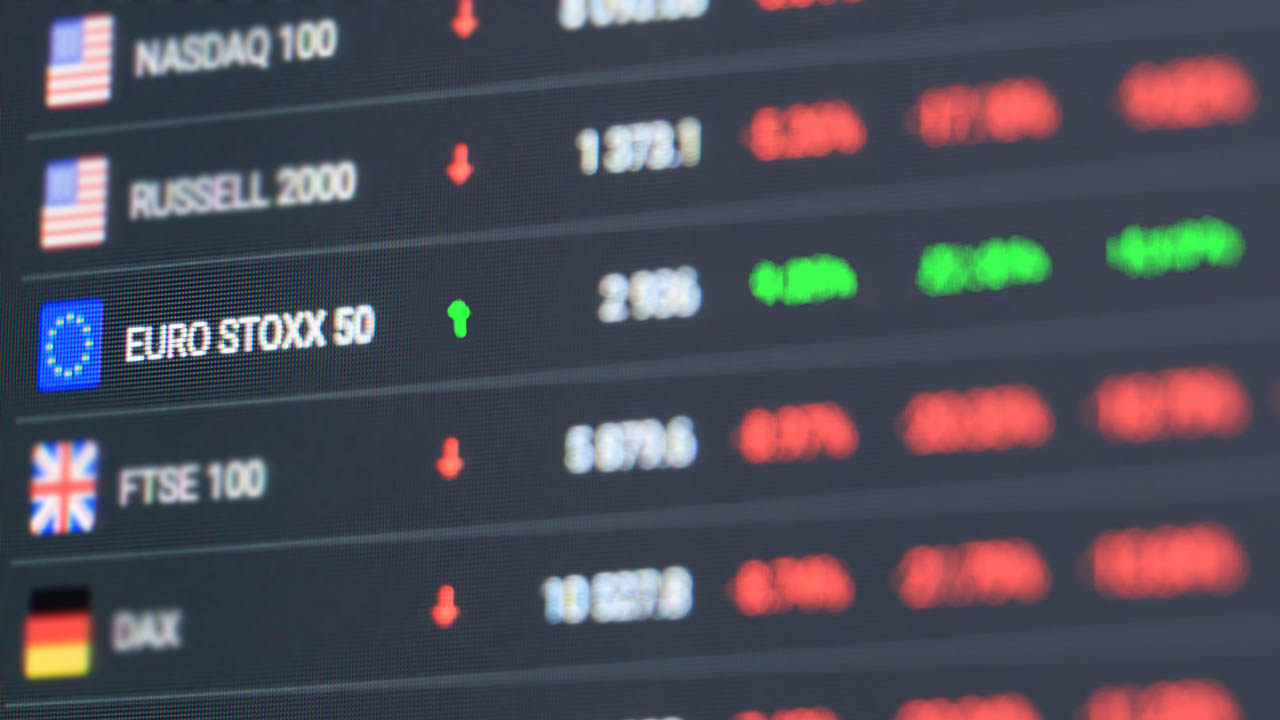
The Complete Guide to Euro Stoxx 50 Index
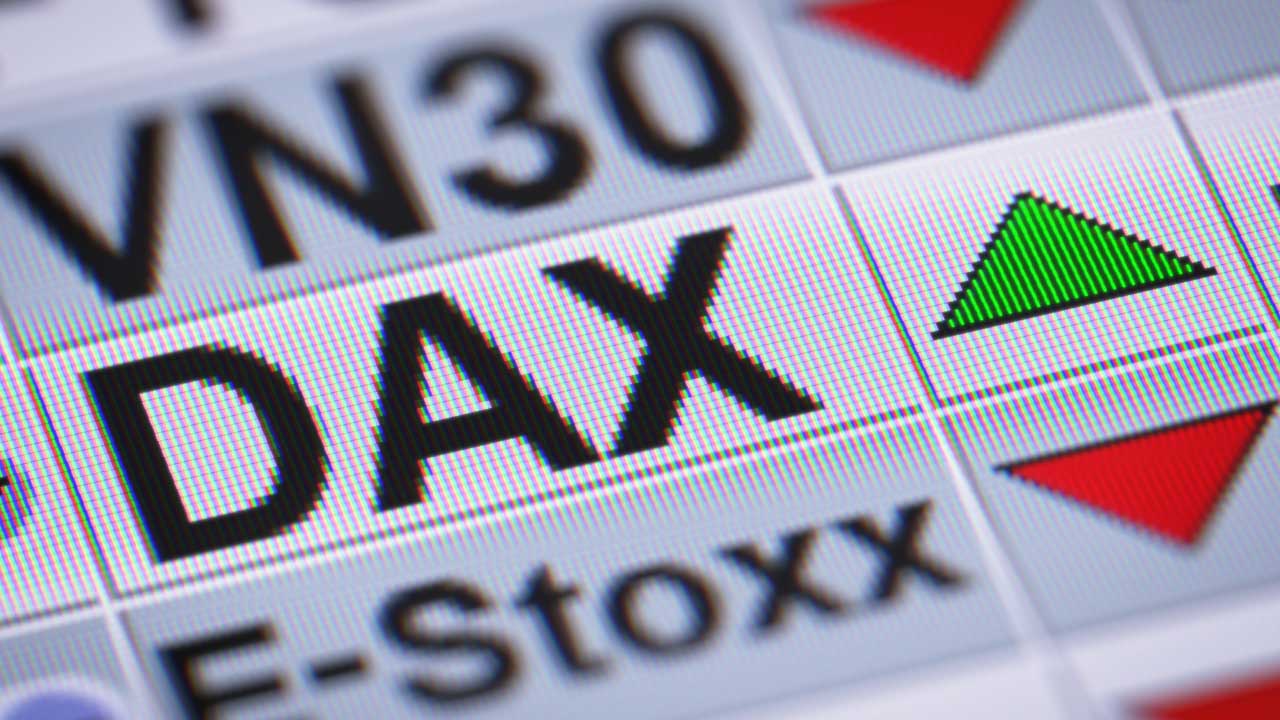
What is DAX 30 Index?

What is OPEC, and How Does it Influence Oil Prices?

How Will AI Impact Trading

How Can Oil Prices Affect Stock Prices?
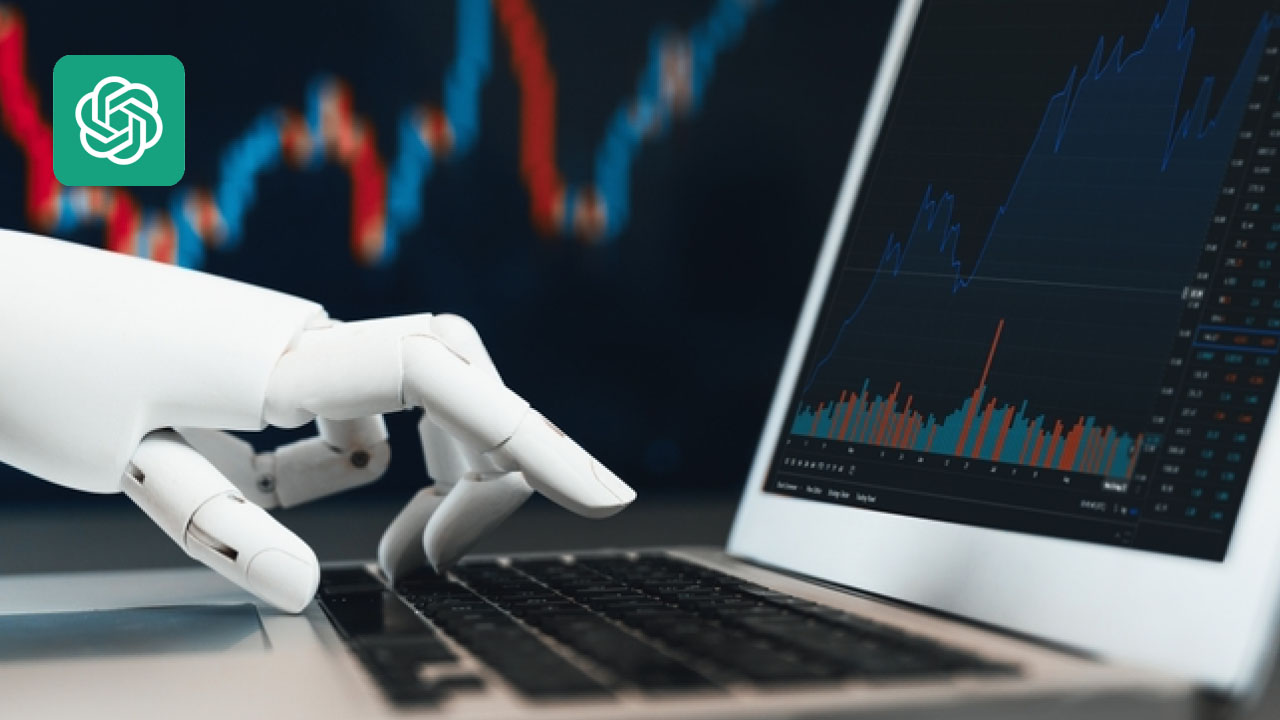
How to Use ChatGPT For Trading?

Top AI Tools for Trading
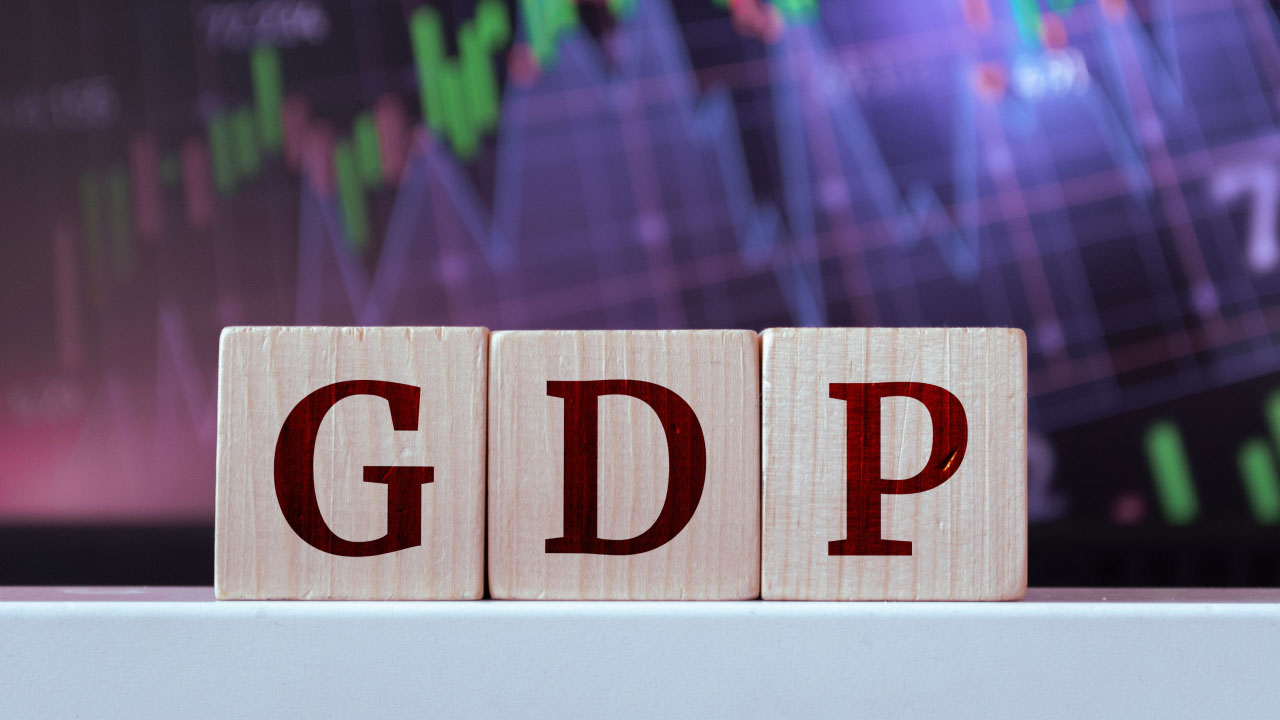
How Does GDP Affect the Stock Market?
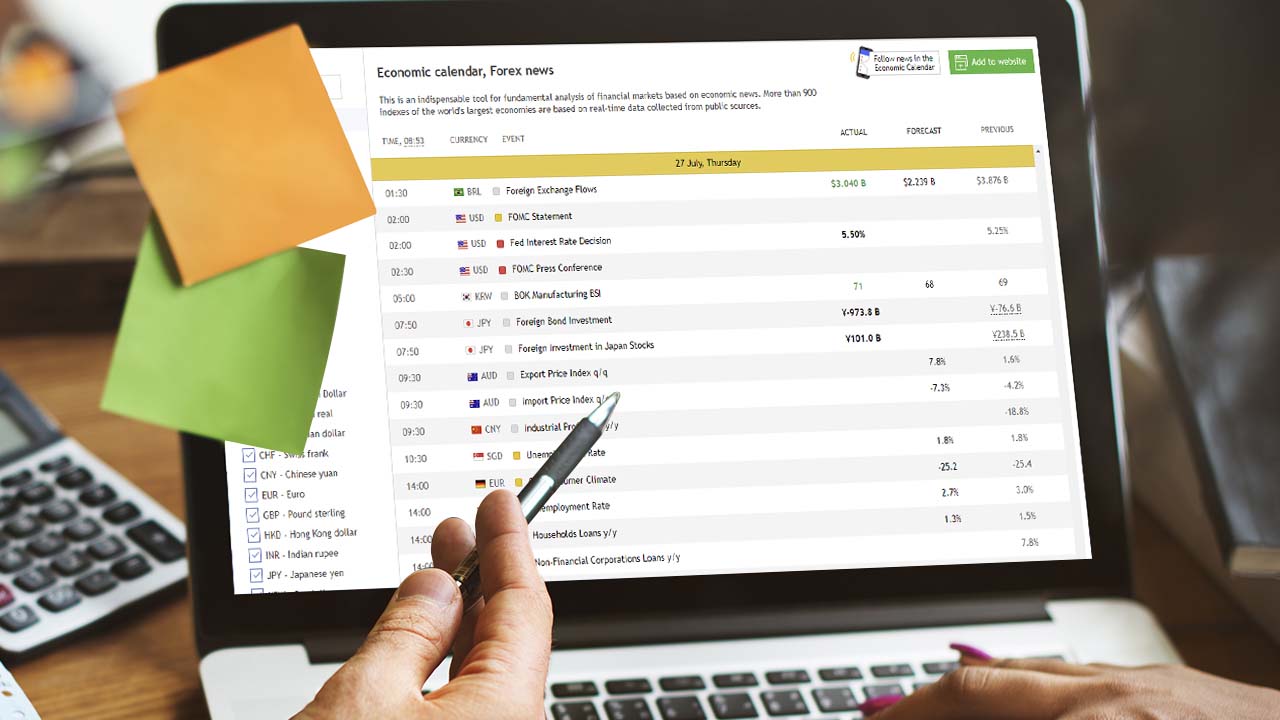
Forex Economic Calendar for 2023

Top Economic News Events for Forex Trading

S&P 500 Index

How Does The Recession Affect The Stock Market?

What is ADP National Employment Report?
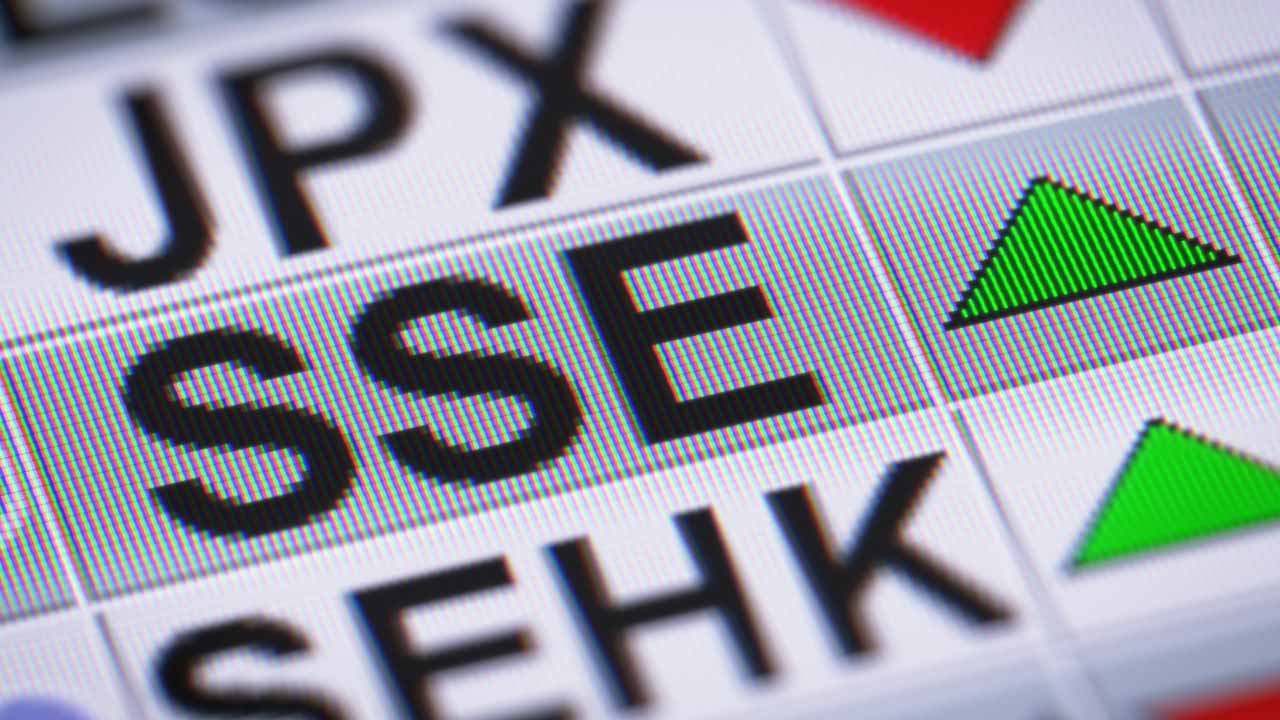
What is the Shanghai Index?

How Does Inflation Affect the Forex Market?

How To Get The News Feed In MT4?
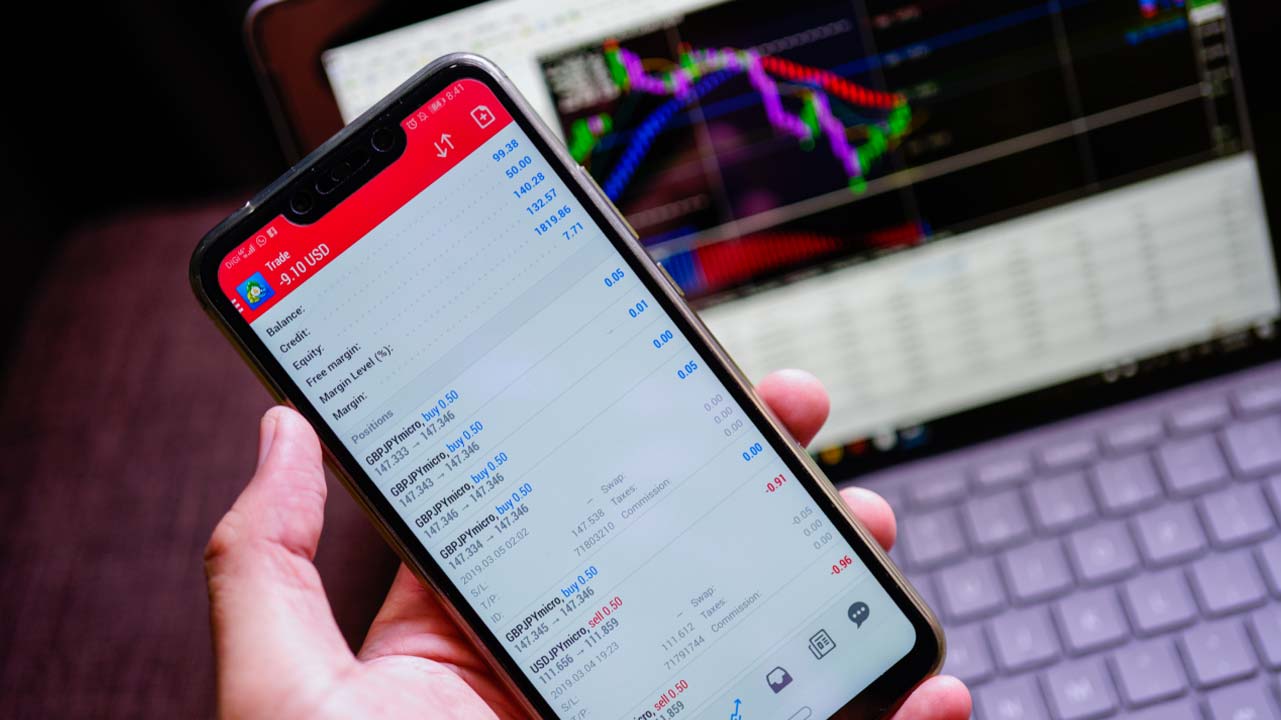
How To Set Up MetaTrader? Step-By-Step Instruction

Can You Use MetaTrader 4 Without A Broker?
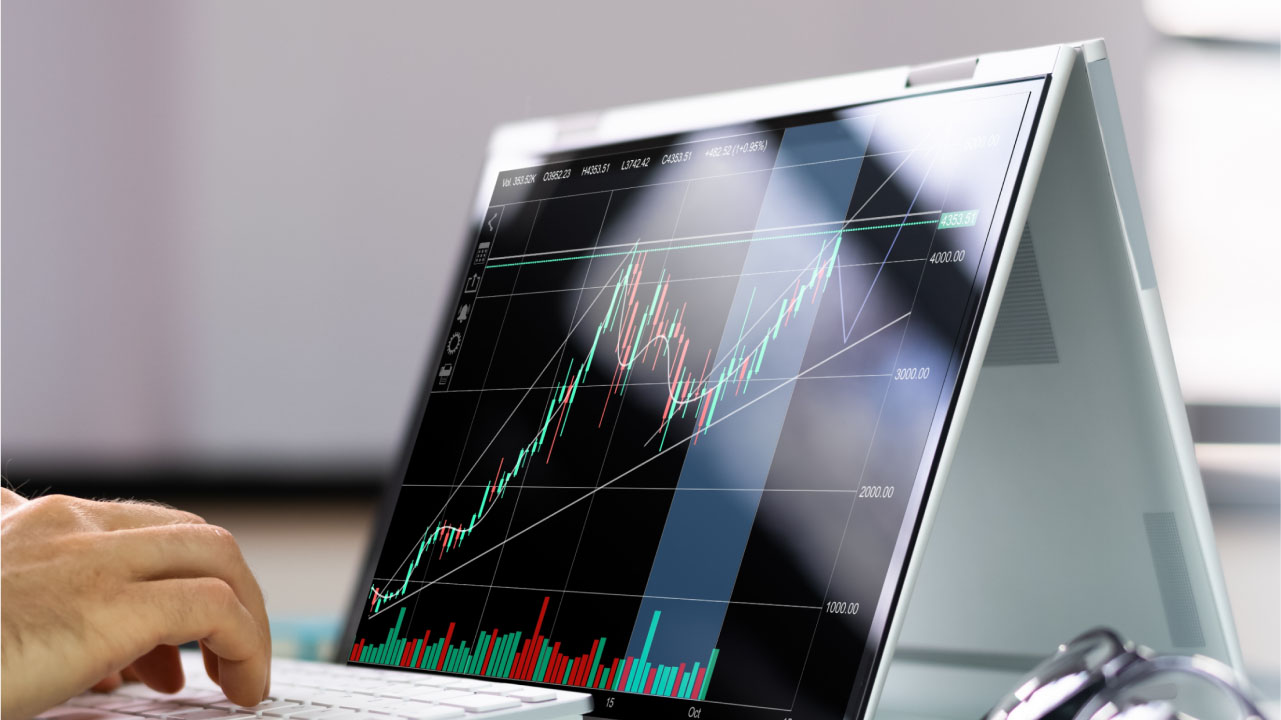
How to Copy a Trade on MT4?

Is MetaTrader 4 Good For Beginners?

How to Add Templates to MT4?
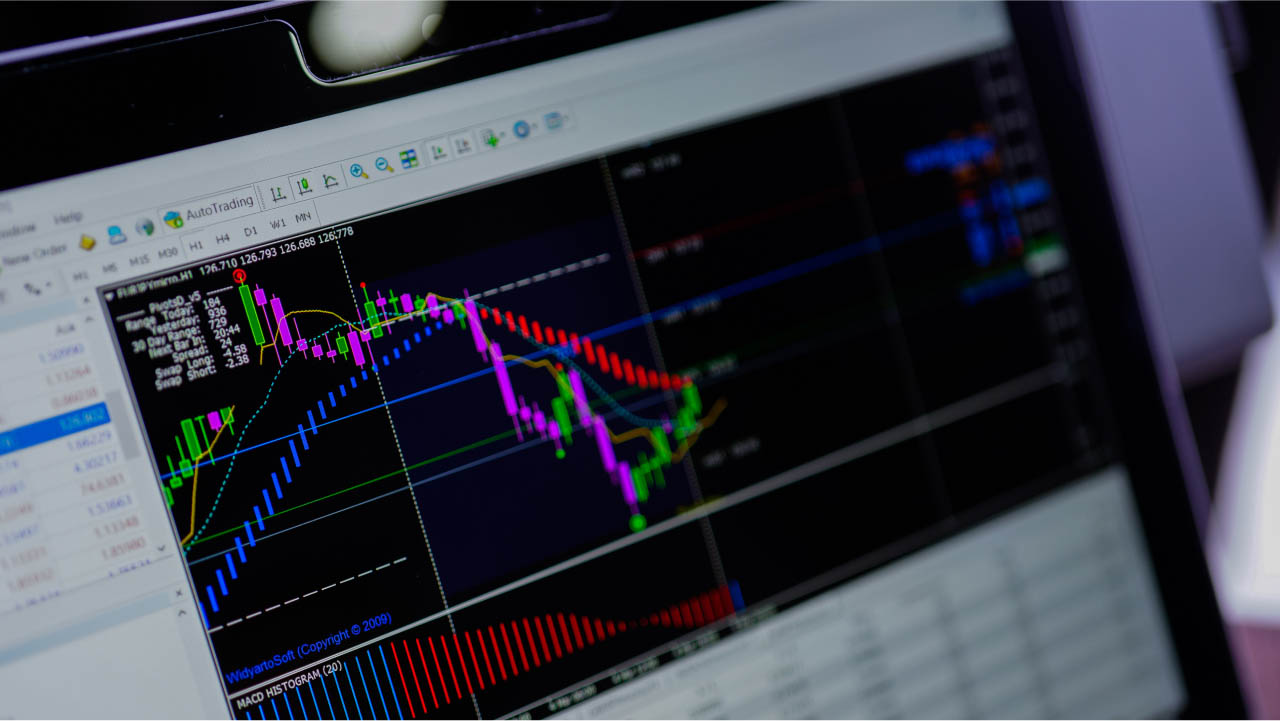
Type of Orders in Metatrader
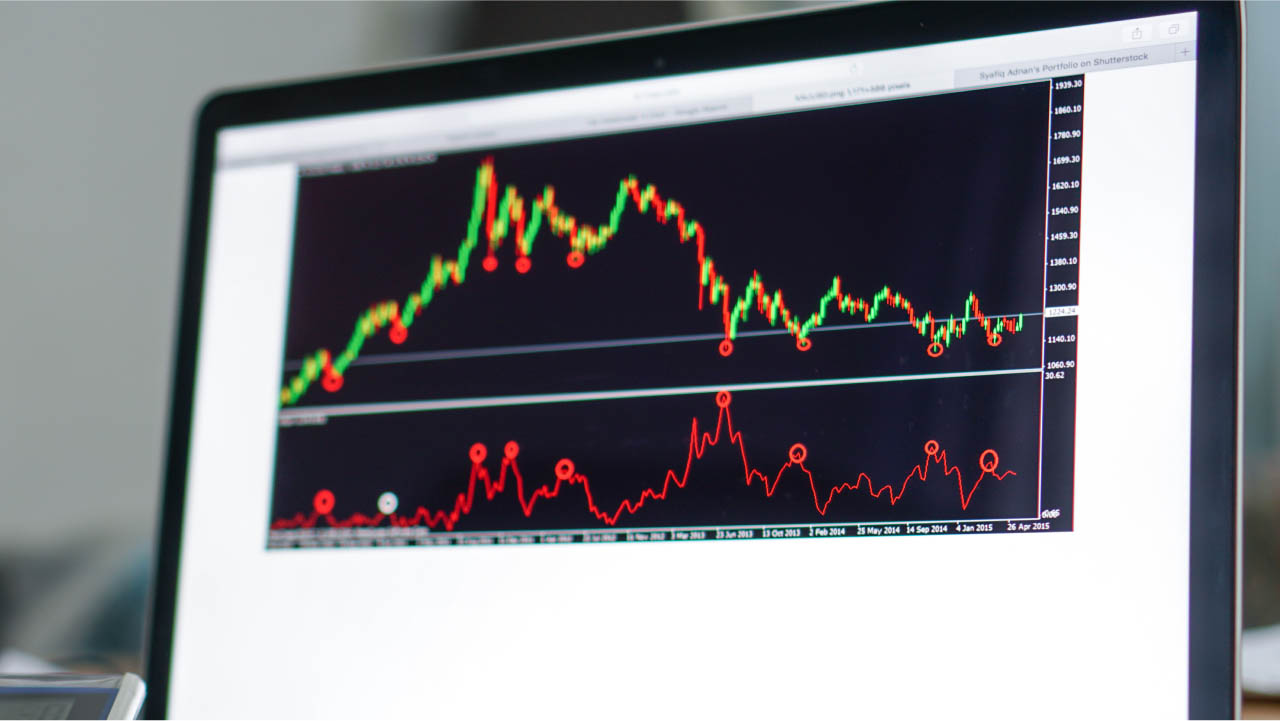
How To Speed Up MT4?
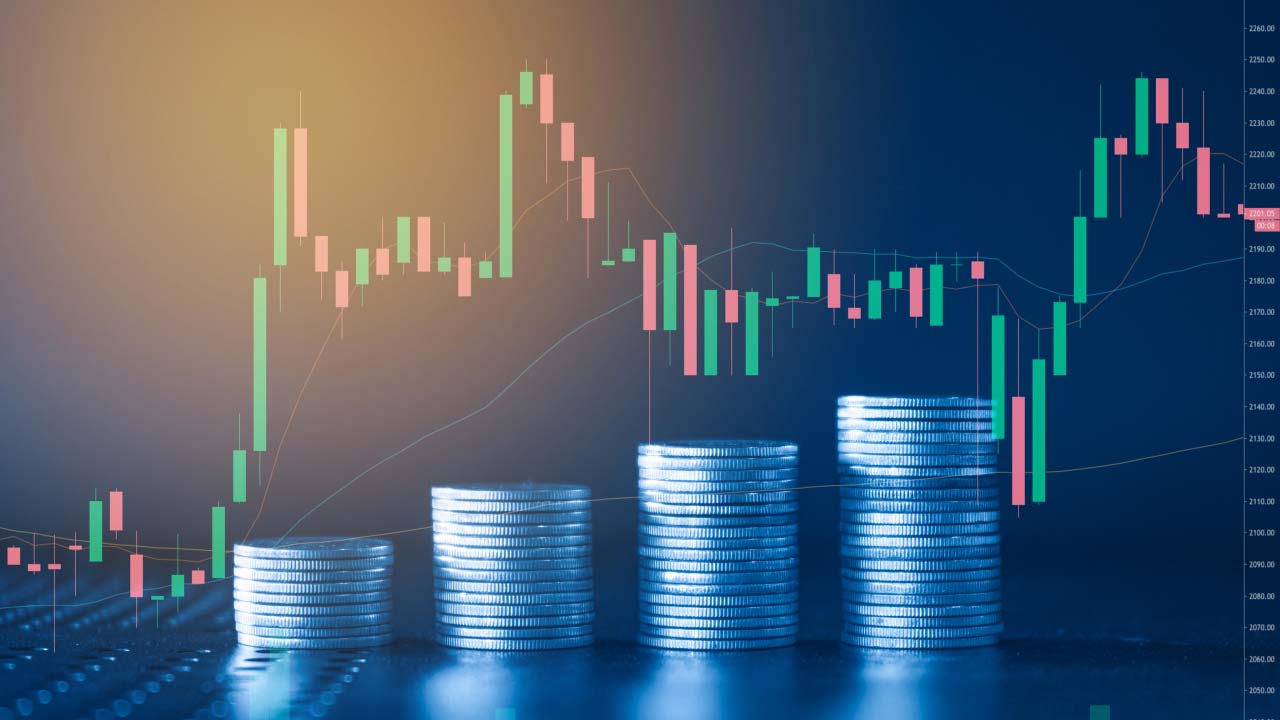
How Do You Set Price Alerts With MetaTrader 4?
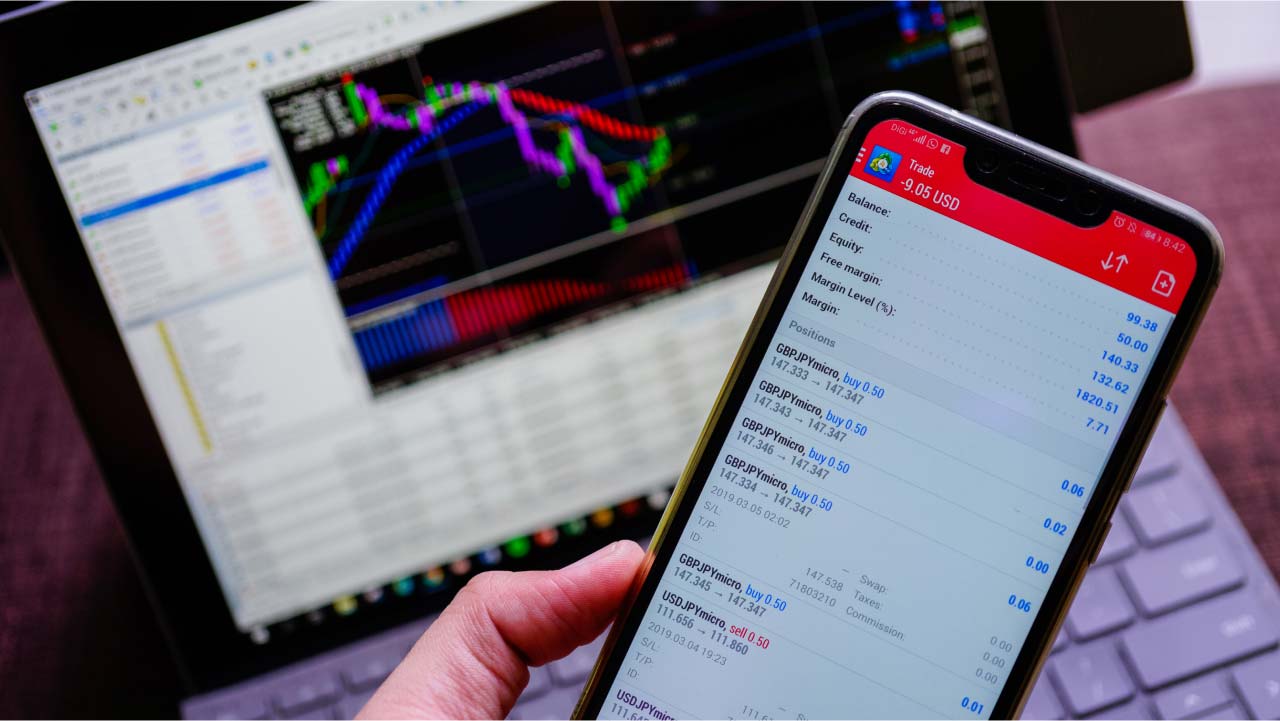
How Does MetaTrader 4 Work?
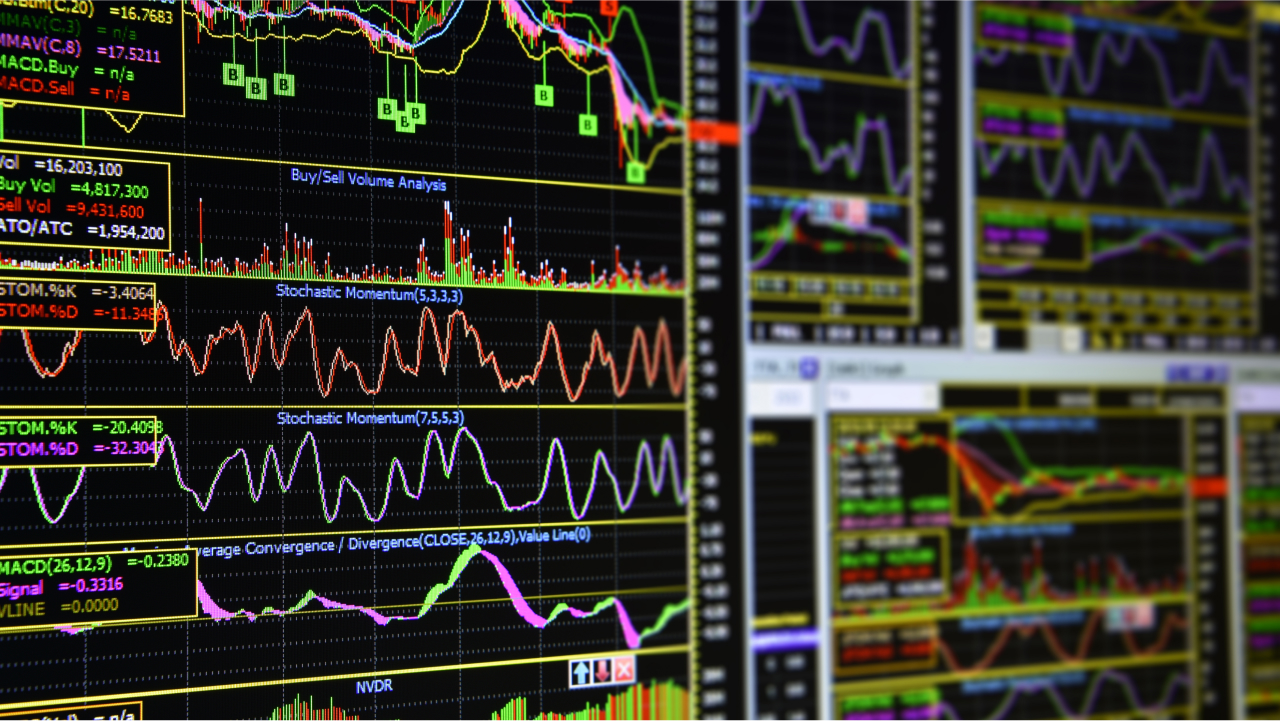
How to Add Commodities to MT4?

How to Add Indices to MT4?
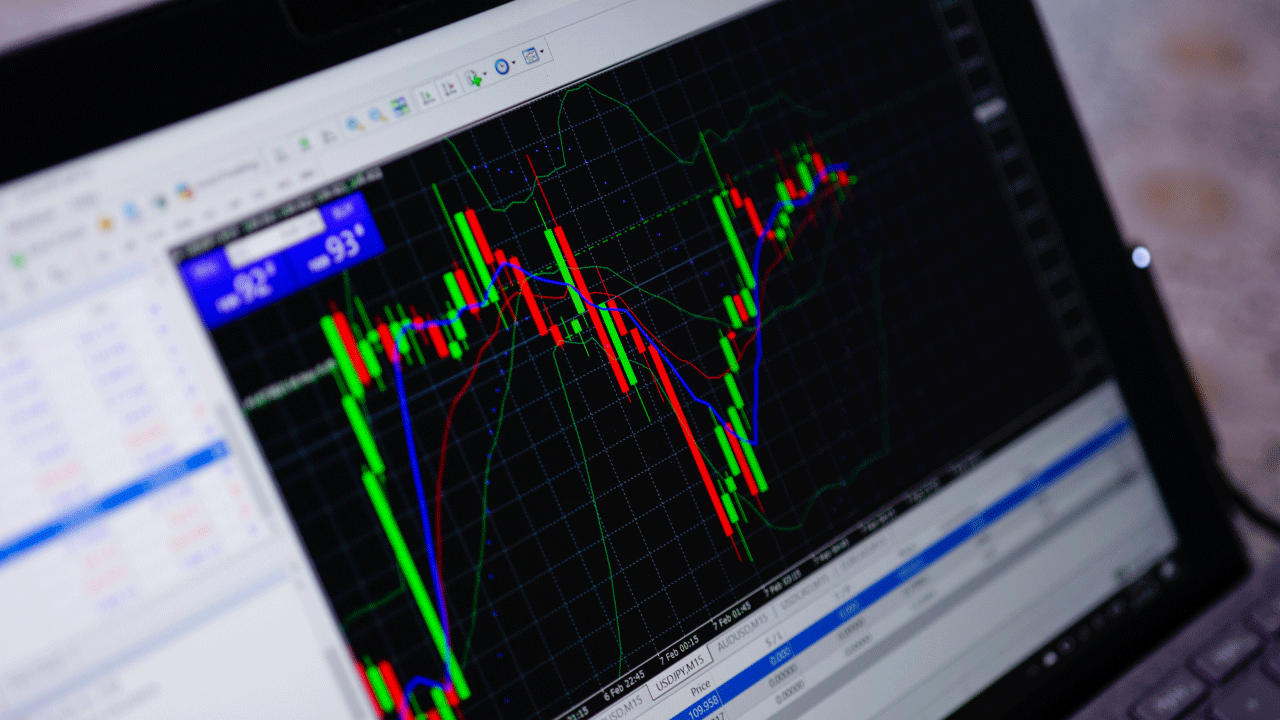
How to Use MetaTrader 4

Dos and Don'ts of Forex Trading in Vietnam
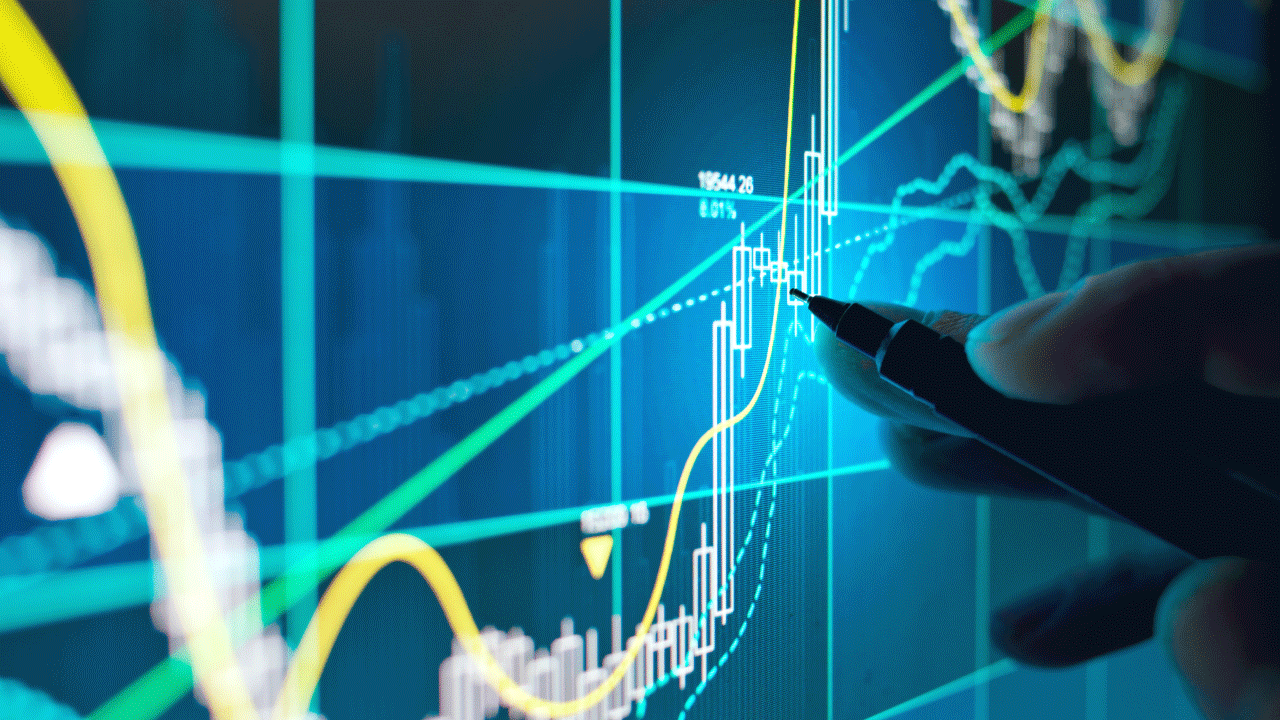
What is Nikkei 225?
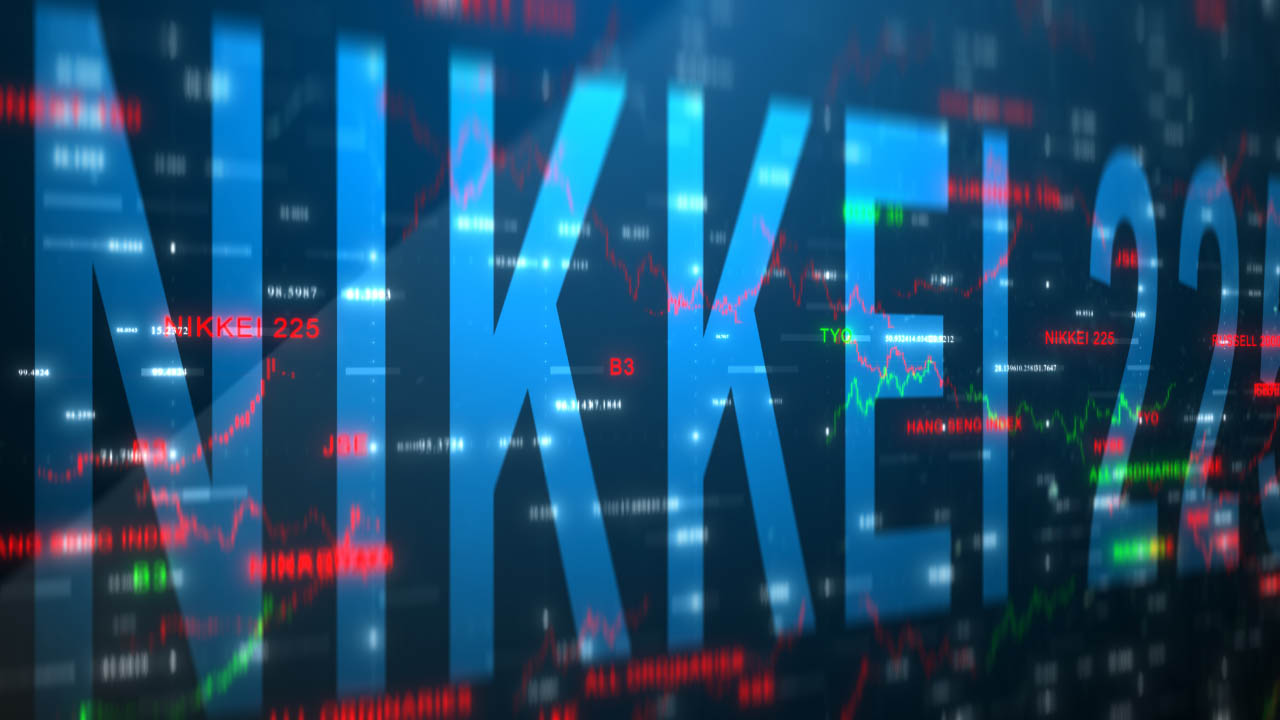
The Ultimate Guide to The Tokyo Stock Exchange
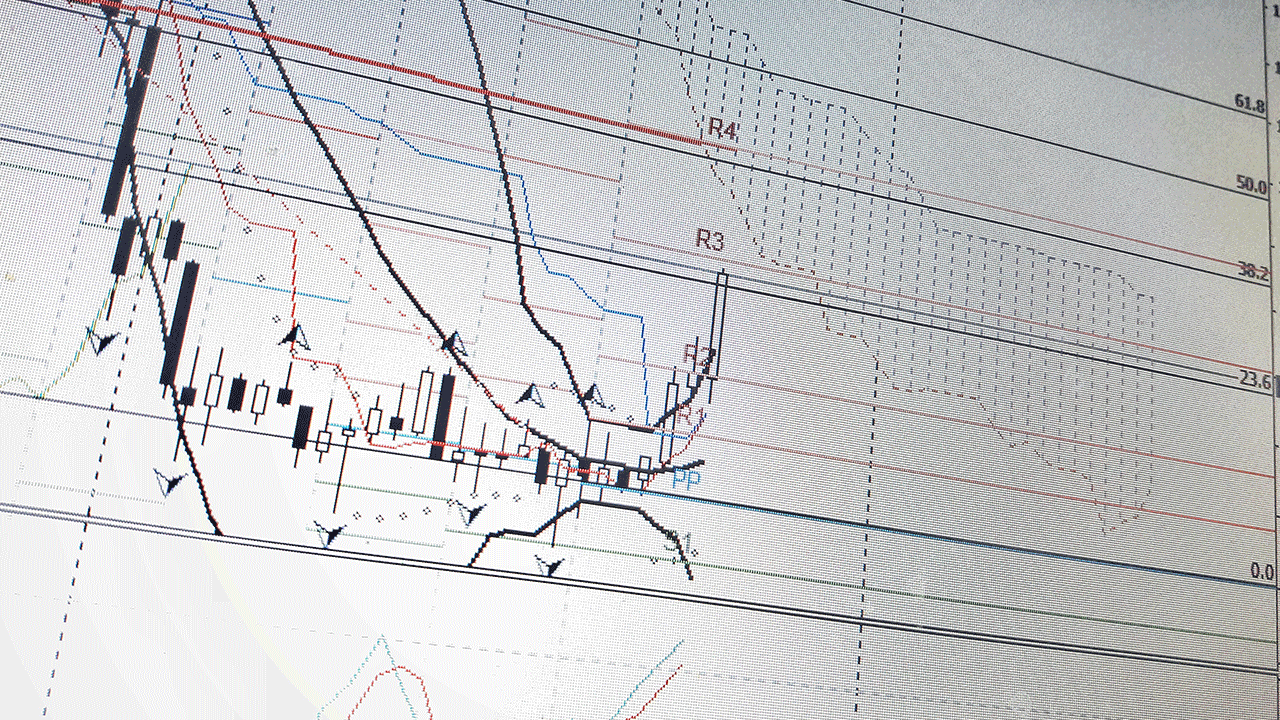
Basic Functions of MT4

Customizing MT4 Interface: Tips and Tricks
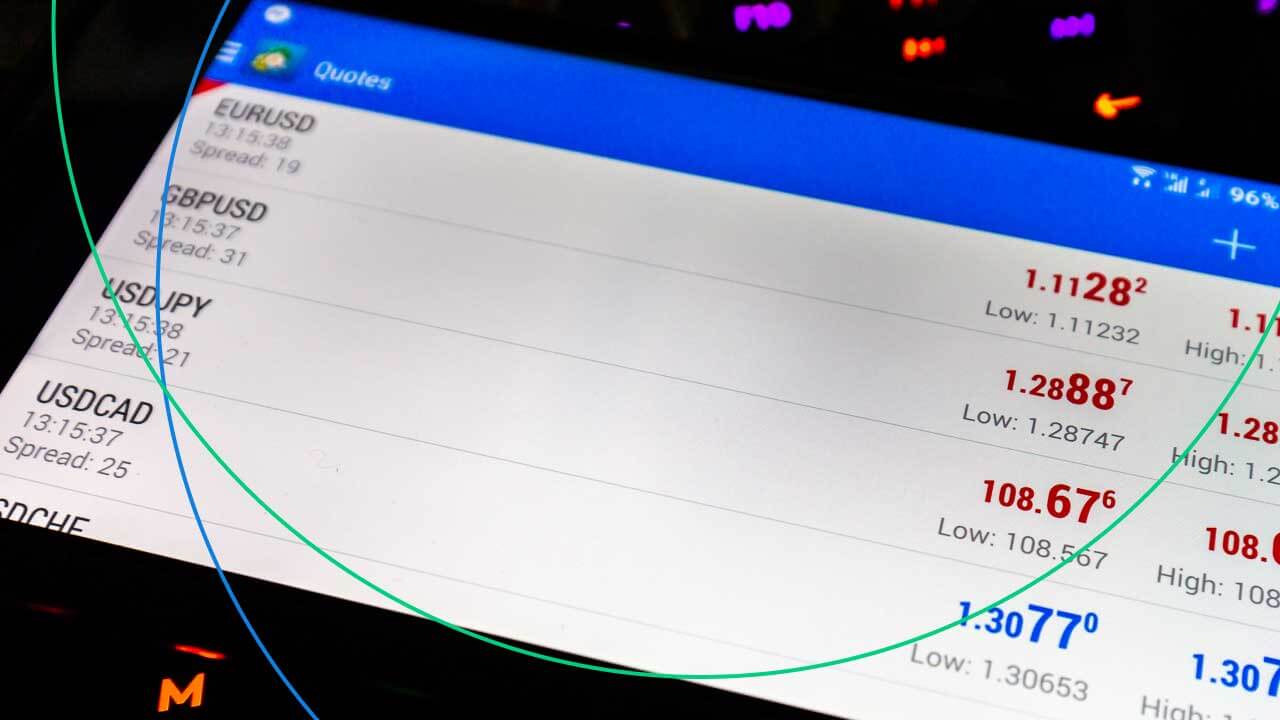
The Advantages of Using MT4 for Forex Trading
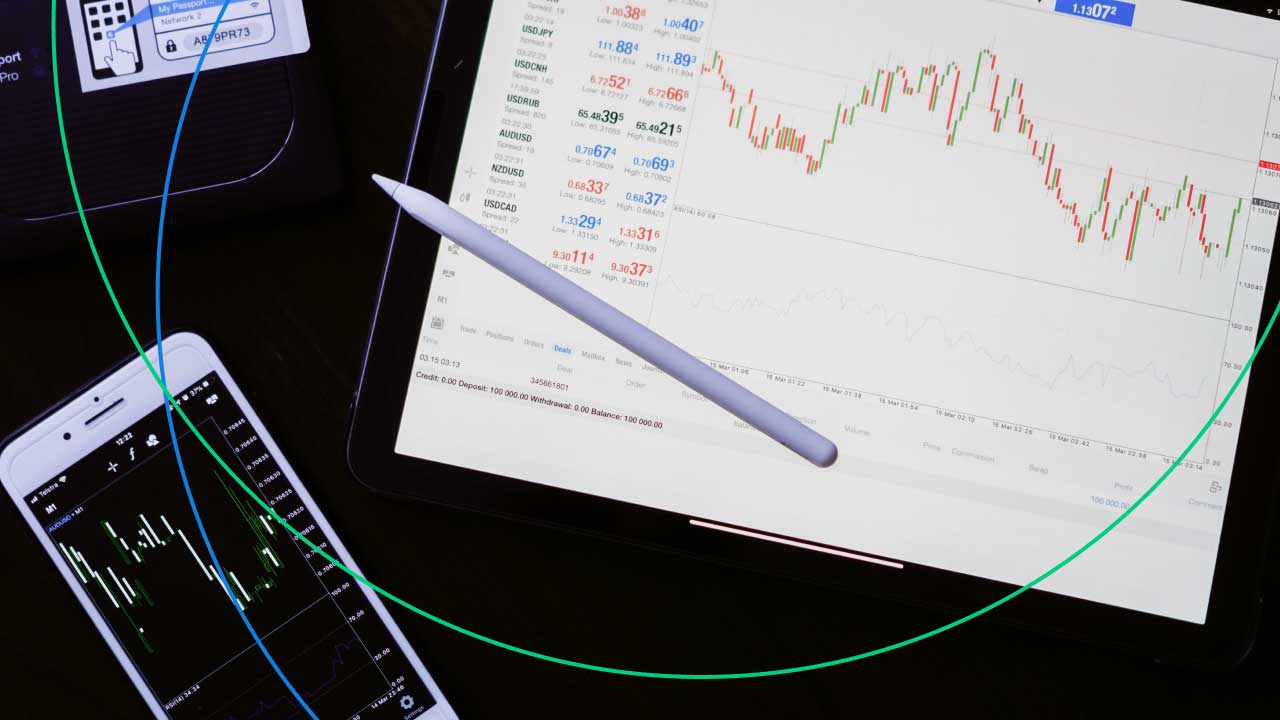
A Comprehensive Guide to MT4 Trading for Beginners
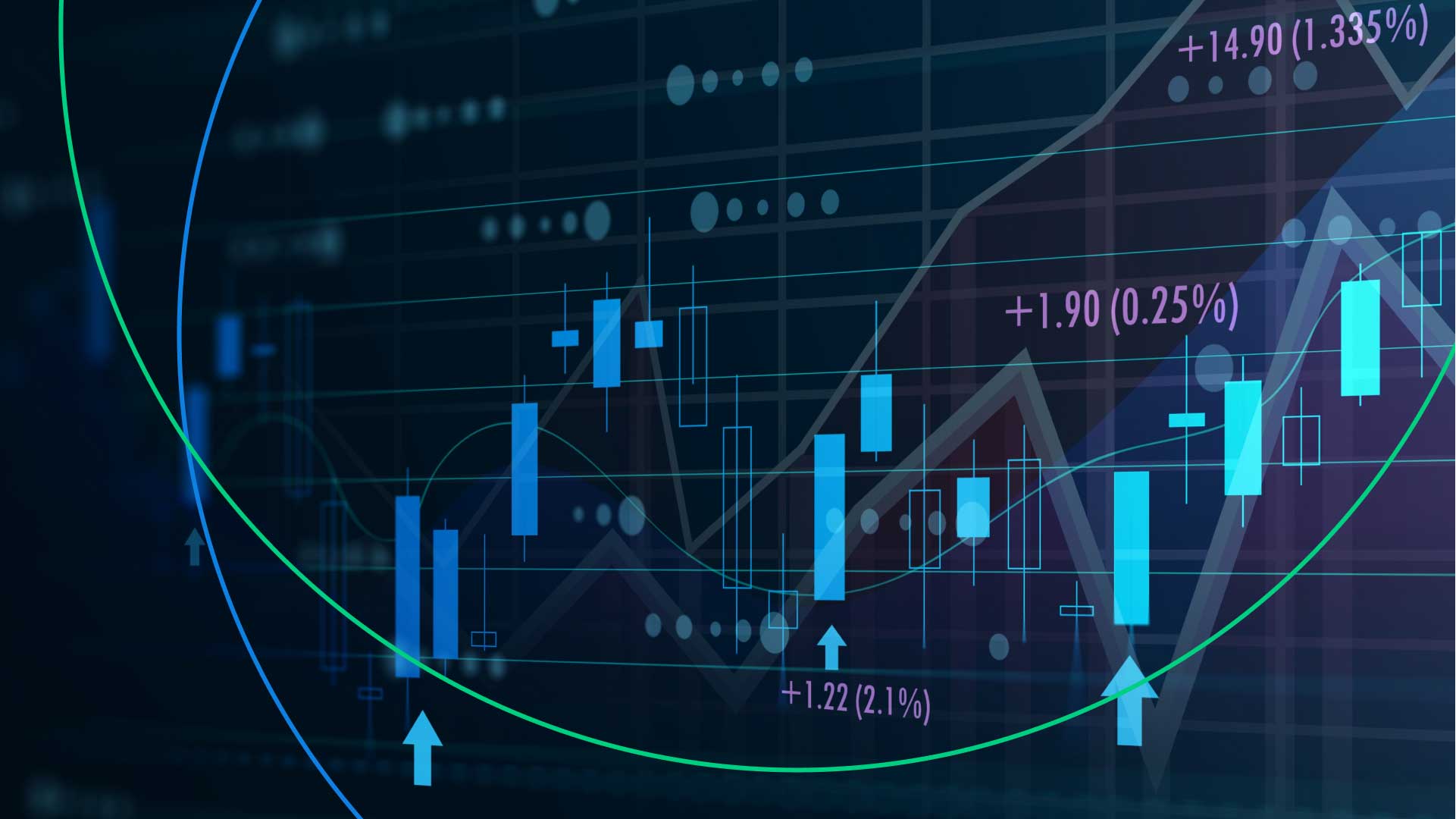
How to Optimize MT4 Trading Experience
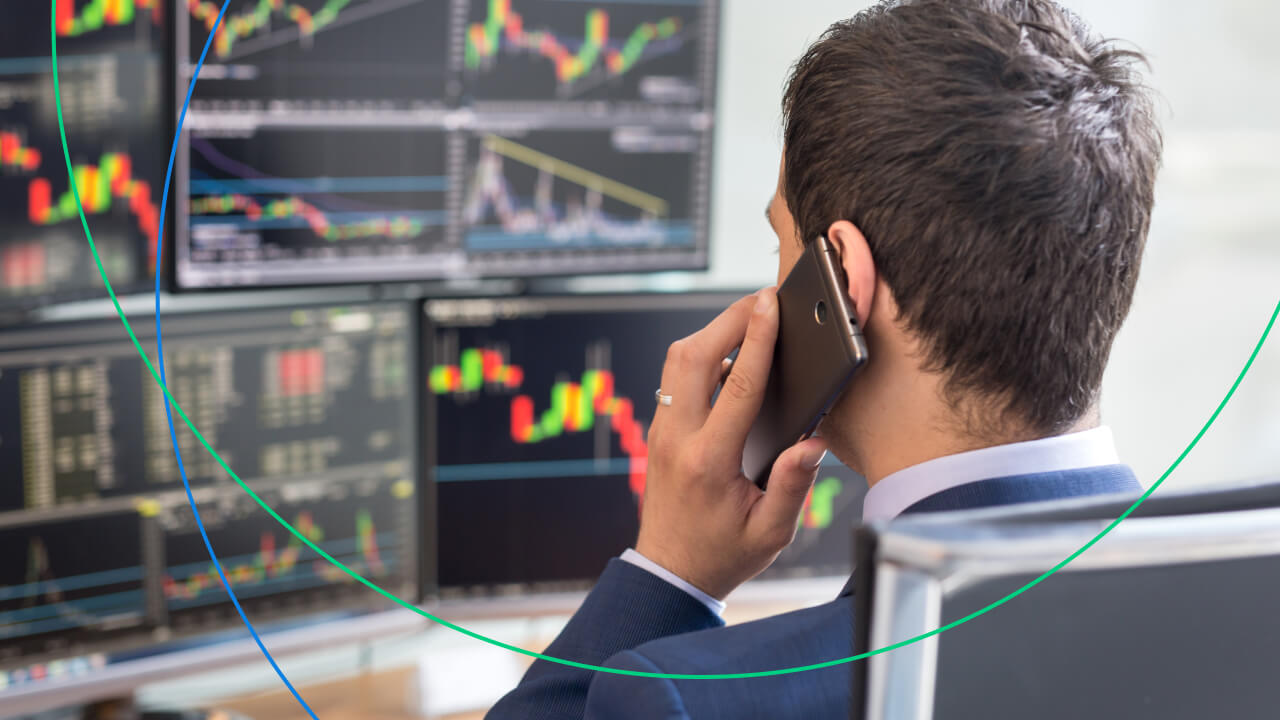
What is Purchasing Manager's Index?

15 Strongest Currencies in The World

Buying The Dip: What Does it Mean?

Popular Trading Tools for New Traders

Gold Price Forecast for 2023

Forex Chart Of The Day: Is Gold Heading To $1800.00?

How to Open a MetaTrader 5 Account

Automated Trading vs Manual Trading

Top Factors That Affect Gold Prices
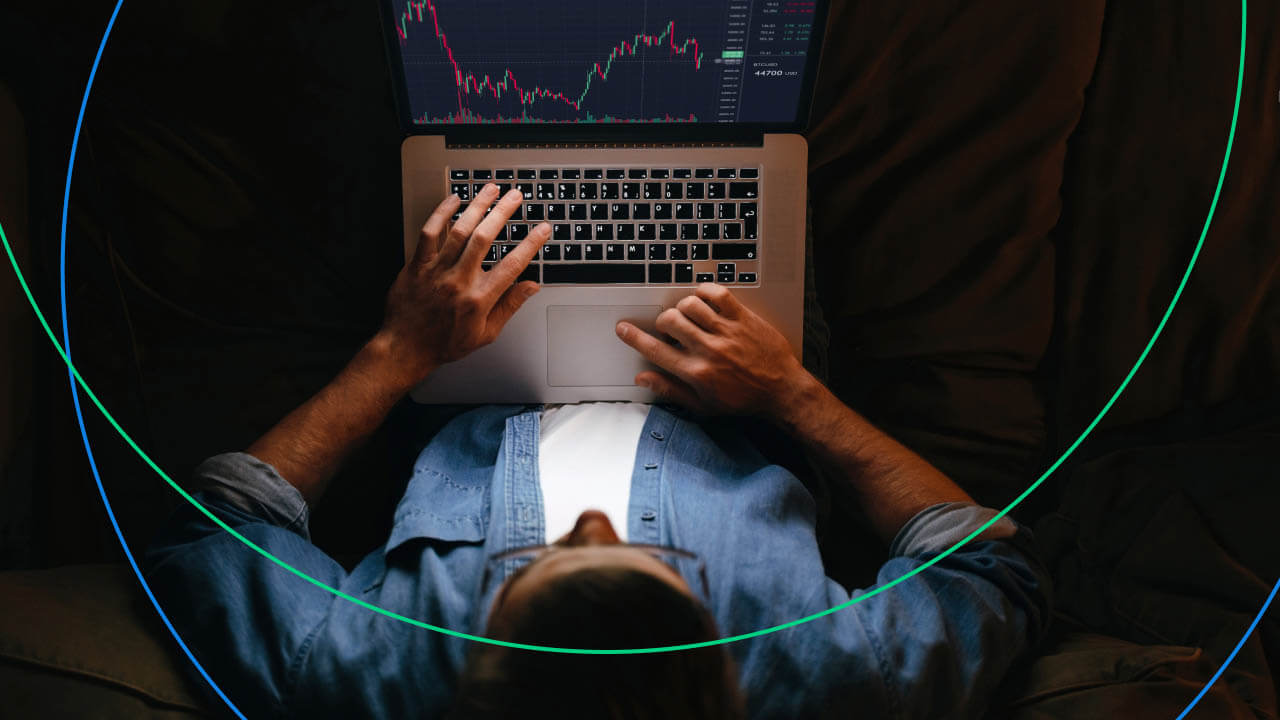
How to Become a Part-Time Forex Trader

Top Forex Trends For 2023
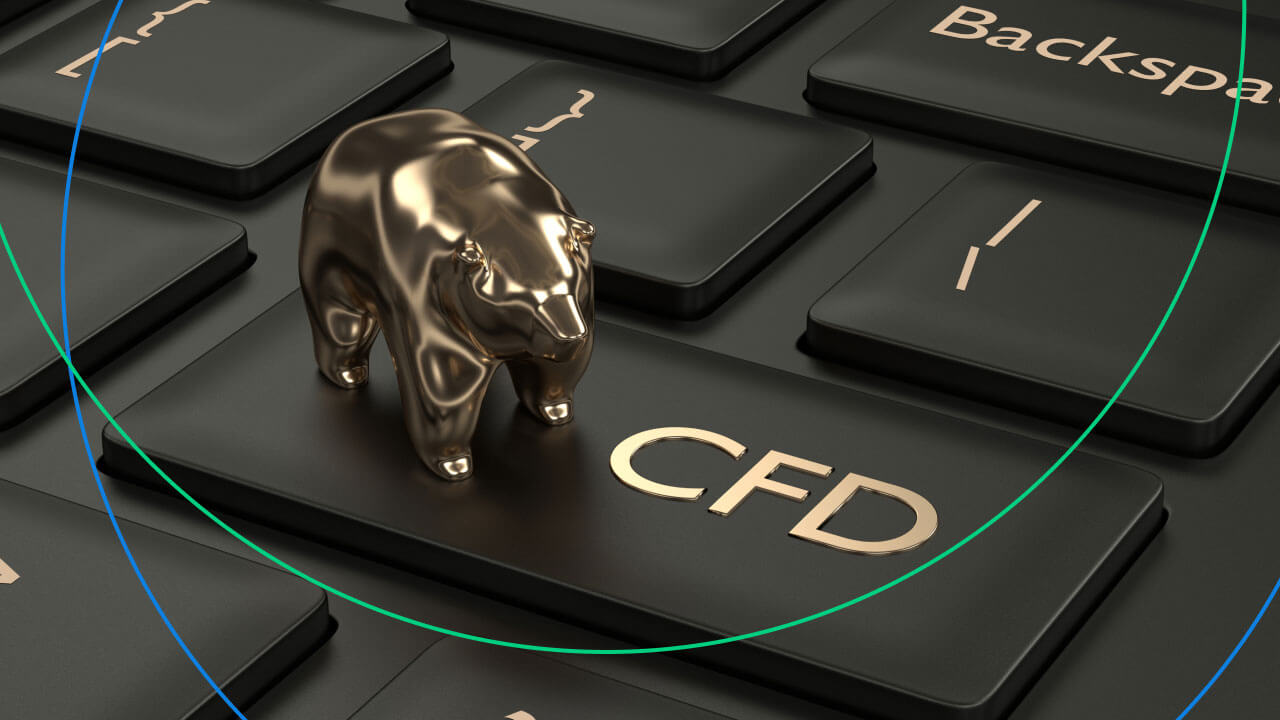
The Ultimate CFD Day Trading Guide

Cryptocurrencies to Focus on in 2023

What is Grid Trading?

Russian Ruble Financial Crisis 2022: What to Expect?

How Do Interest Rates Affect The Stock Market?

What is a Ranging Market?

How to Use RSI for Intraday Trading

How to Trade With MetaTrader WebTrader

How to Build a Diversified Portfolio

Top Forex Forecasting Techniques

What is Dow Jones?
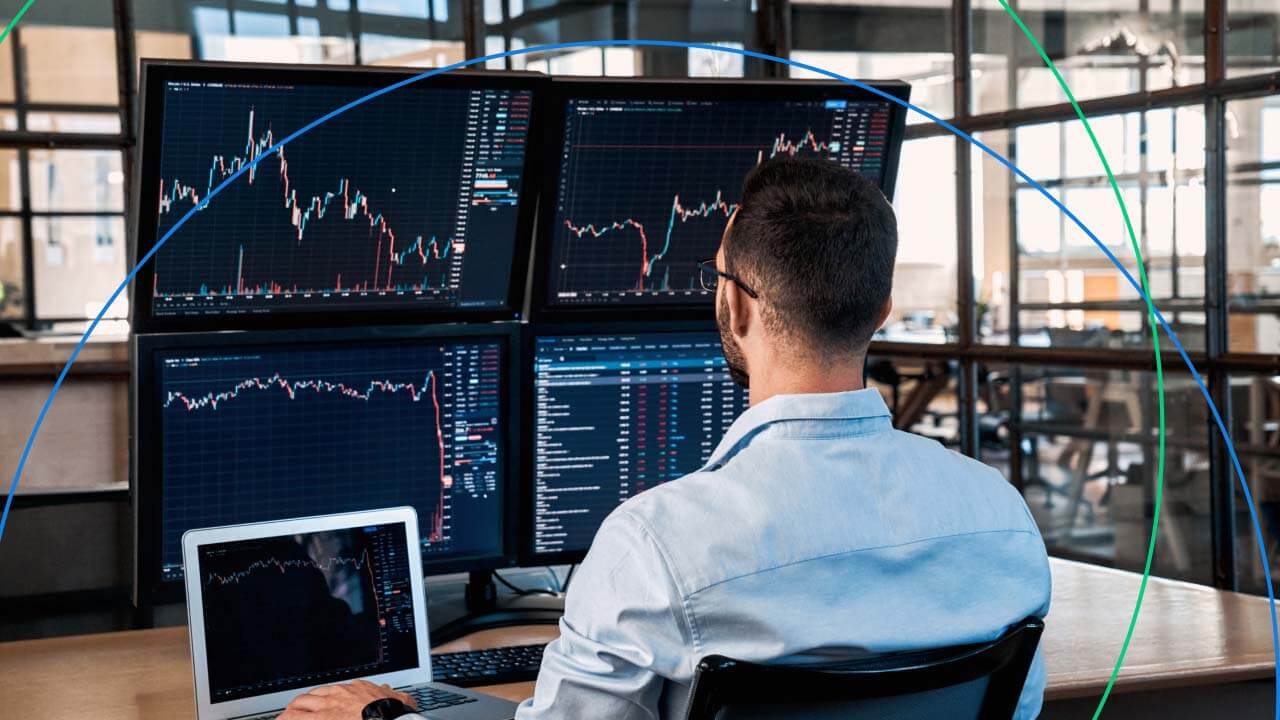
What is Overtrading (And How to Avoid it)

How to Master The Psychology of Forex Trading

Major Forex Market Hours and Trading Sessions
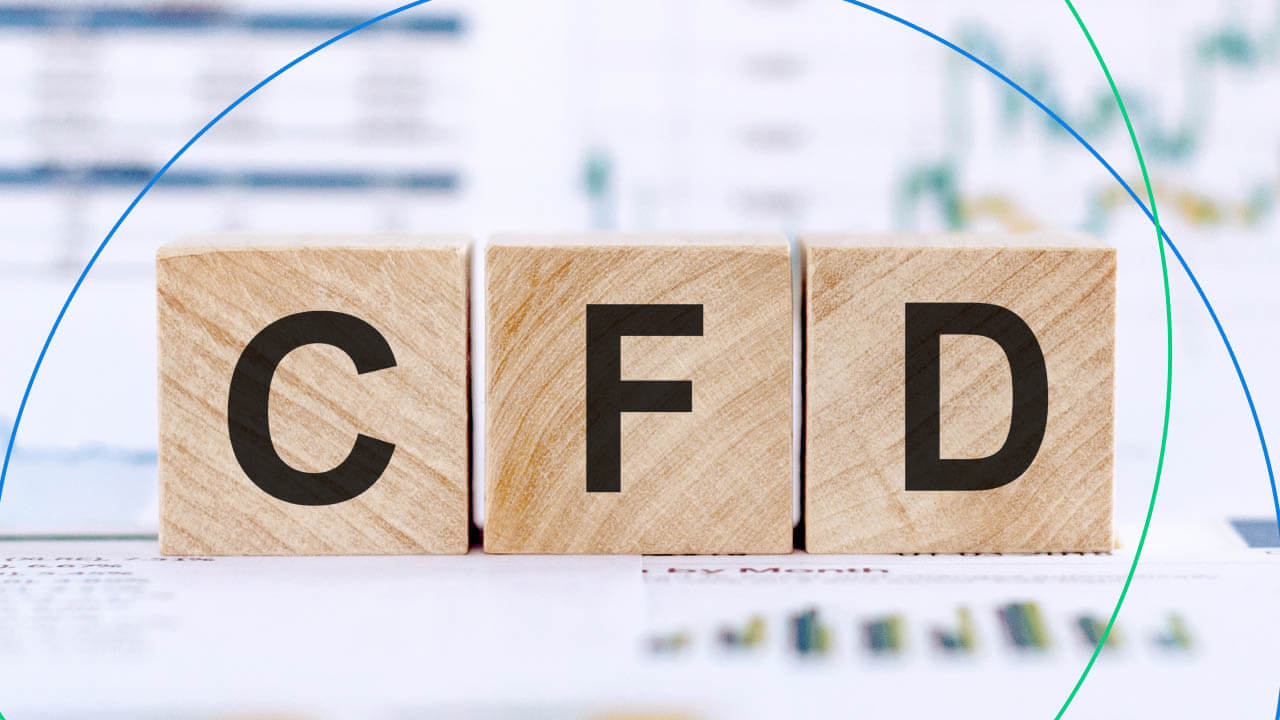
How to Choose a CFD Trading Platform
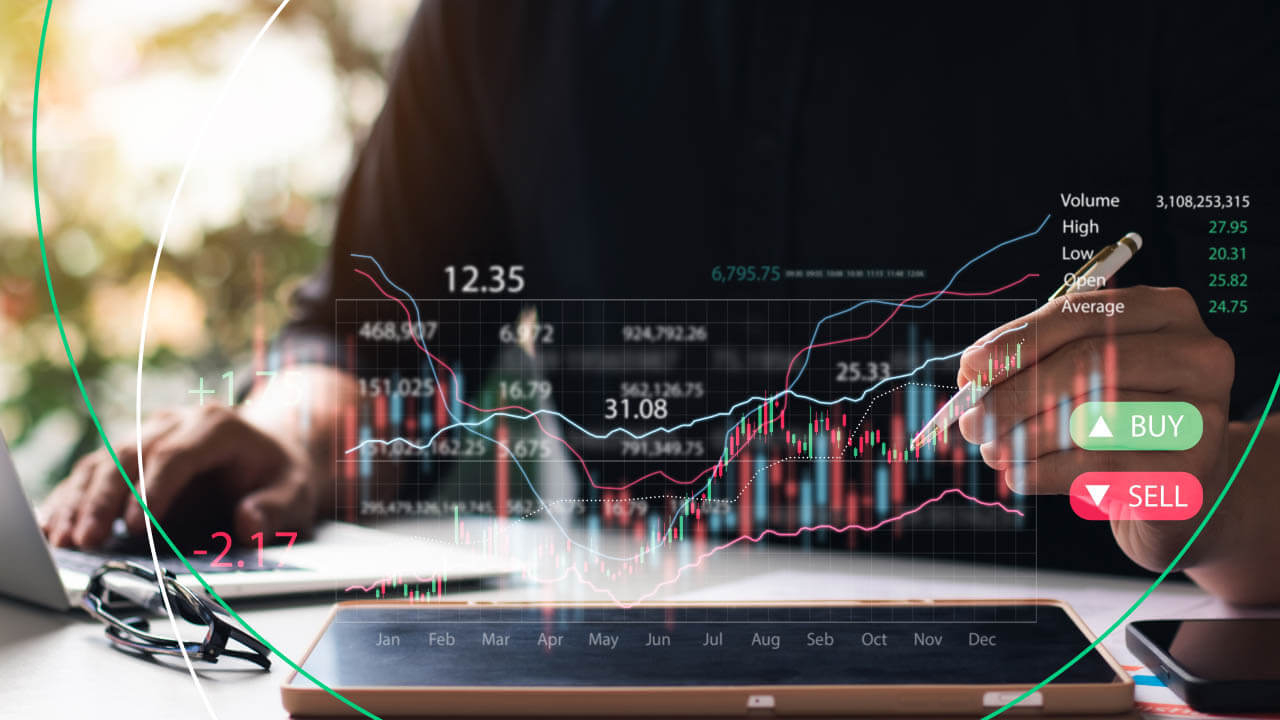
How to Overcome Fear When Trading

What is Carry Trade in Forex?

How to Trade Forex News: Forex News Trading Strategy
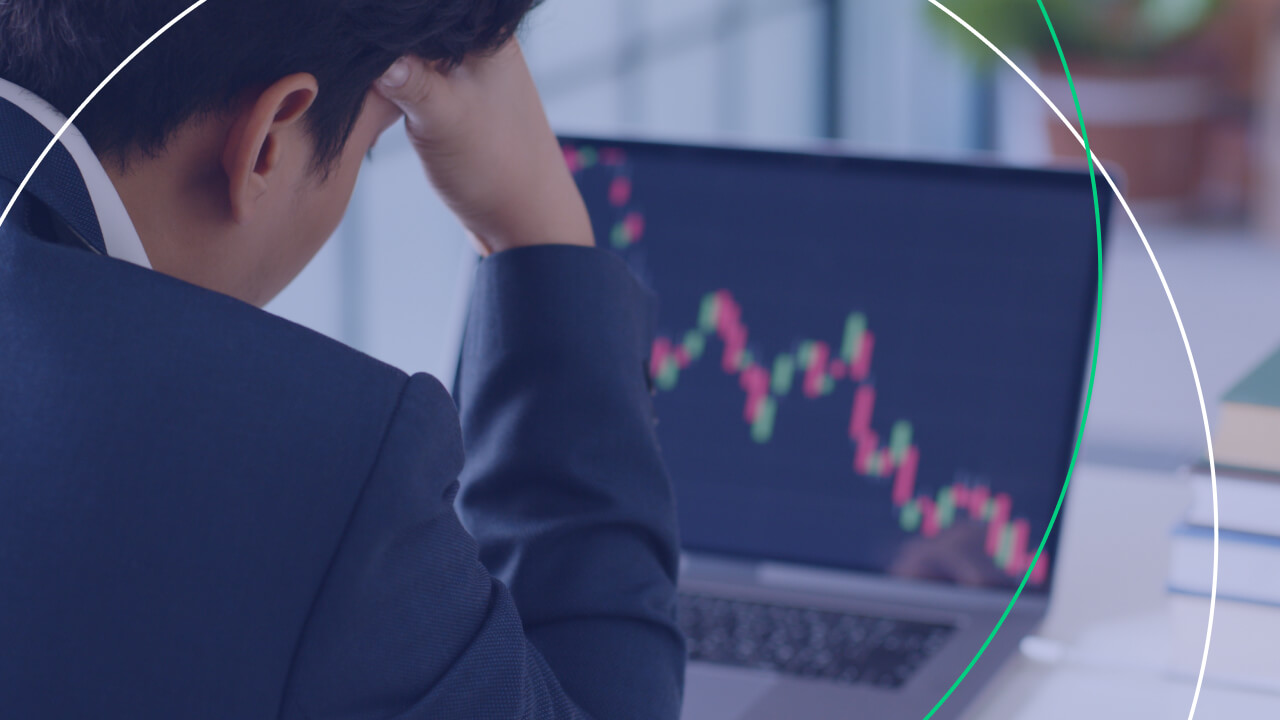
Why Do Traders Lose Money in Intraday Trading

What is Consolidation in the Stock Market?

Forex Words and Jargons Every Trader Should Know

What Are Market Reversals And How to Spot Them?

MetaTrader 4: Top Tips and Tricks

Top Silver Trading Strategies To Get Ahead
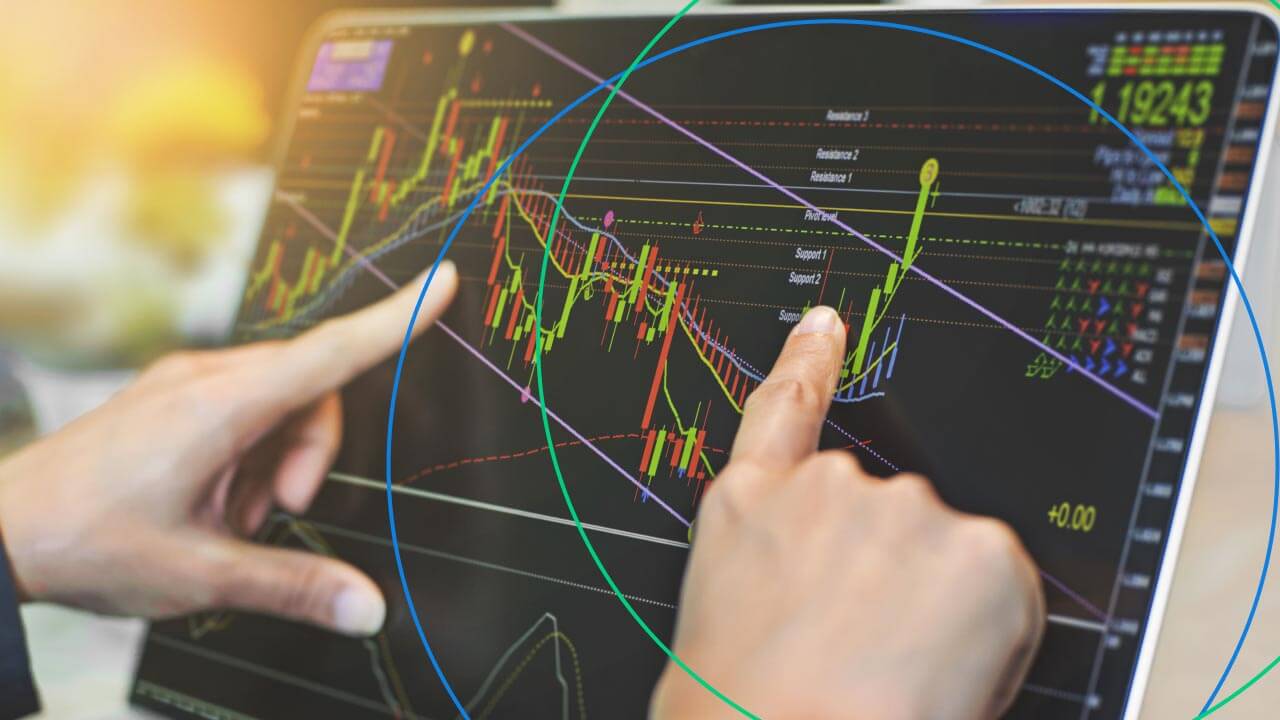
What Are The Key Drivers of The Forex Market

Questions to Ask When Planning Trade Exits

7 Popular Indices Trading Strategies

Top CFD Trading Strategies For Beginners

How to Use the USDX for Forex Trading

How to Trade Oil CFDs
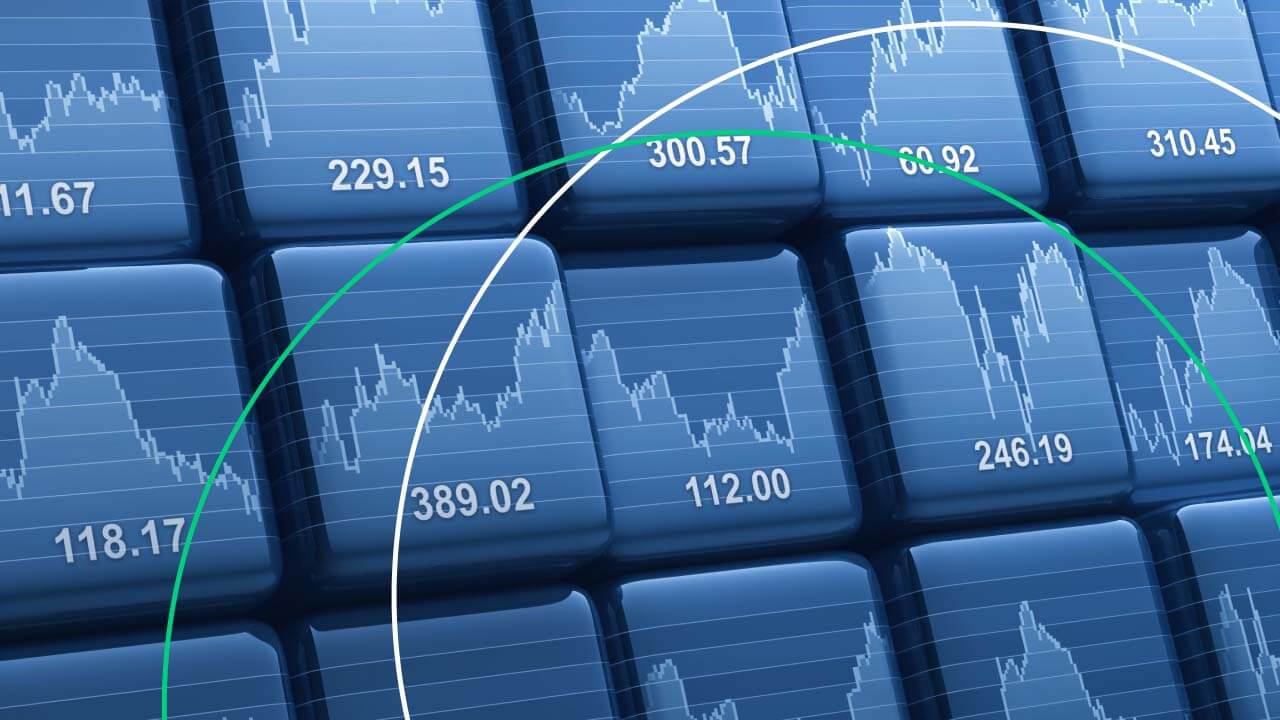
How Does an Index CFD Work?
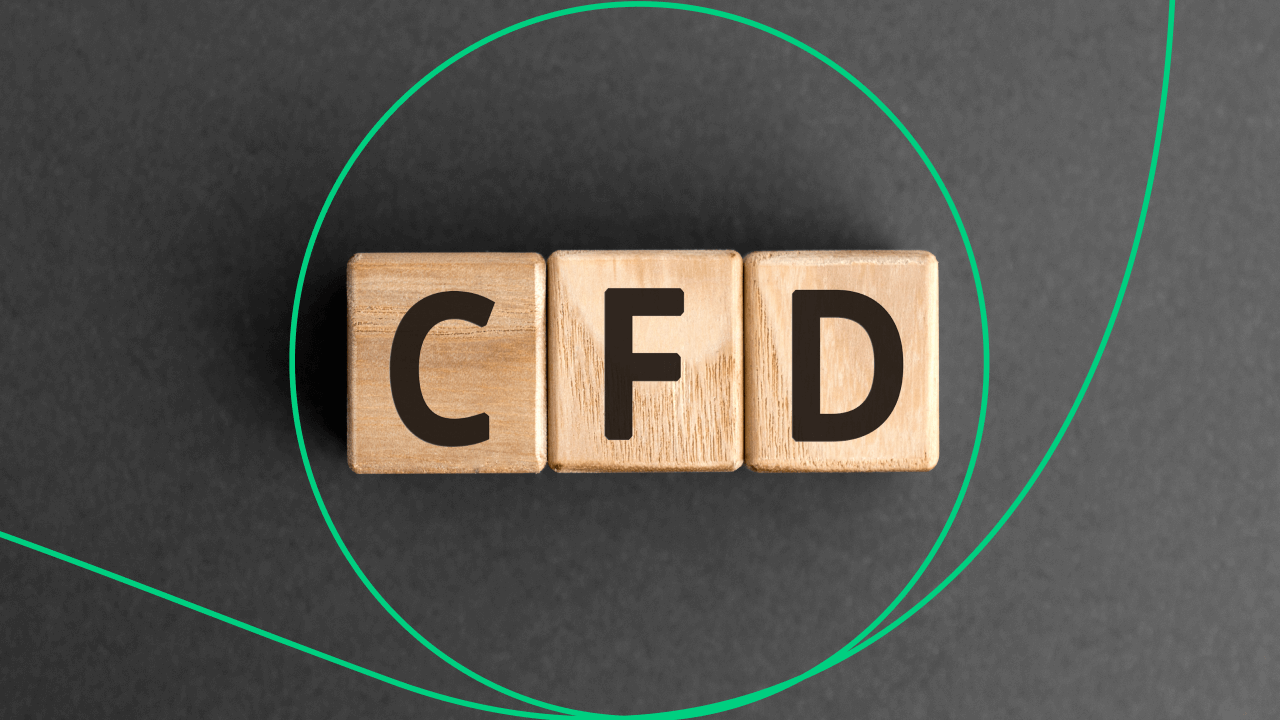
10 Important Rules for CFD Trading

How to Find Out Which Forex Broker Is Legit
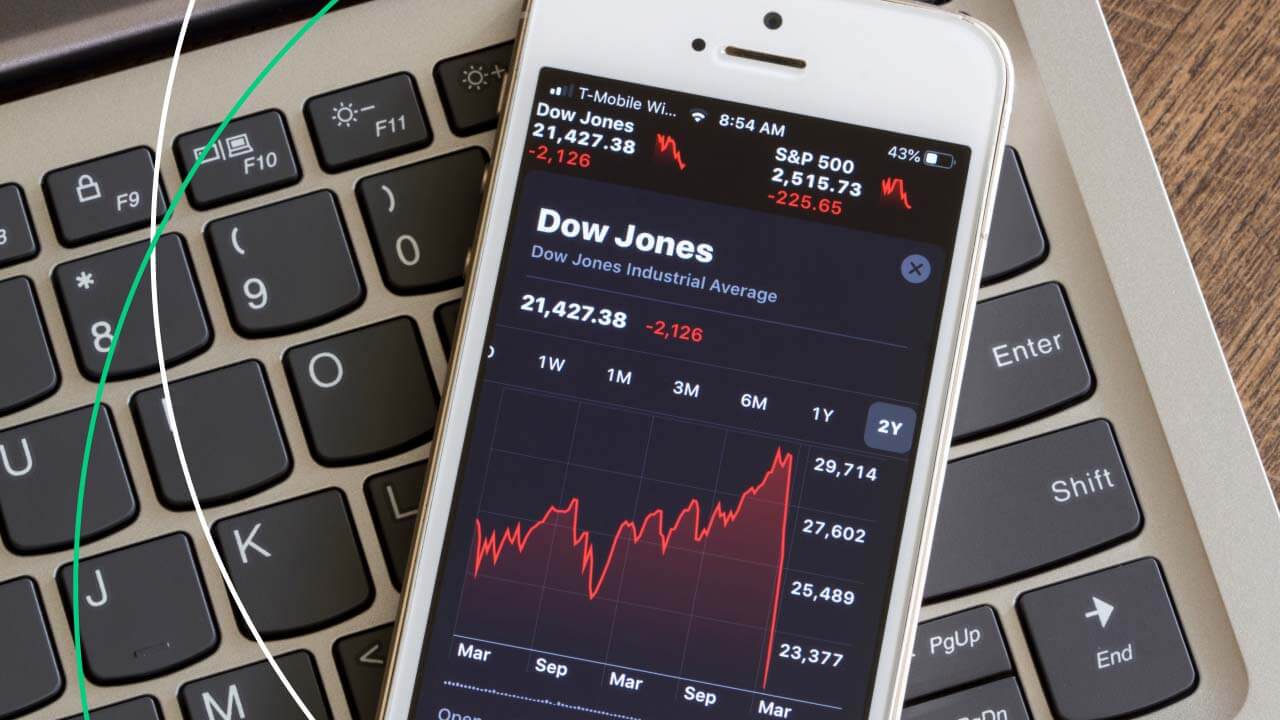
Index Trading Explained: How to Trade Indices

Top 10 Tips for Bitcoin and Crypto Trading

16 Effective Day Trading Strategies for Beginners

CFDs vs Stocks: Which is a Better Investment?

How to Start Oil Trading in 5 Simple Steps

Top Economic Indicators Traders Should Watch

Forex Trading Strategies That Actually Work

How to Trade Commodities: A Complete Guide

Top 5 Moving Average Trading Indicators

What is Bitcoin and How Do You Trade It?

Types of Forex Charts (And How to Read Them)

A Guide to Multiple Timeframe Analysis
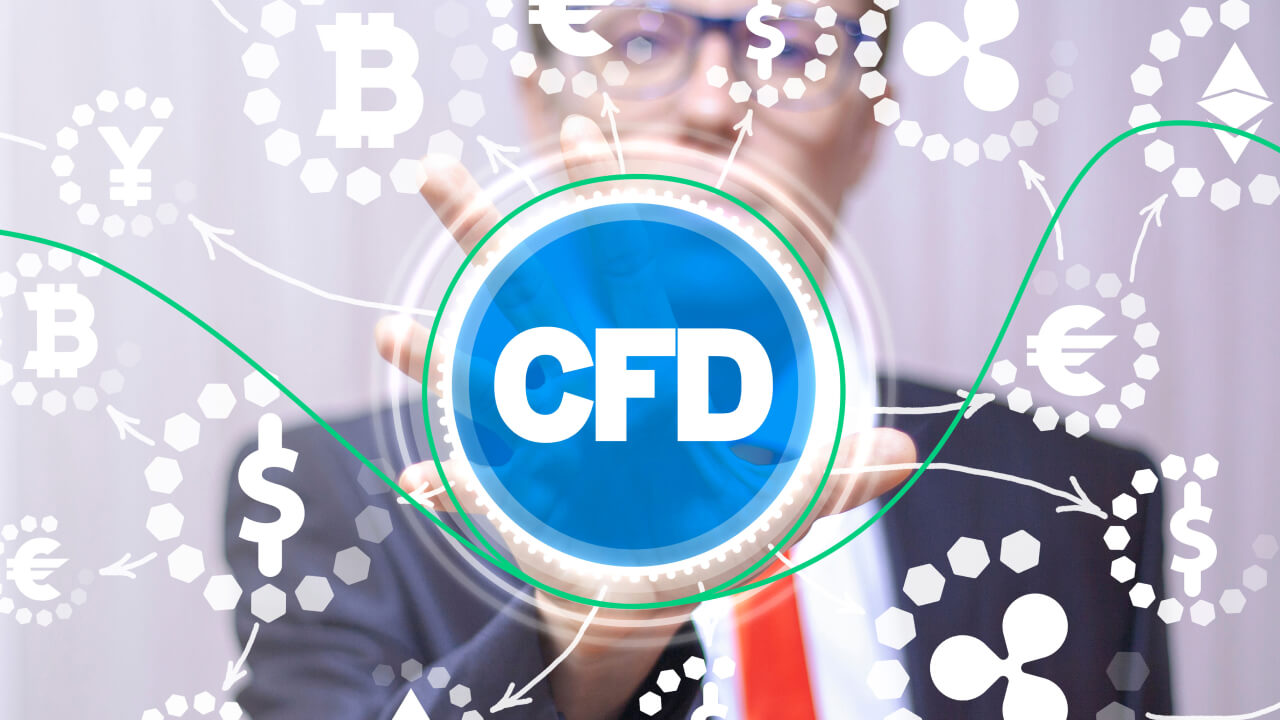
Top Benefits of Trading CFDs

How to Start Day Trading Gold
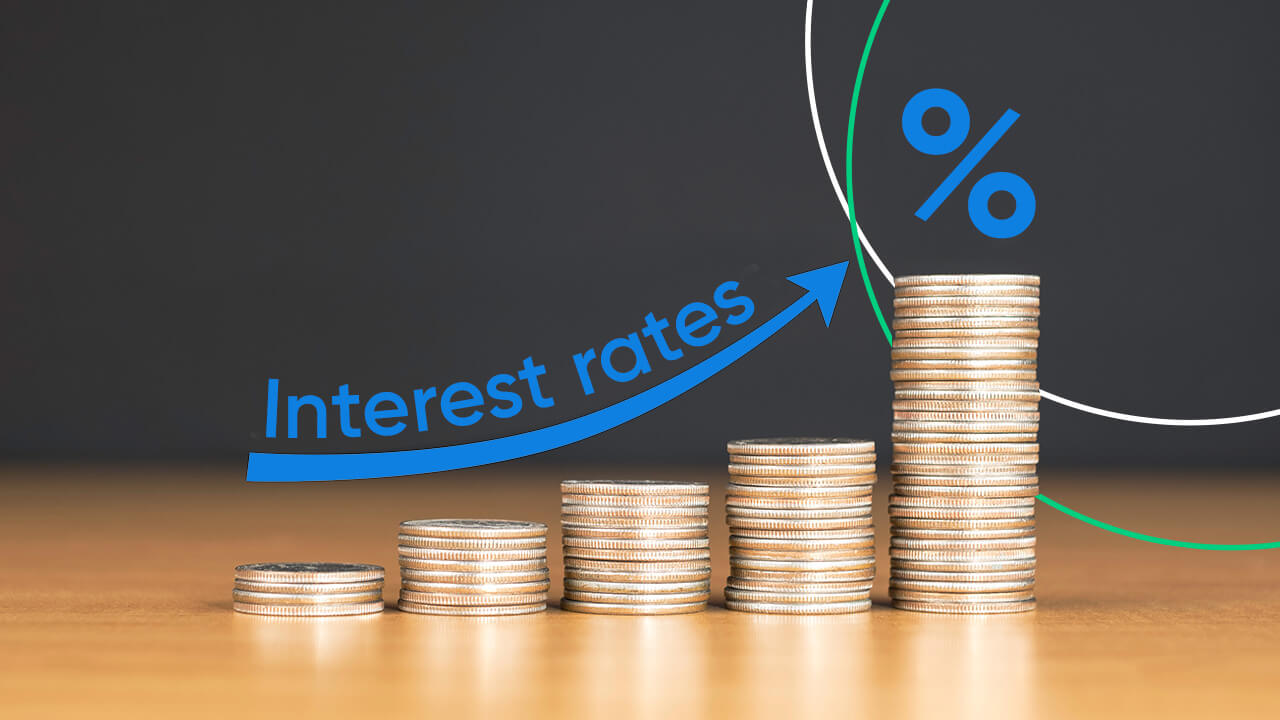
How Interest Rates Affect Forex Trading
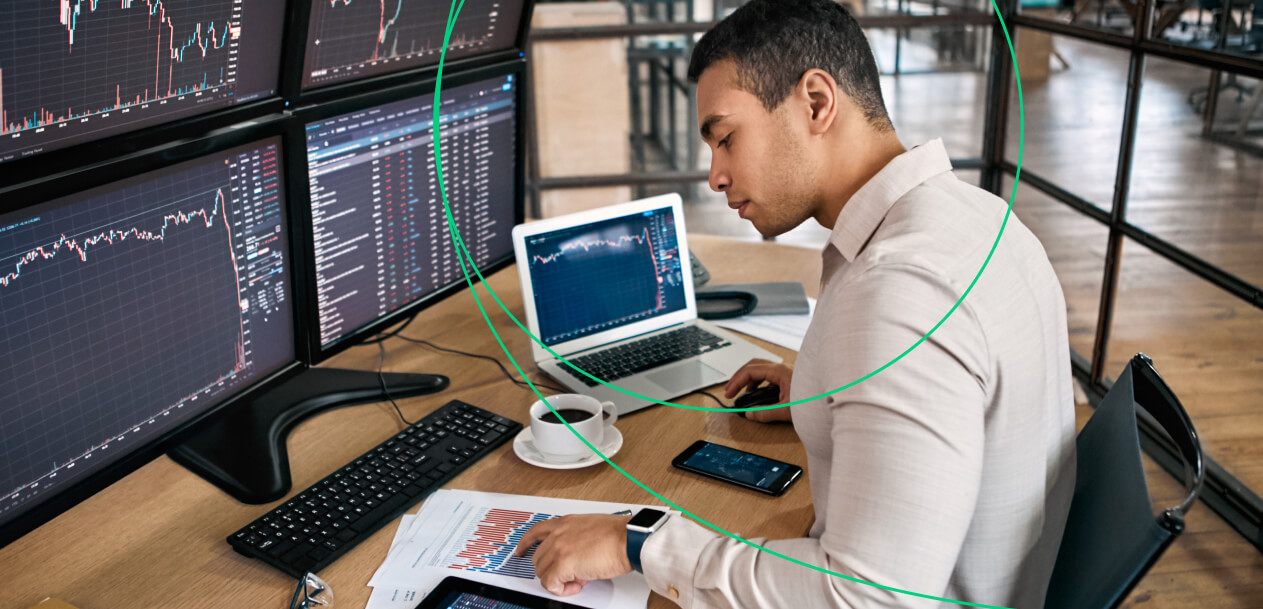
Why Forex Traders Need Quantitative Tightening
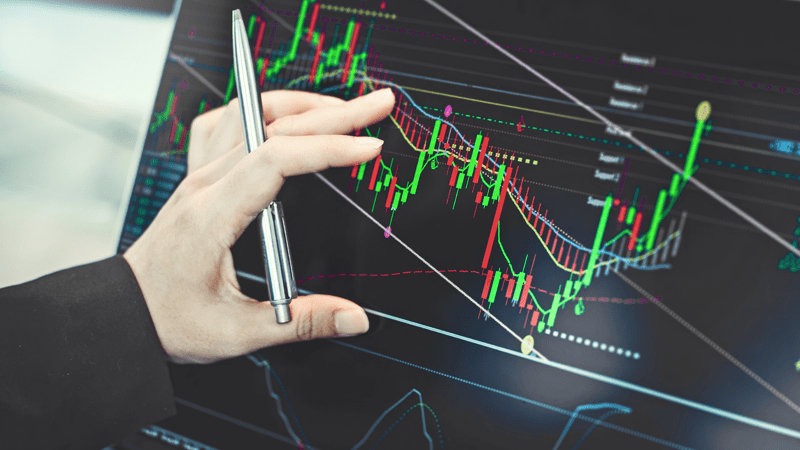
What Is Algorithmic Trading
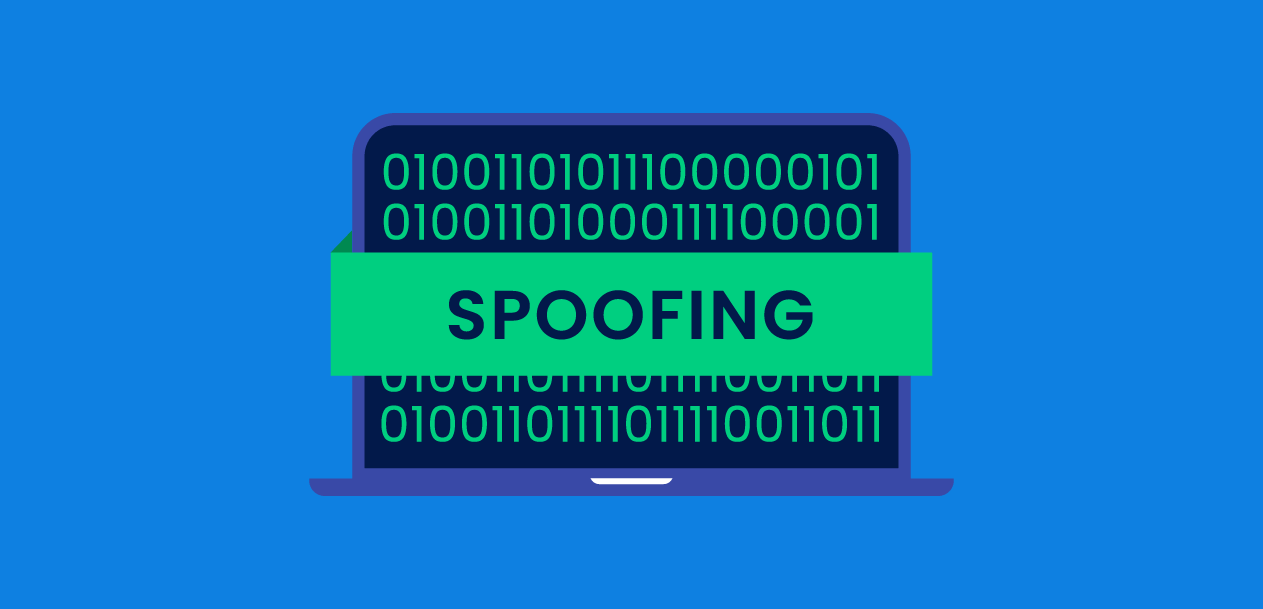
Spoofing In Forex Trading

Monetary And Fiscal Policies In Forex
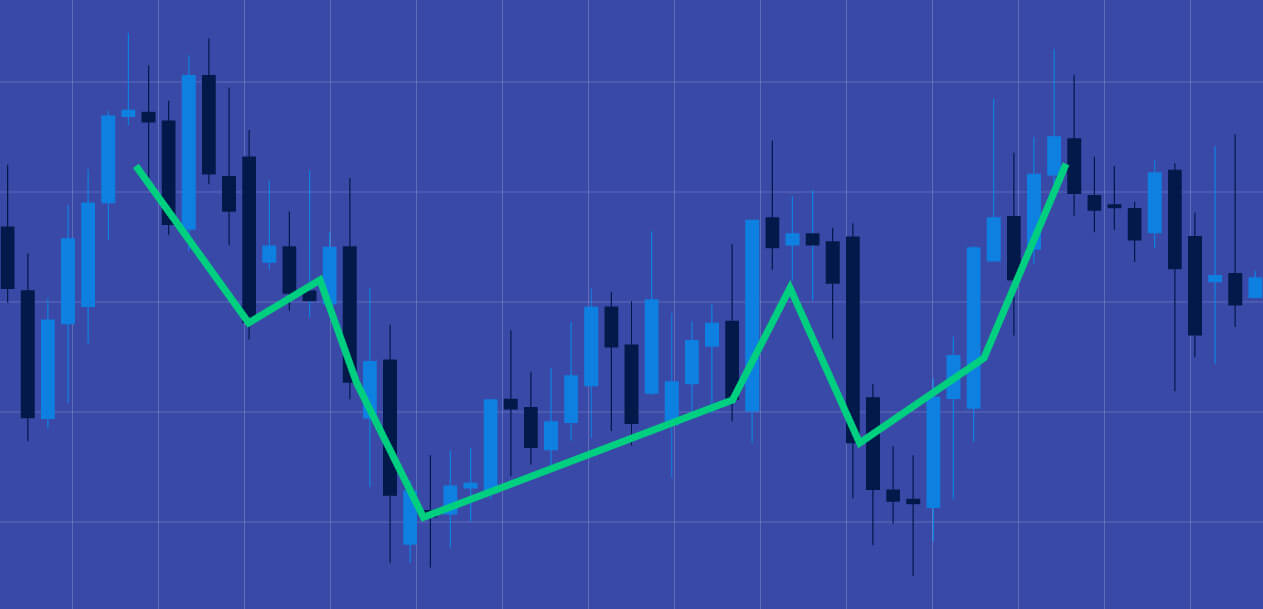
How To Profit From Double Candlestick Patterns
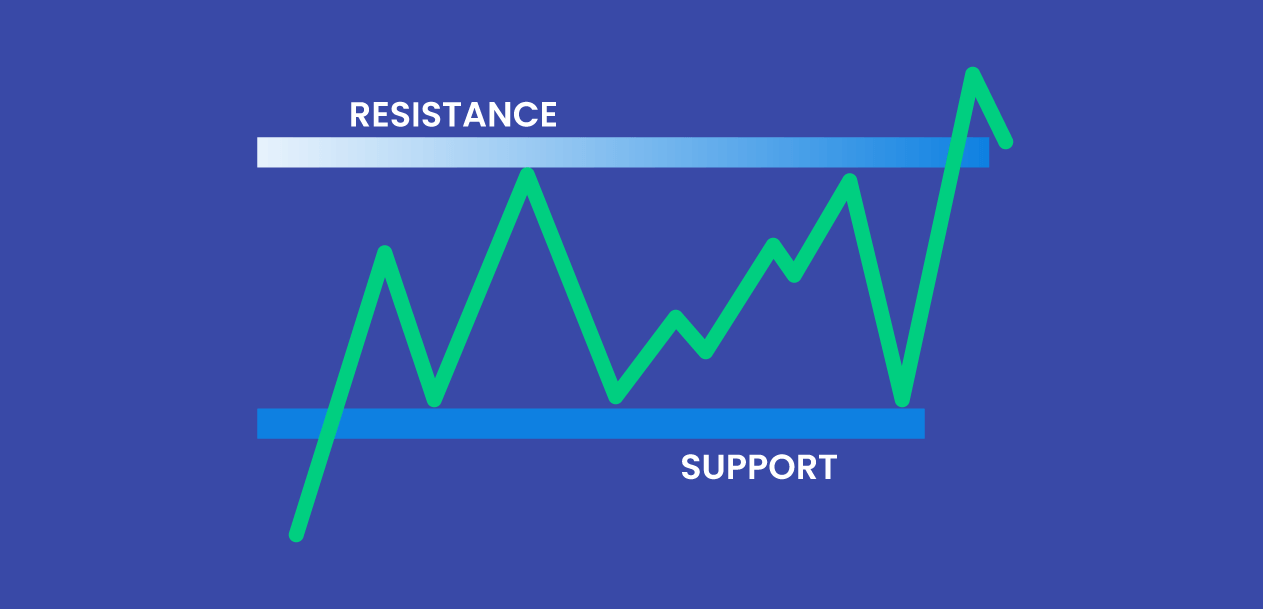
Forex Trading Using Support And Resistance Levels

How to Use a VPS For Forex?
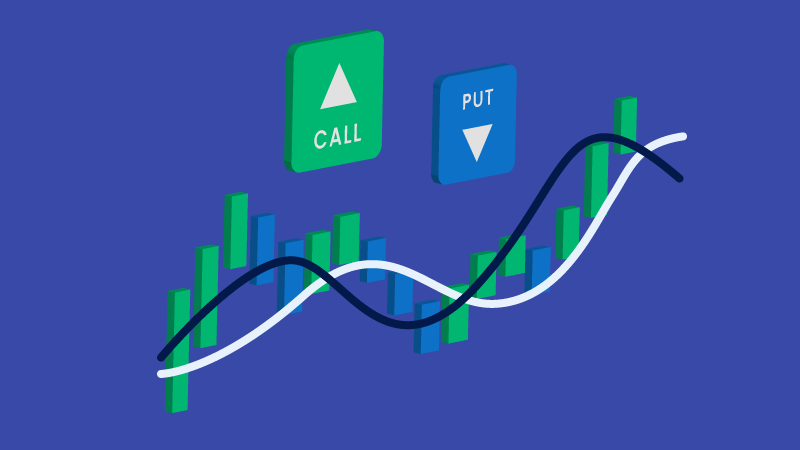
Exploring Binary Options Trading

Binni Ong On The Past, Present, And Future Of Forex
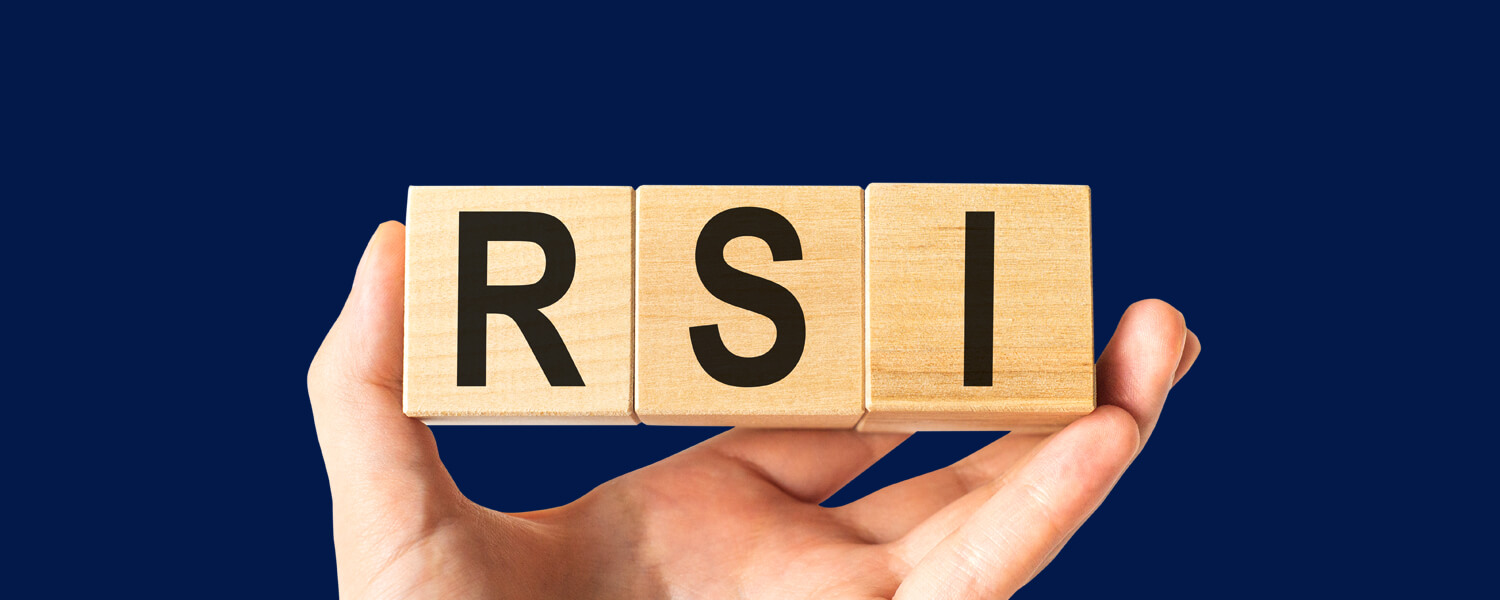
Trading With The RSI Indicator
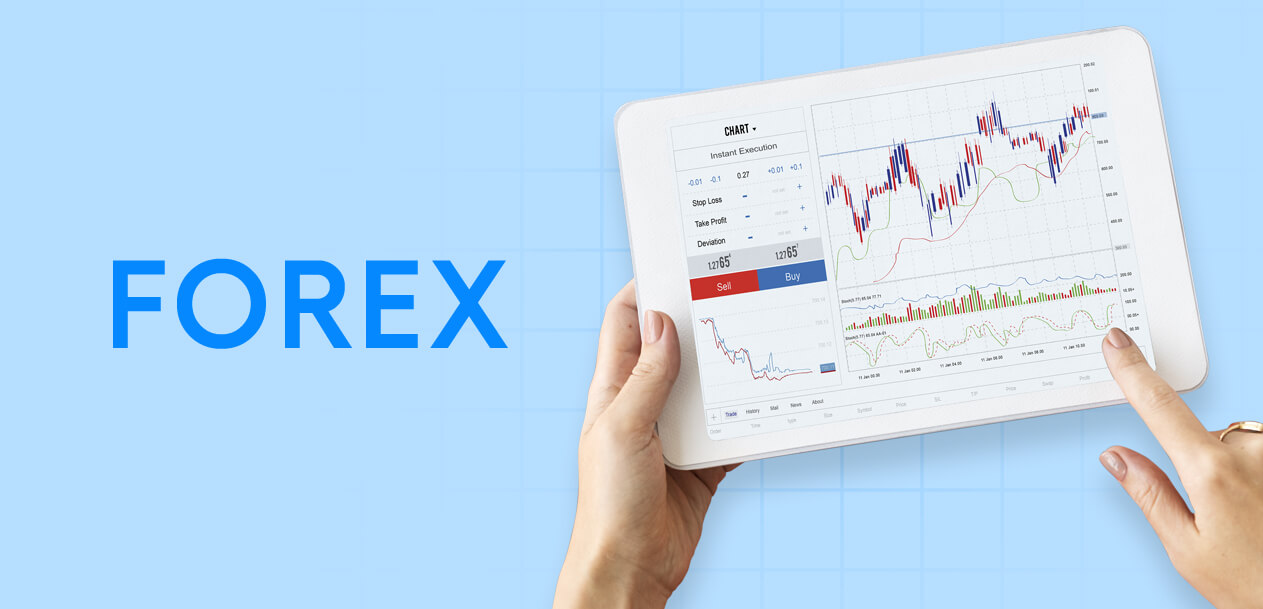
Choosing Your Forex Broker

The Best Time To Trade Forex

The Pip And Its Usage In Forex
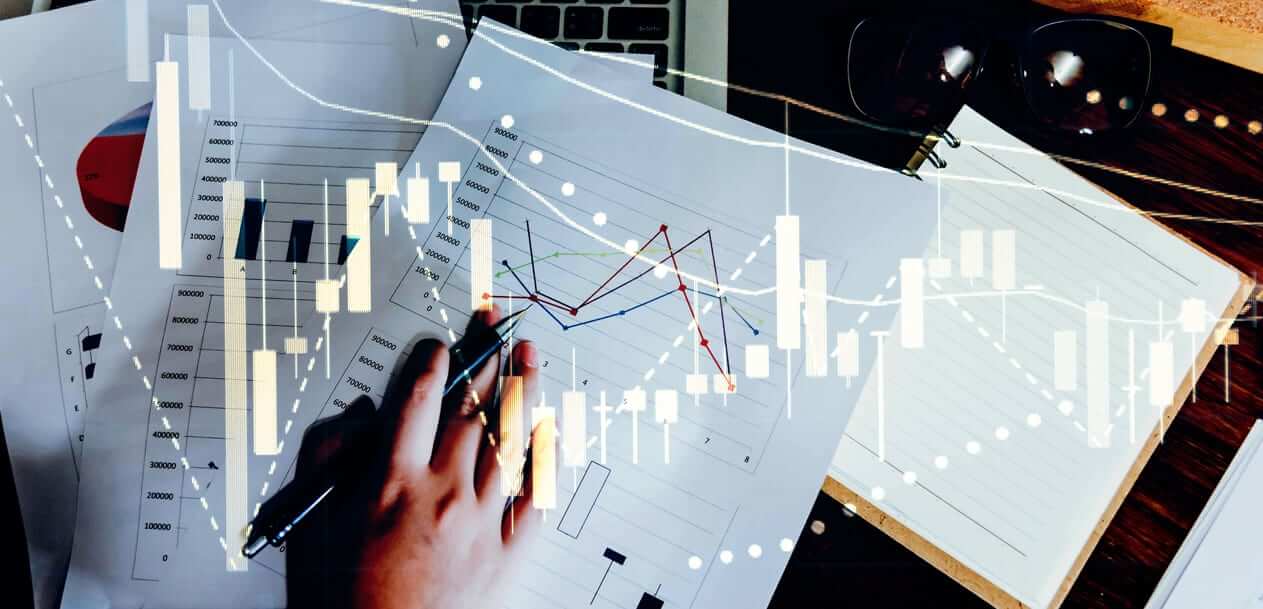
The Basics Of A Fundamental Analysis
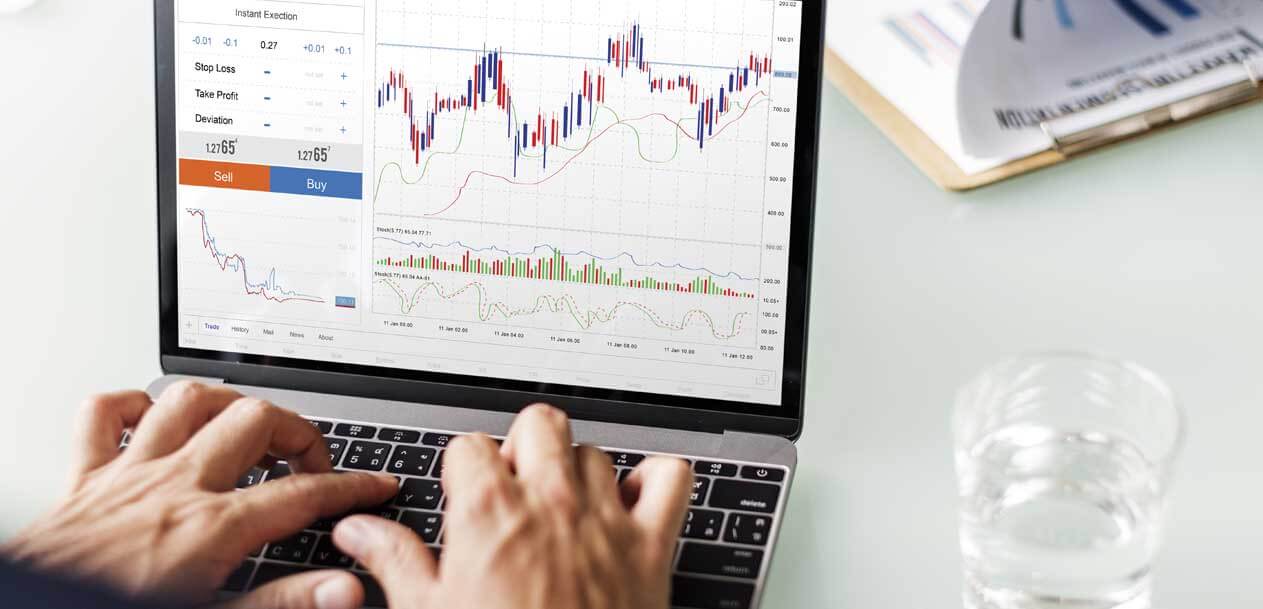
The Basics Of Opening A Forex Account
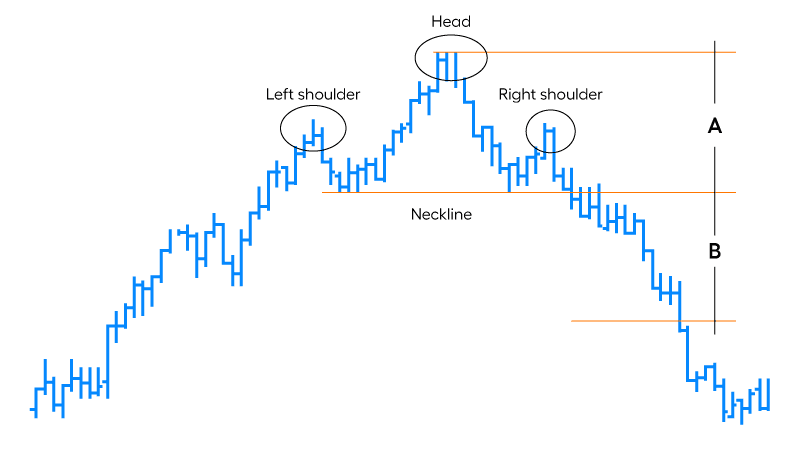
How To Trade With The Head And Shoulders Pattern

Forex: Its History And Futures

The Basics Of Swing Trading

Forex 101: How To Make A Forex Trading Plan

Divergence Trading and How to Navigate Around It
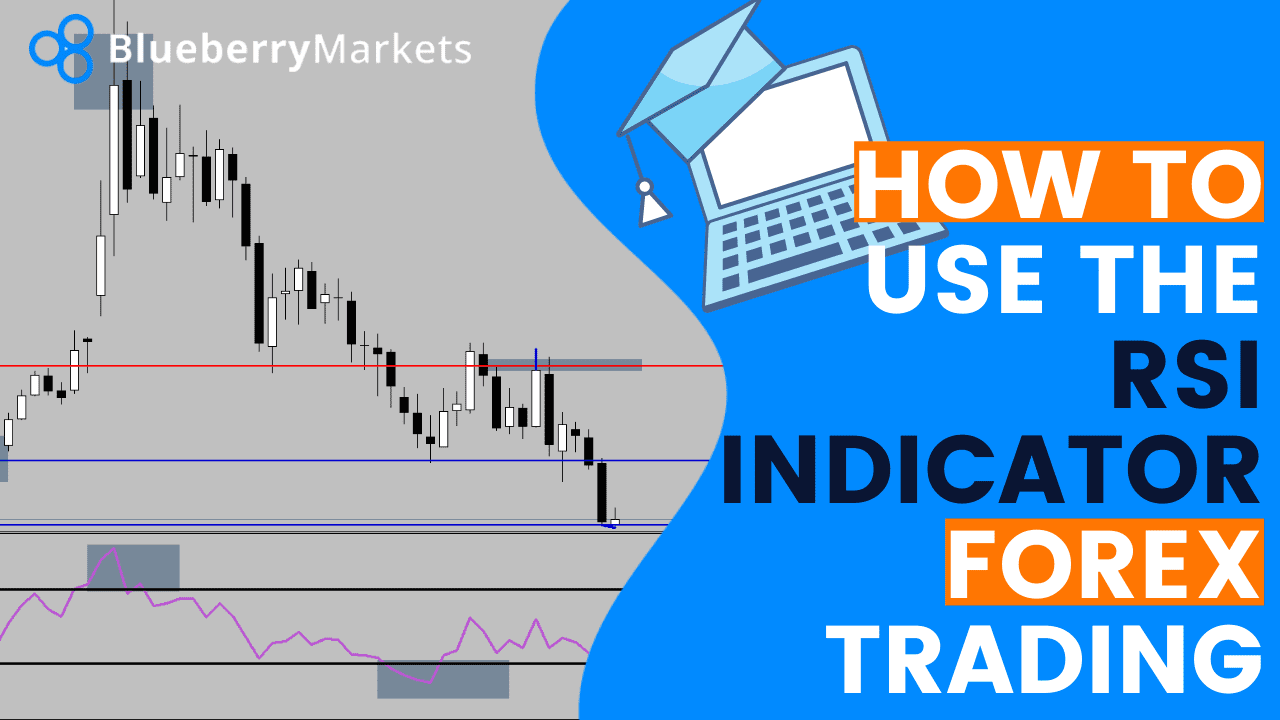
How To Use The RSI Indicator Forex Trading
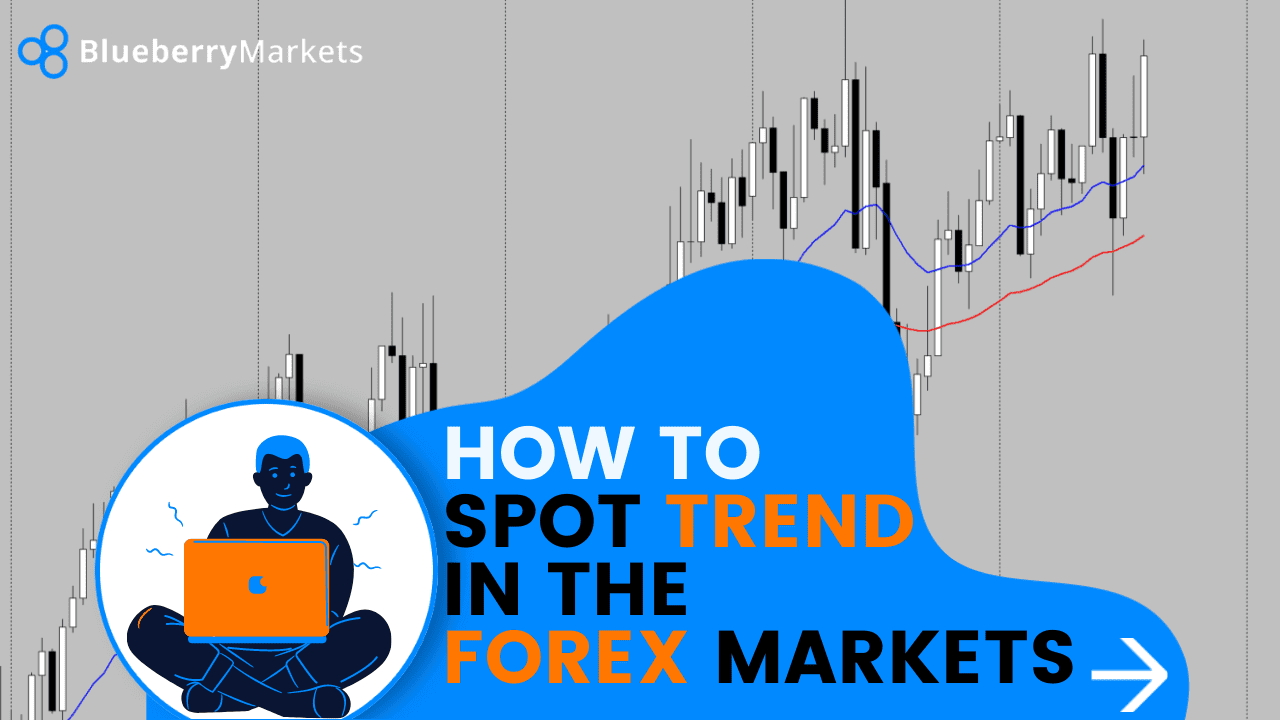
How To Spot Trend In The FOREX Market

Trading with the Head and Shoulders Pattern

Pivot Points and Why They Matter
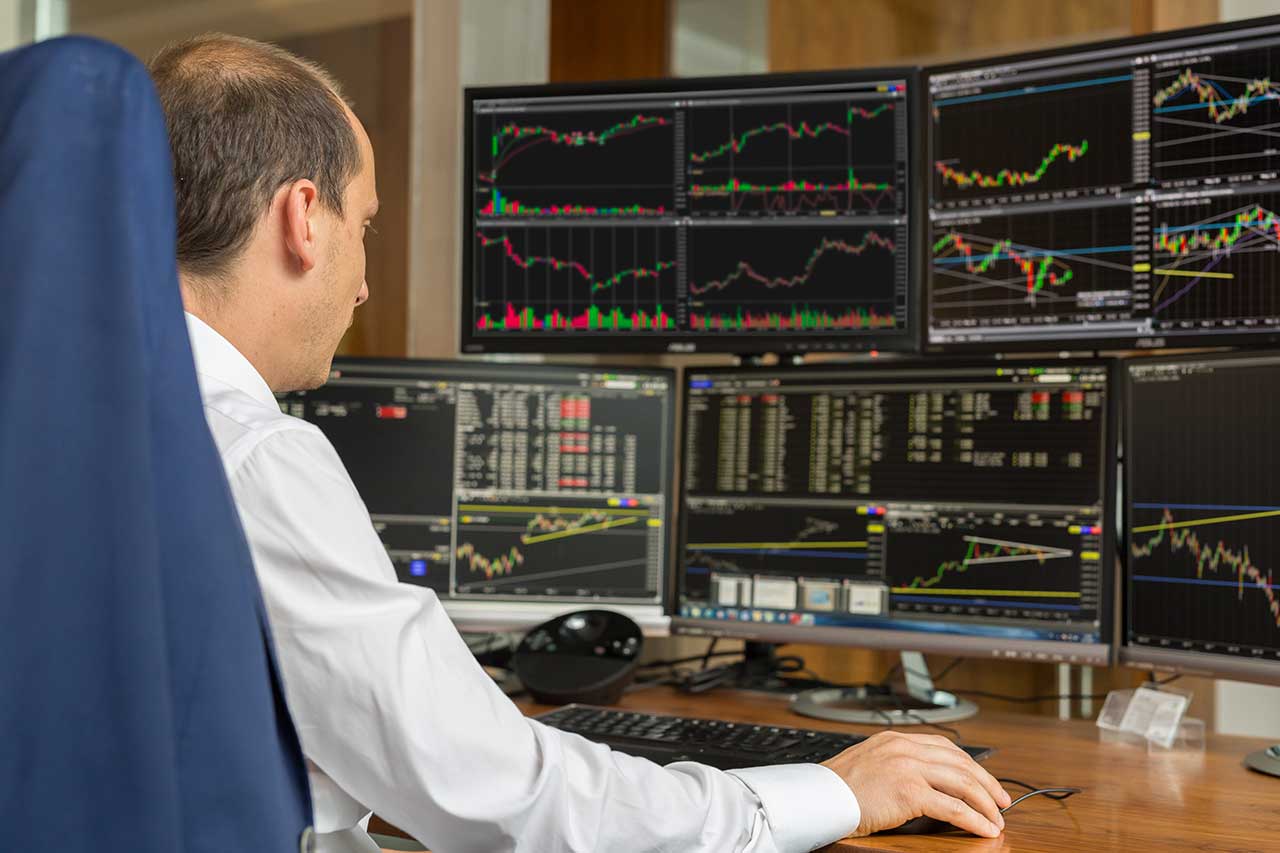
The Key to Making It as a Retail Trader
